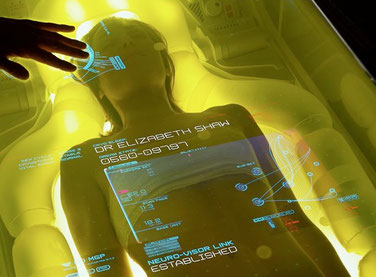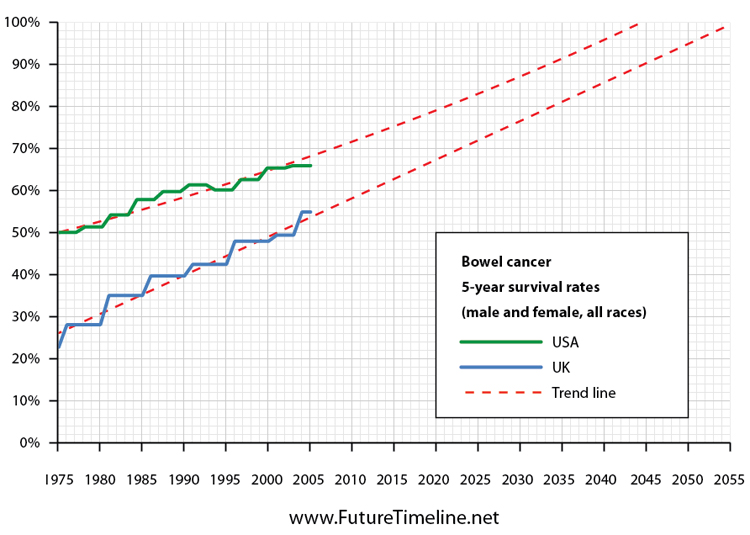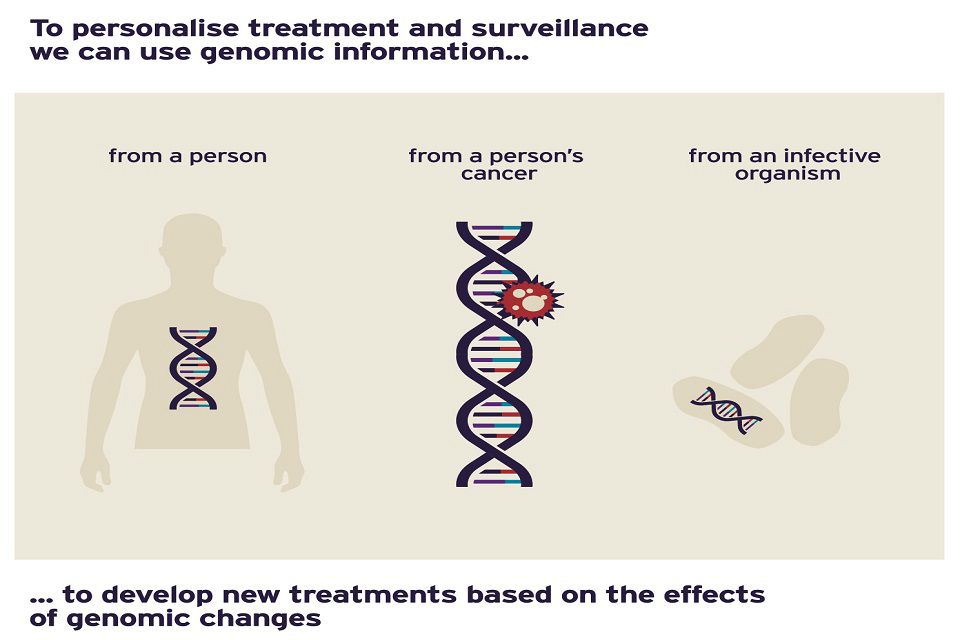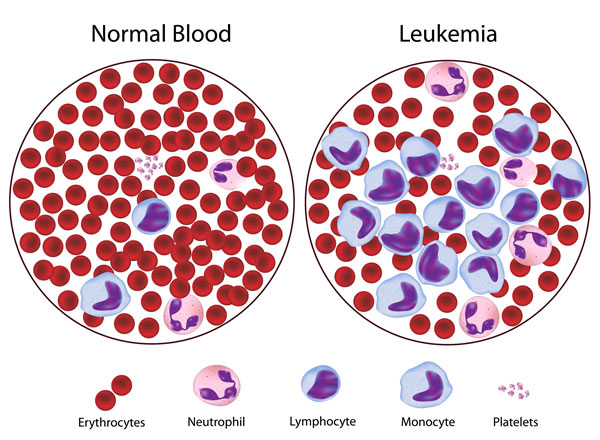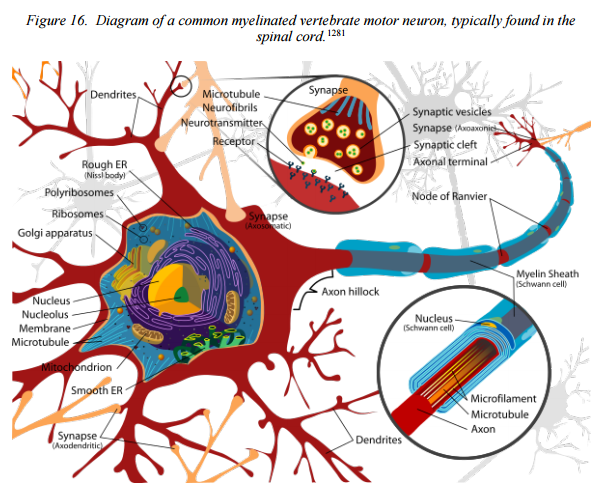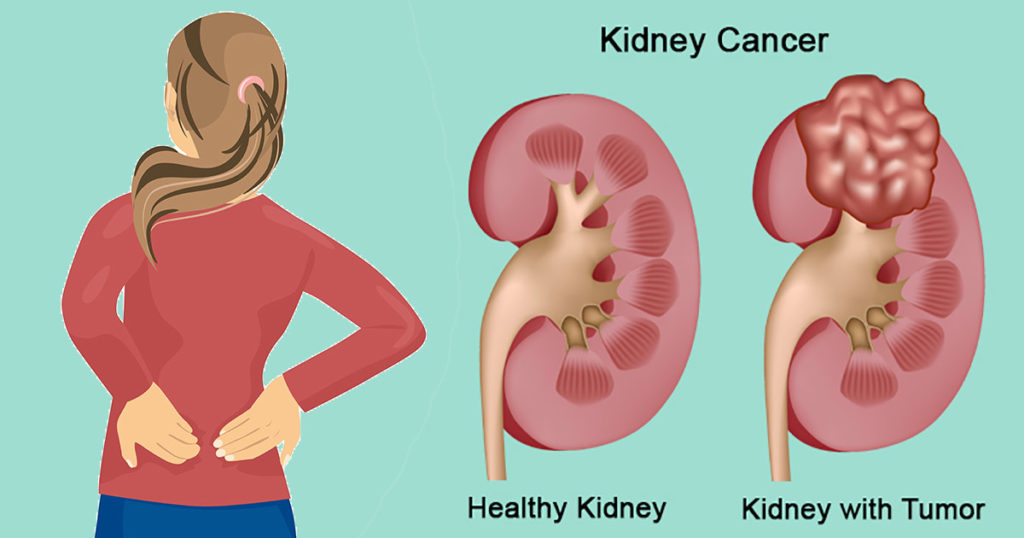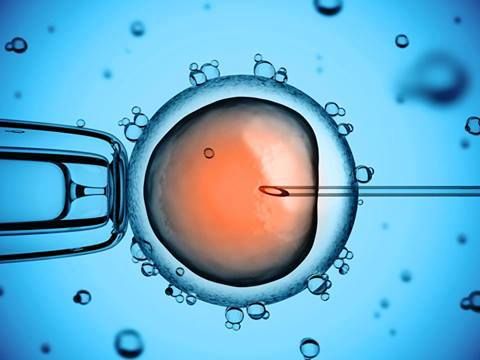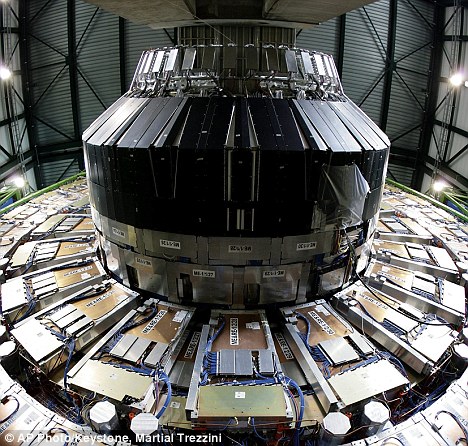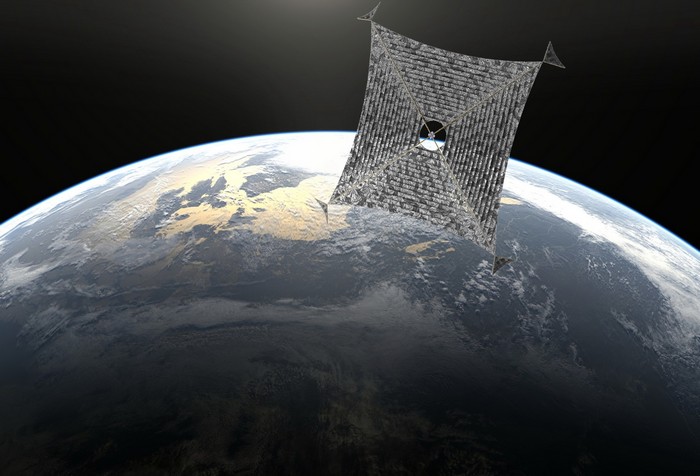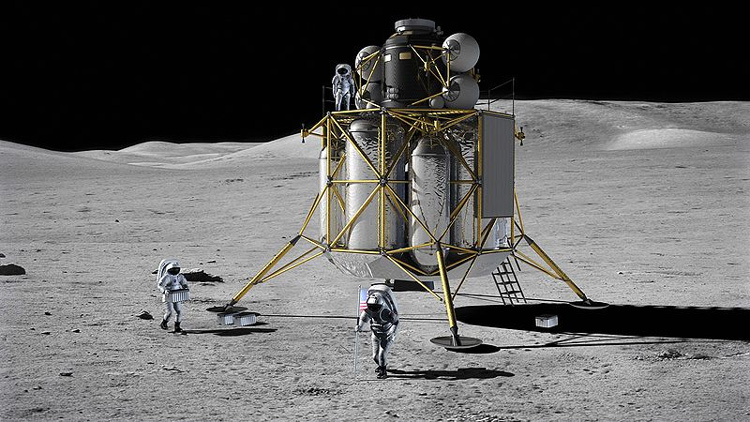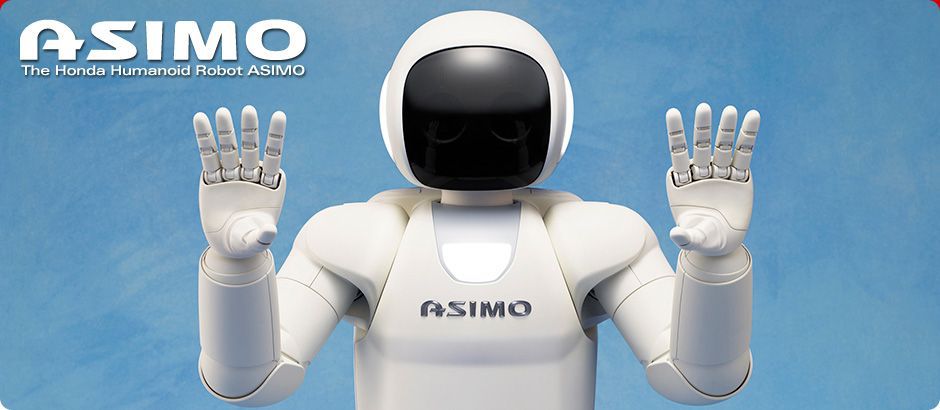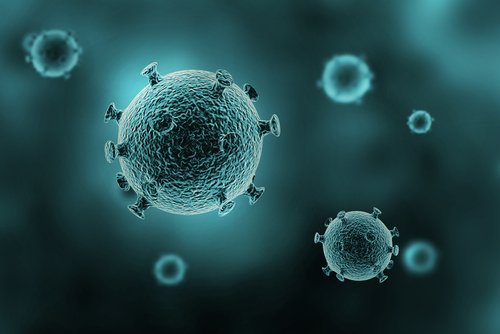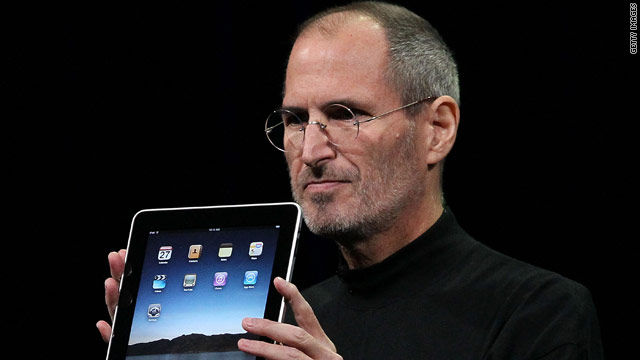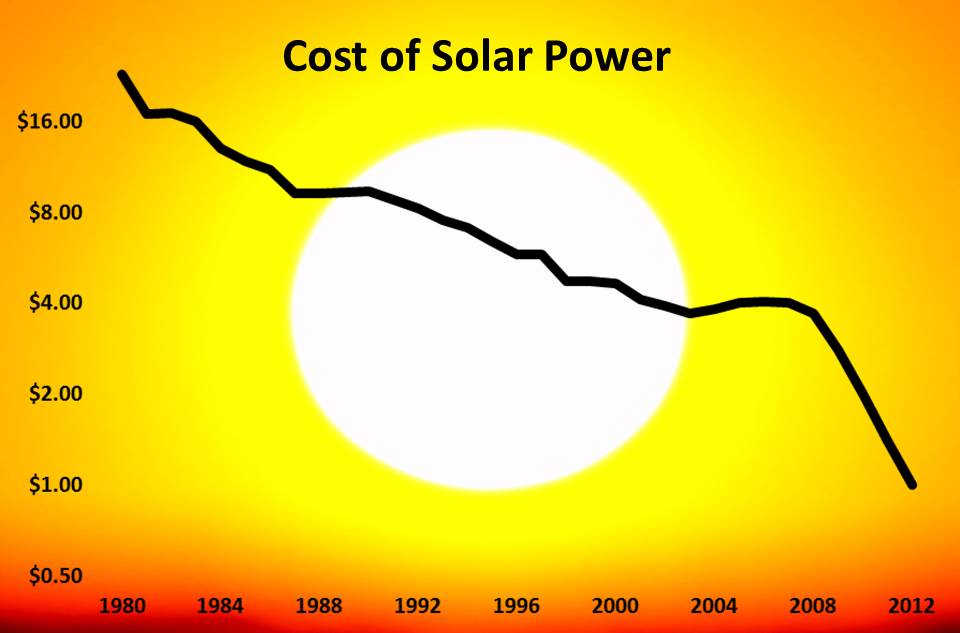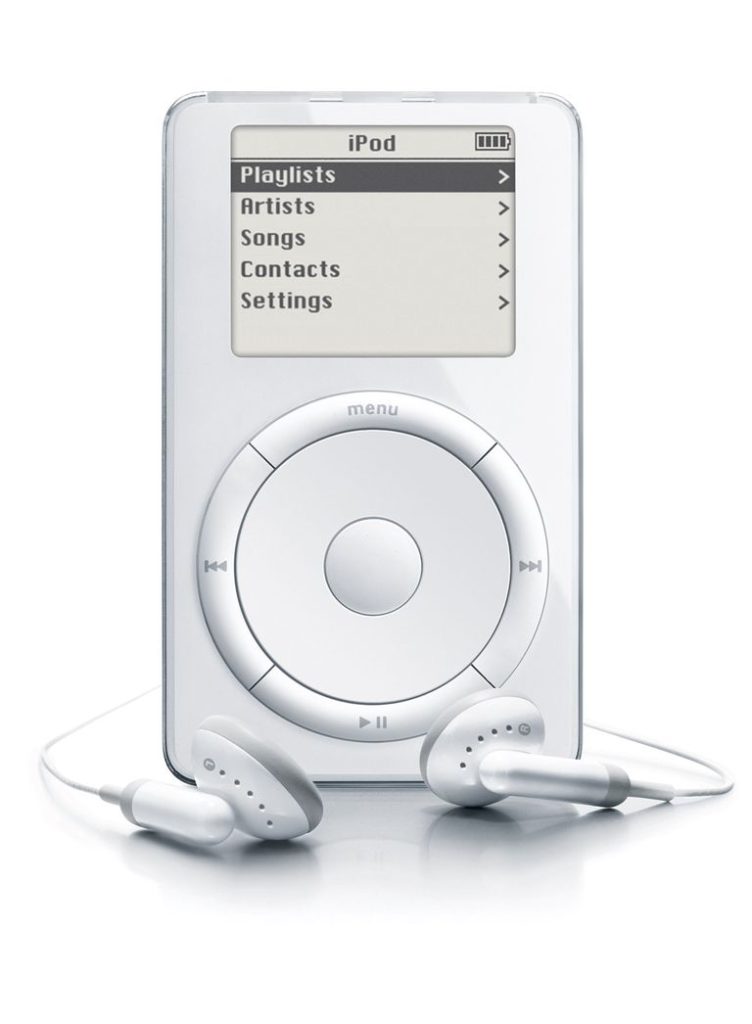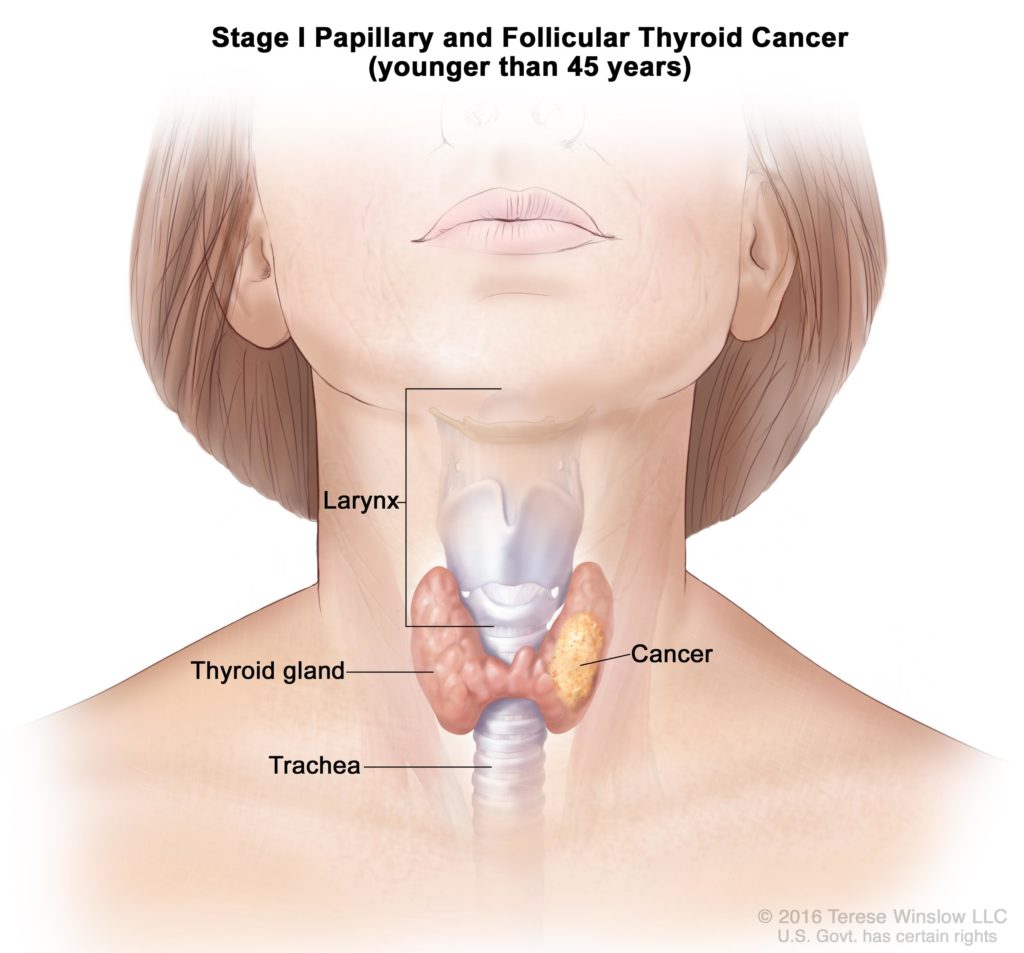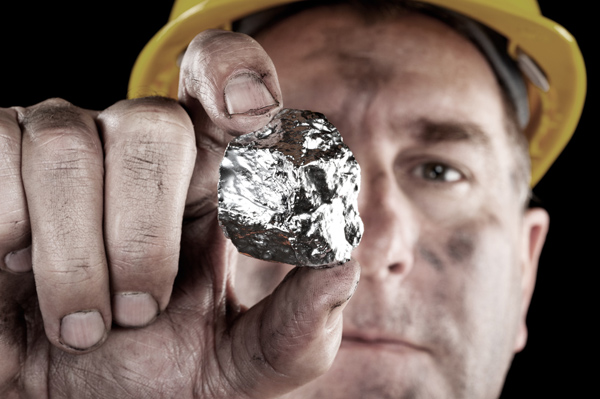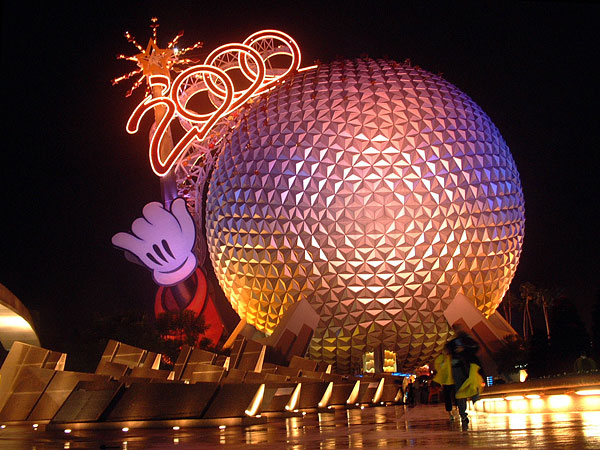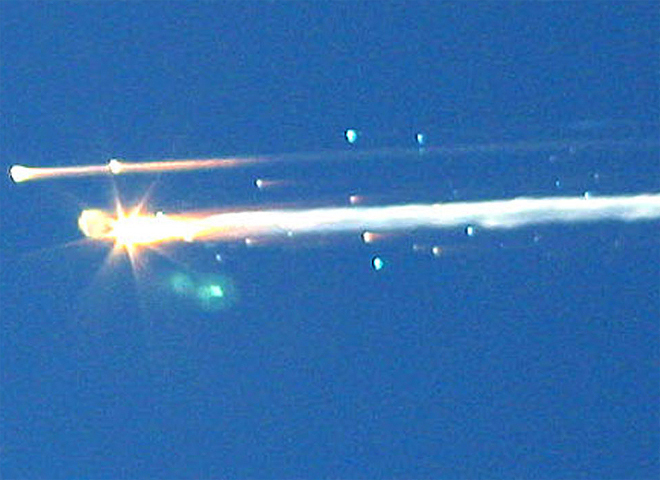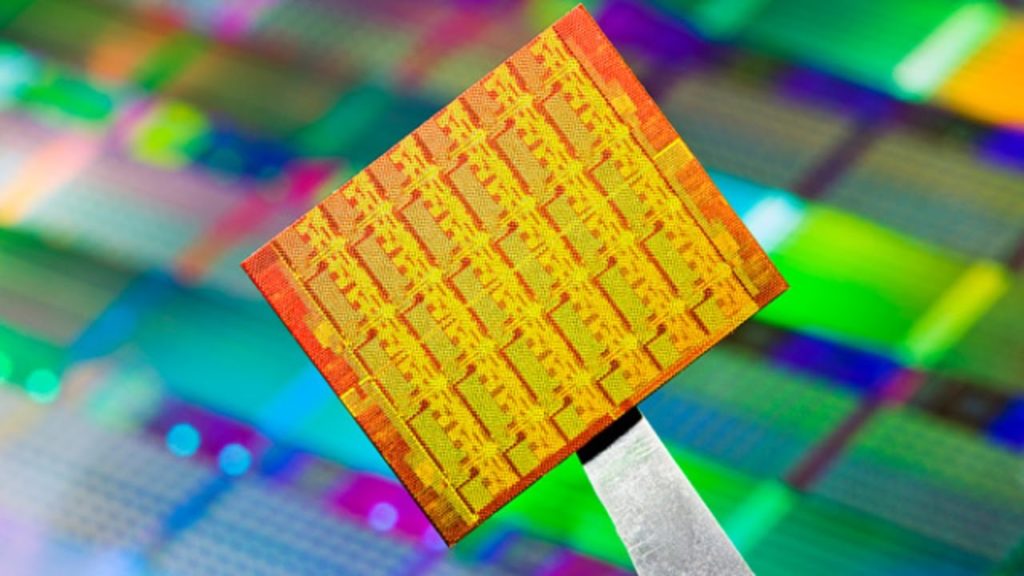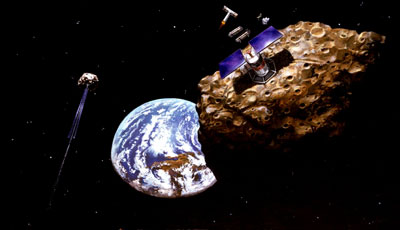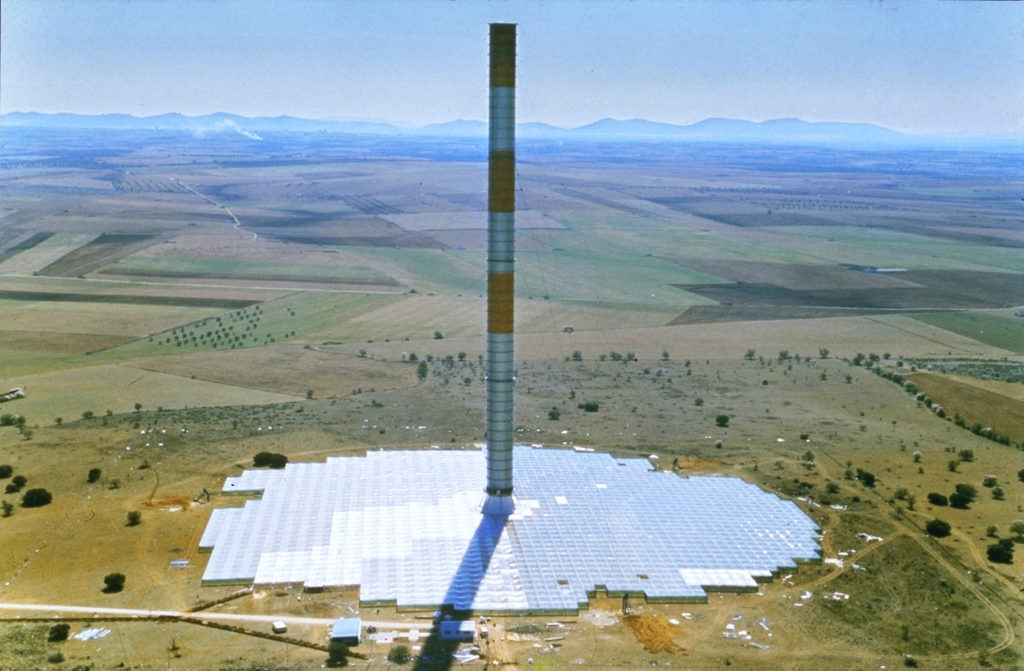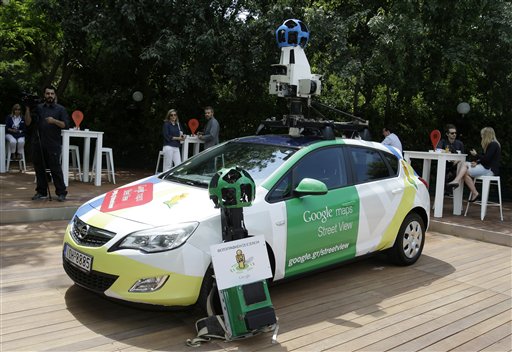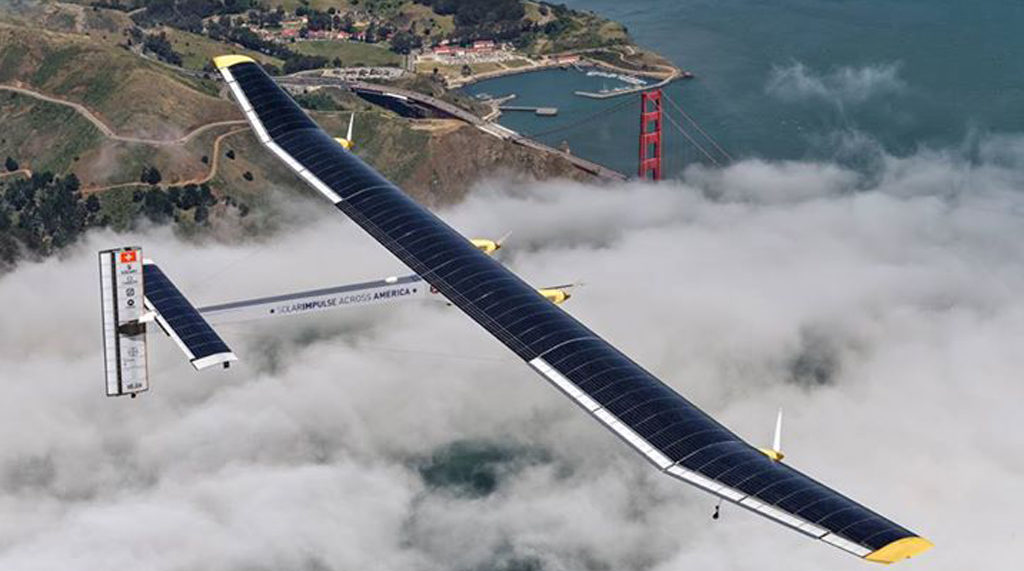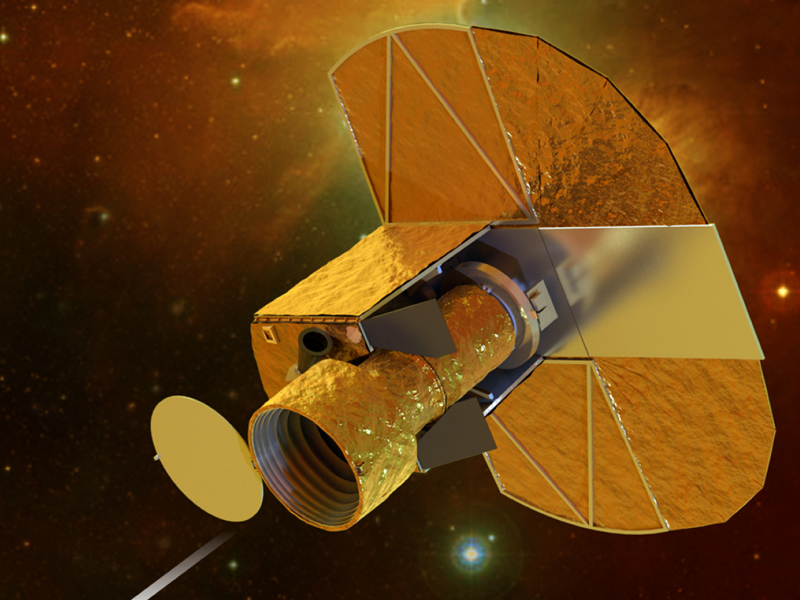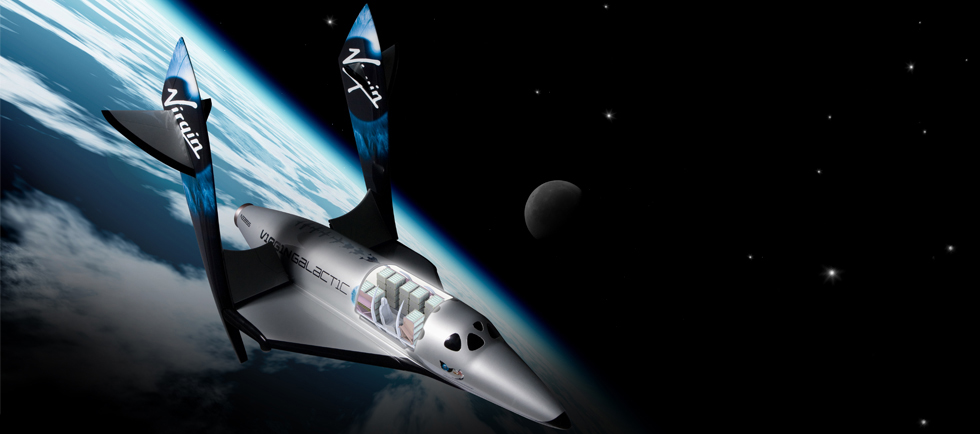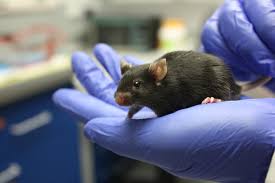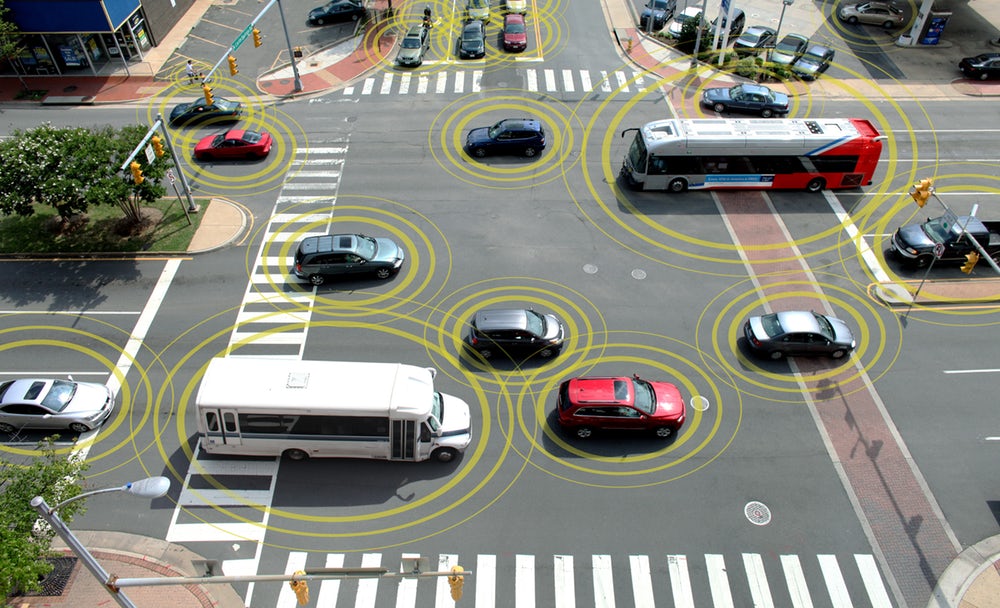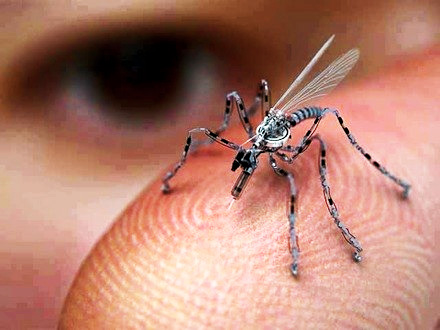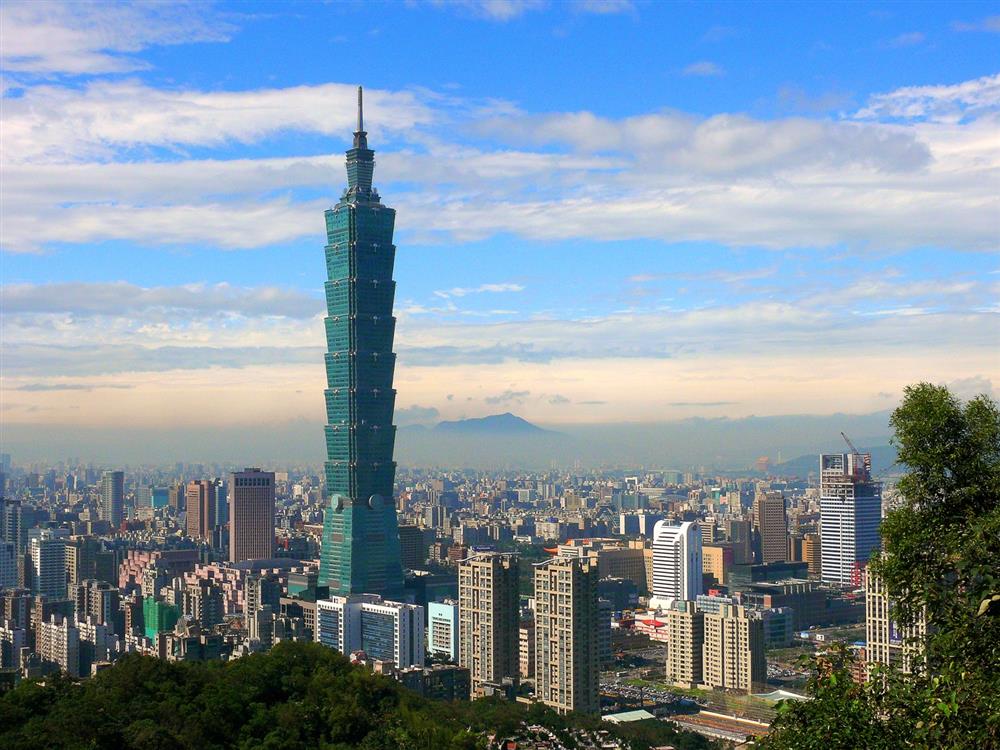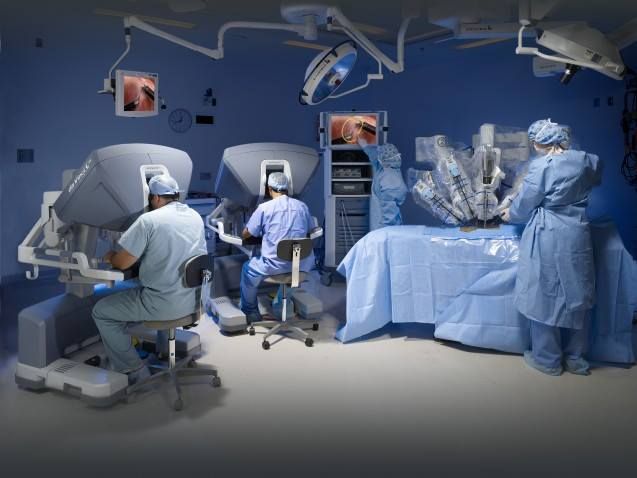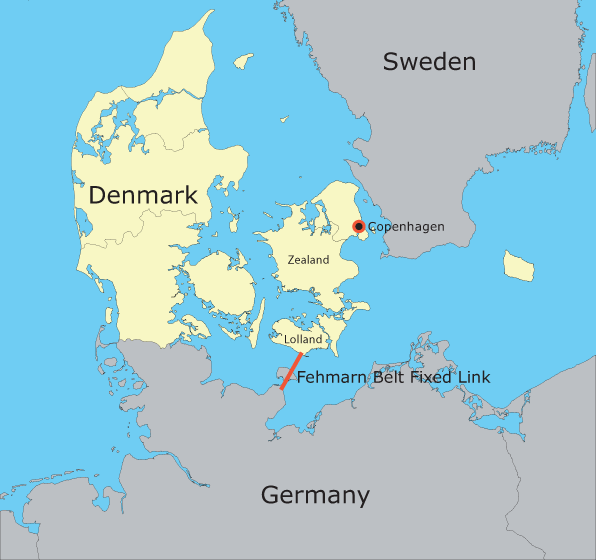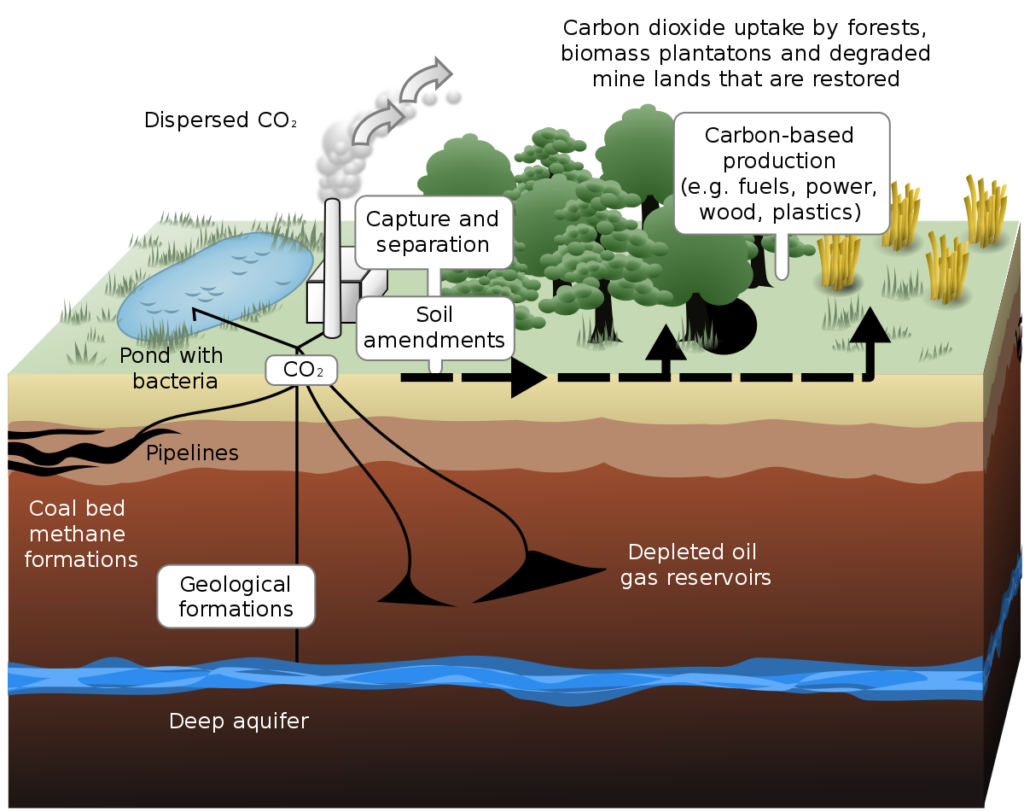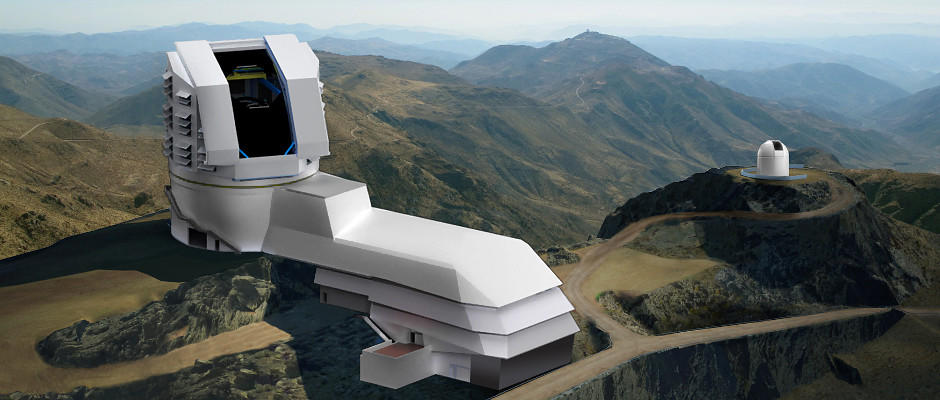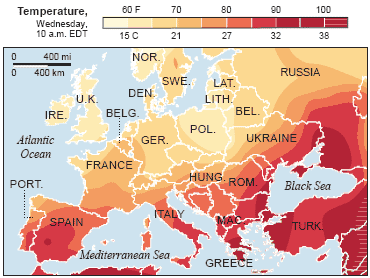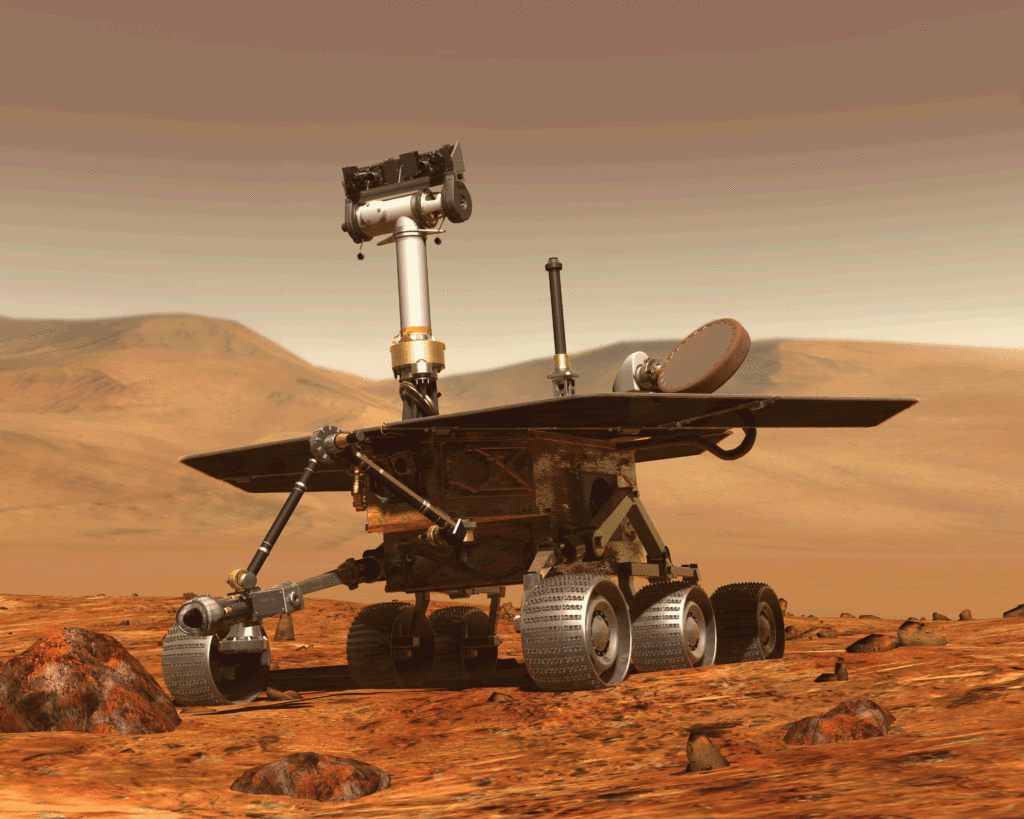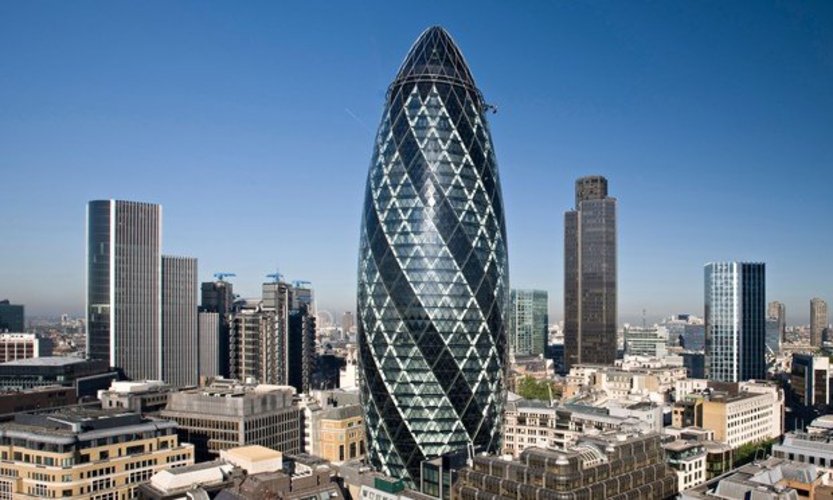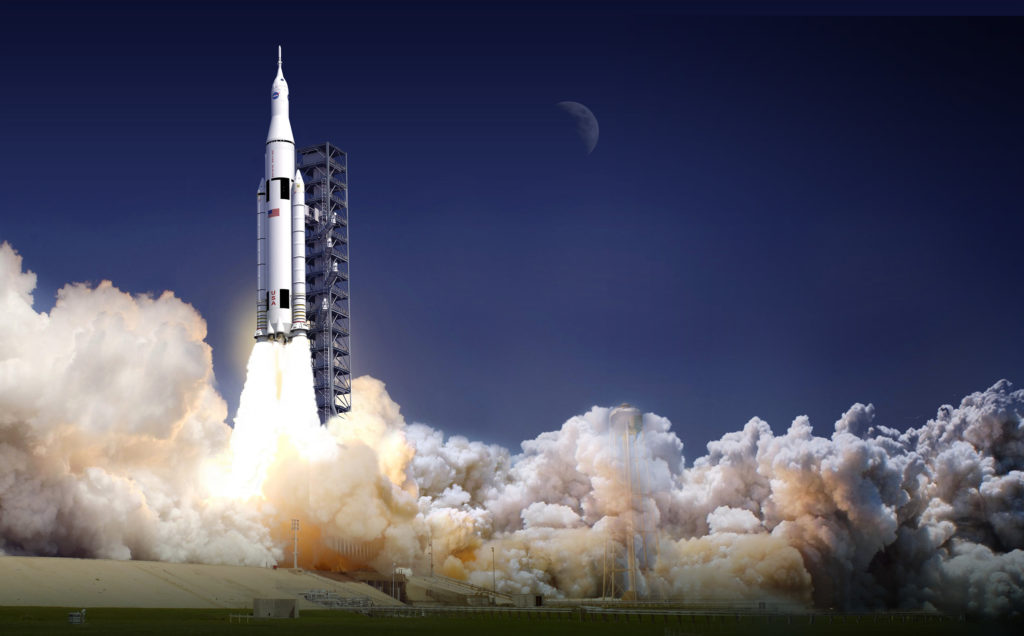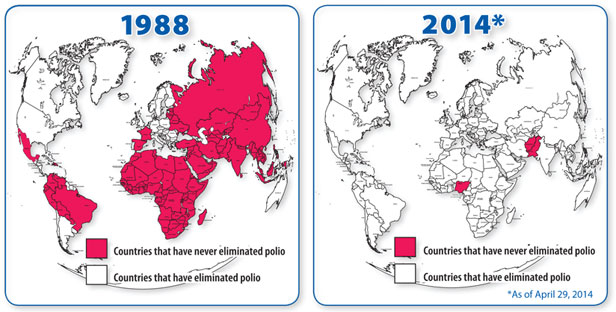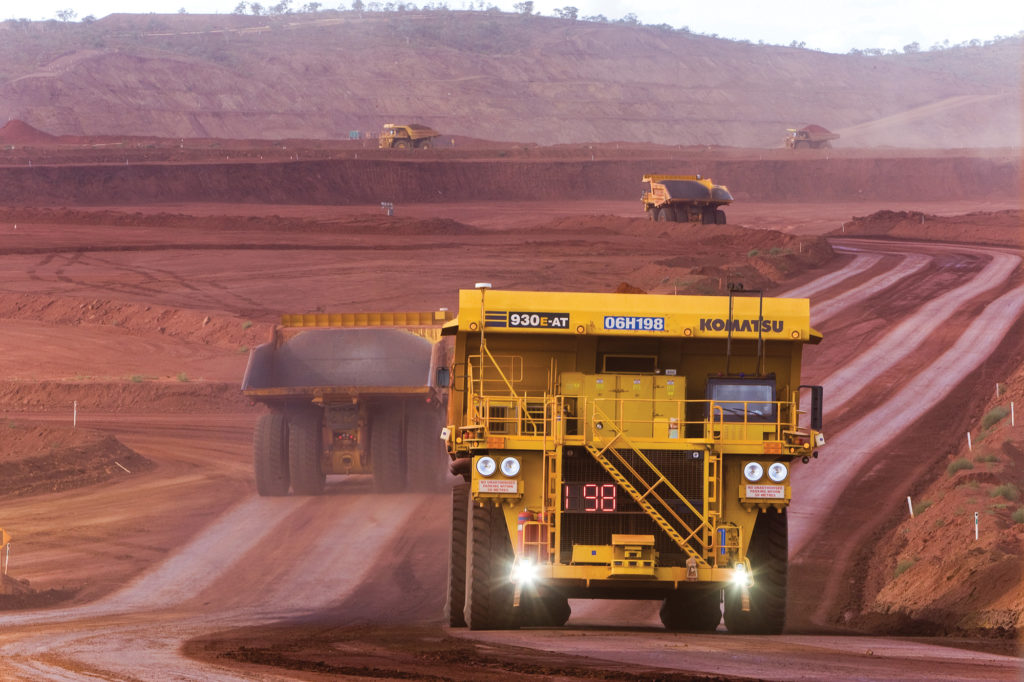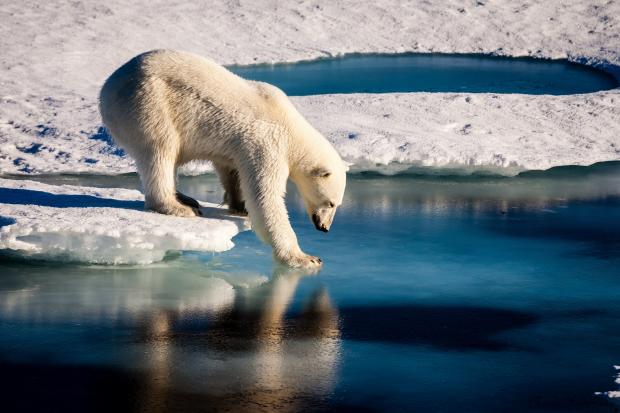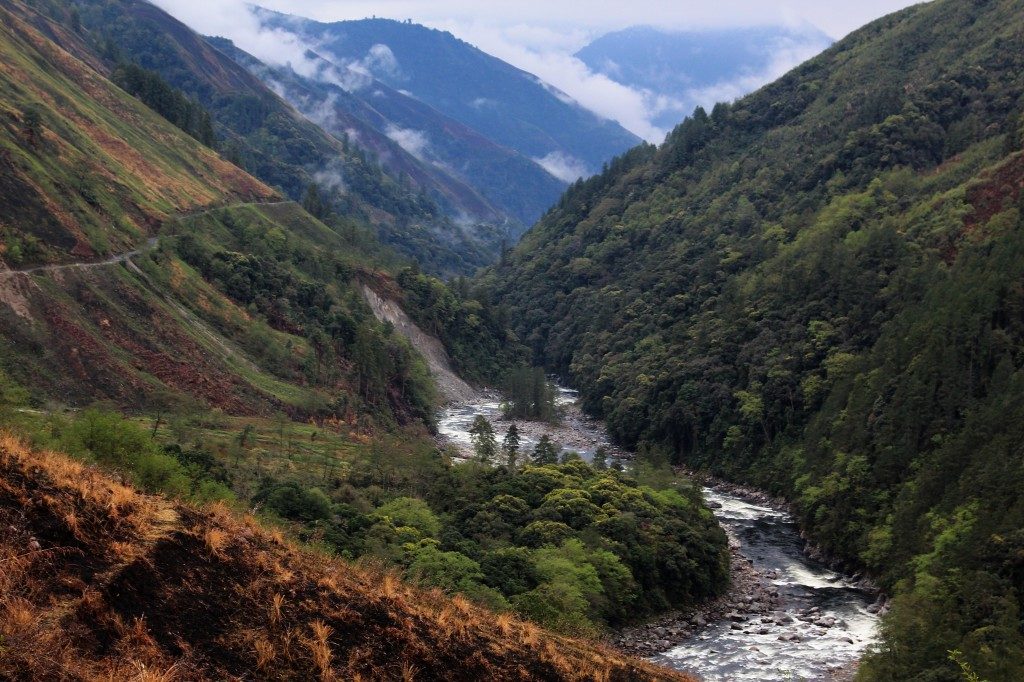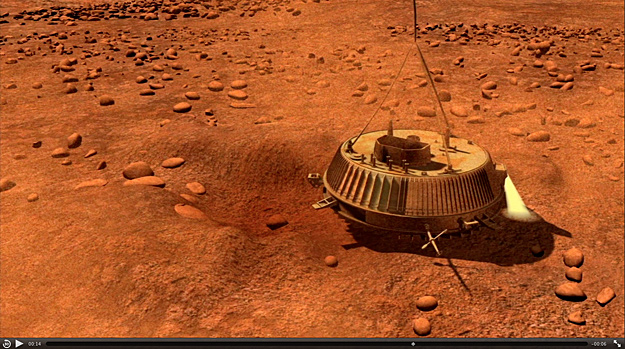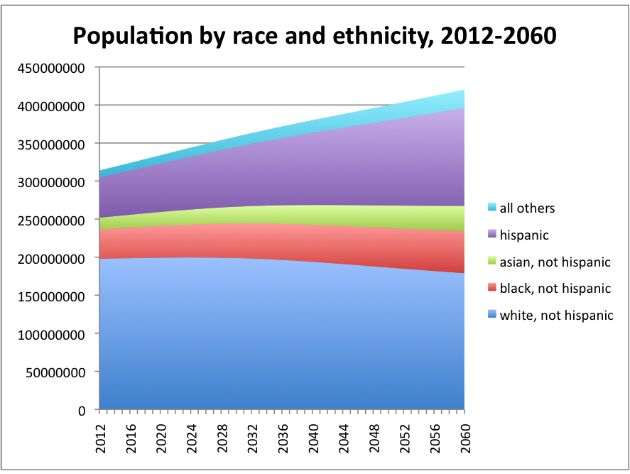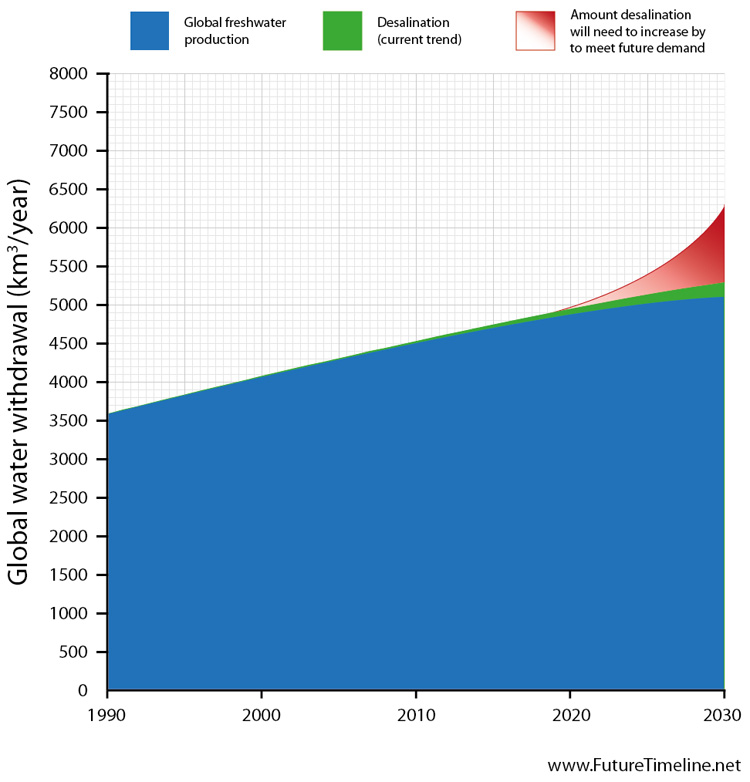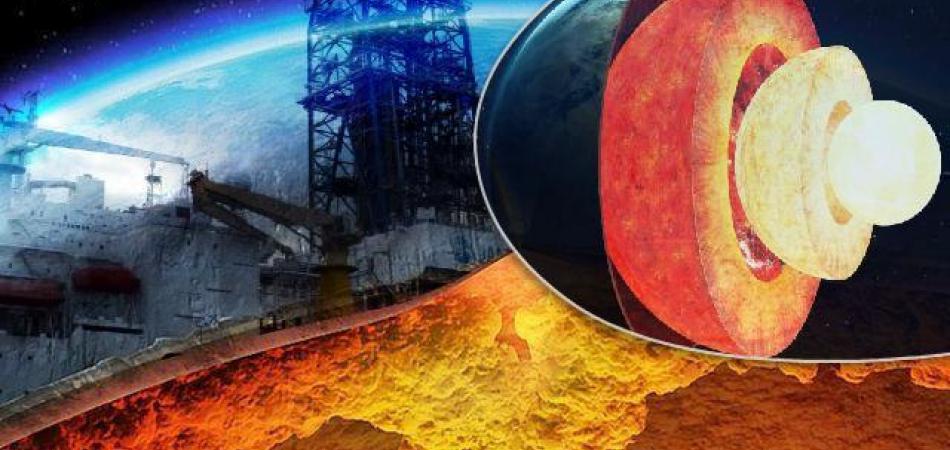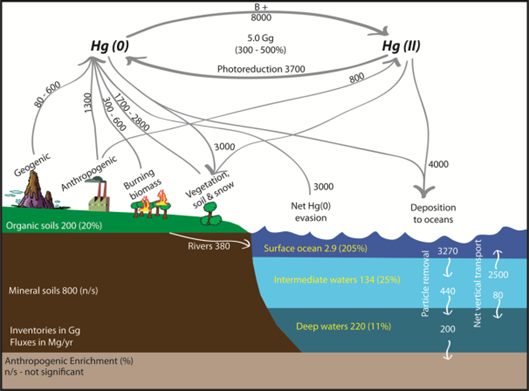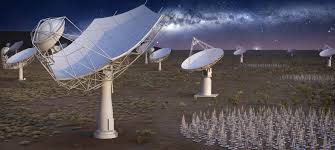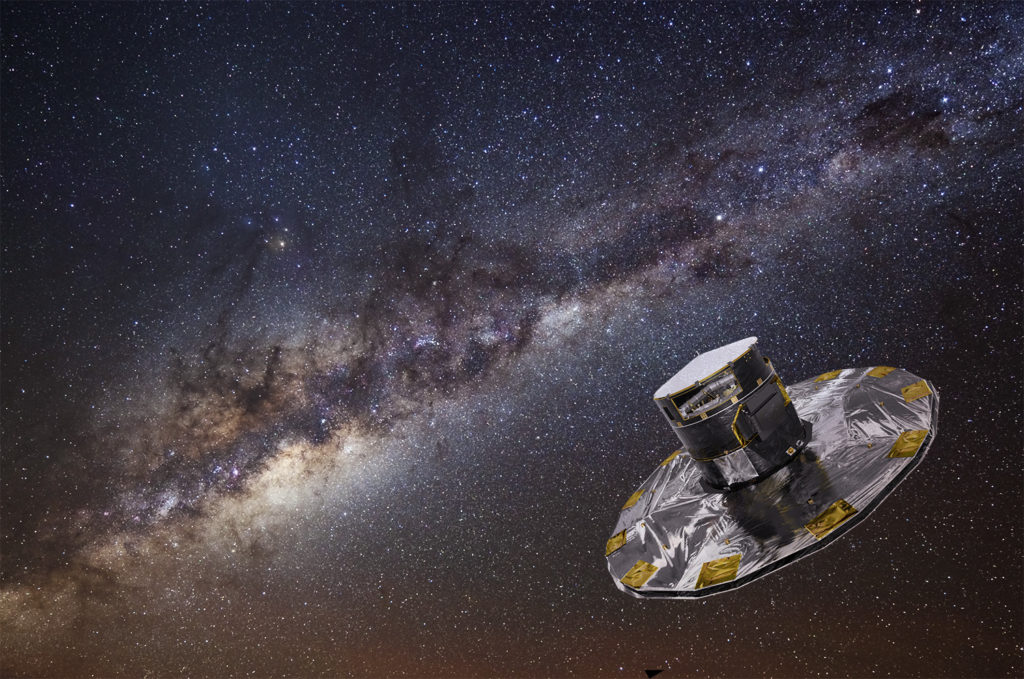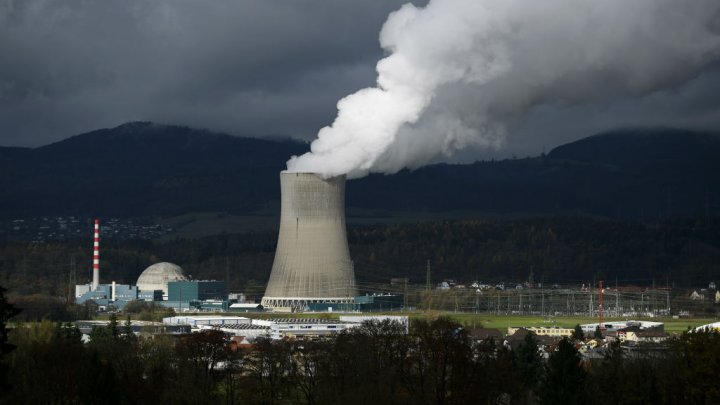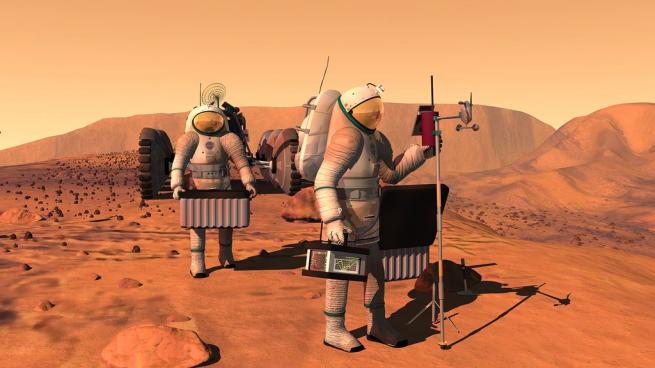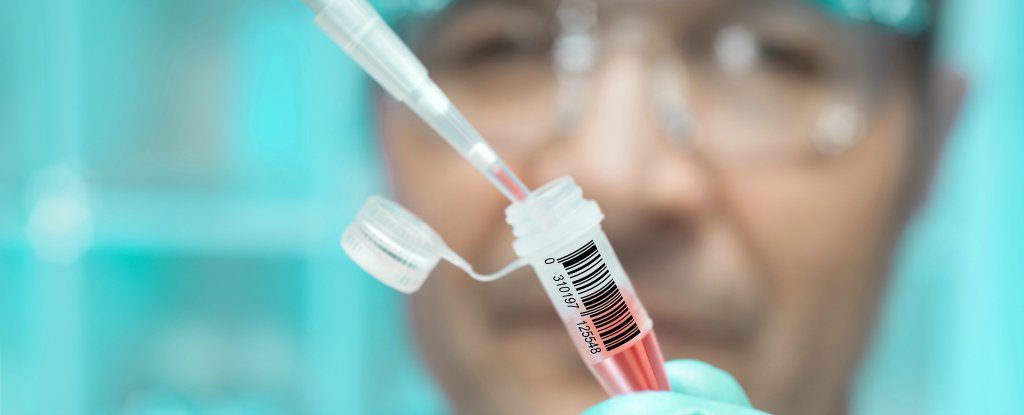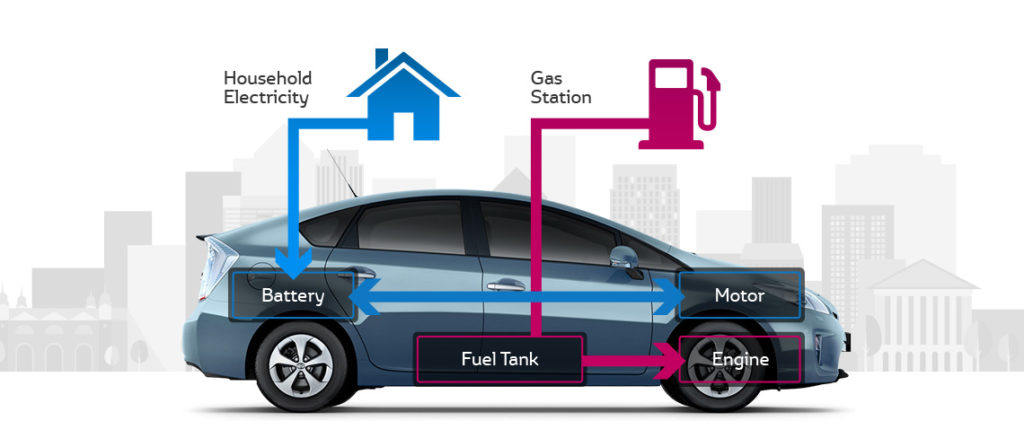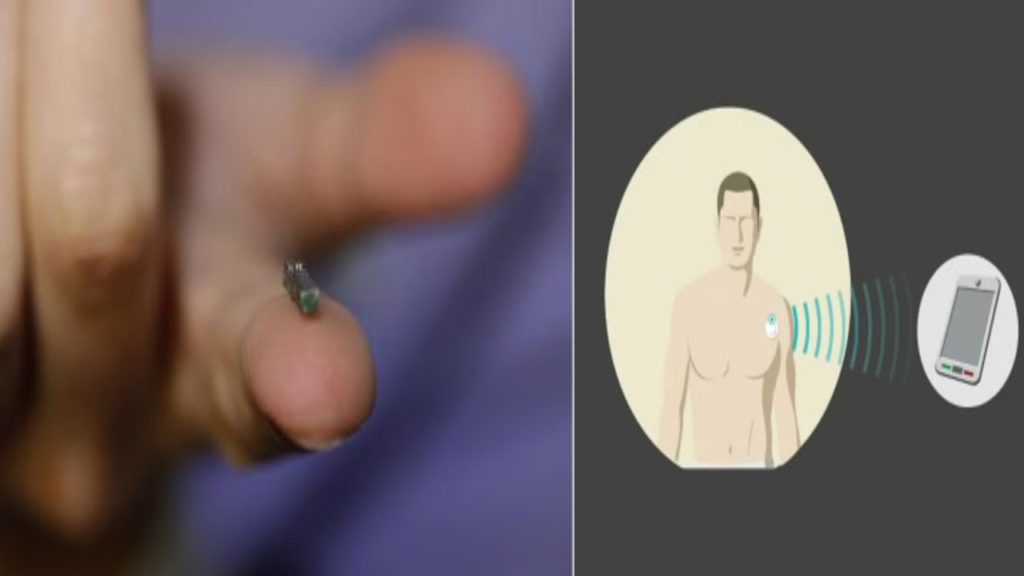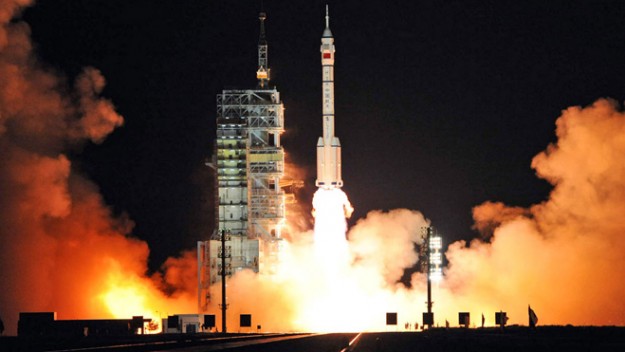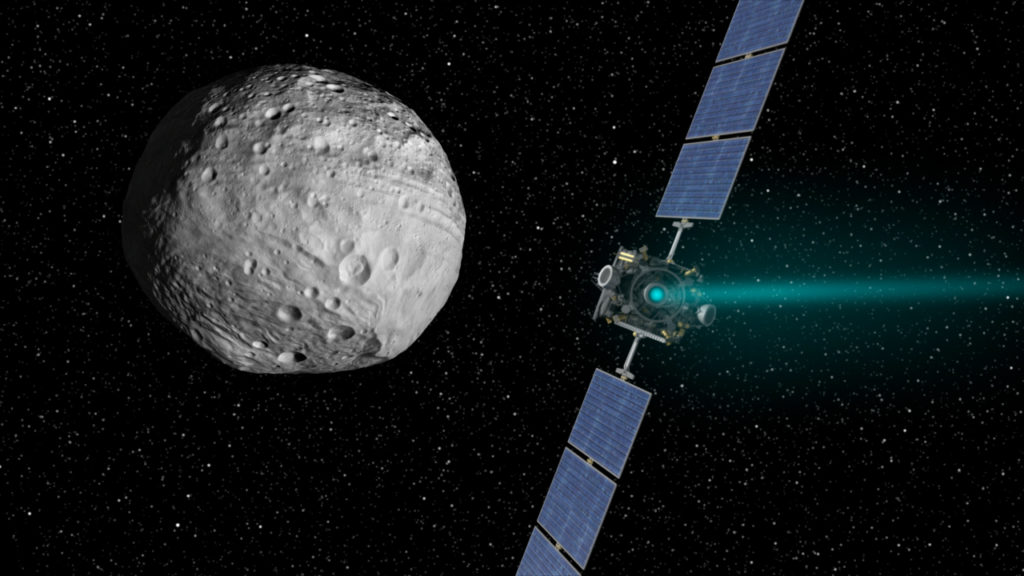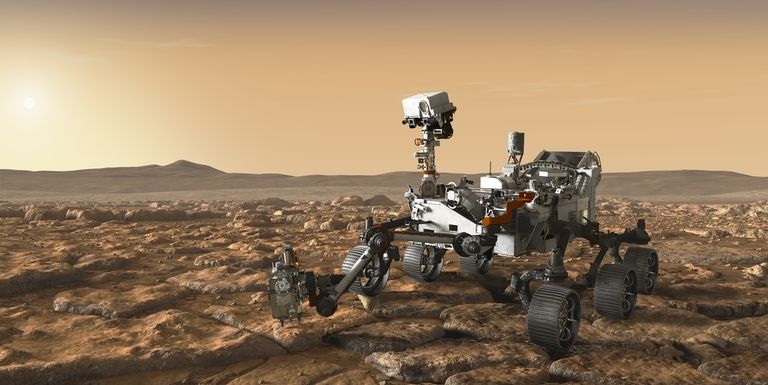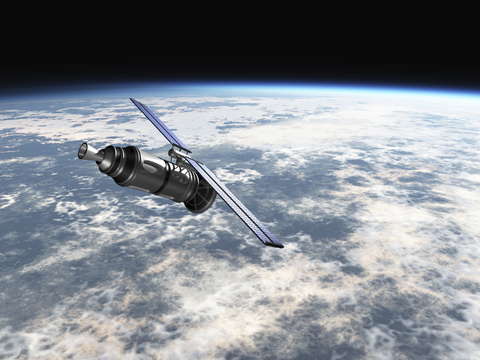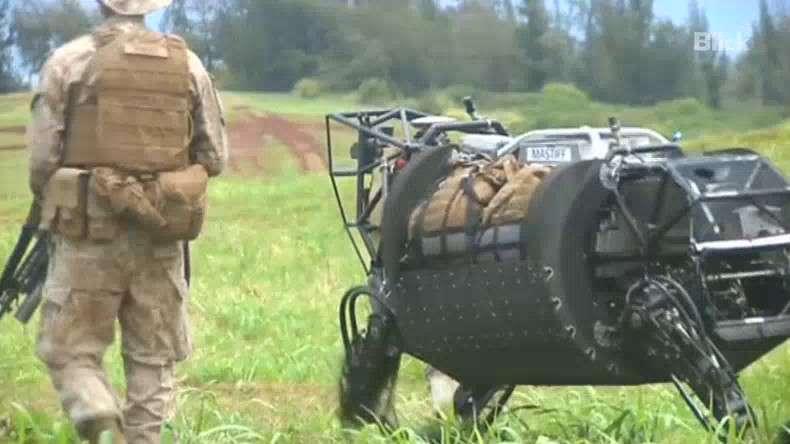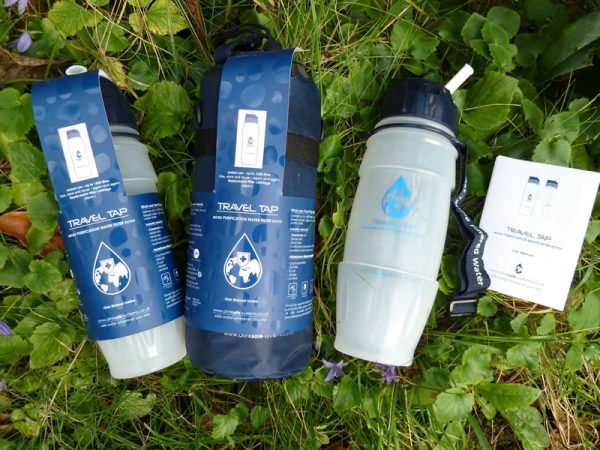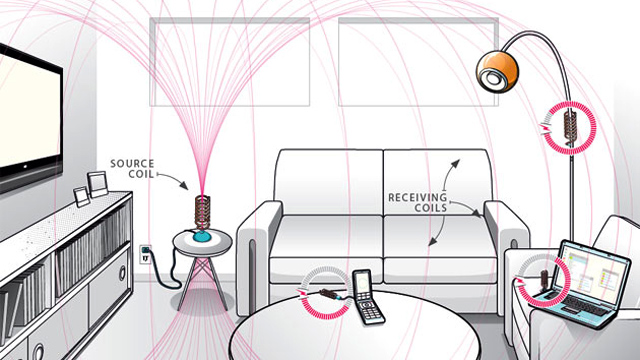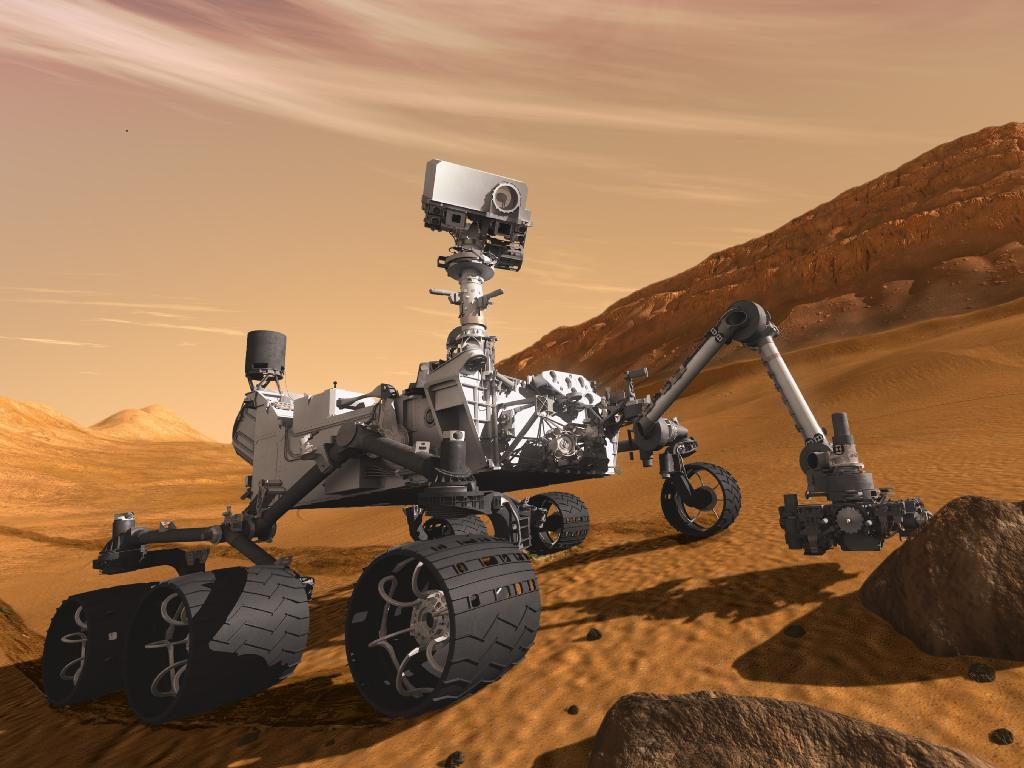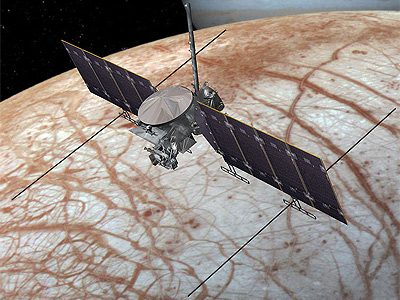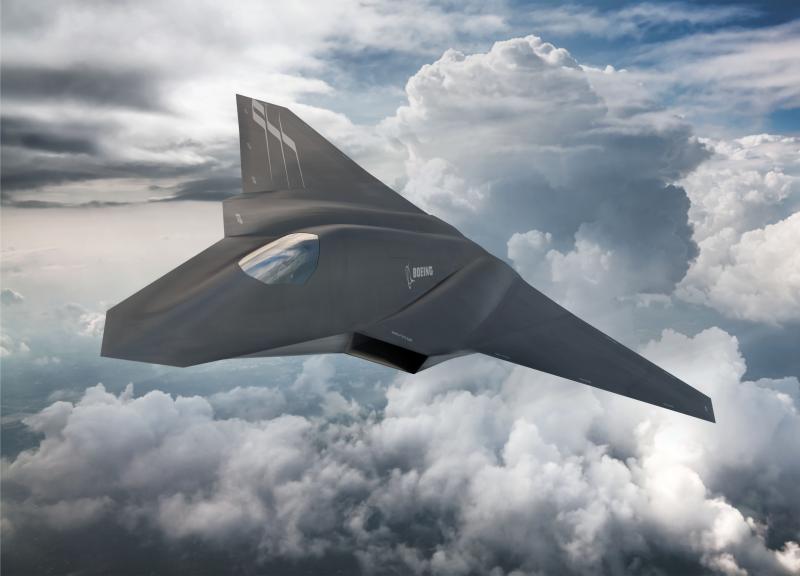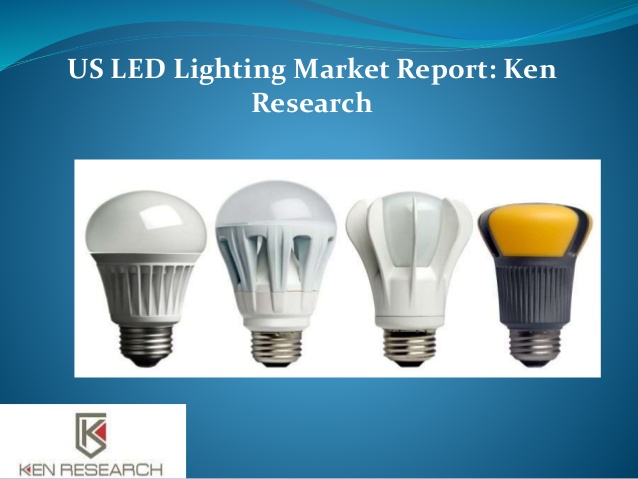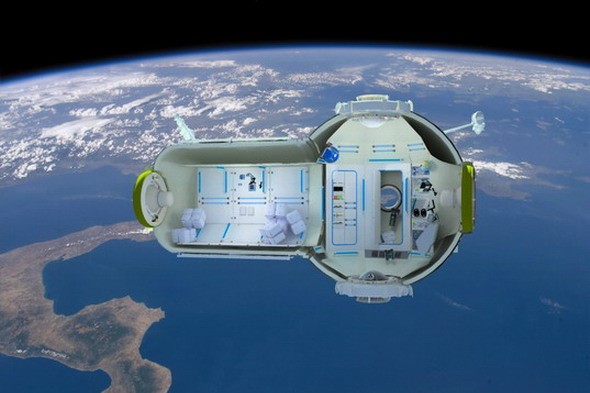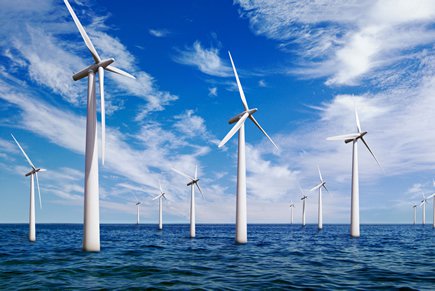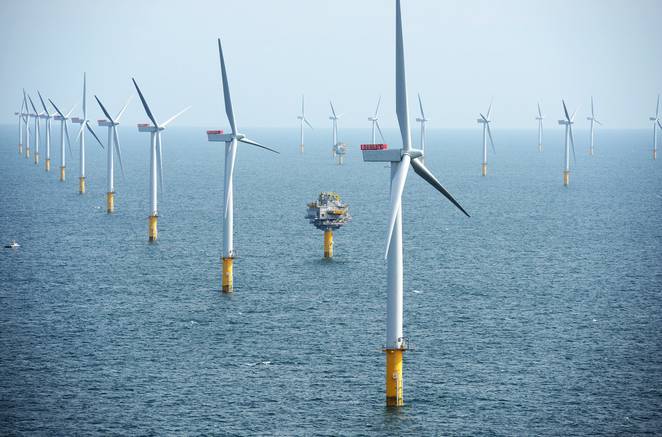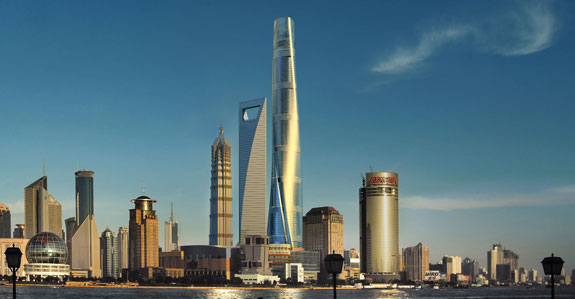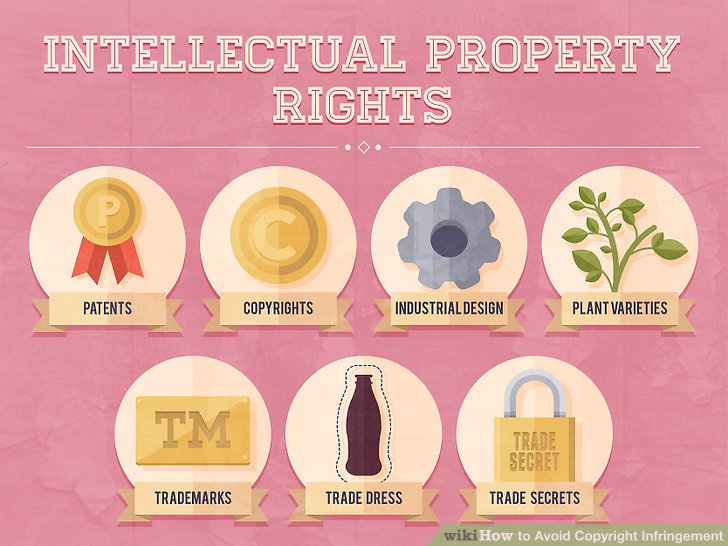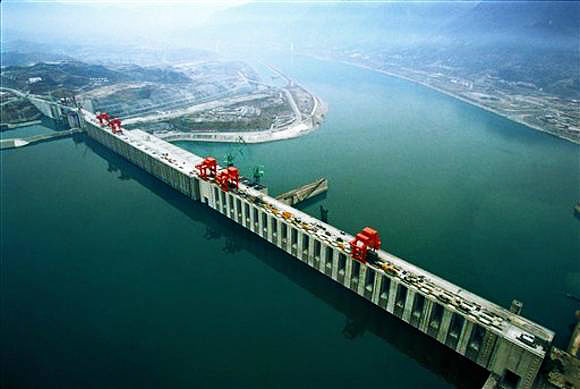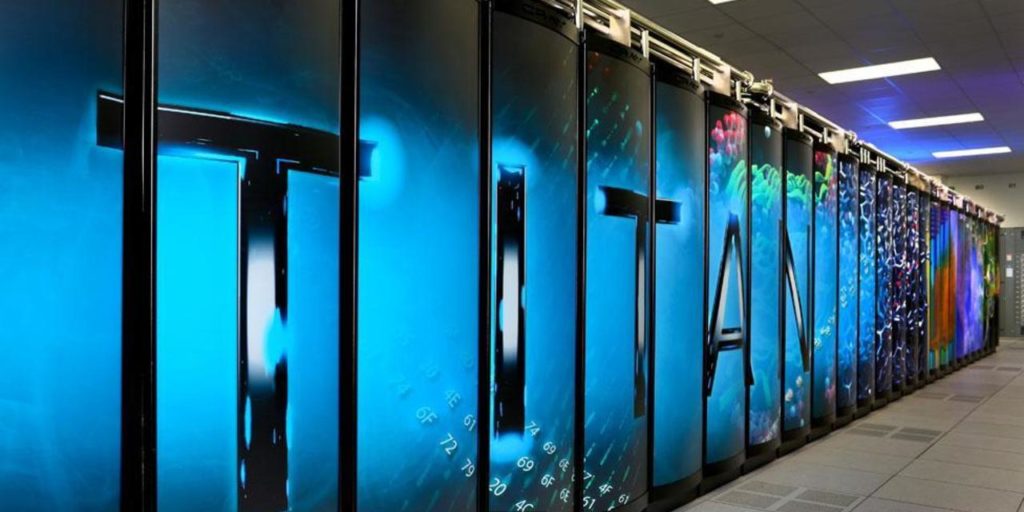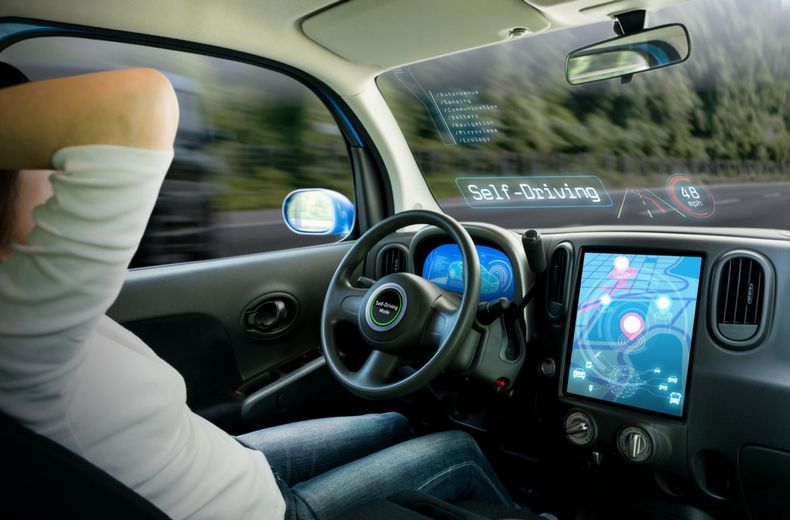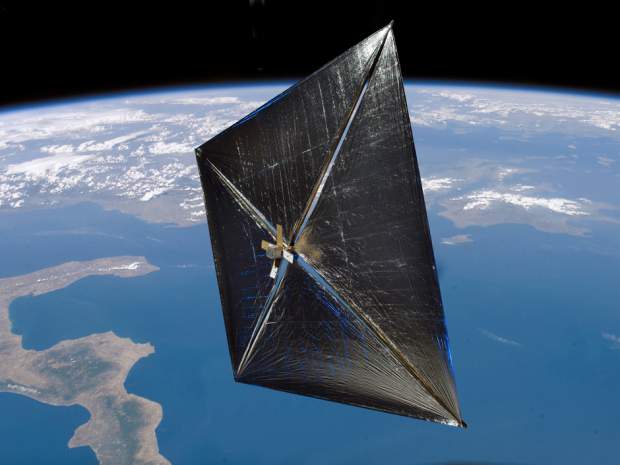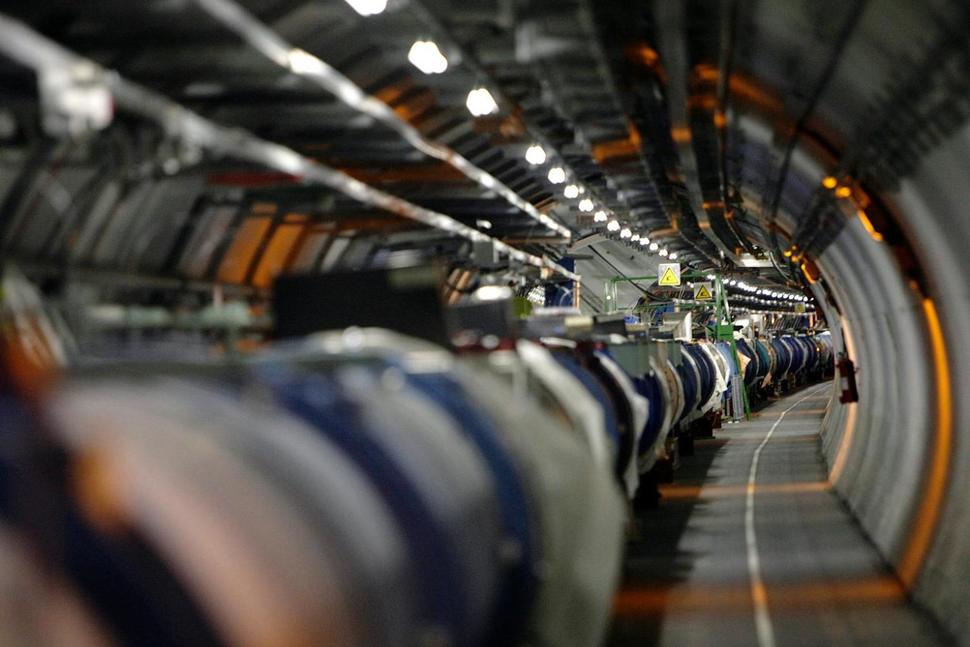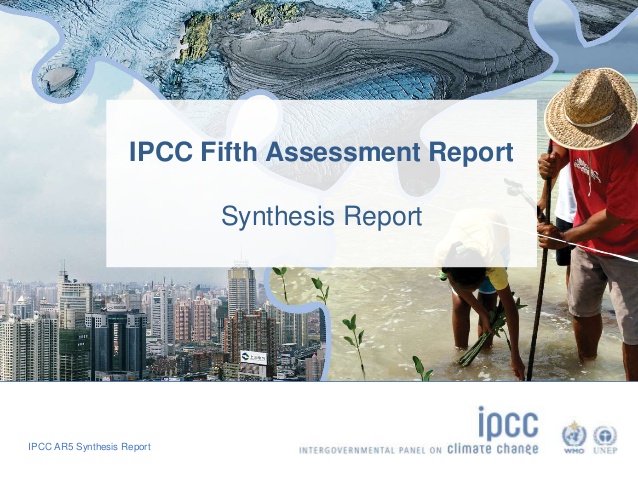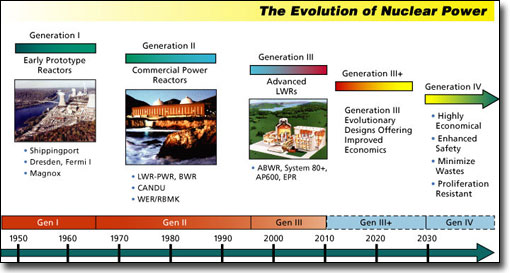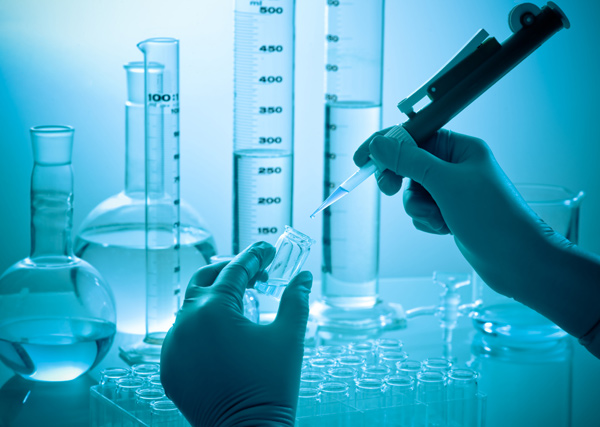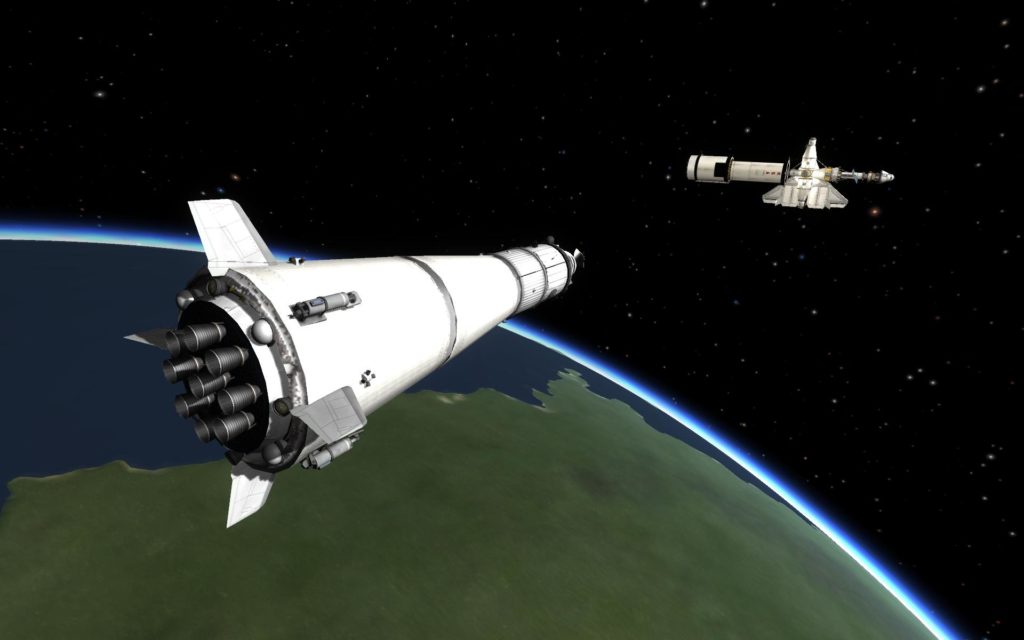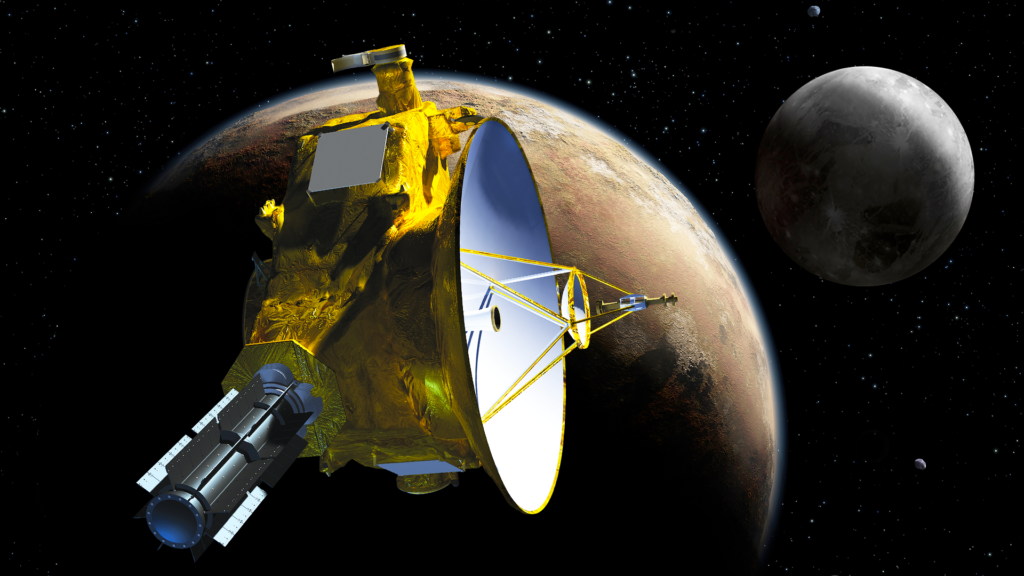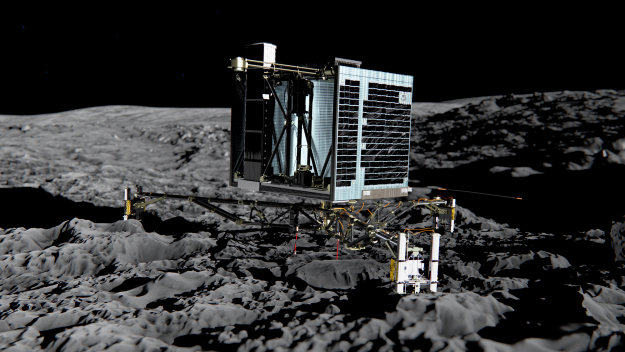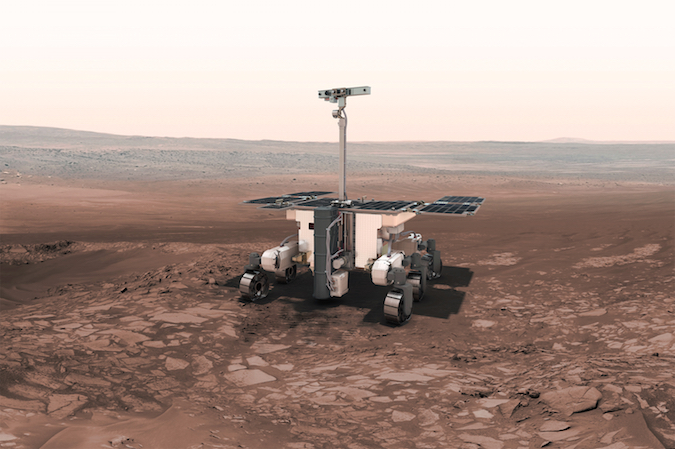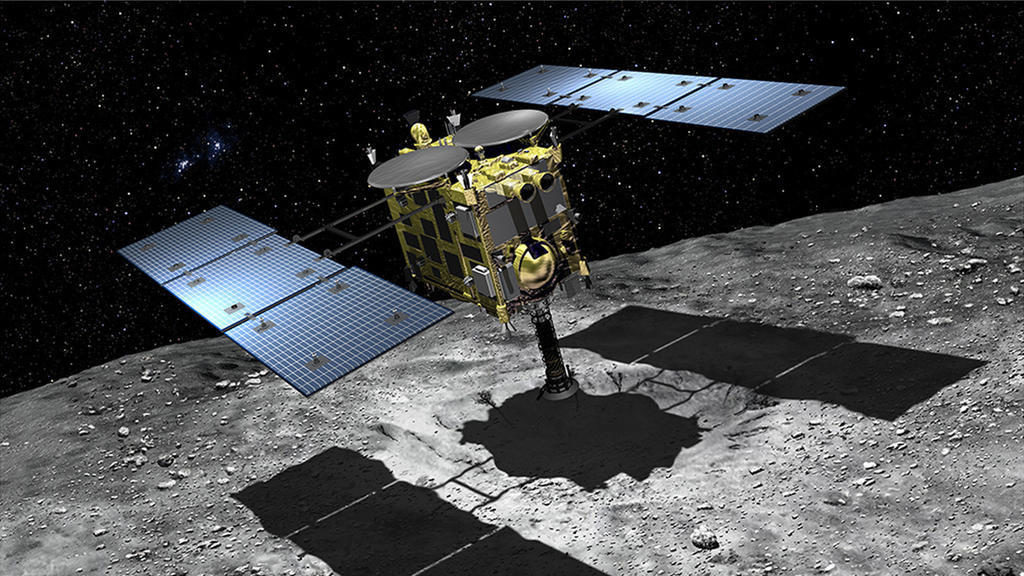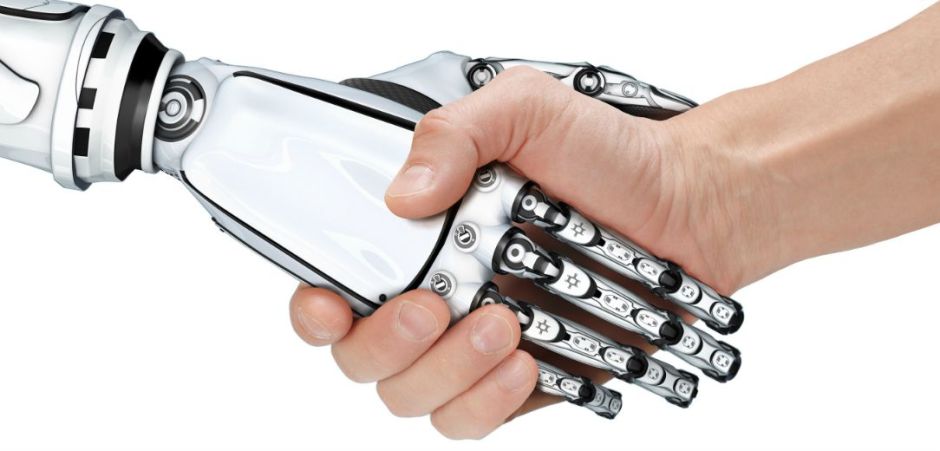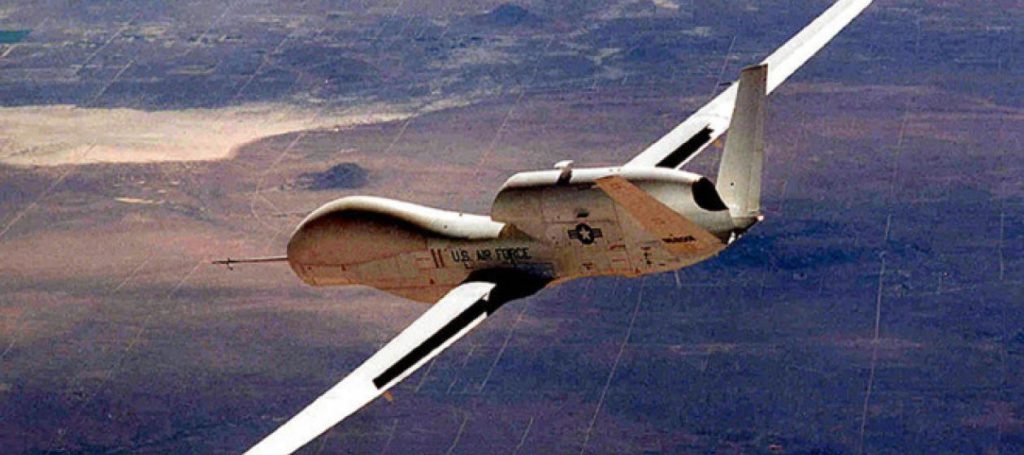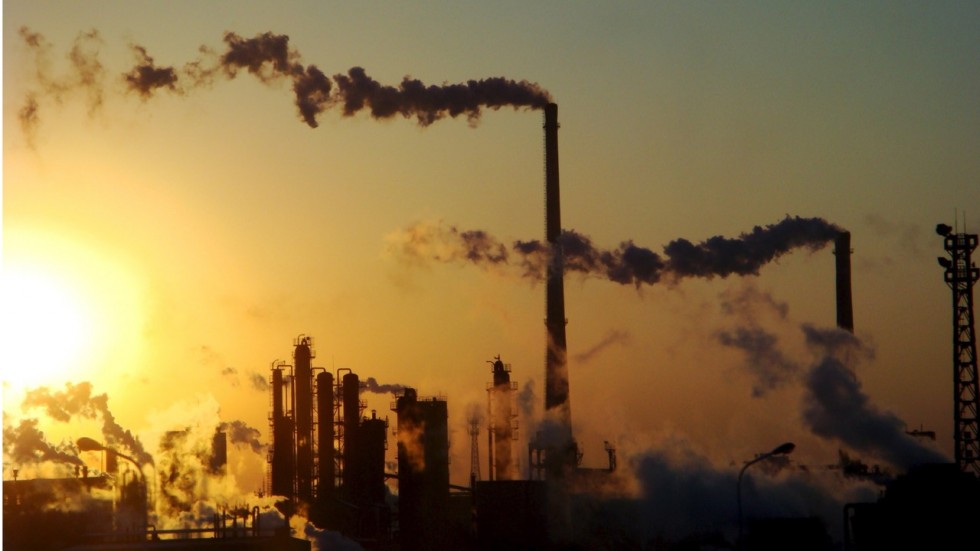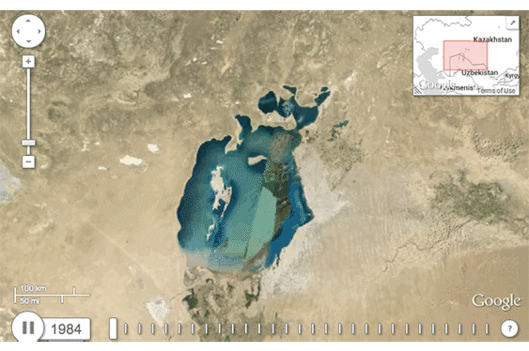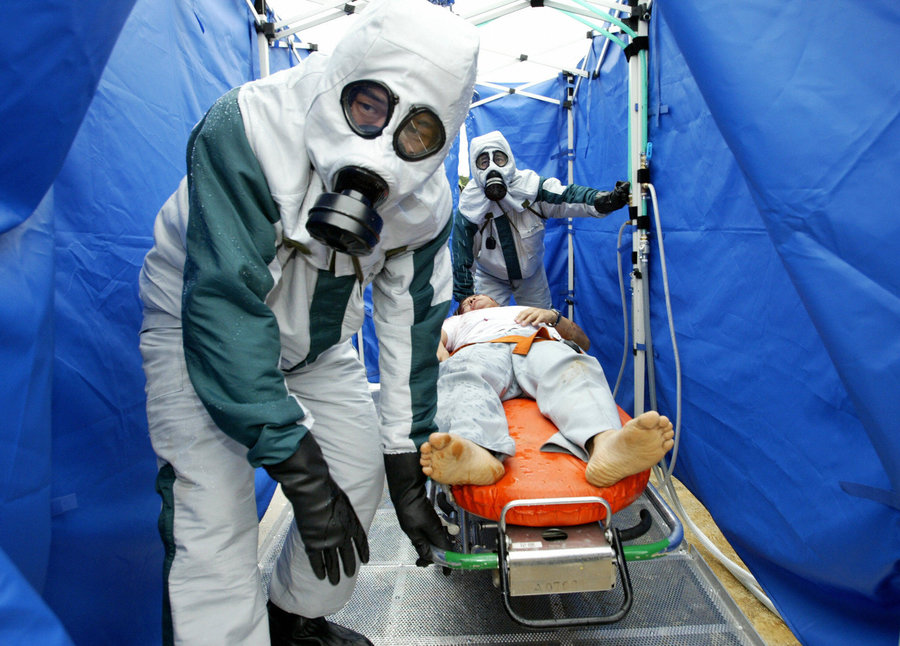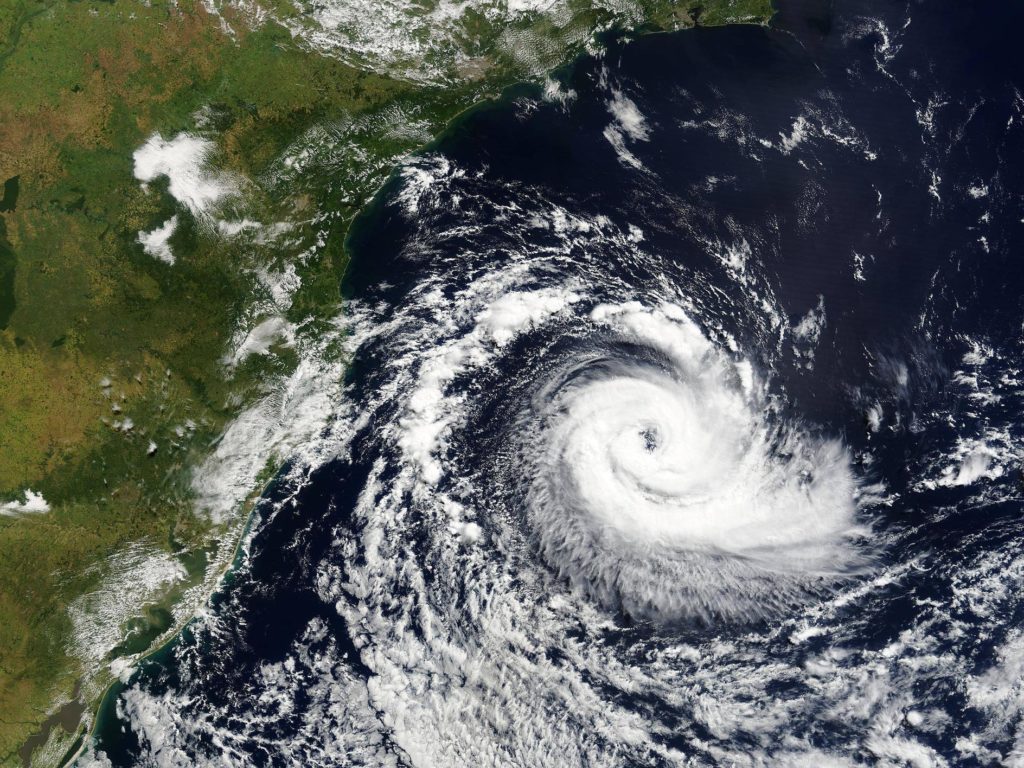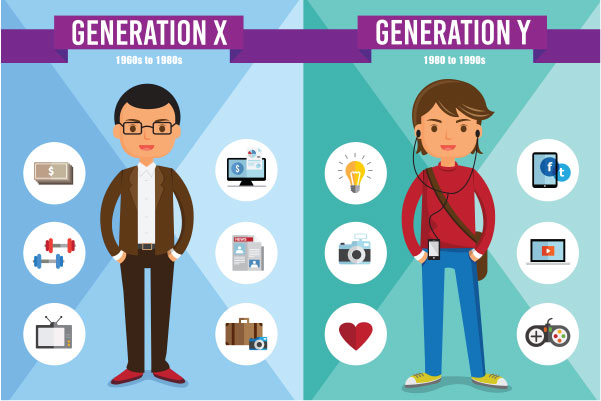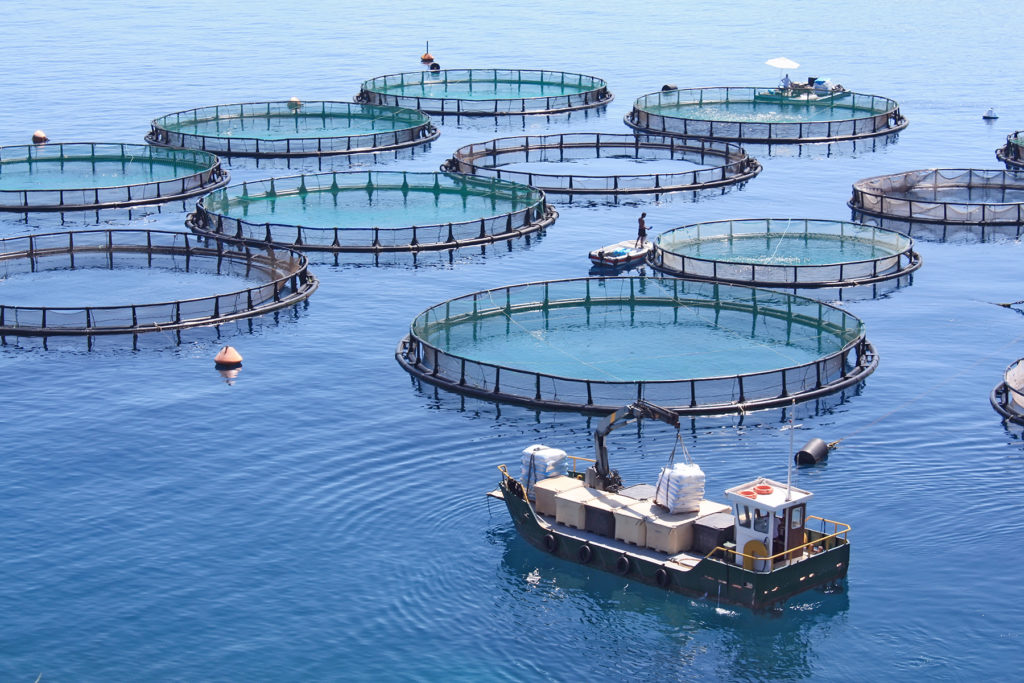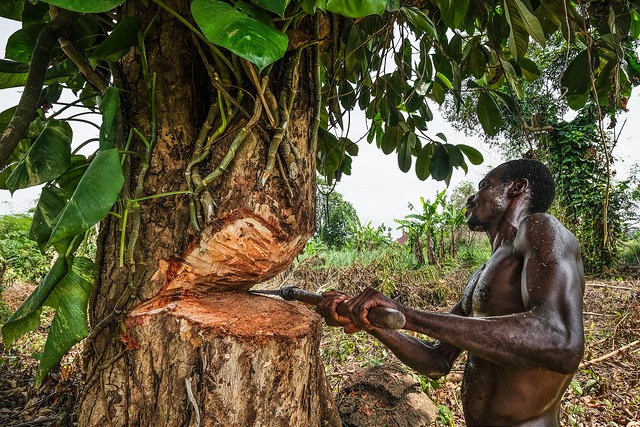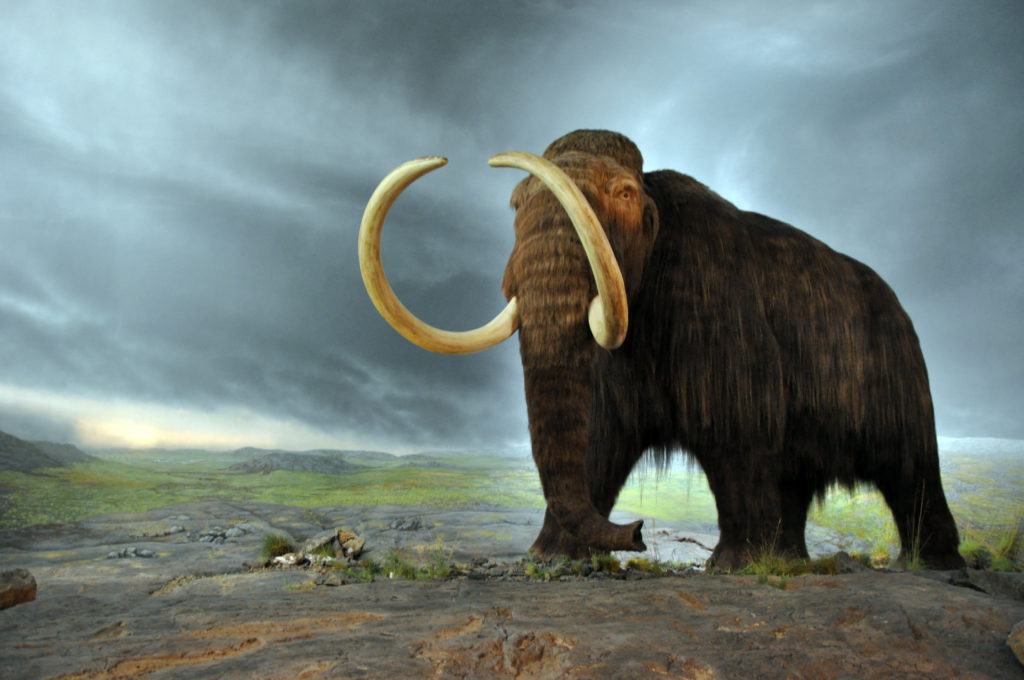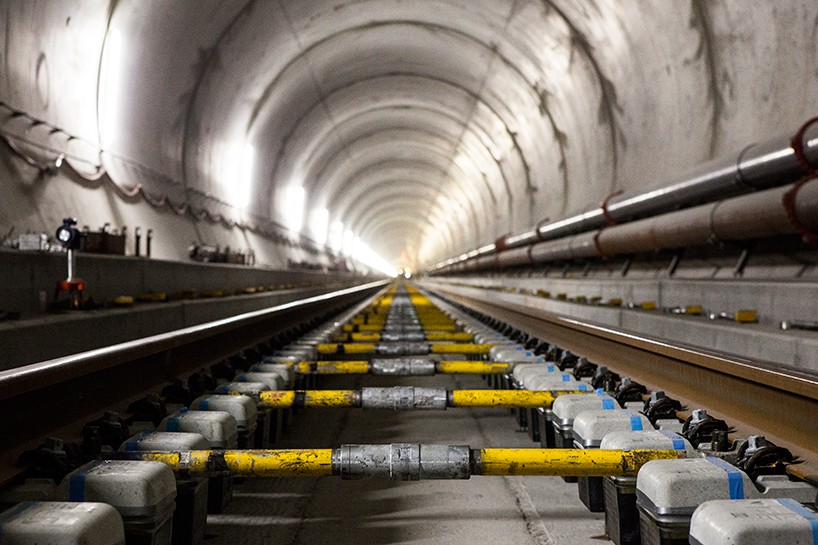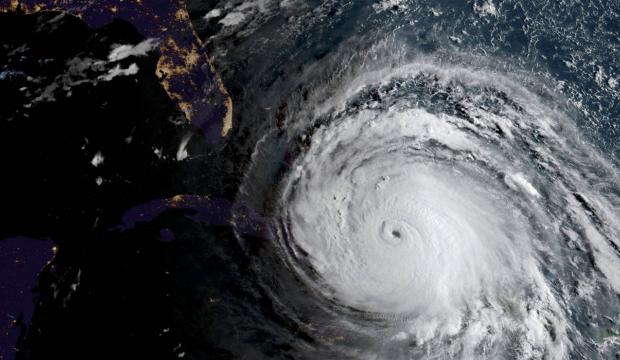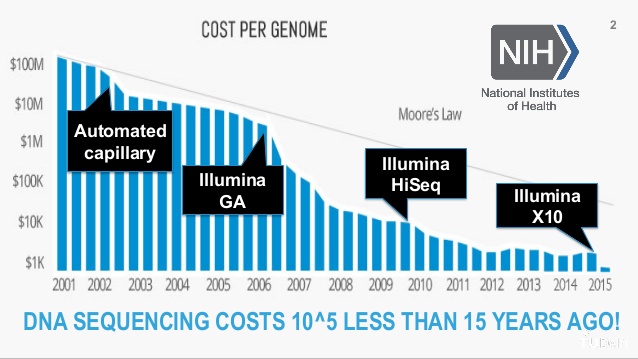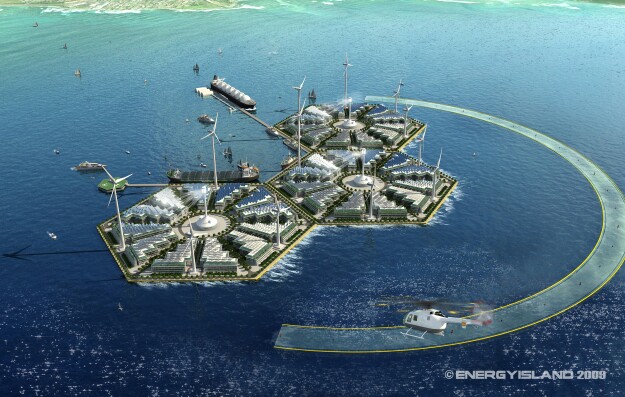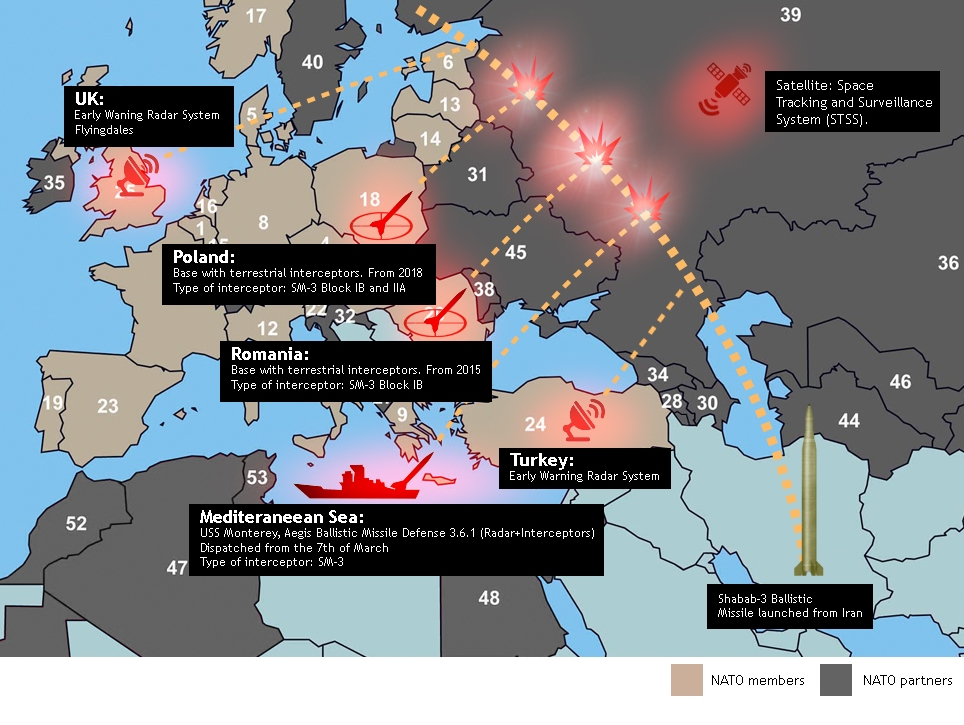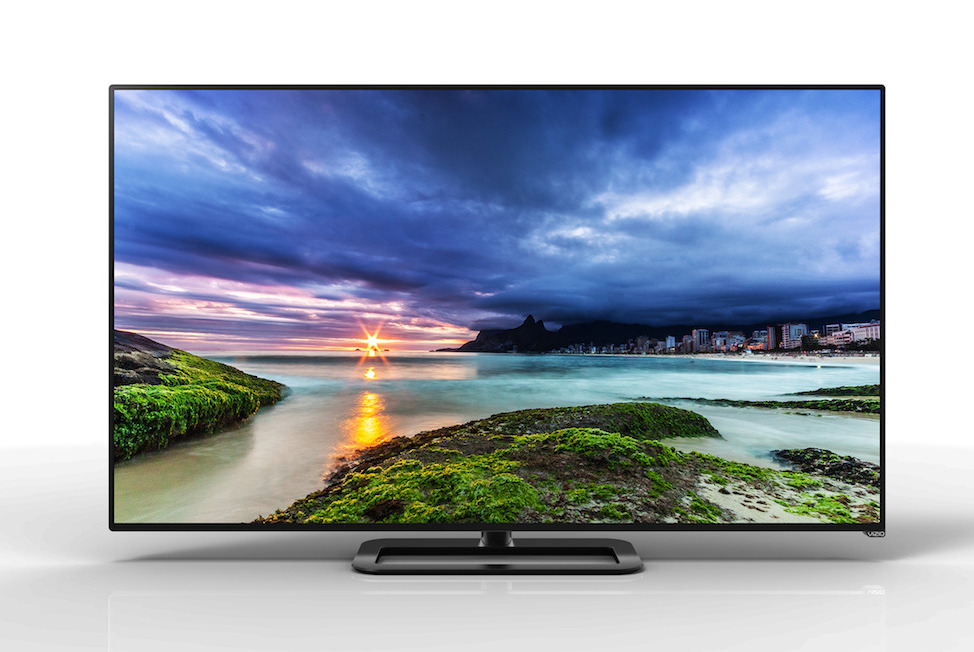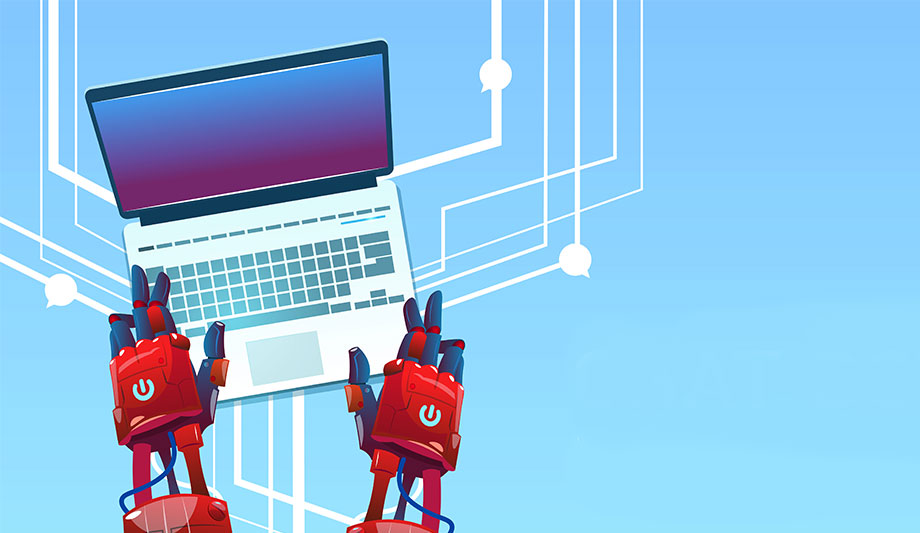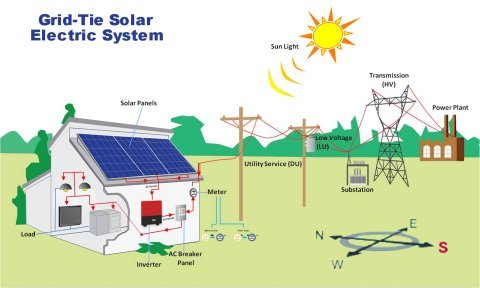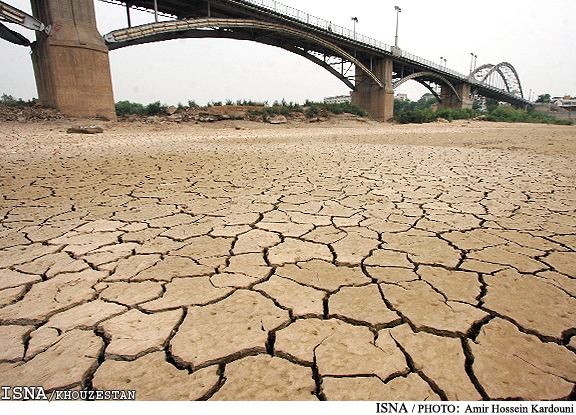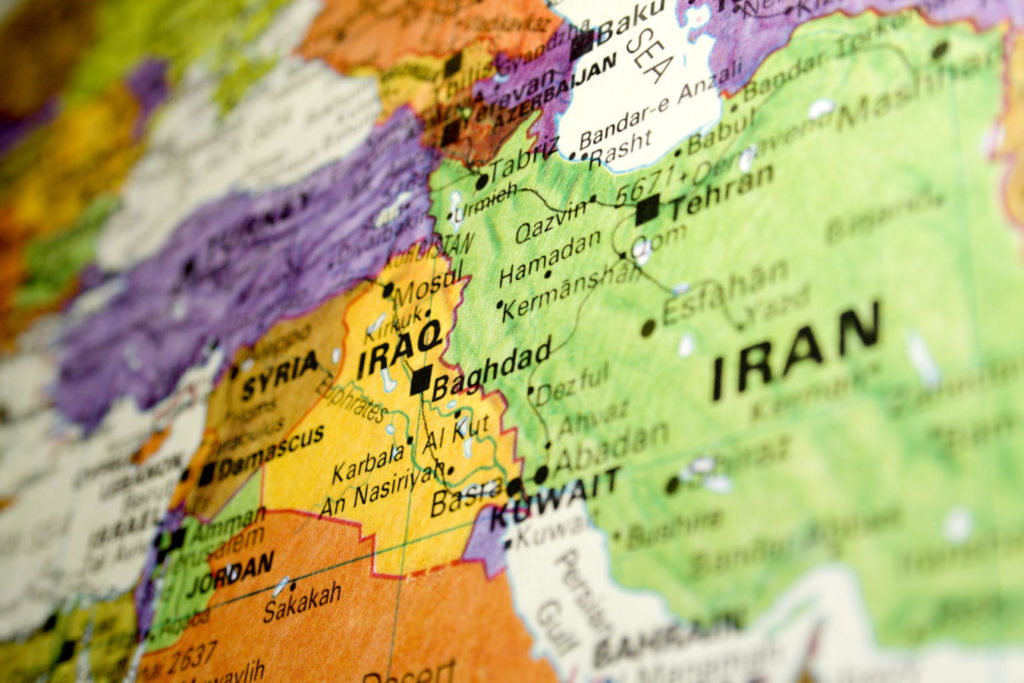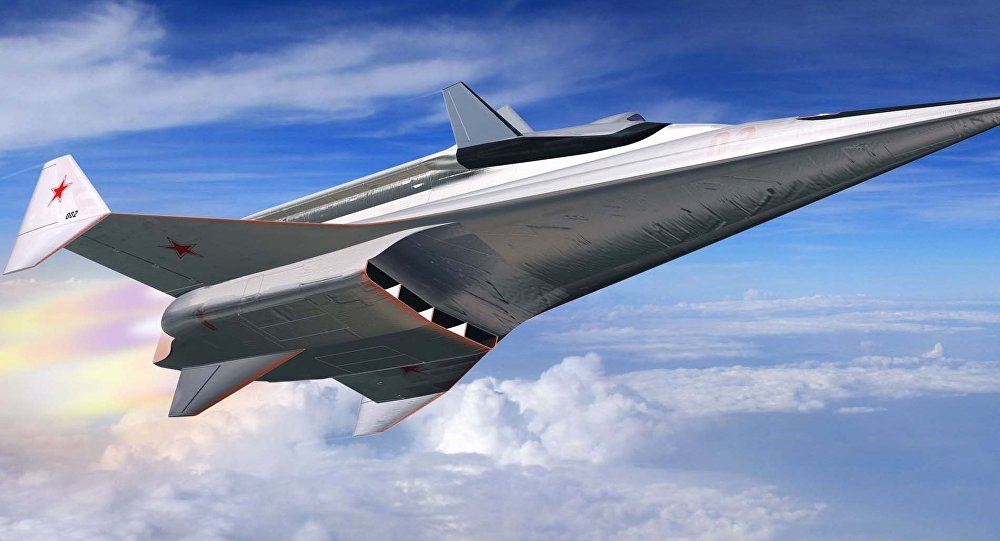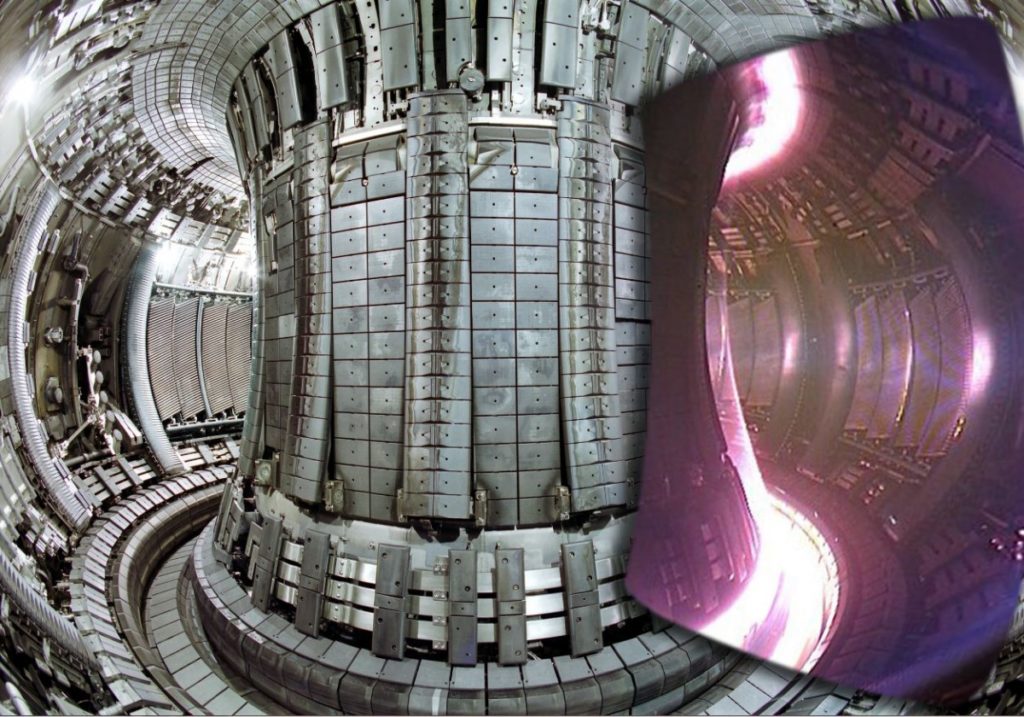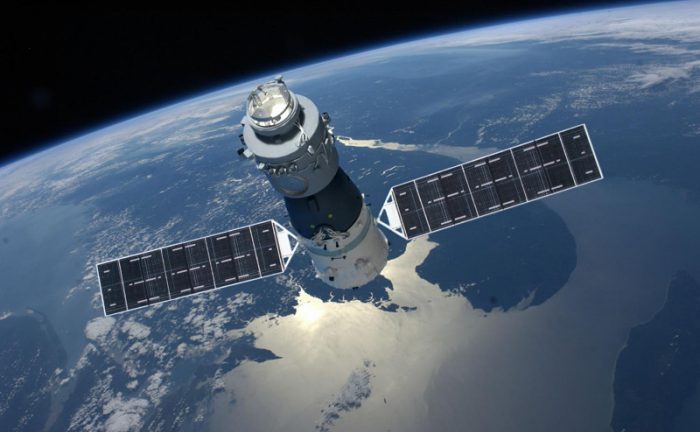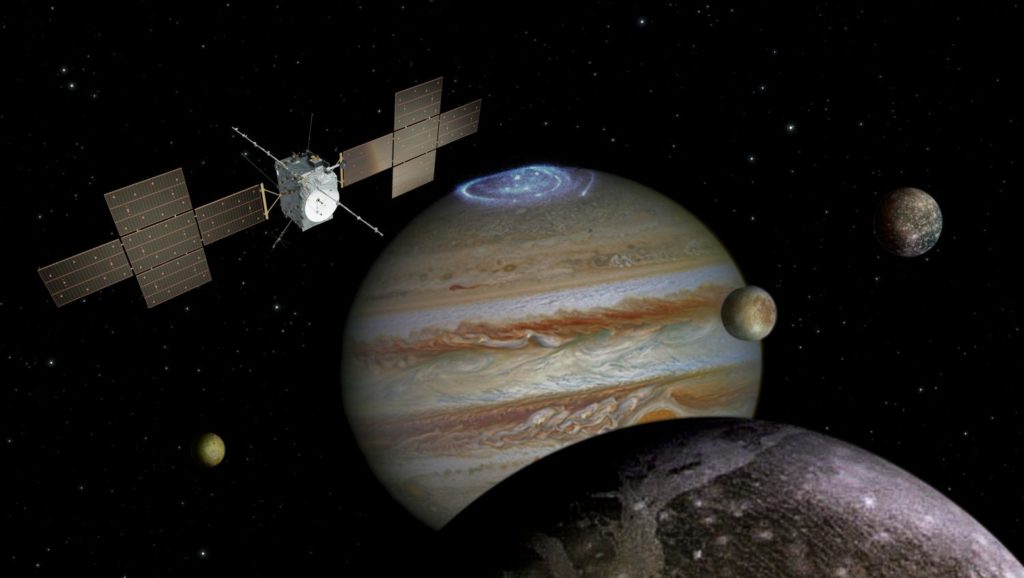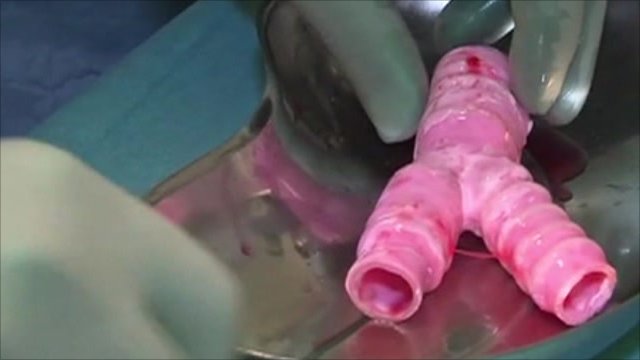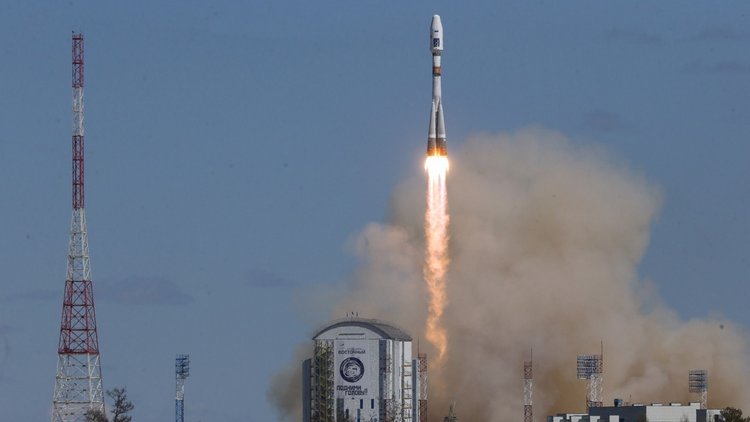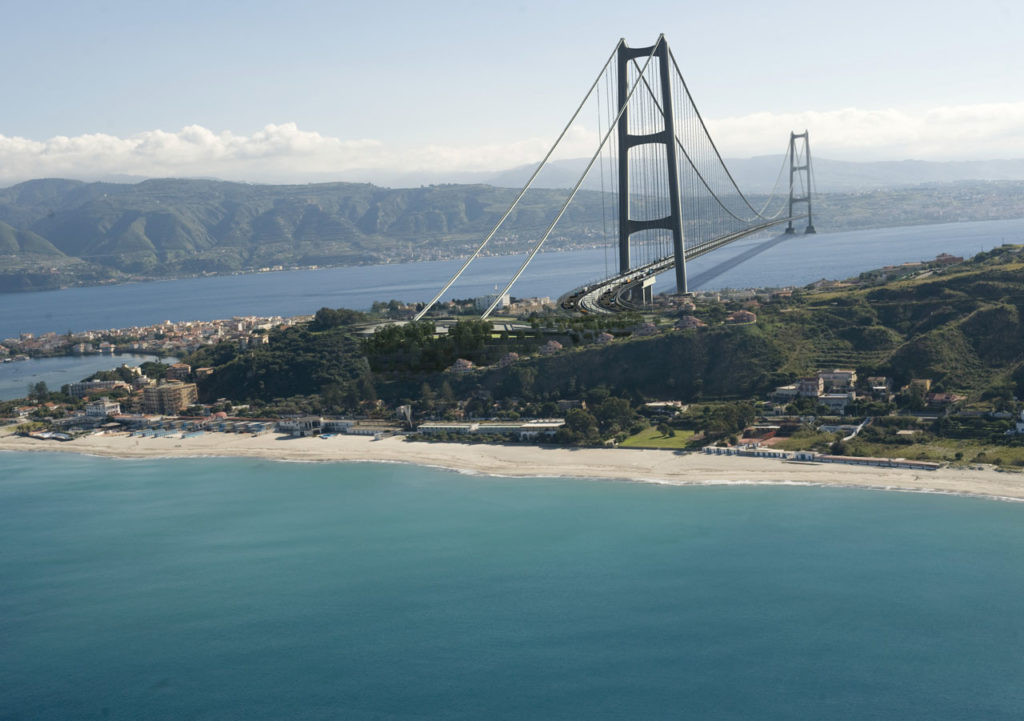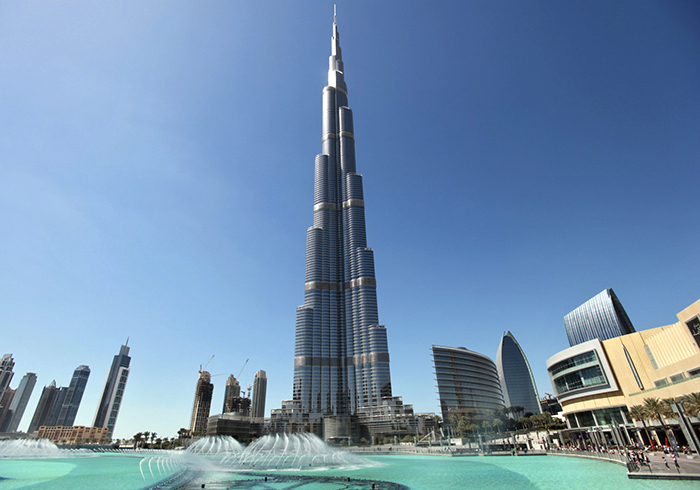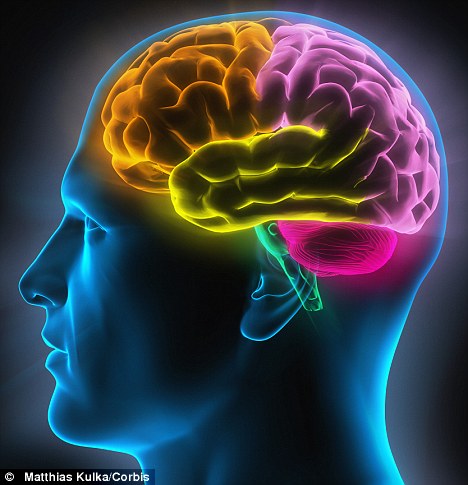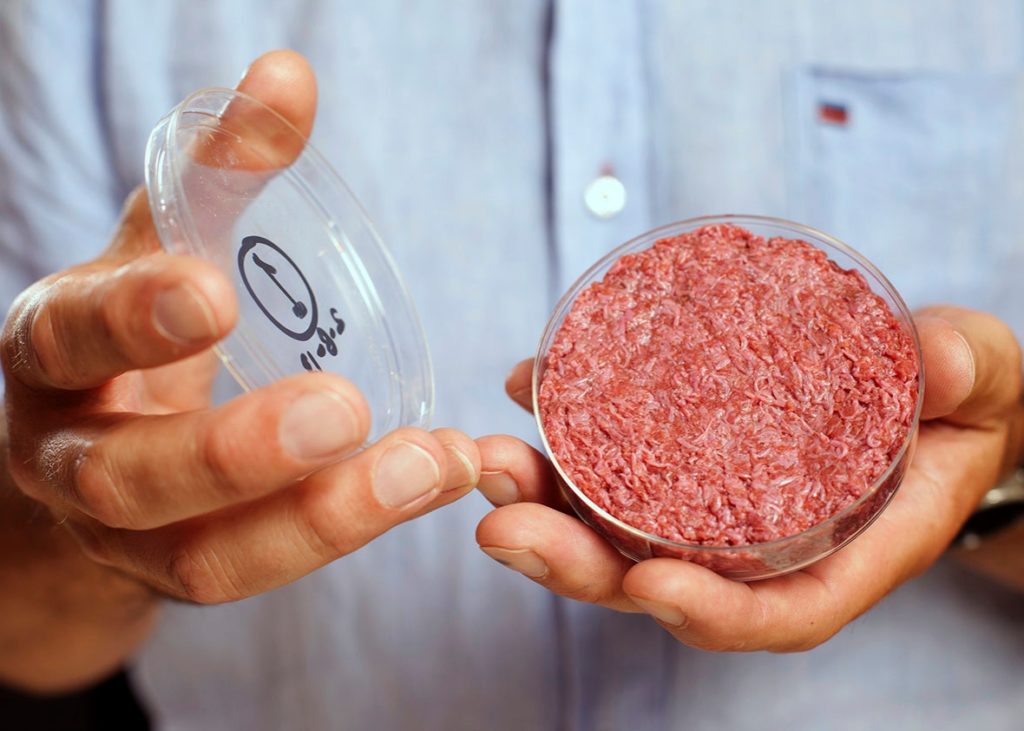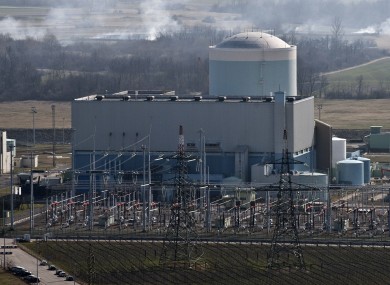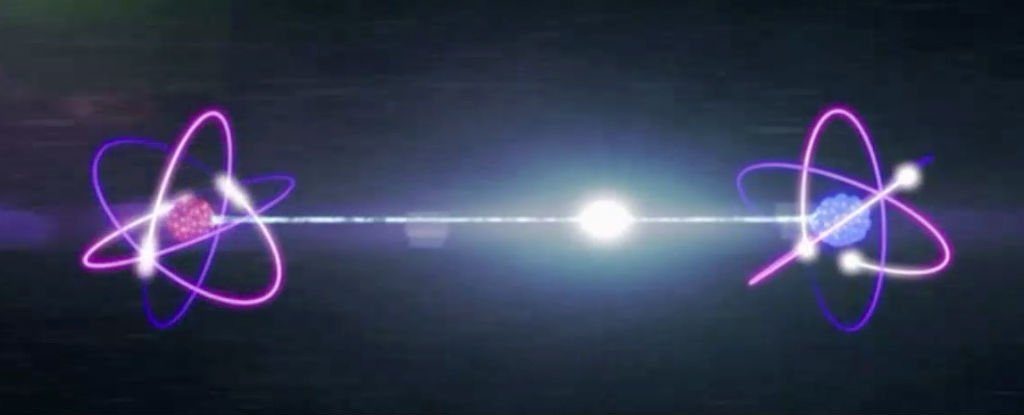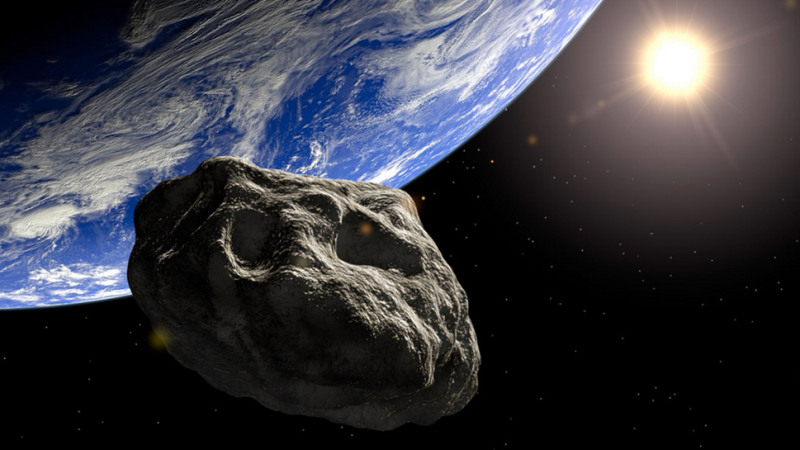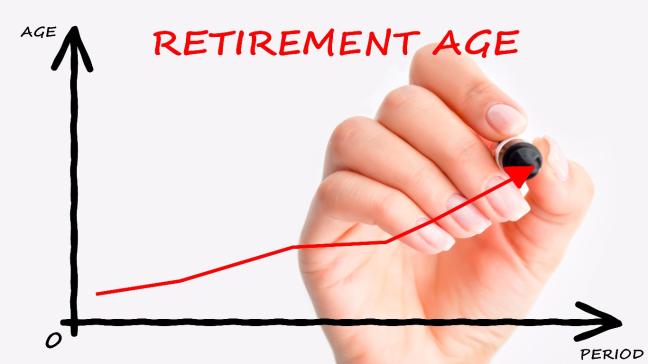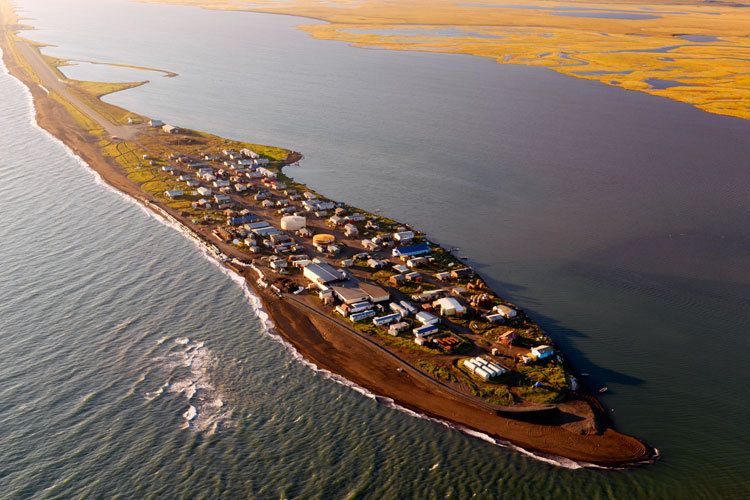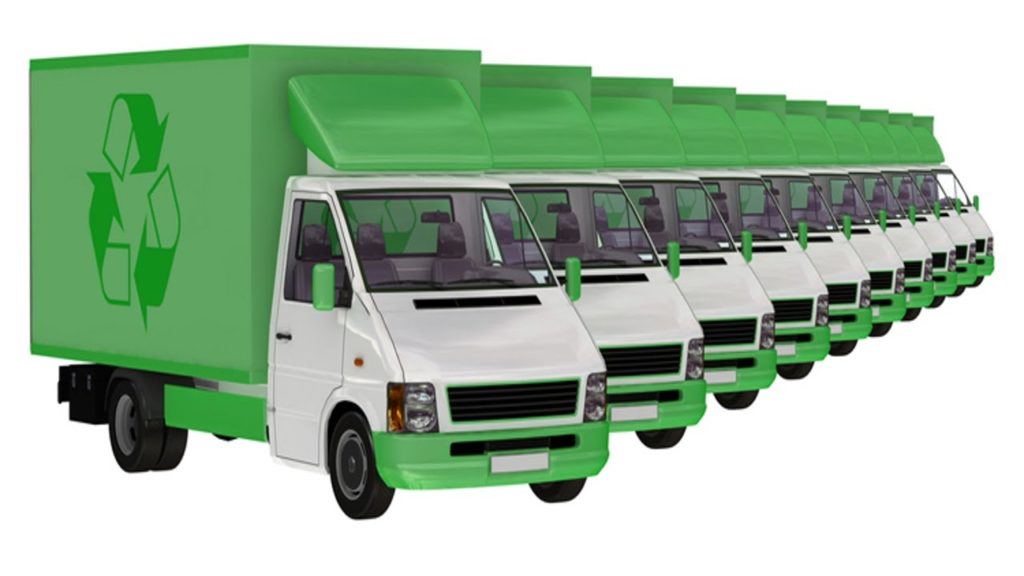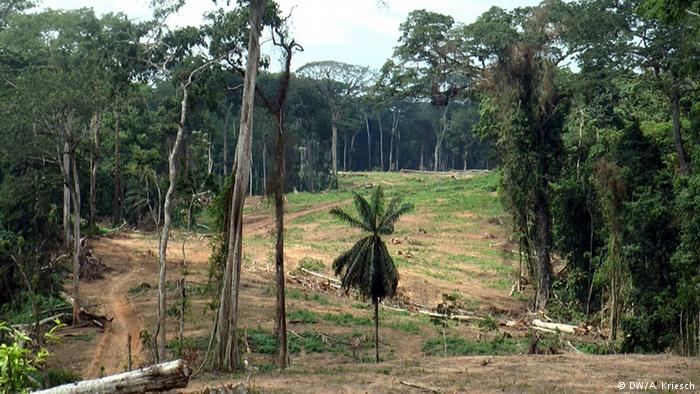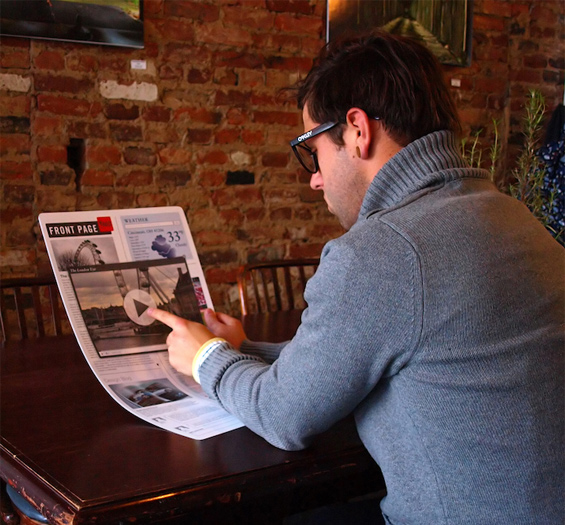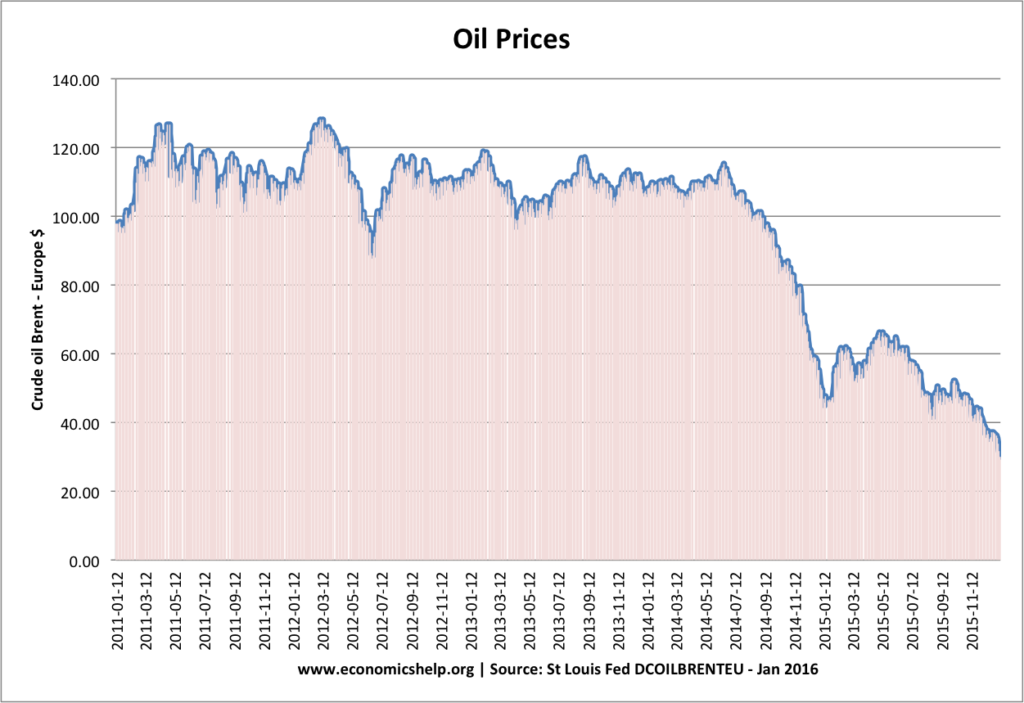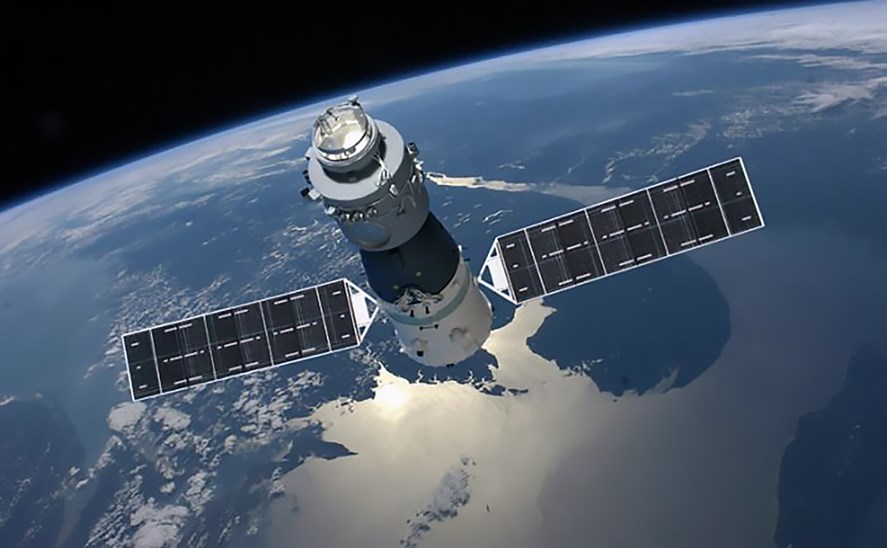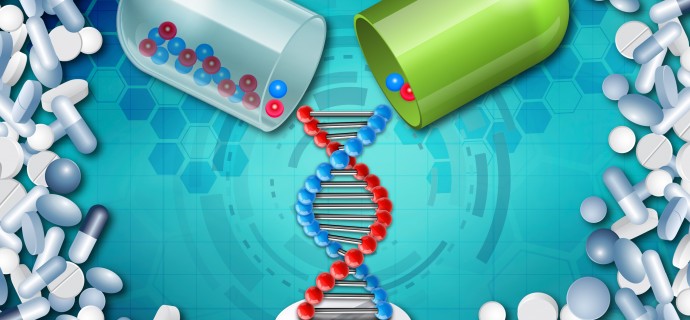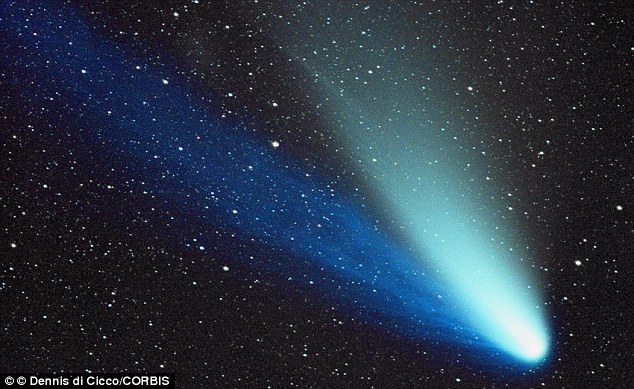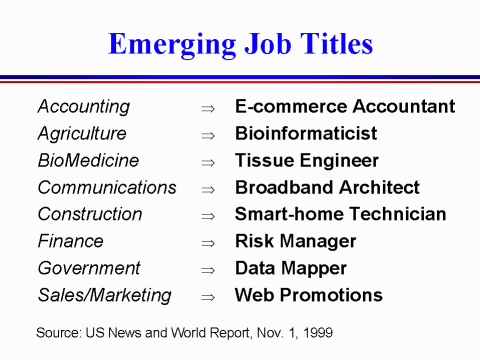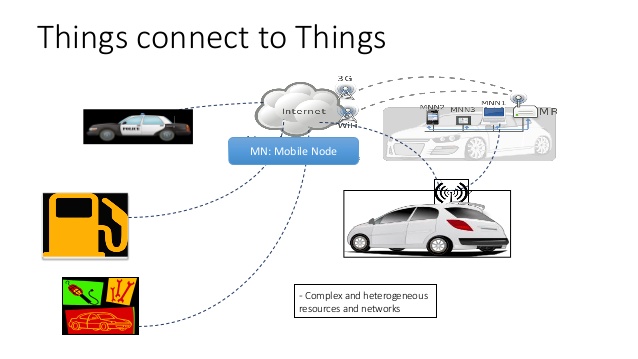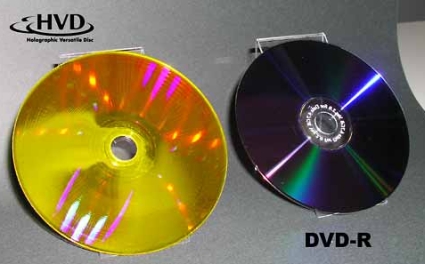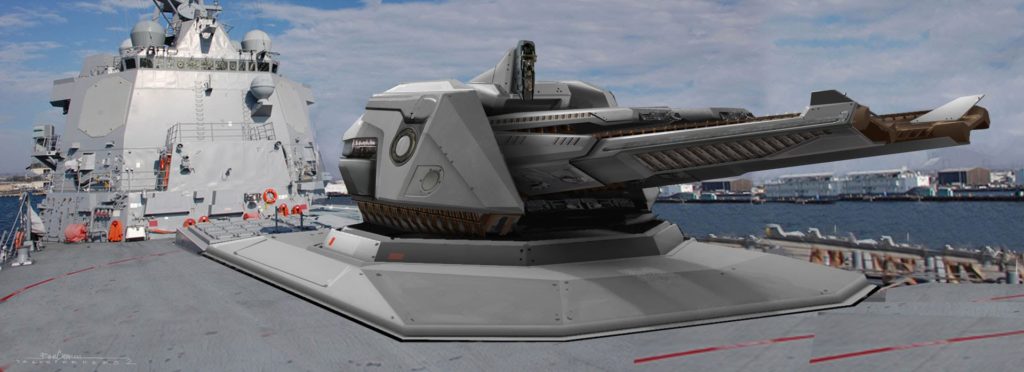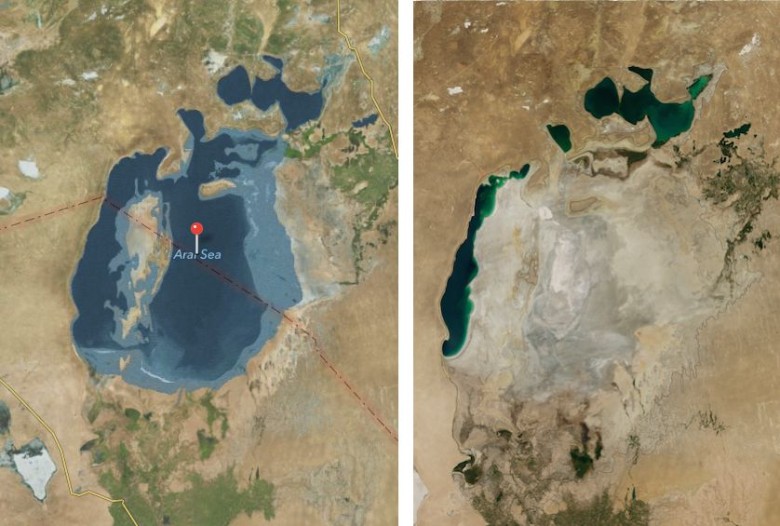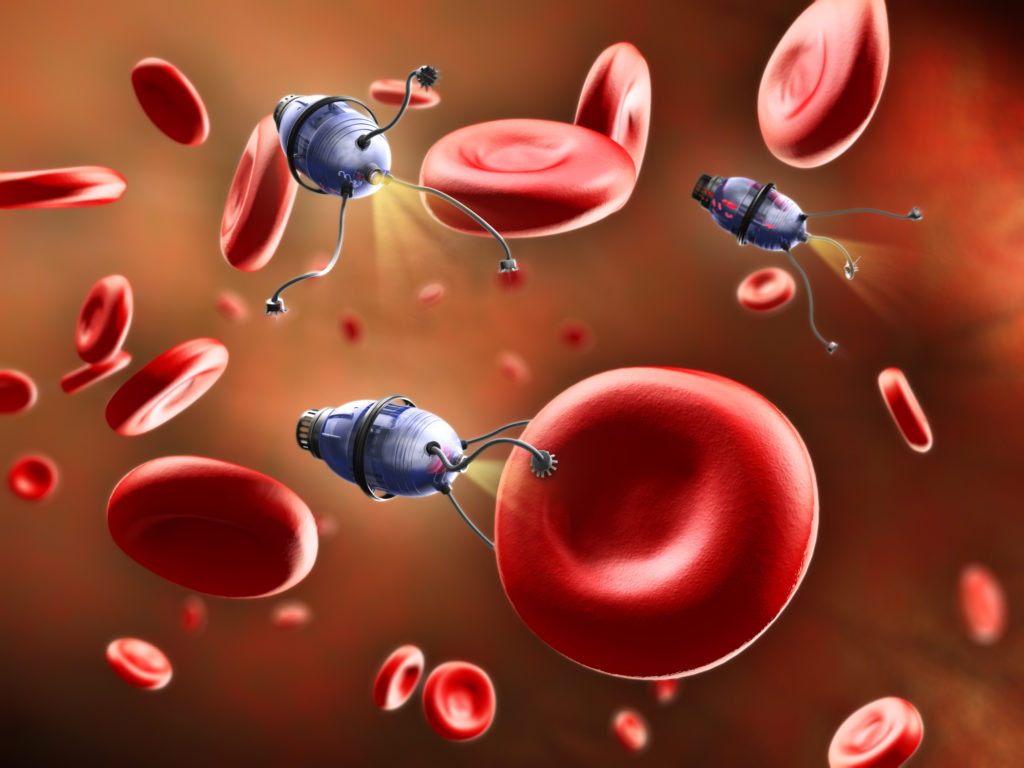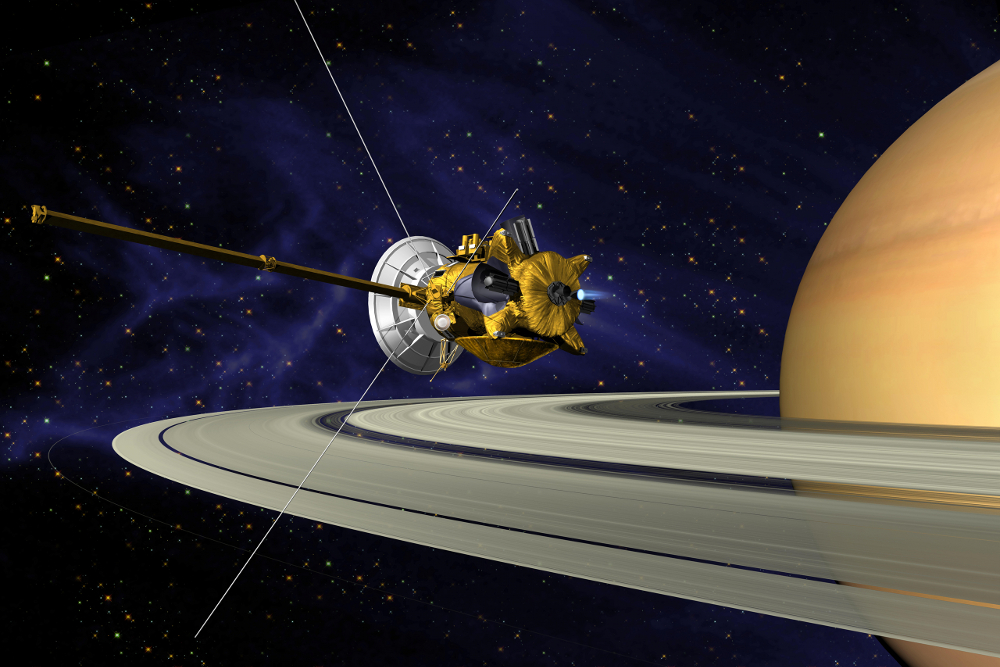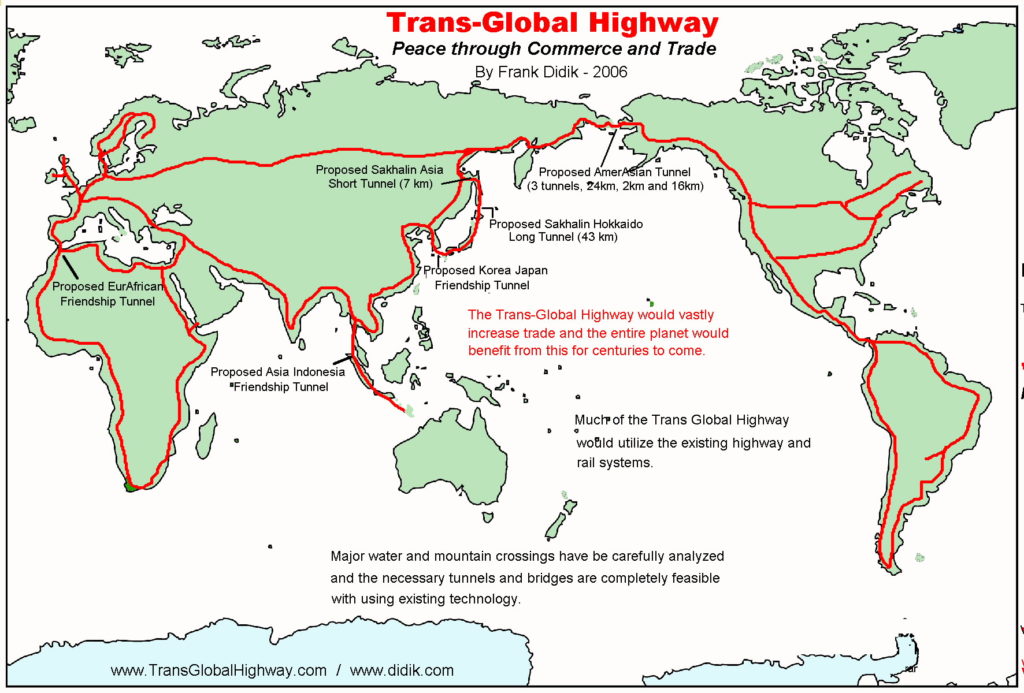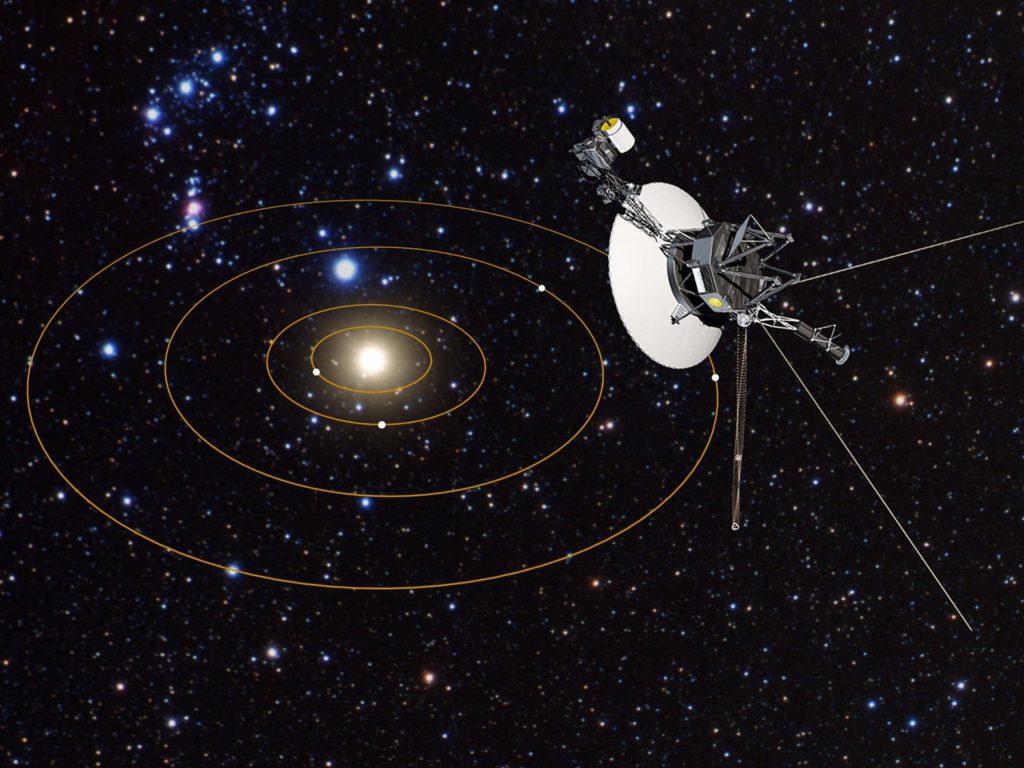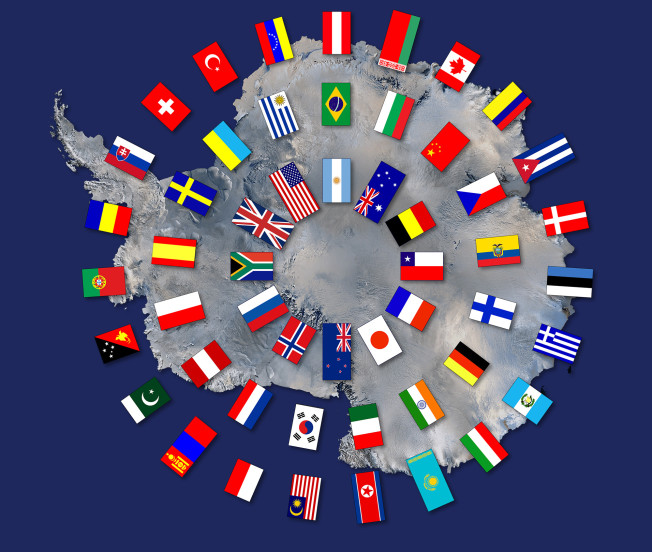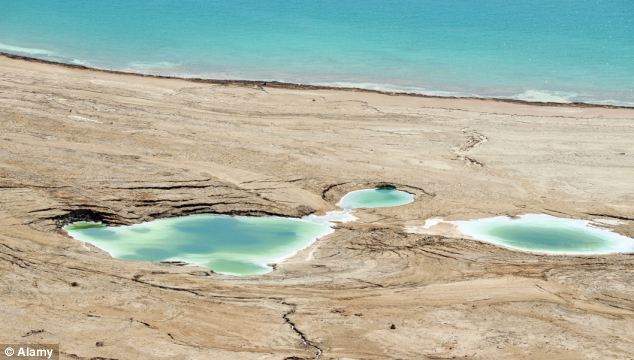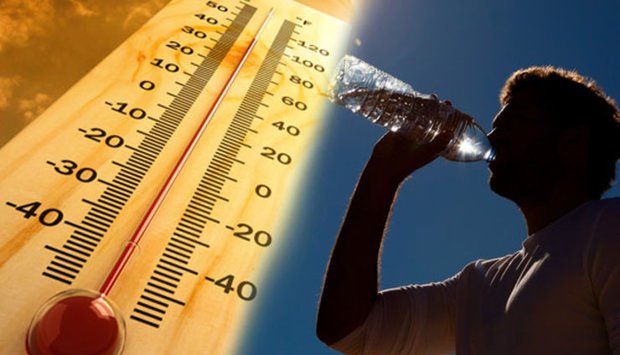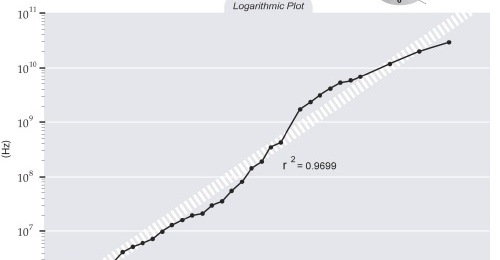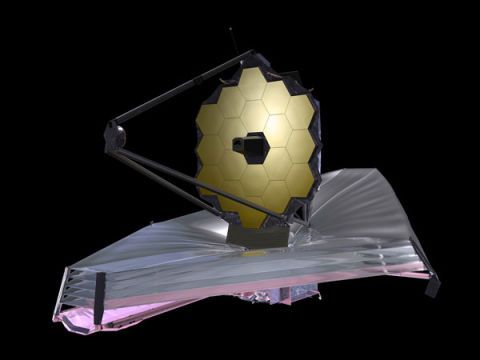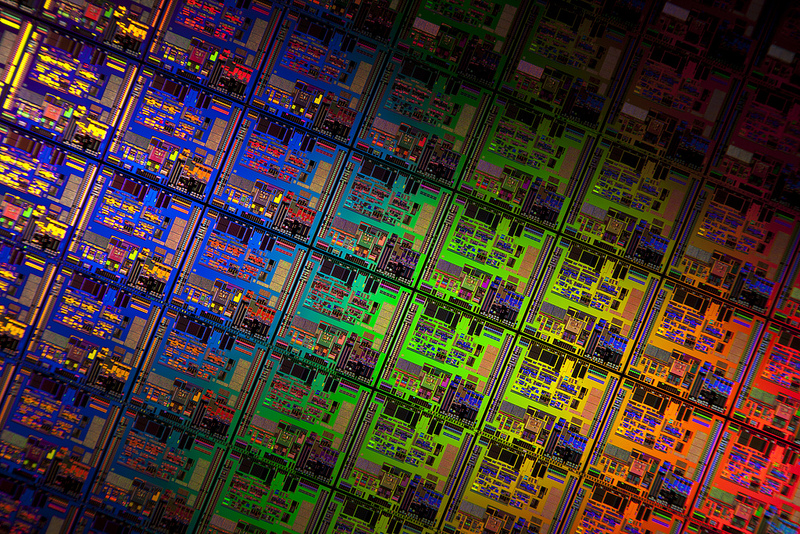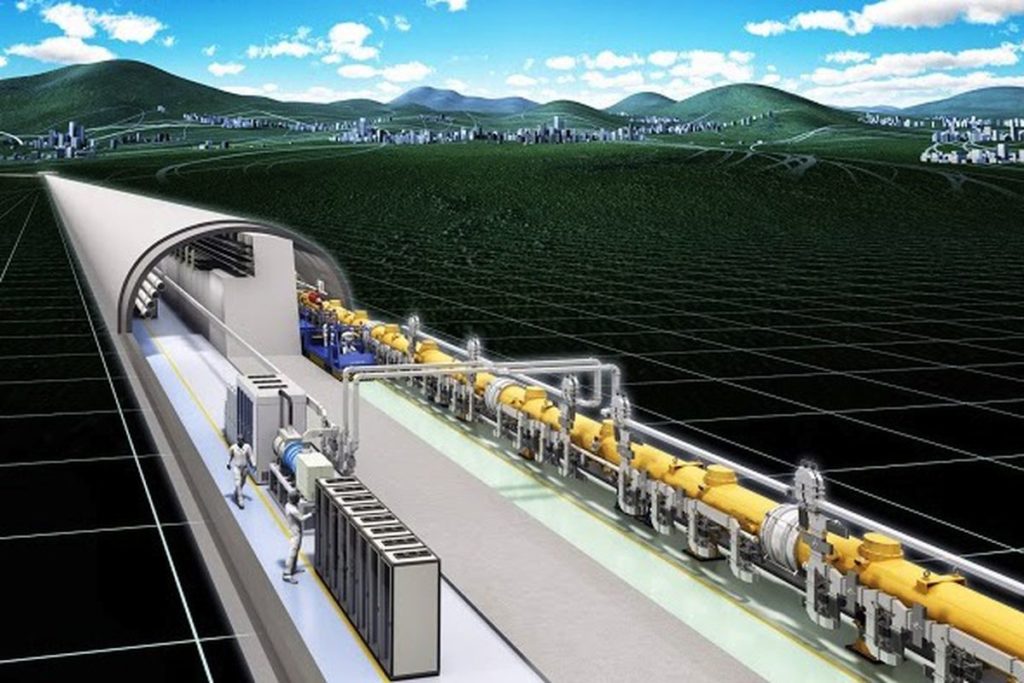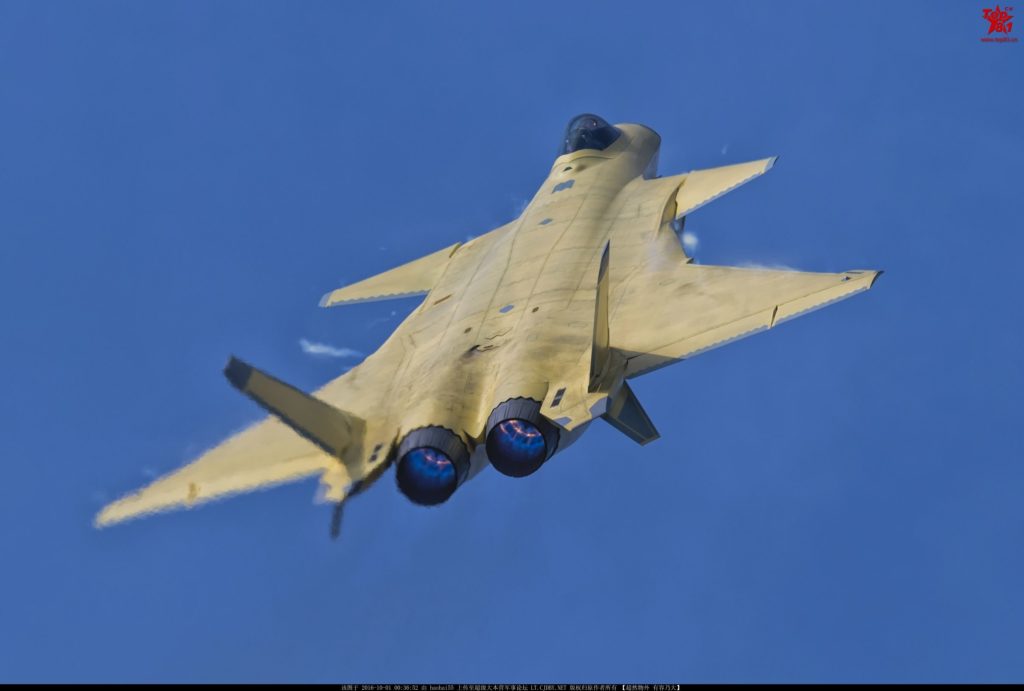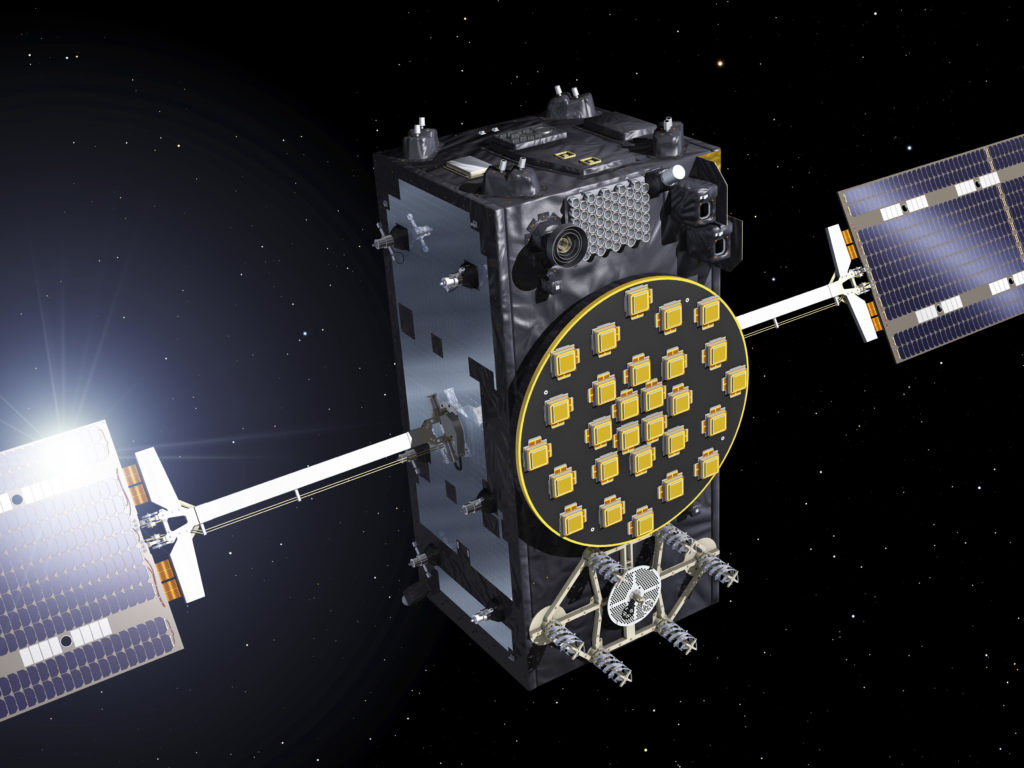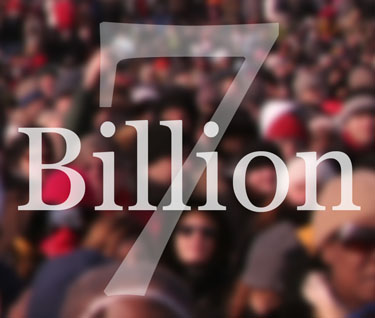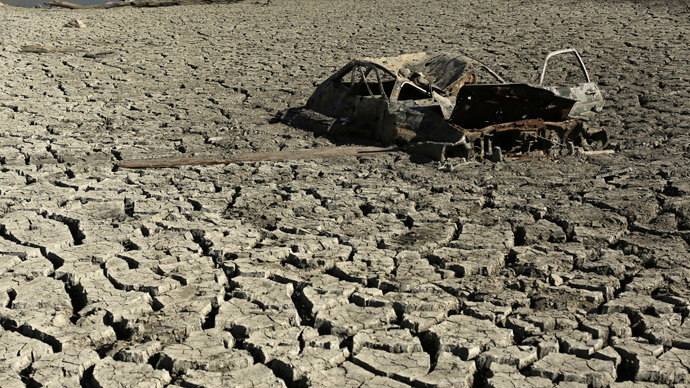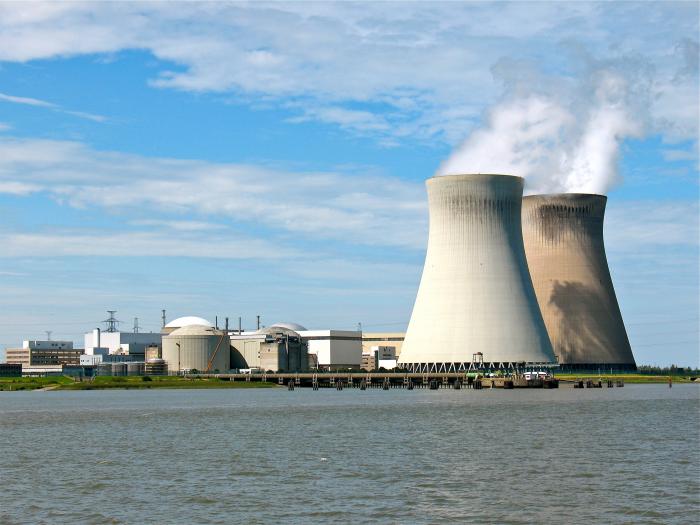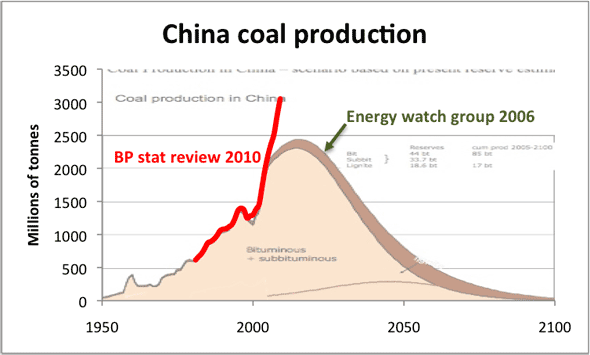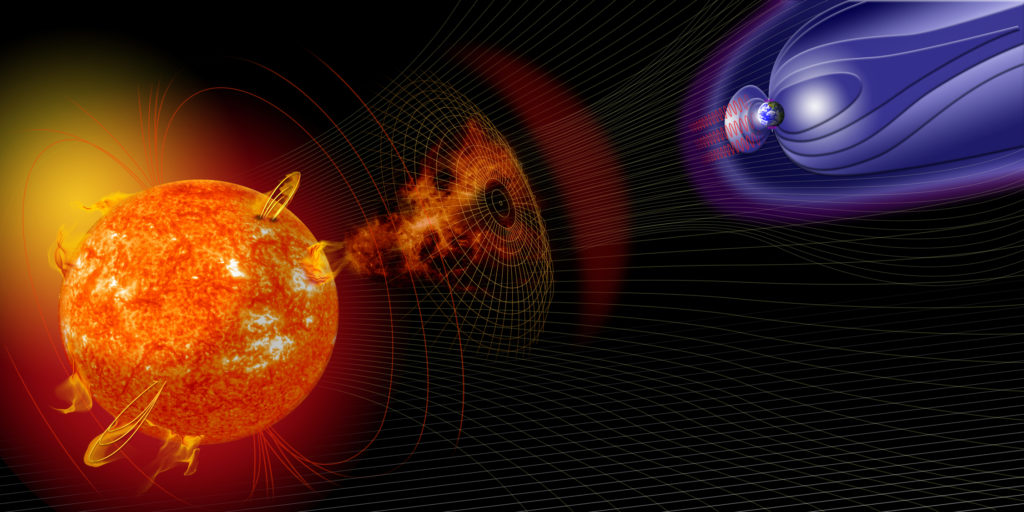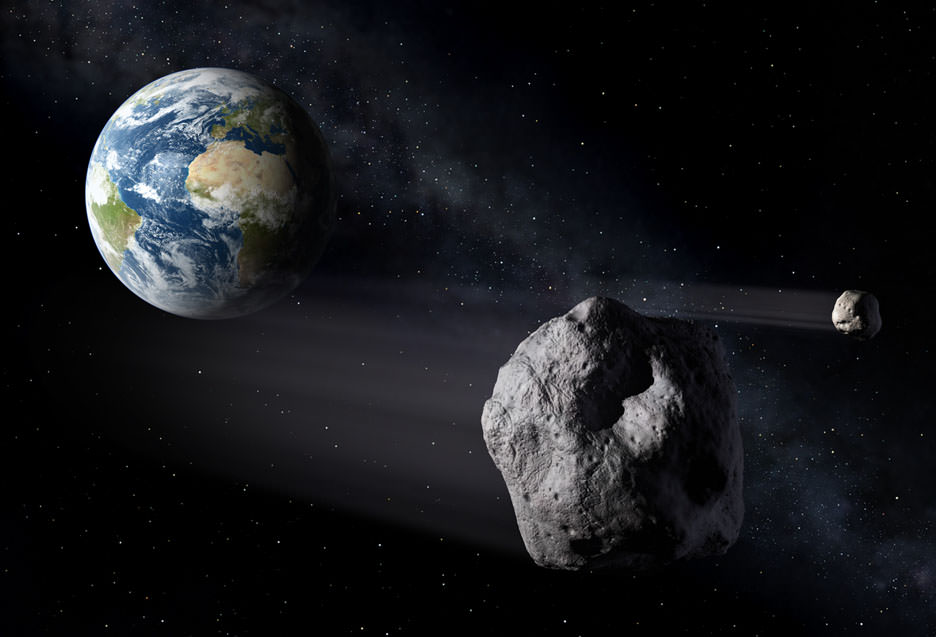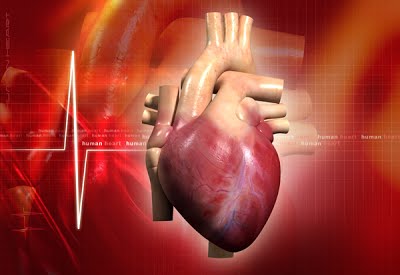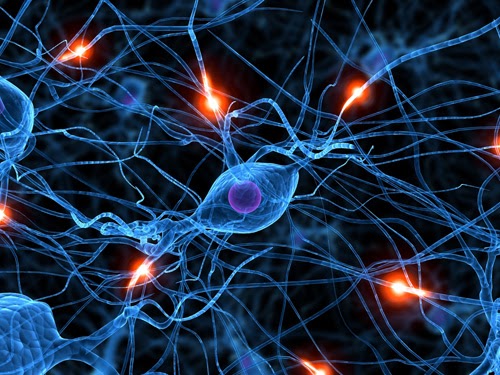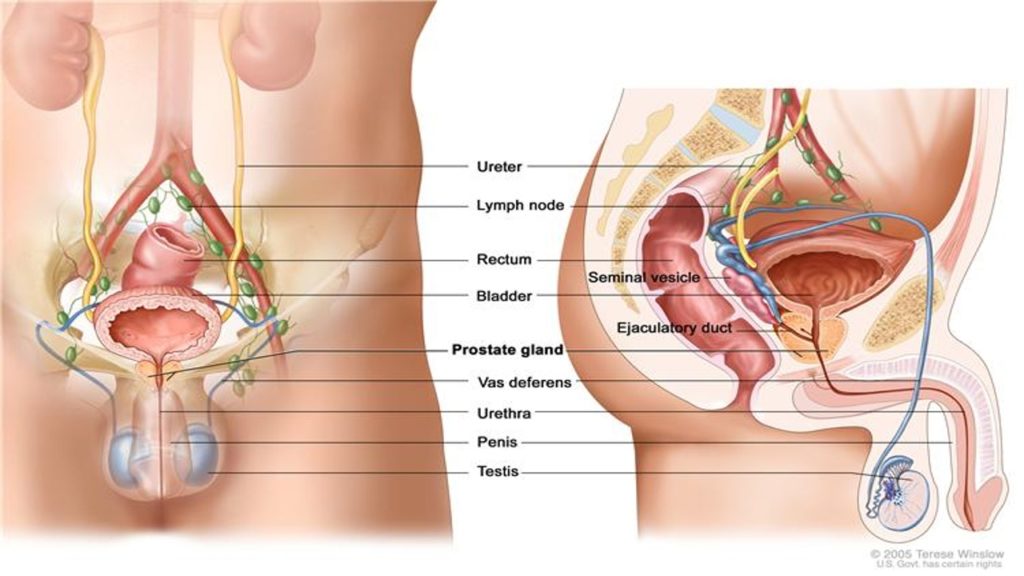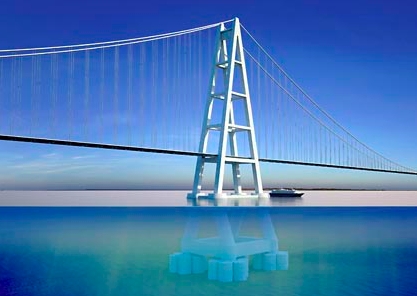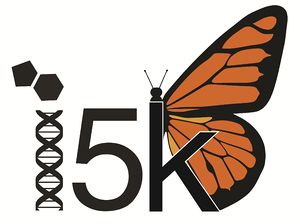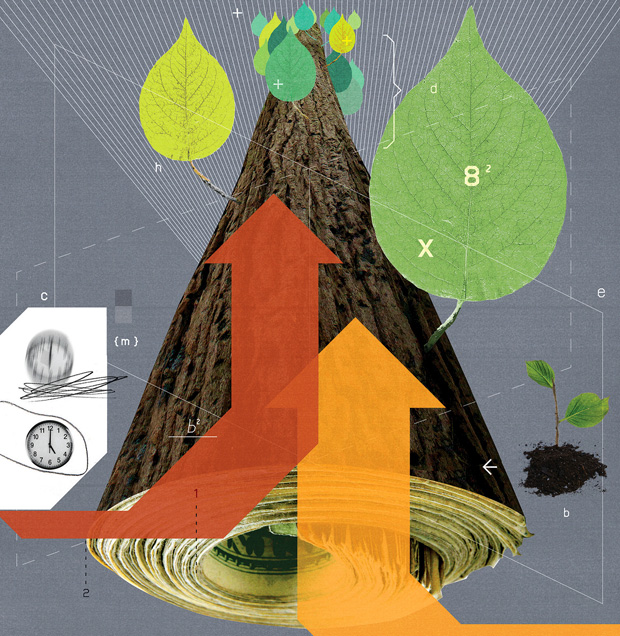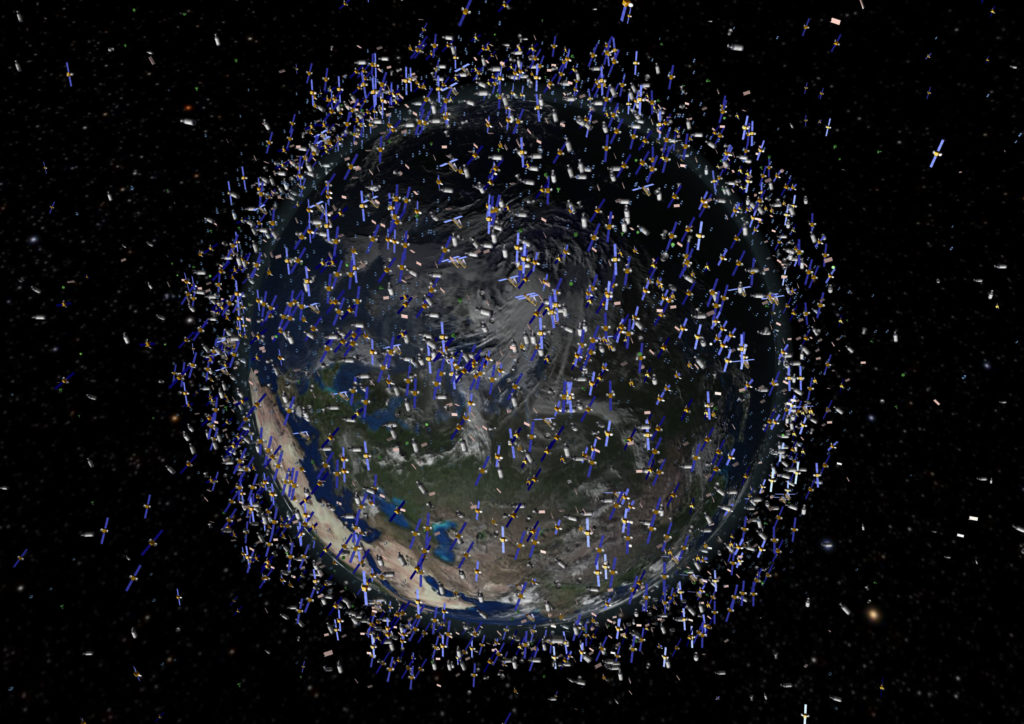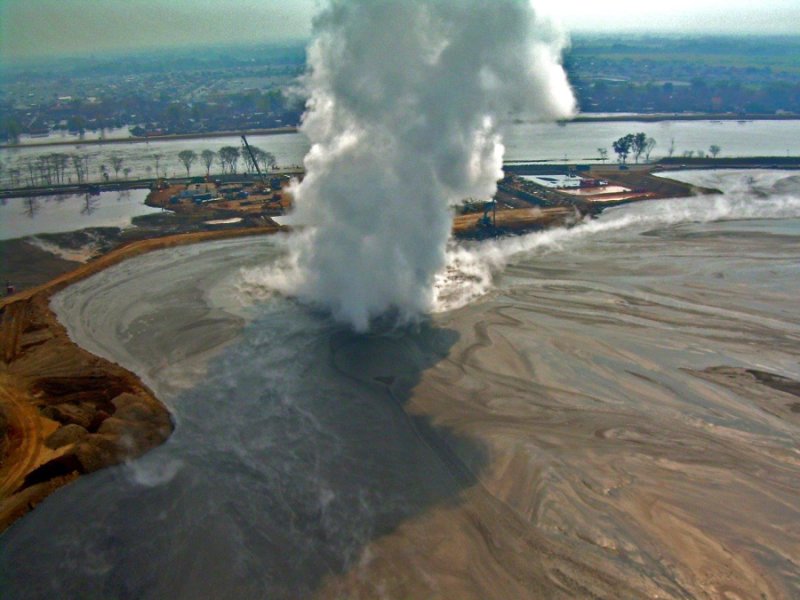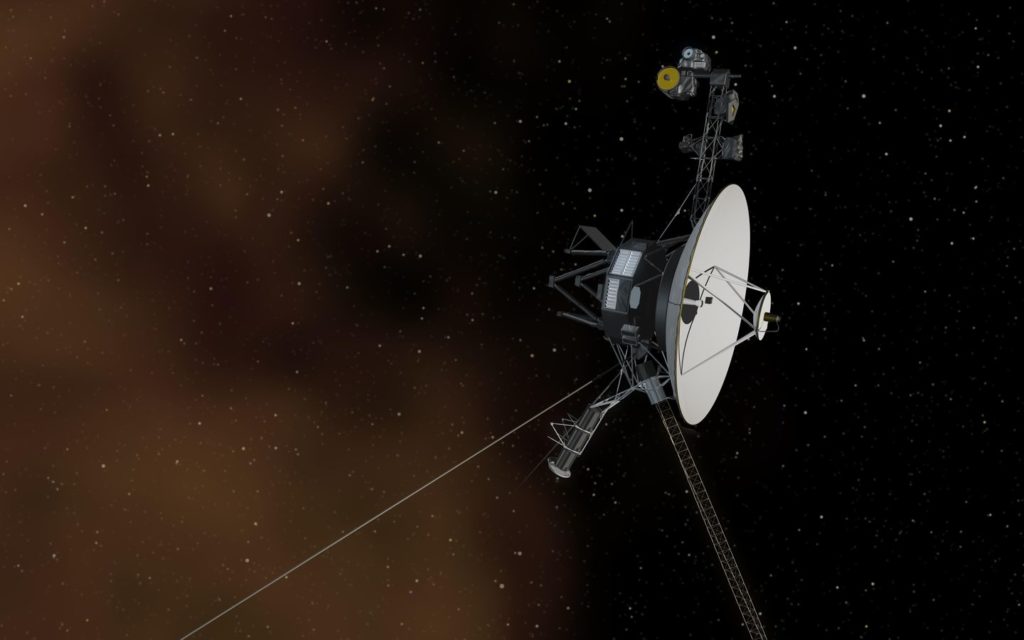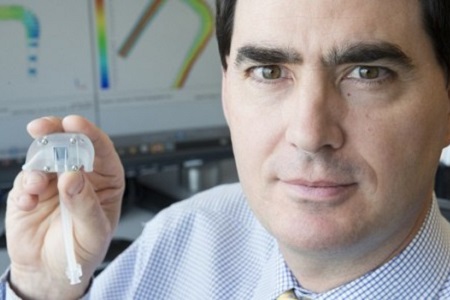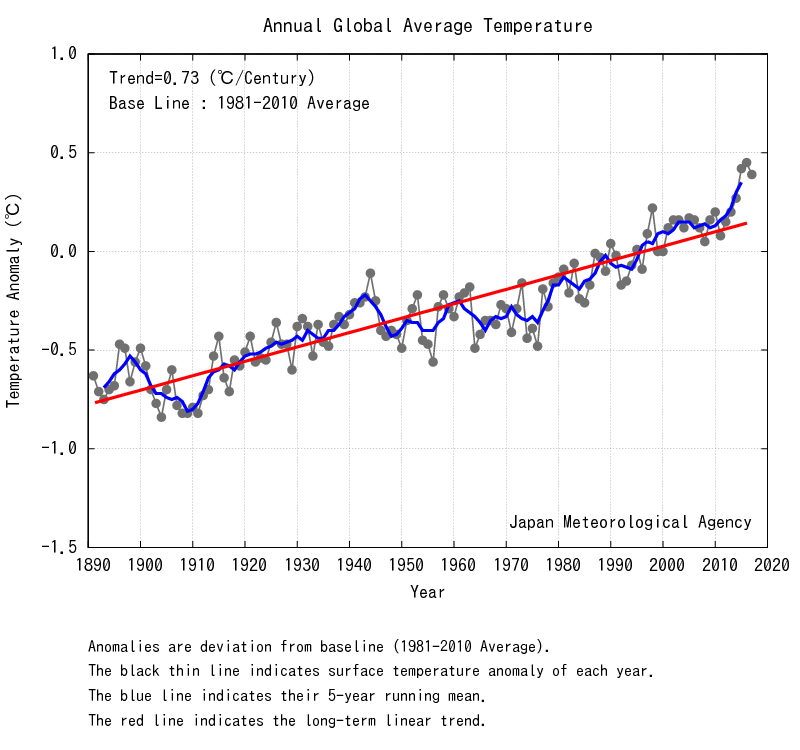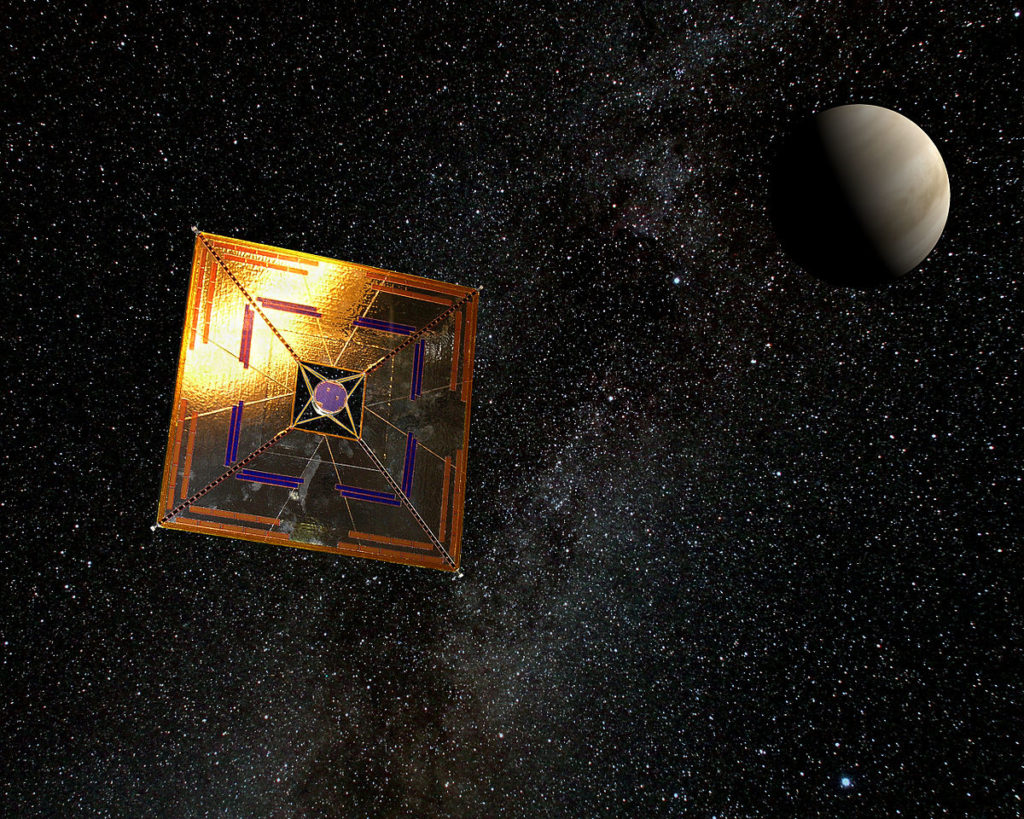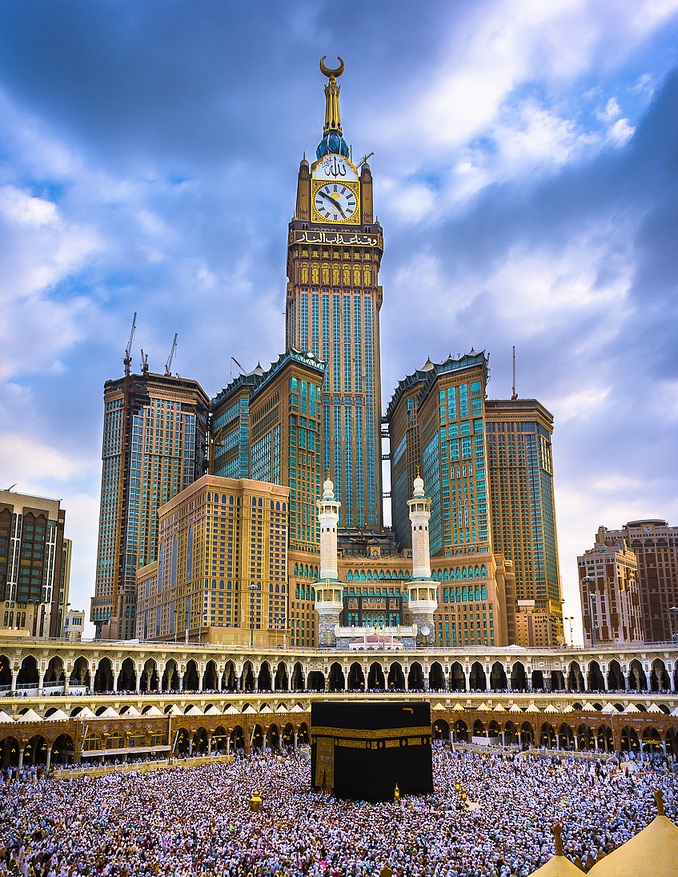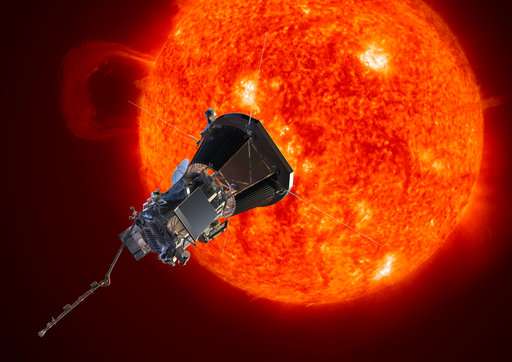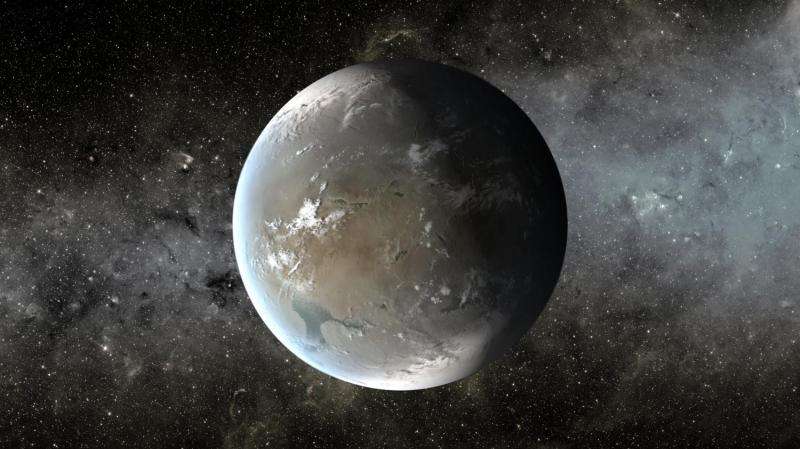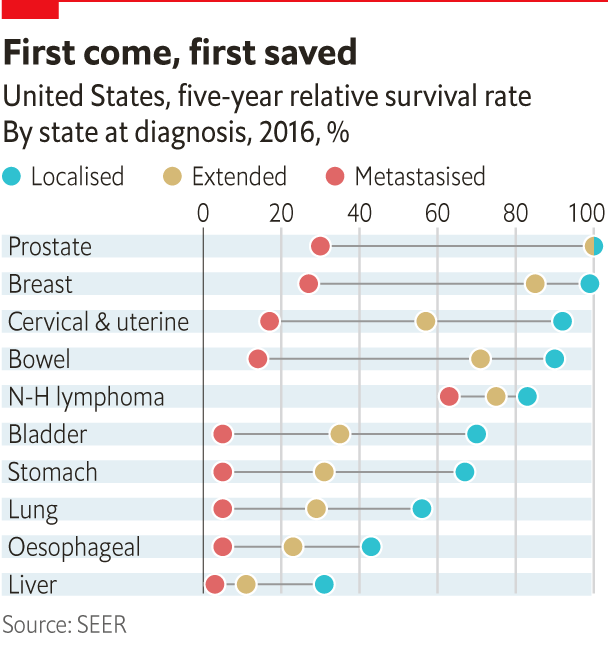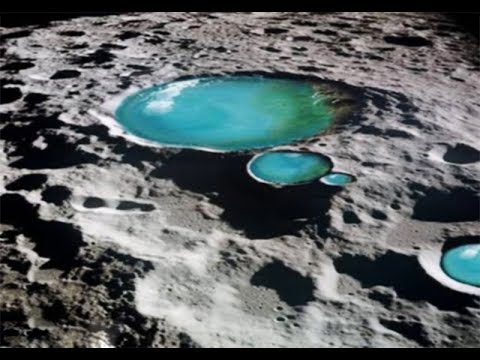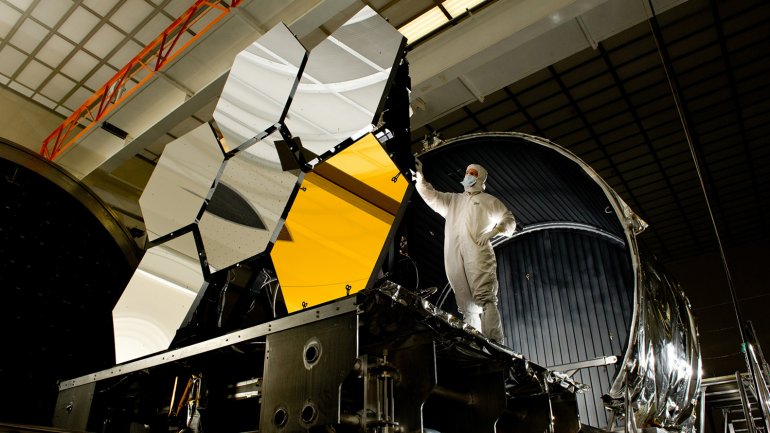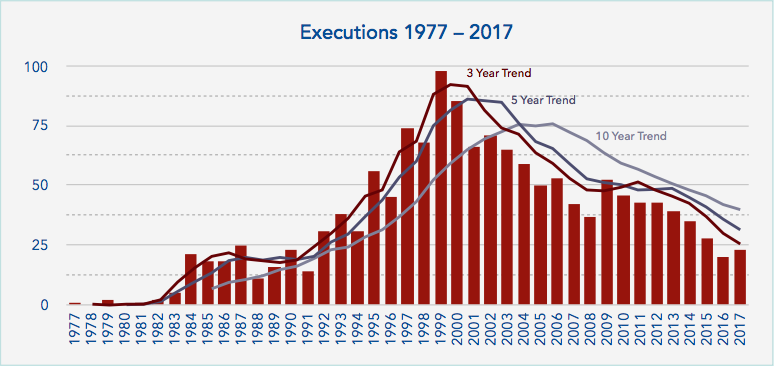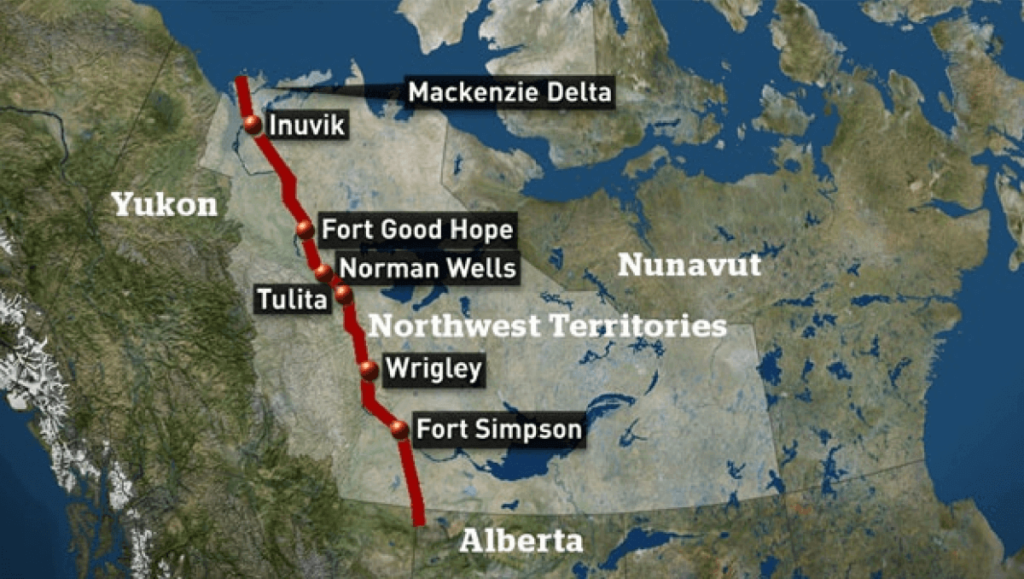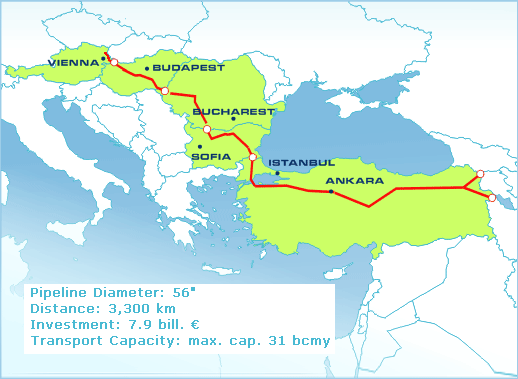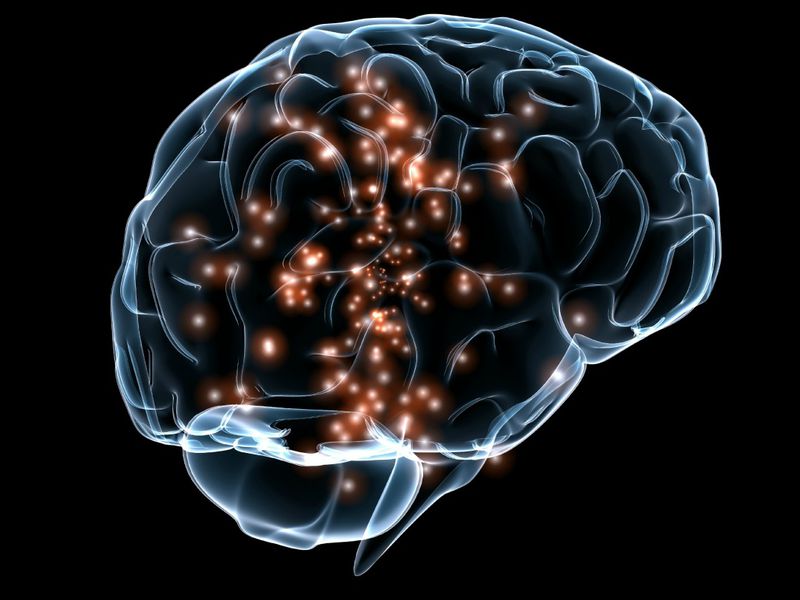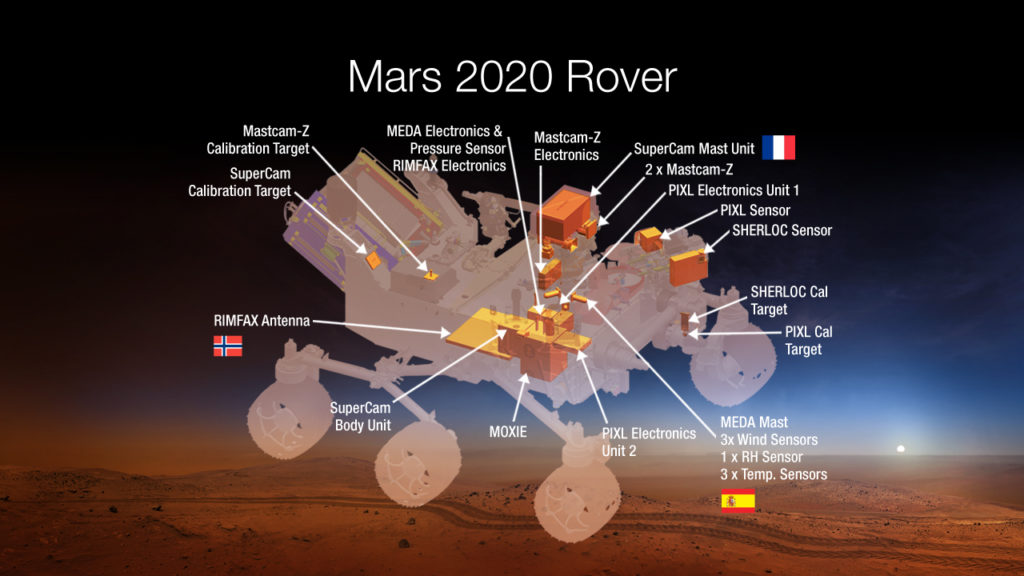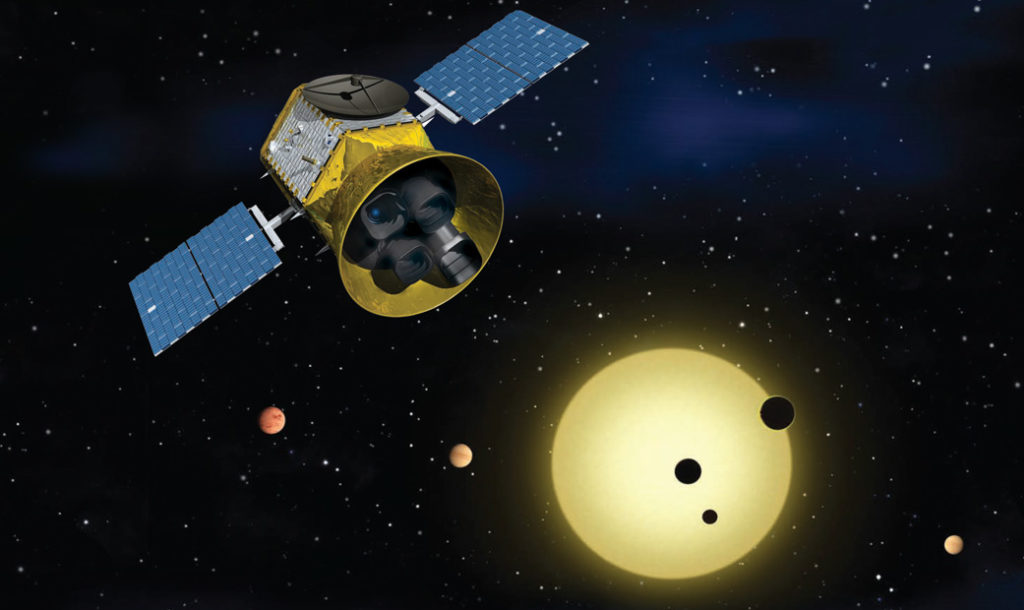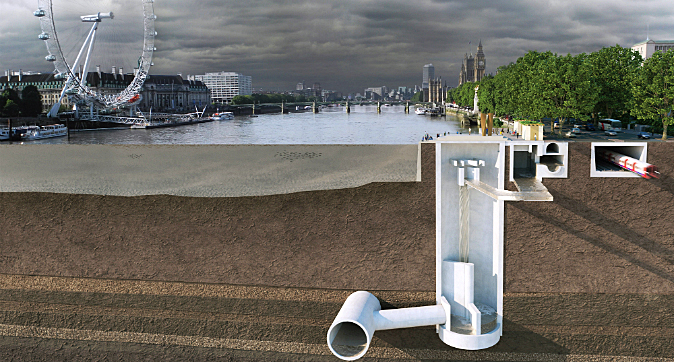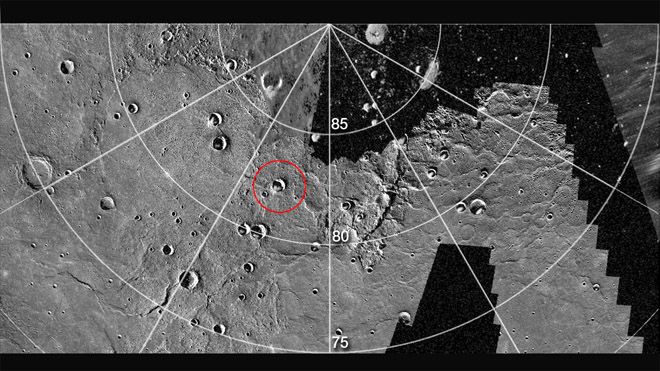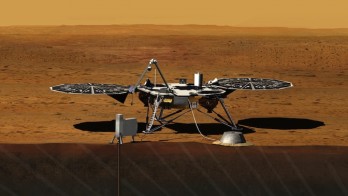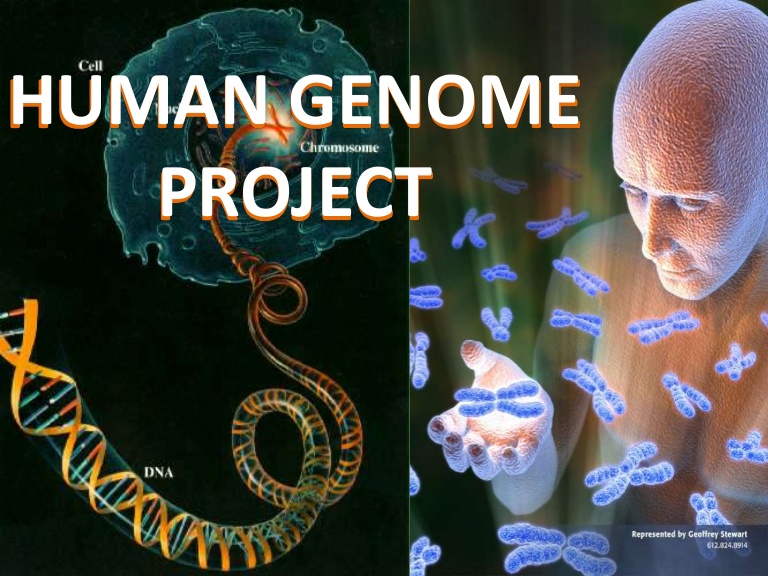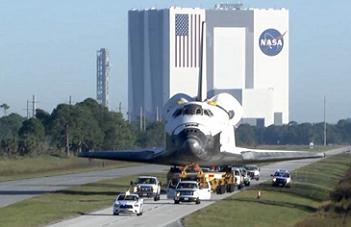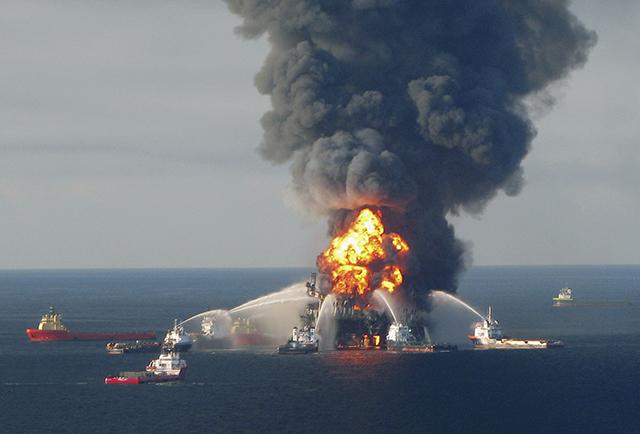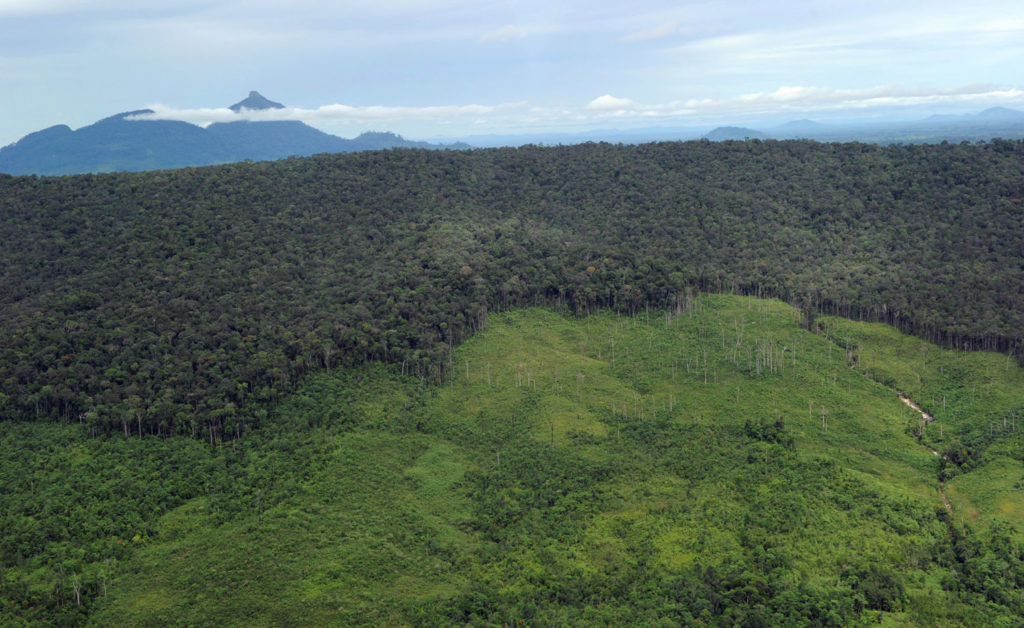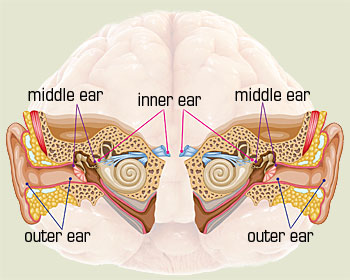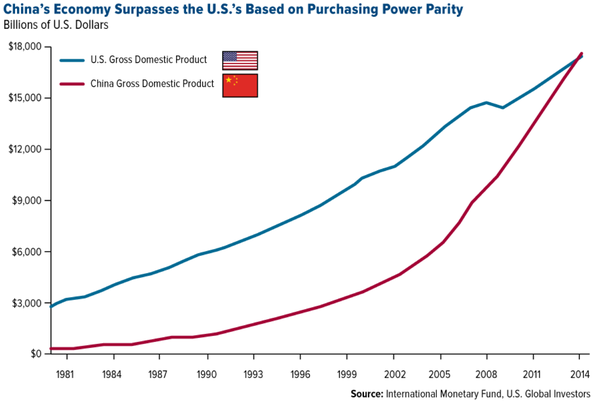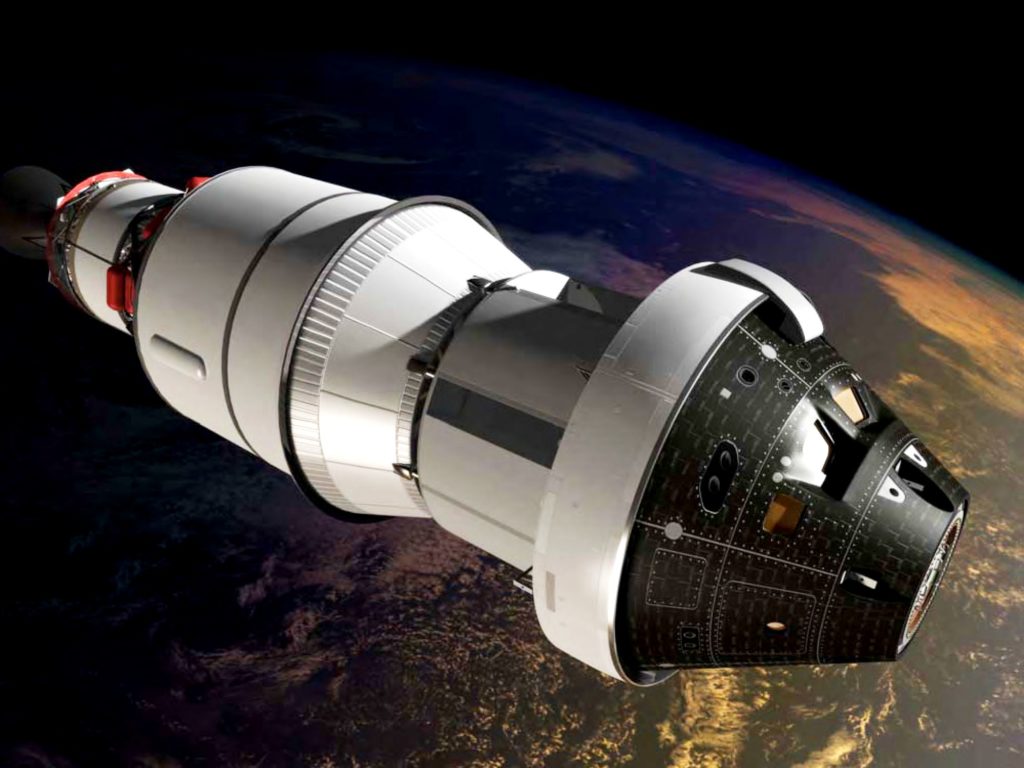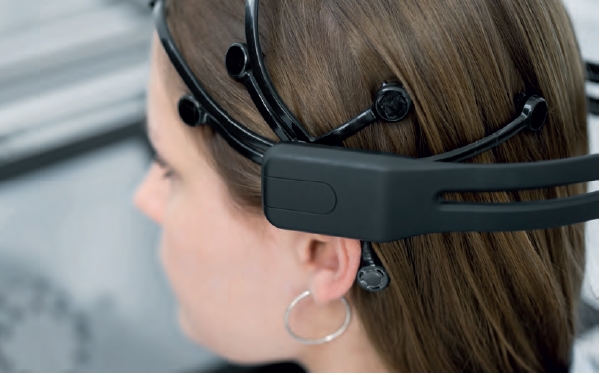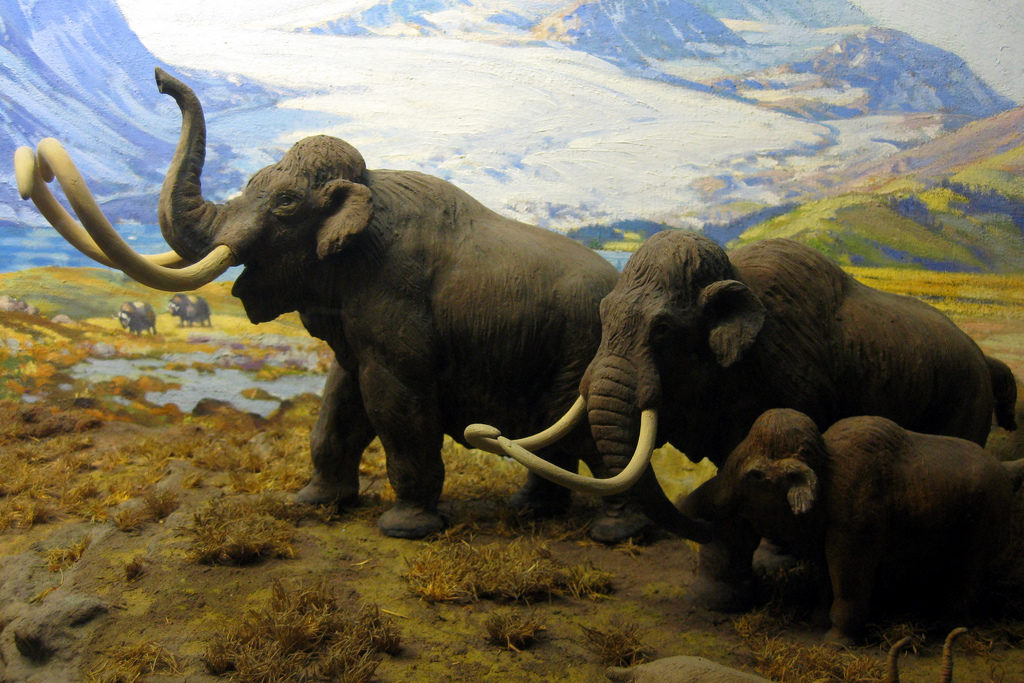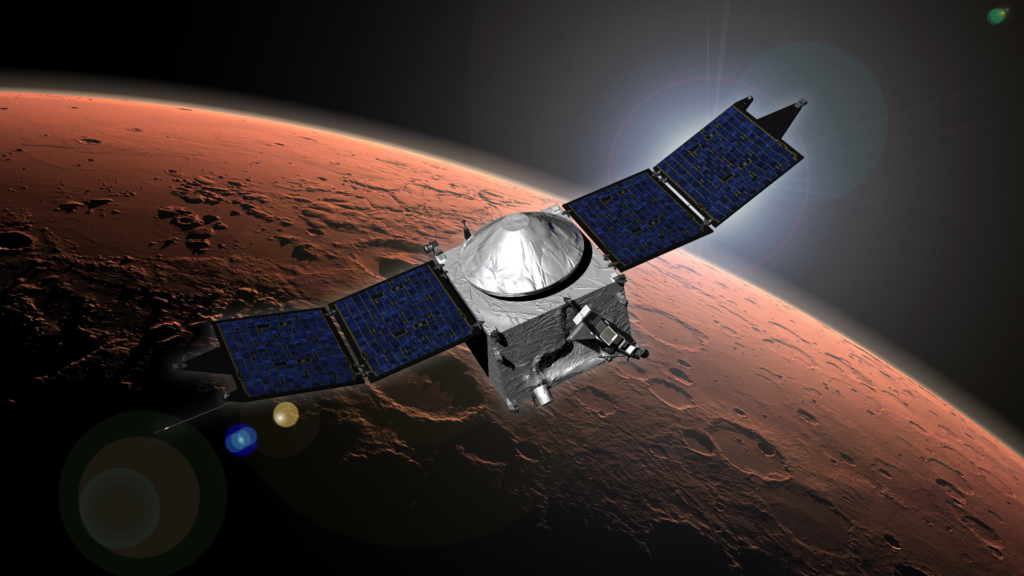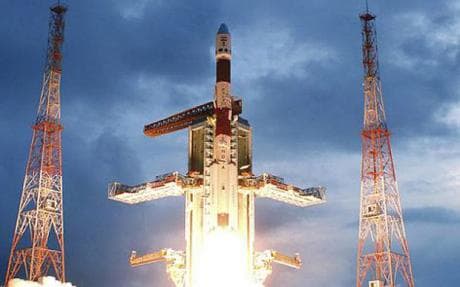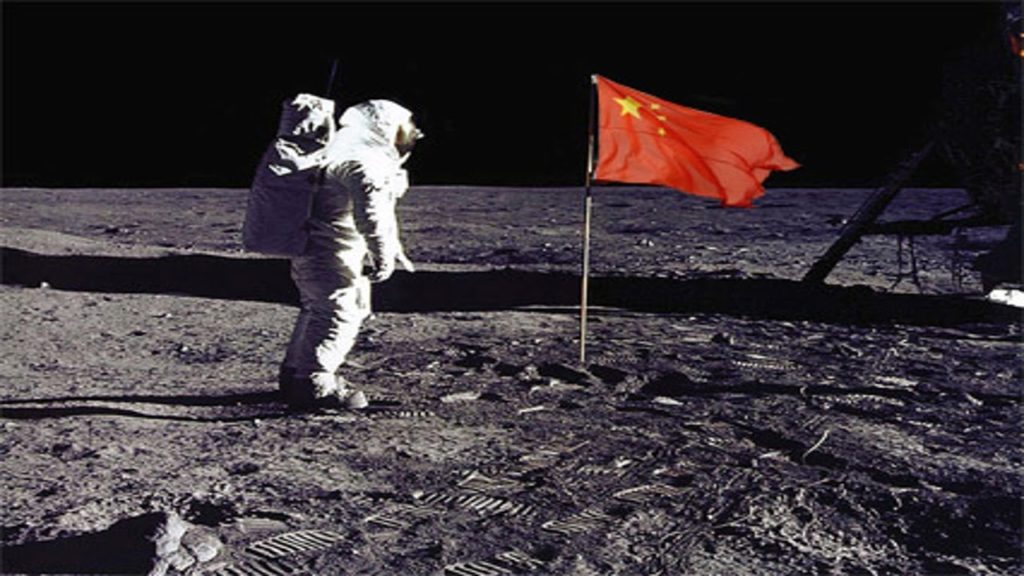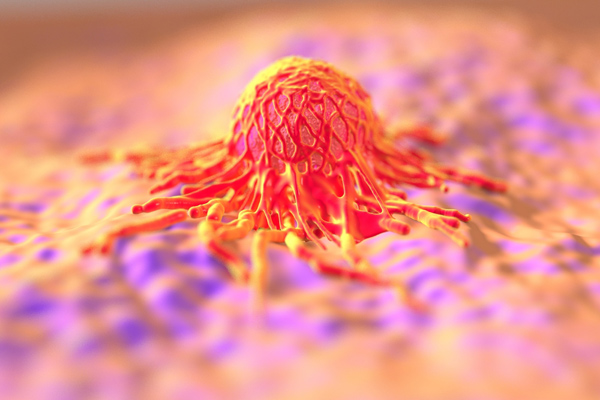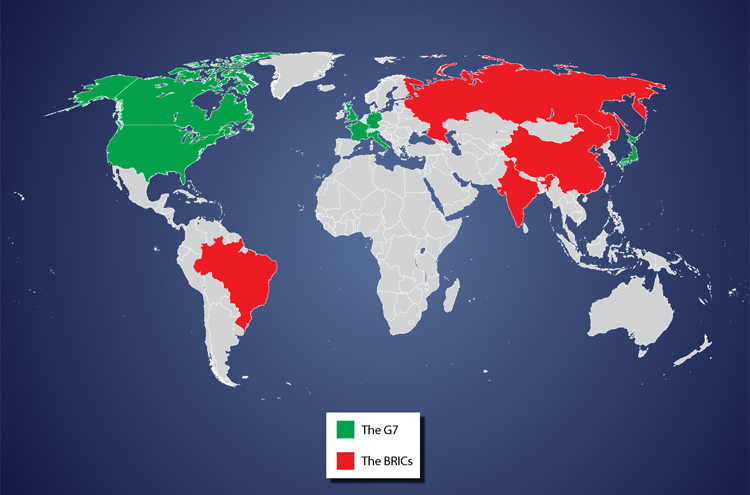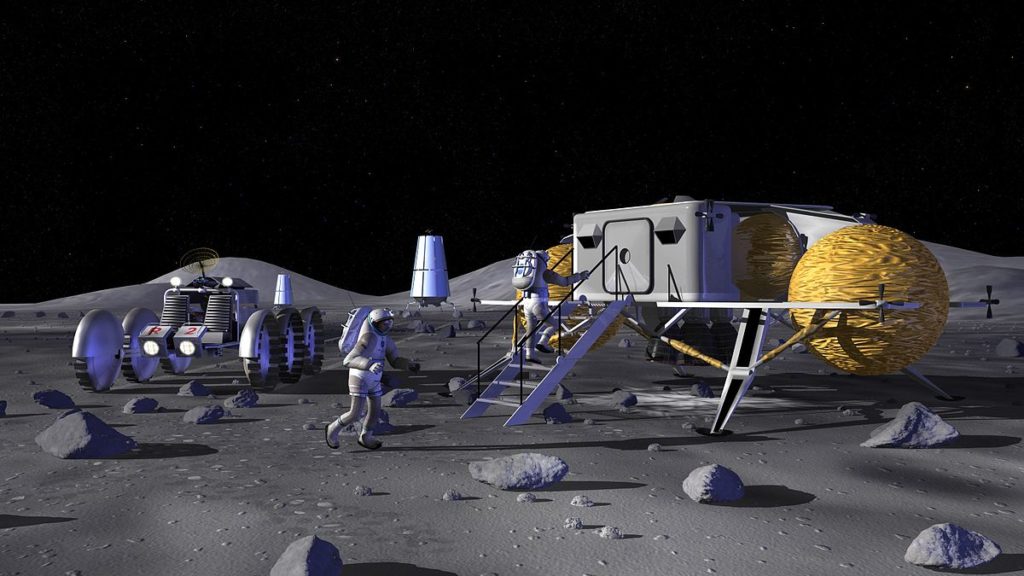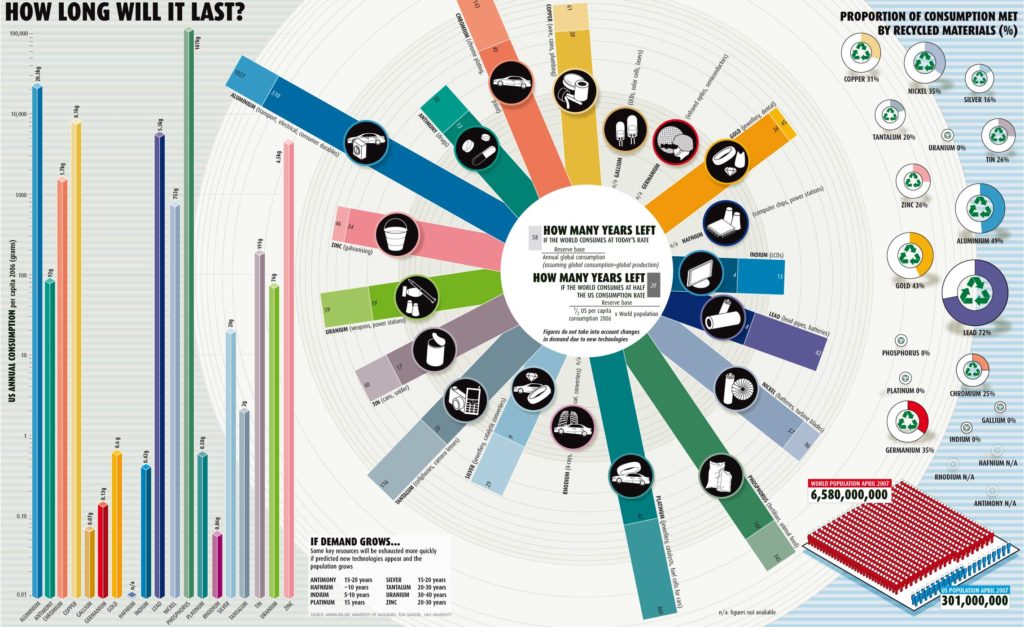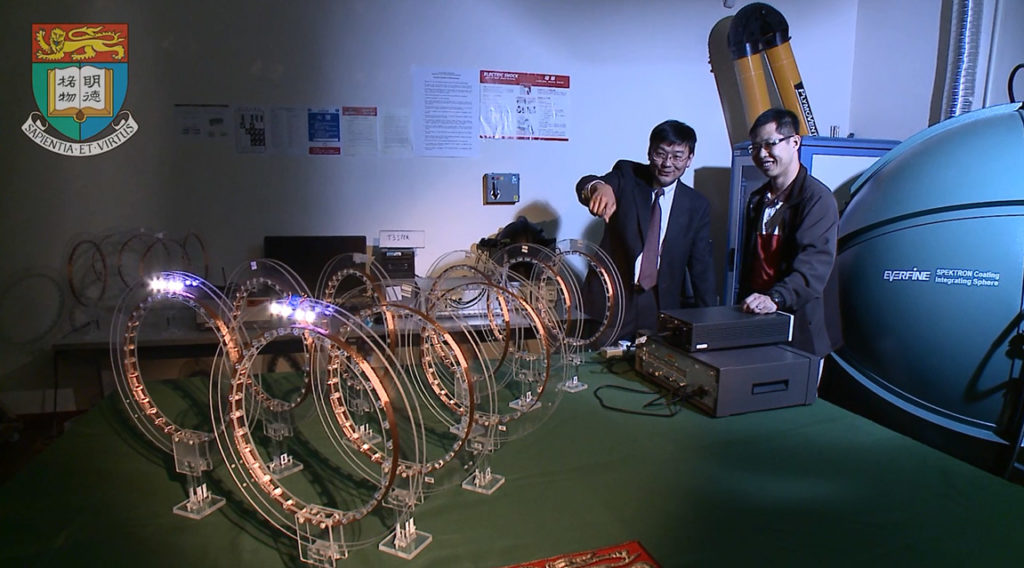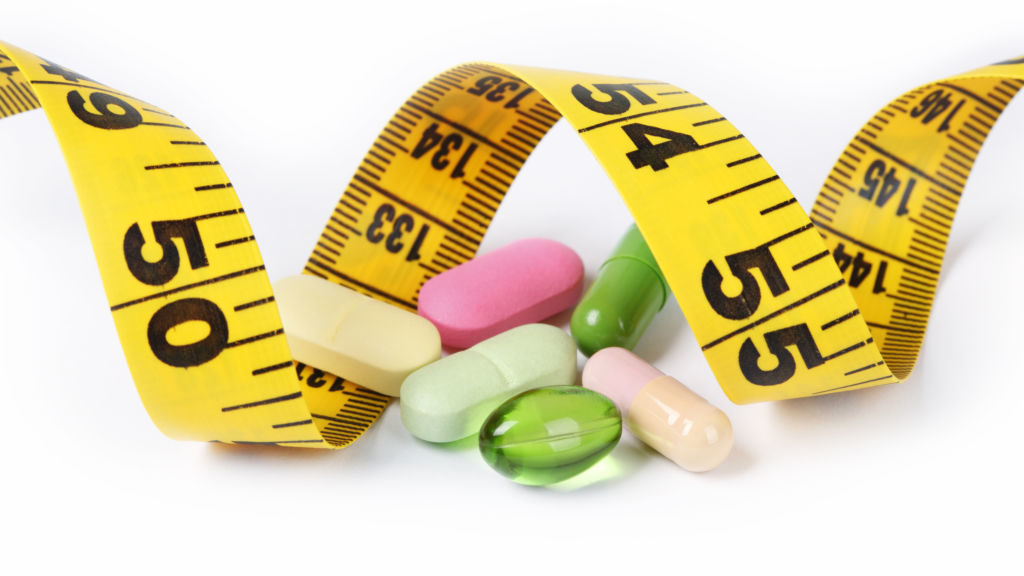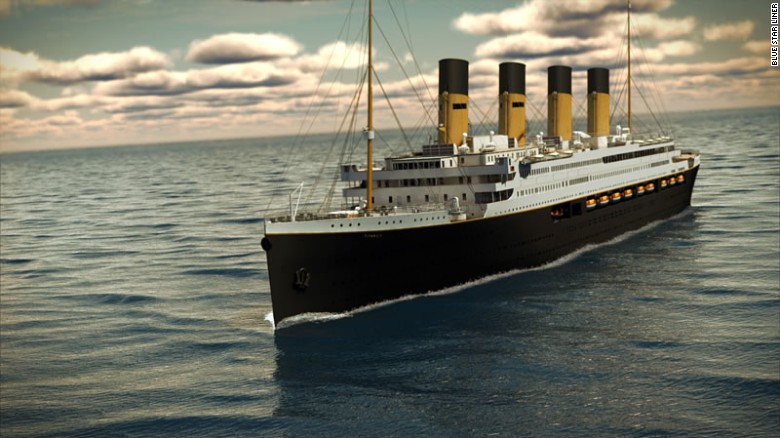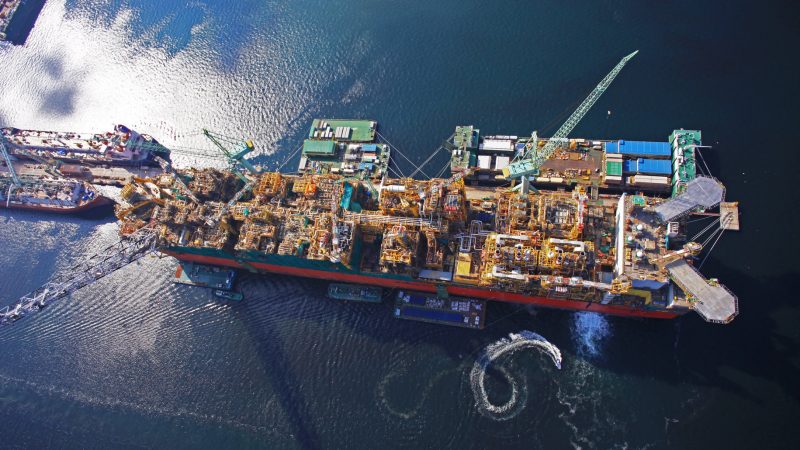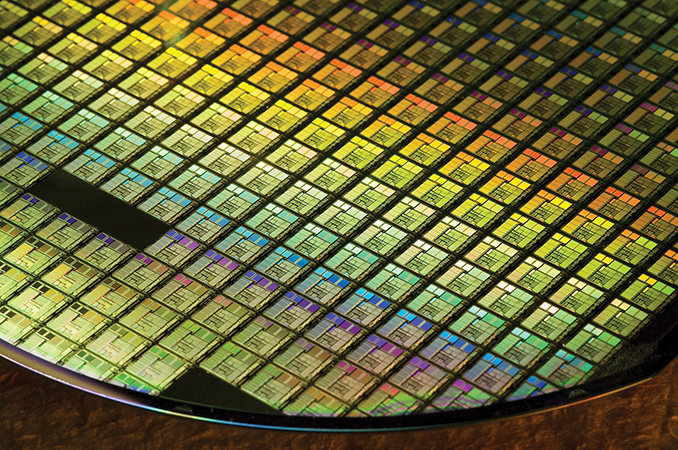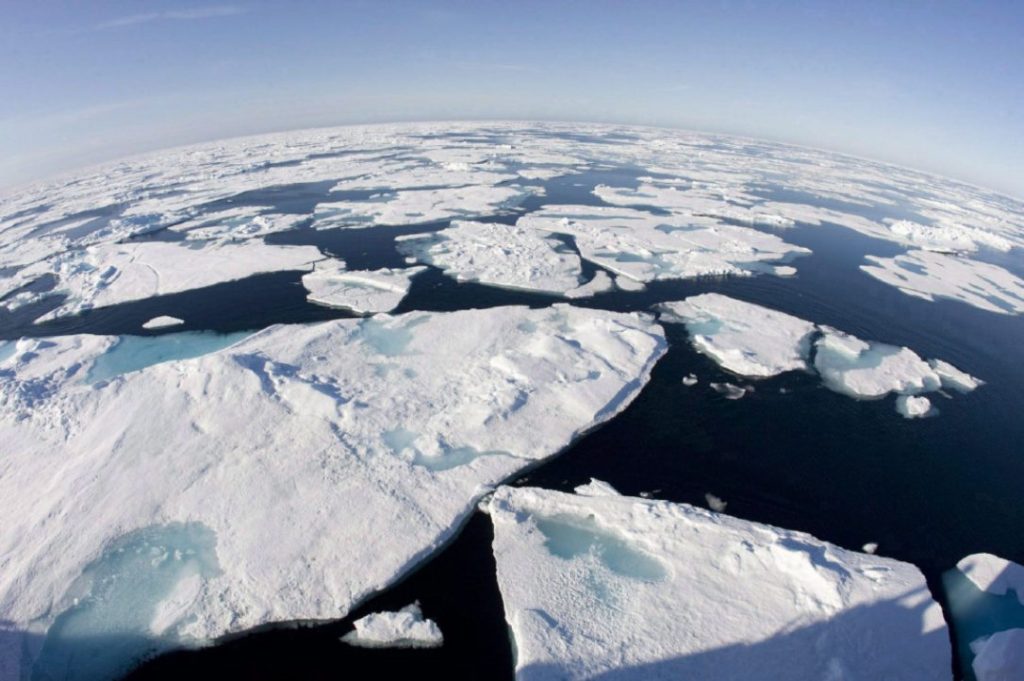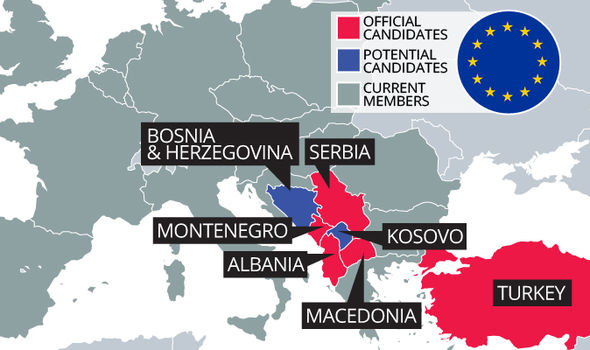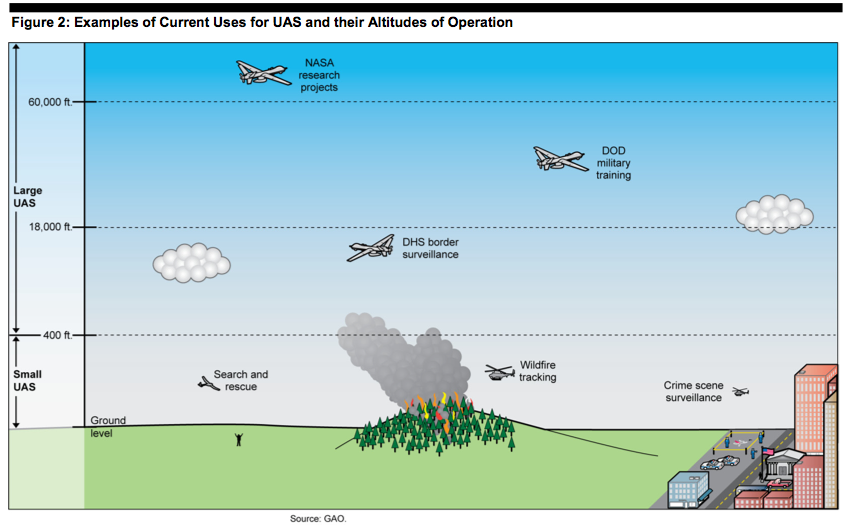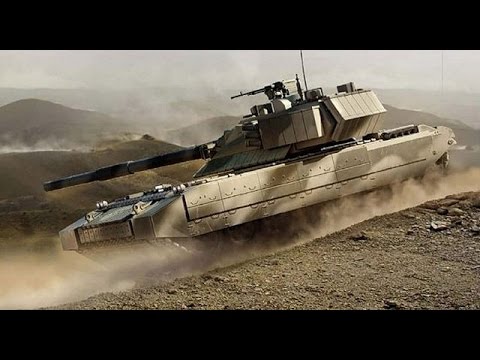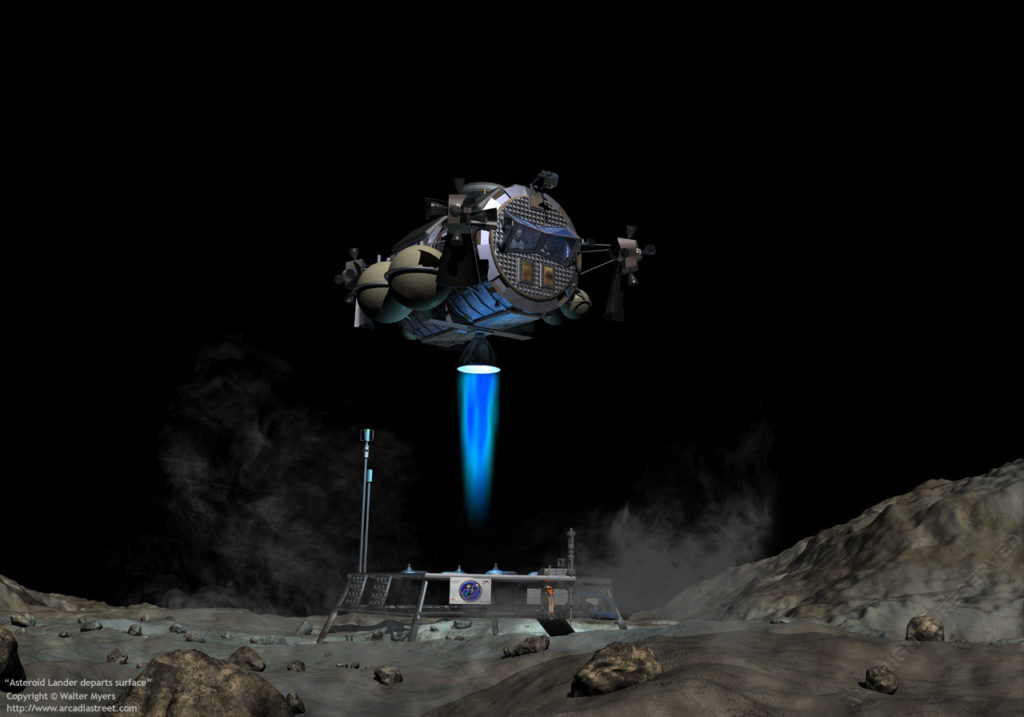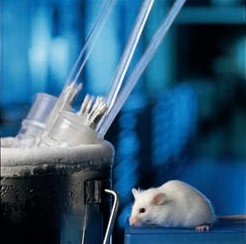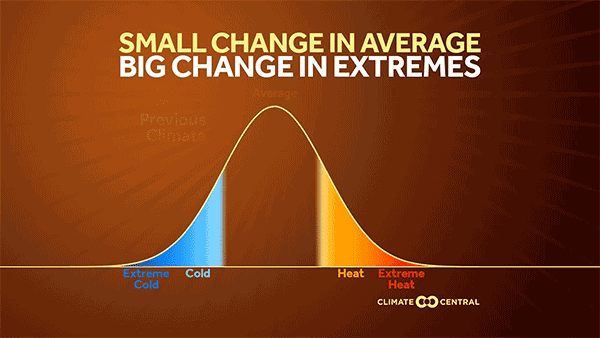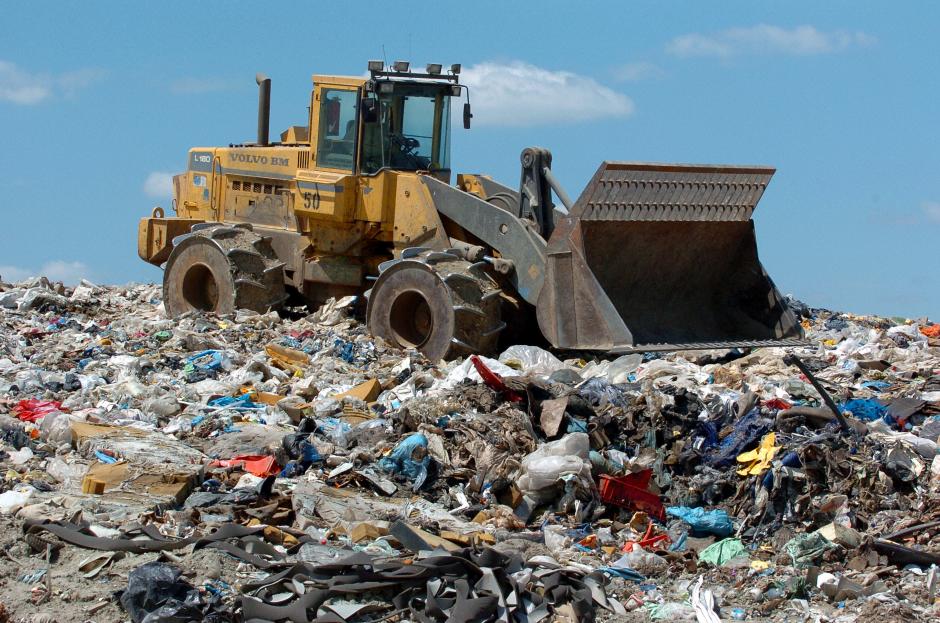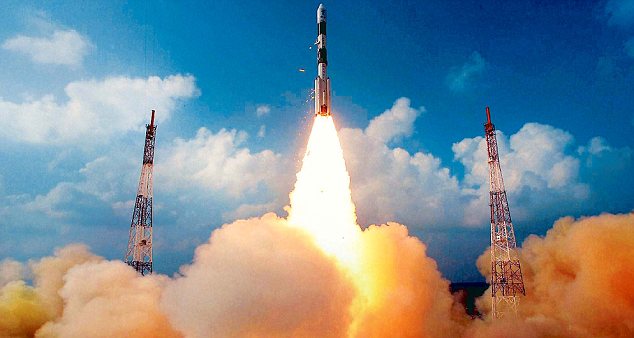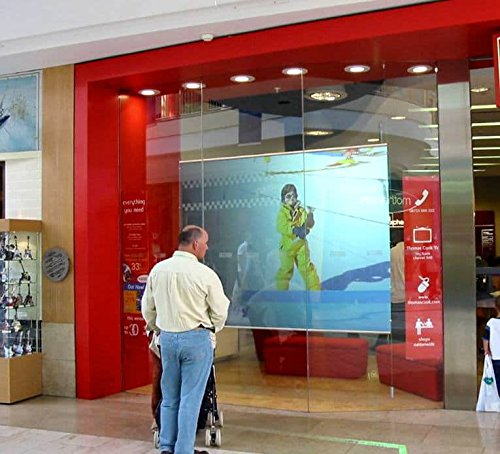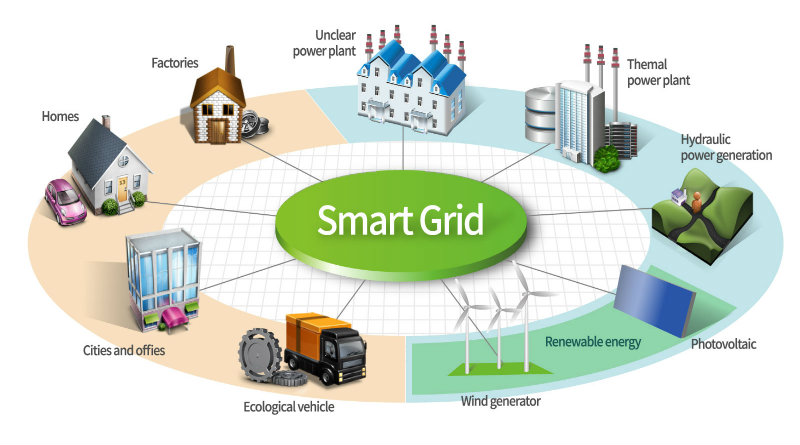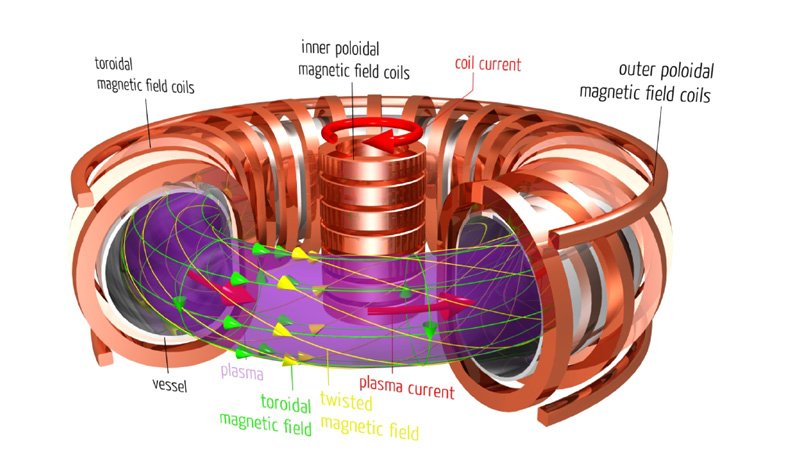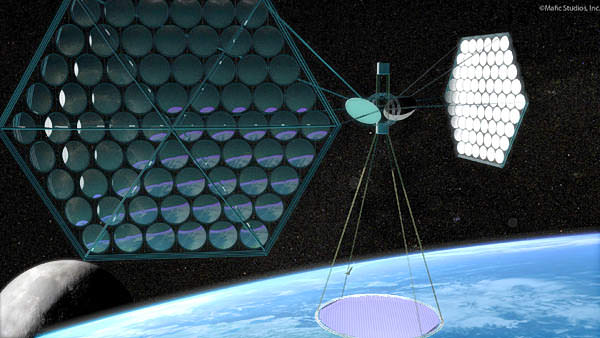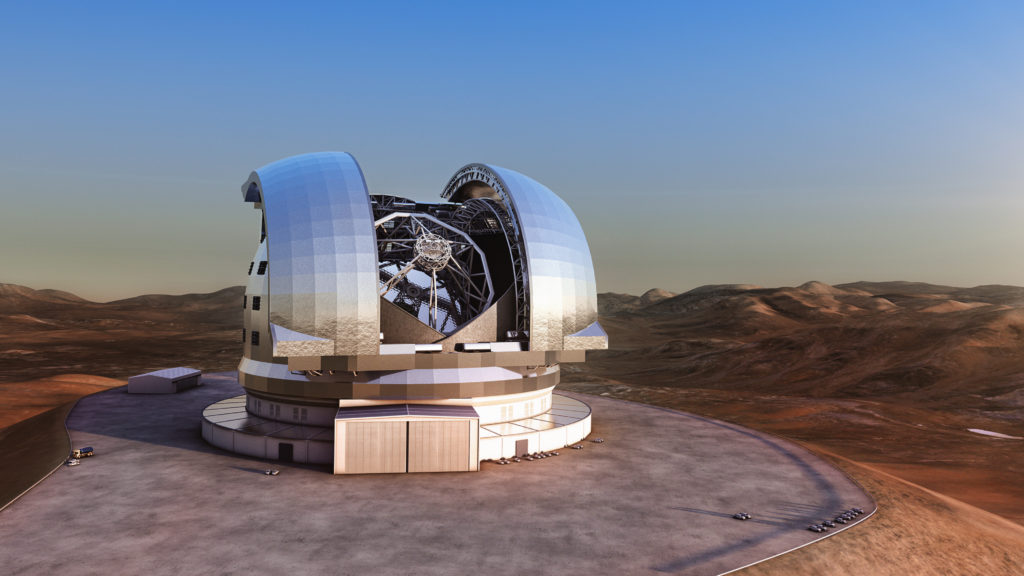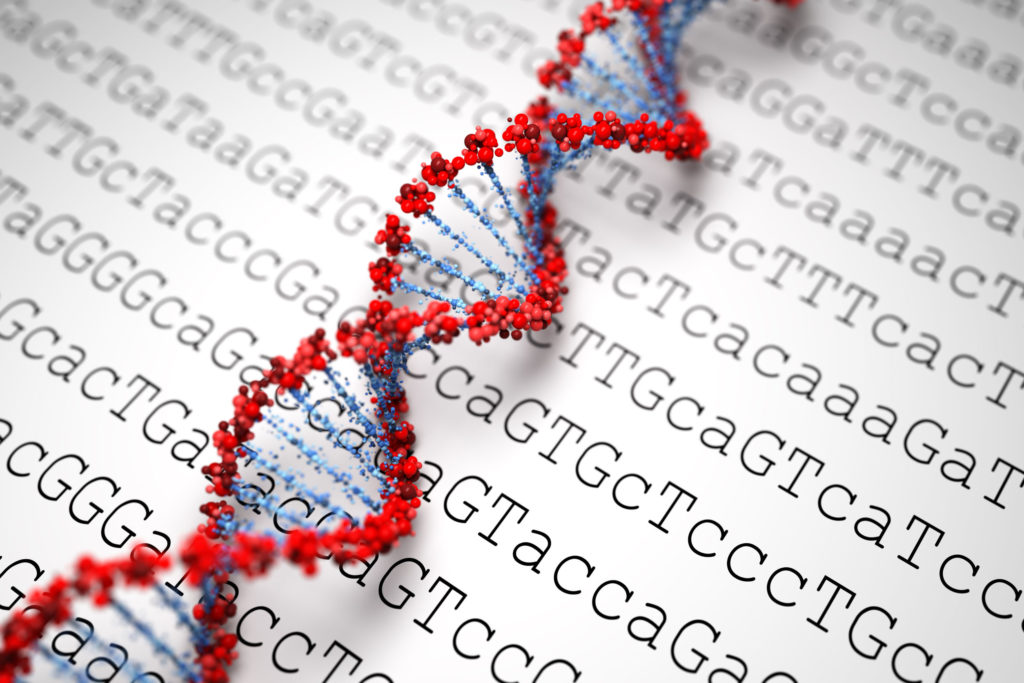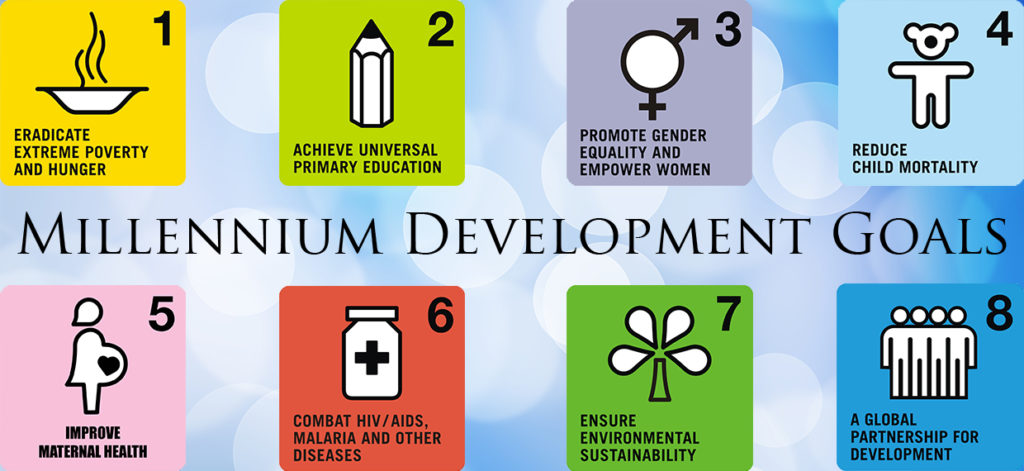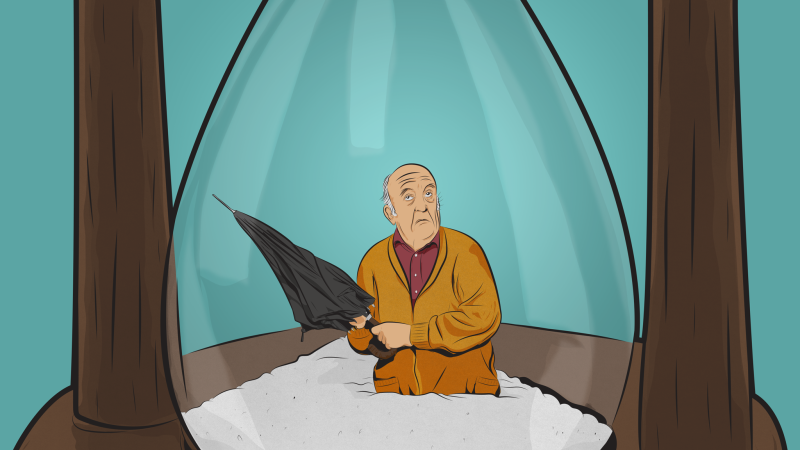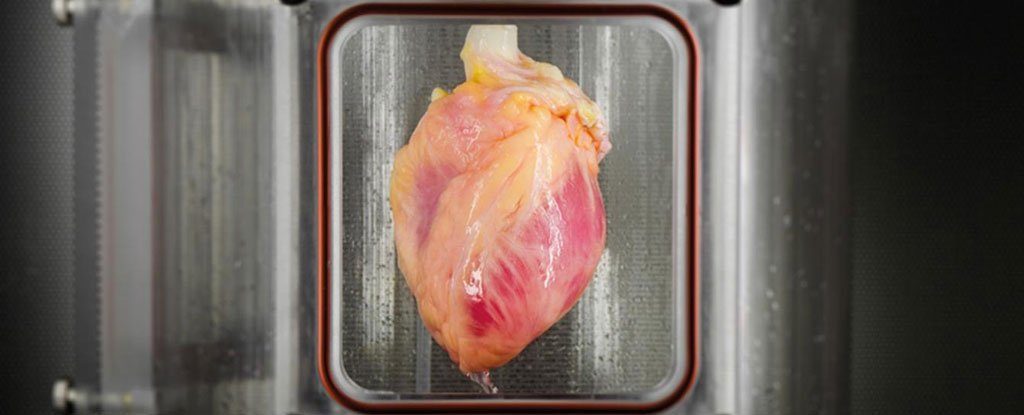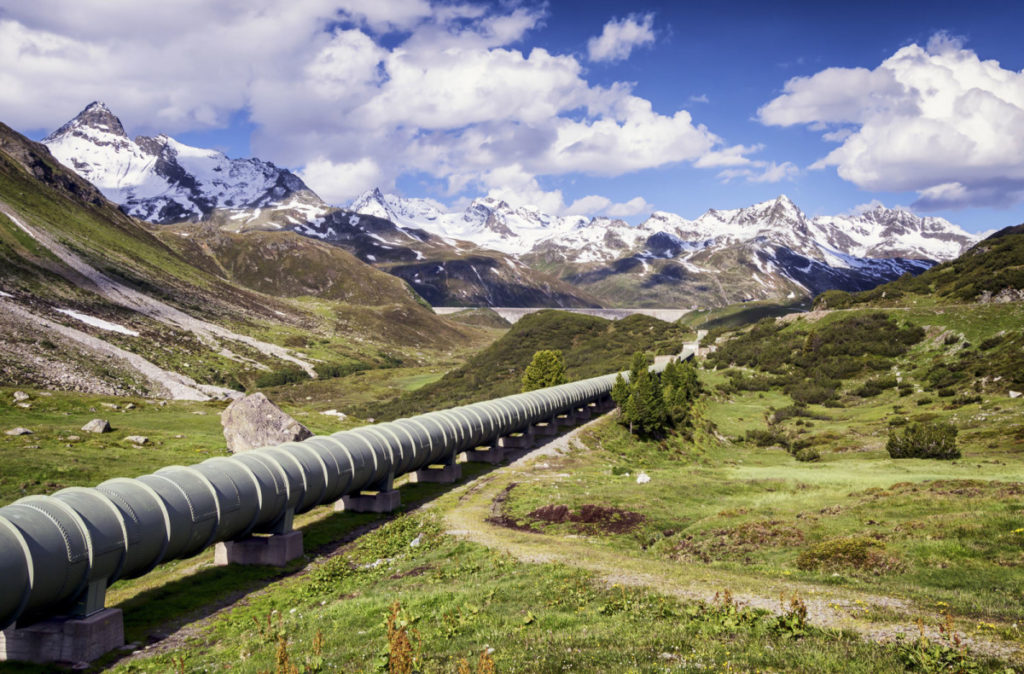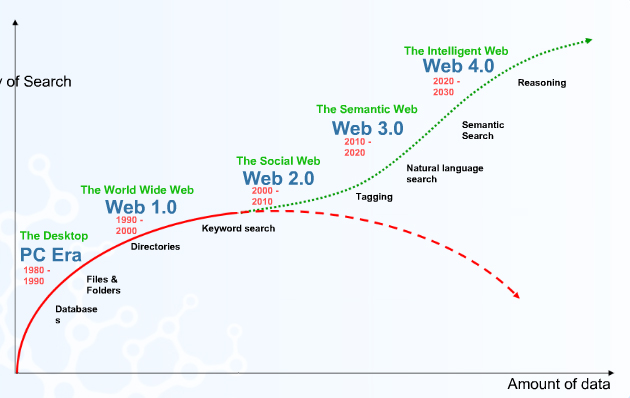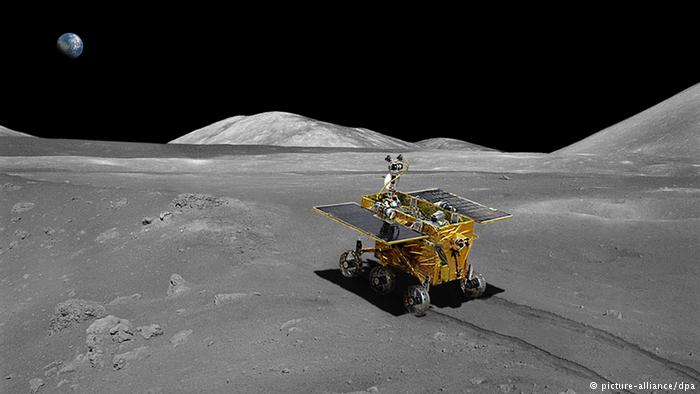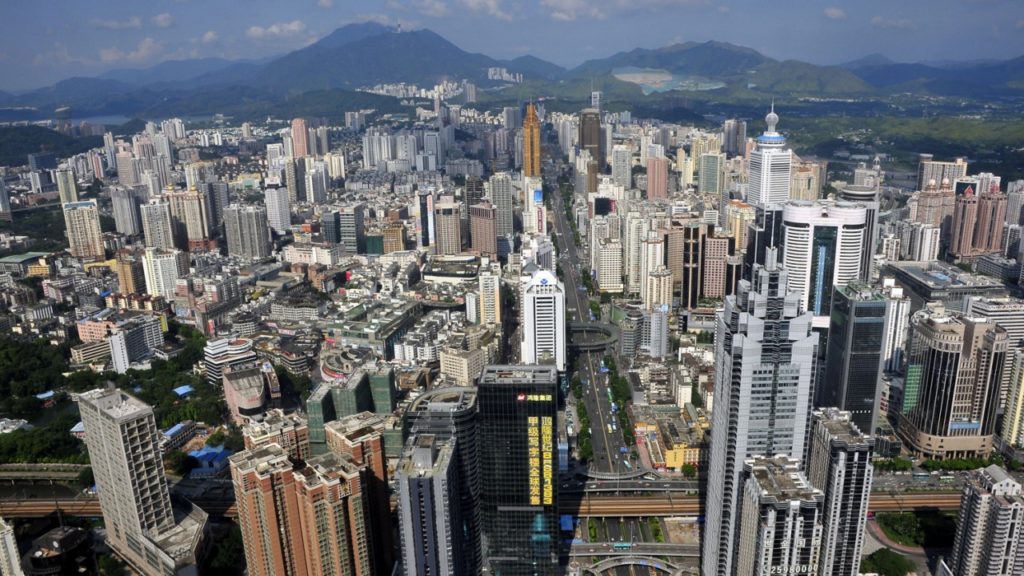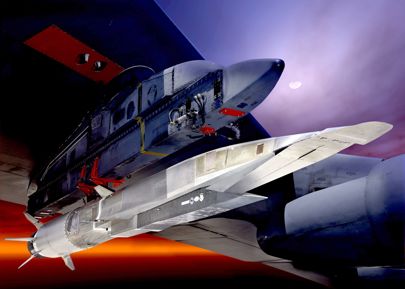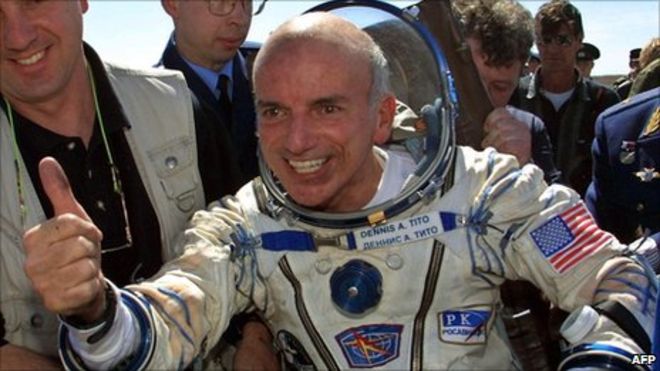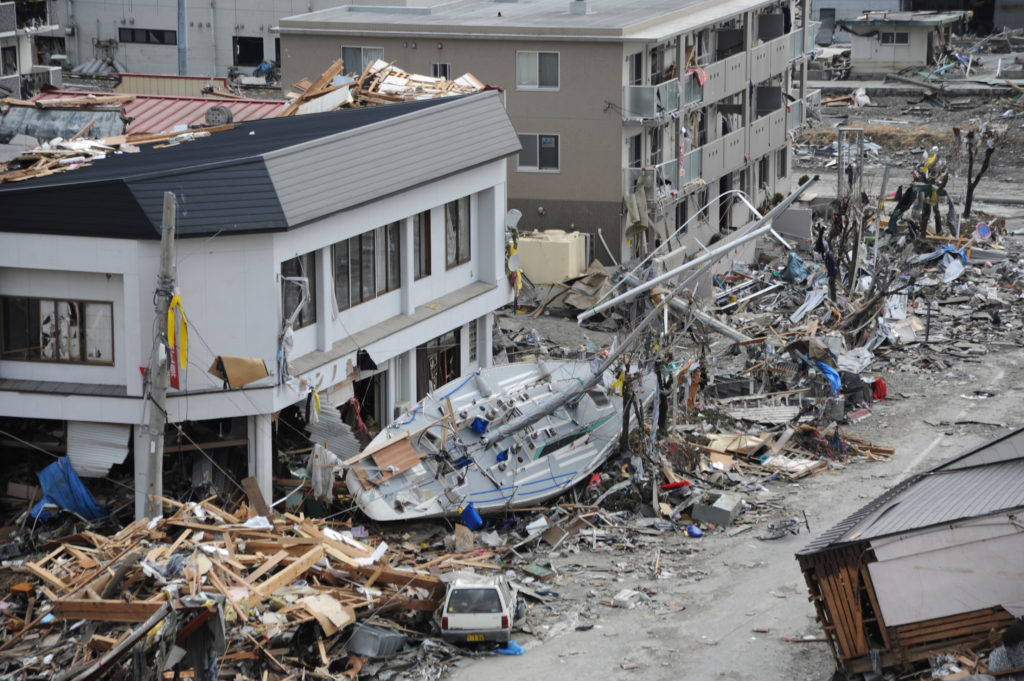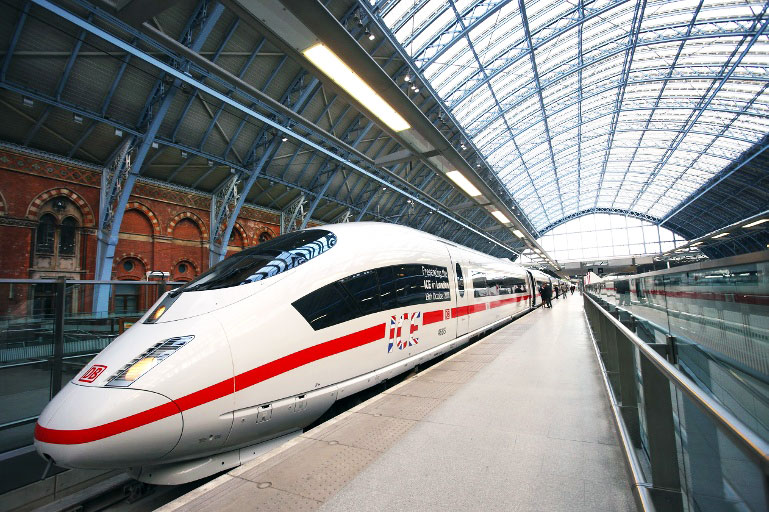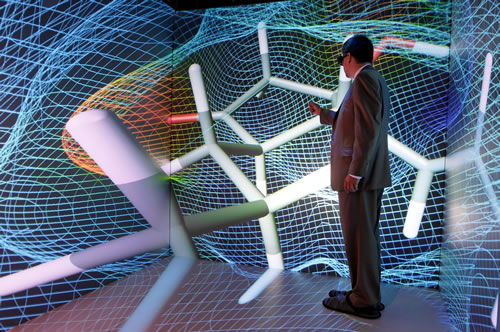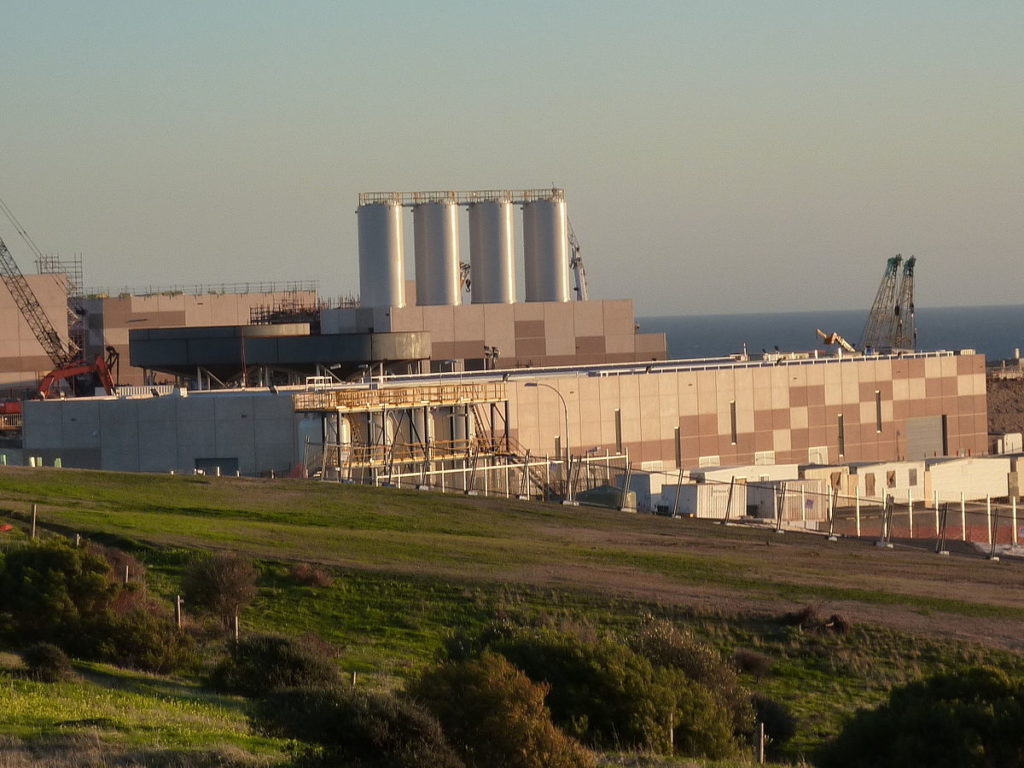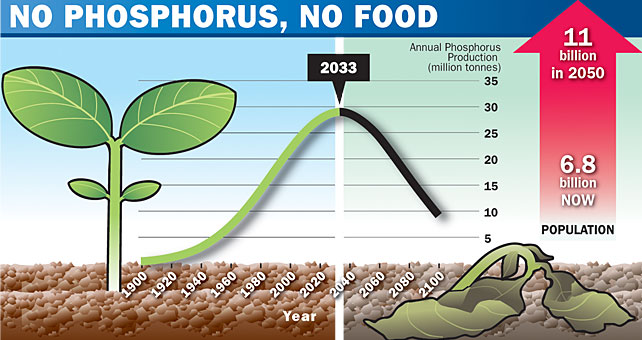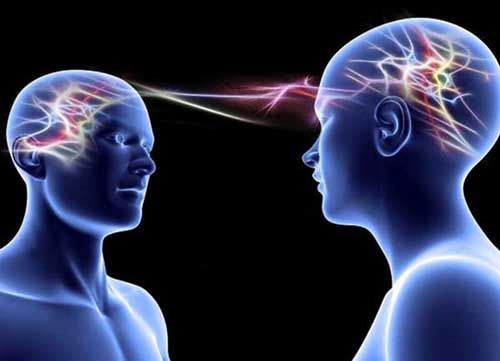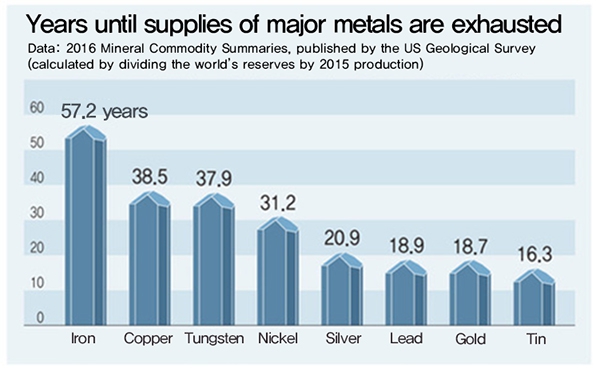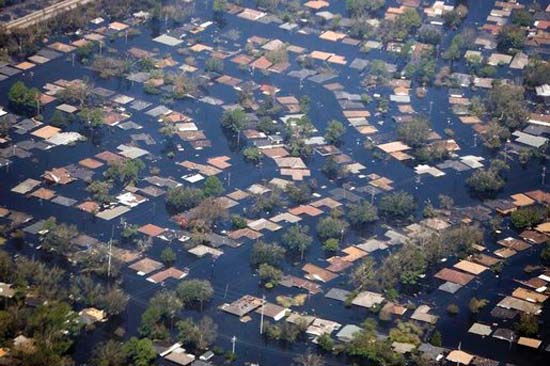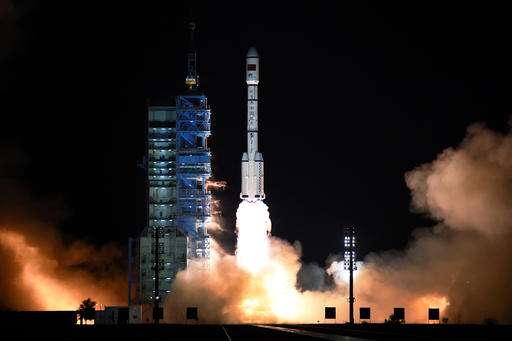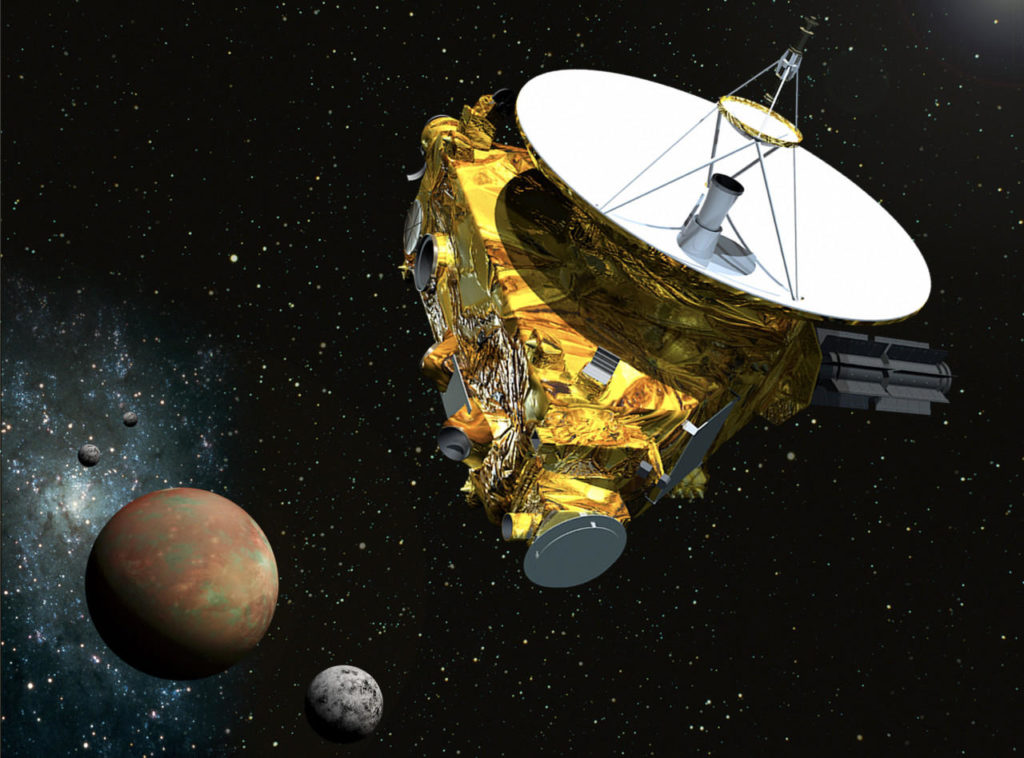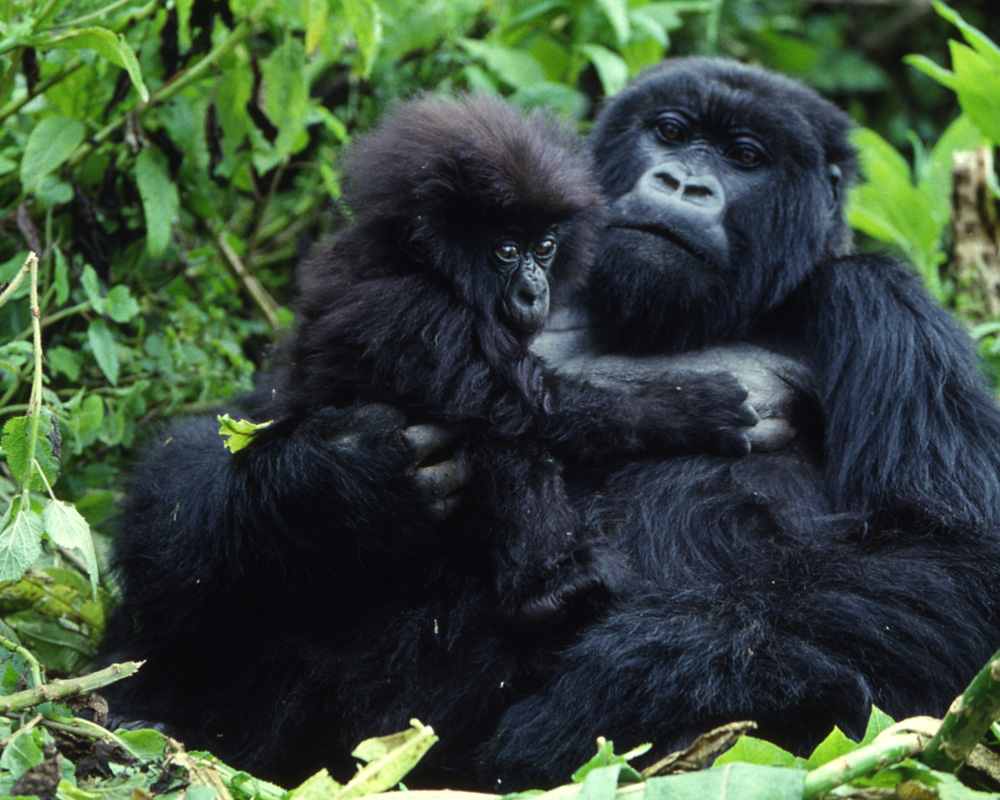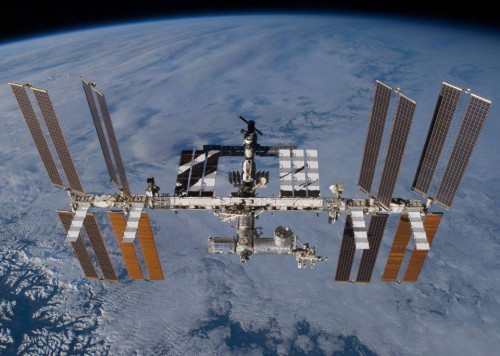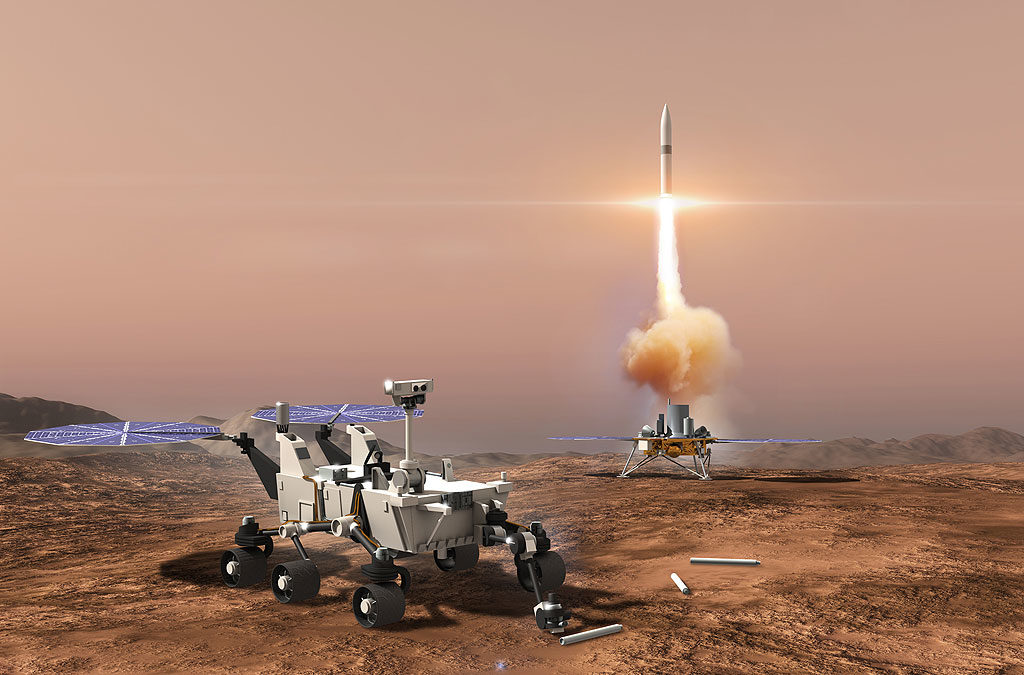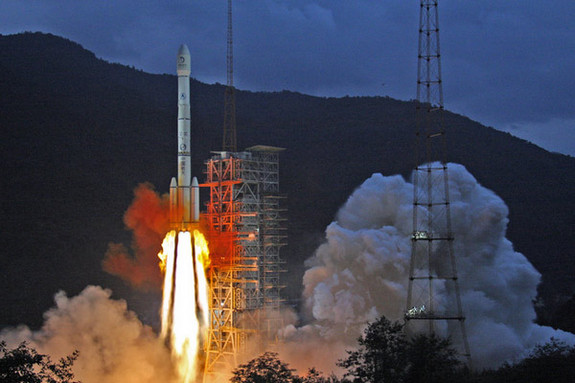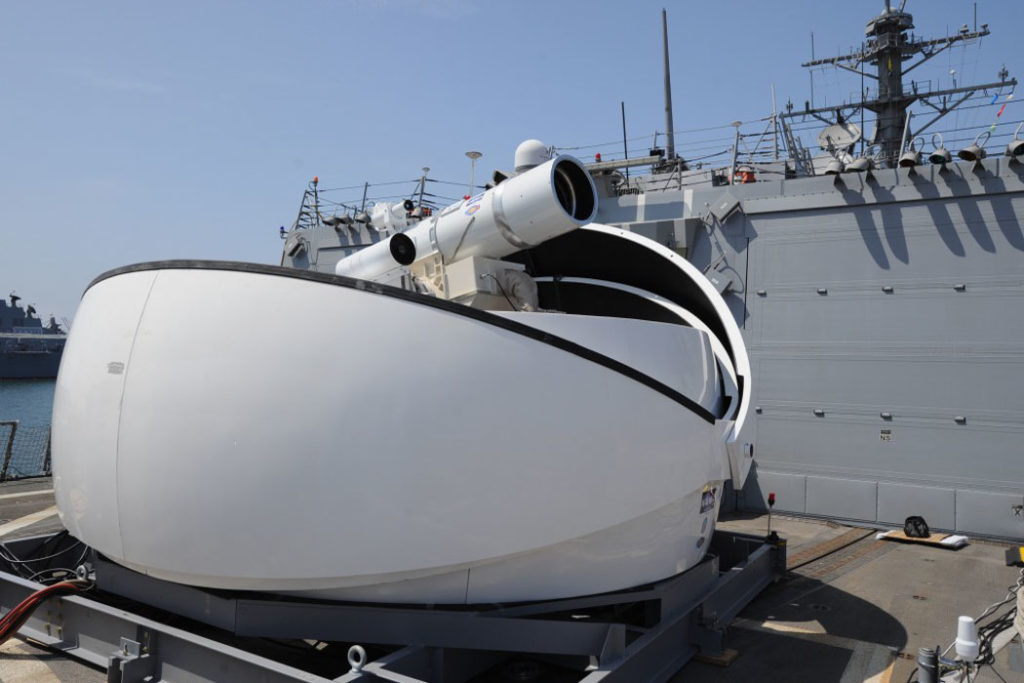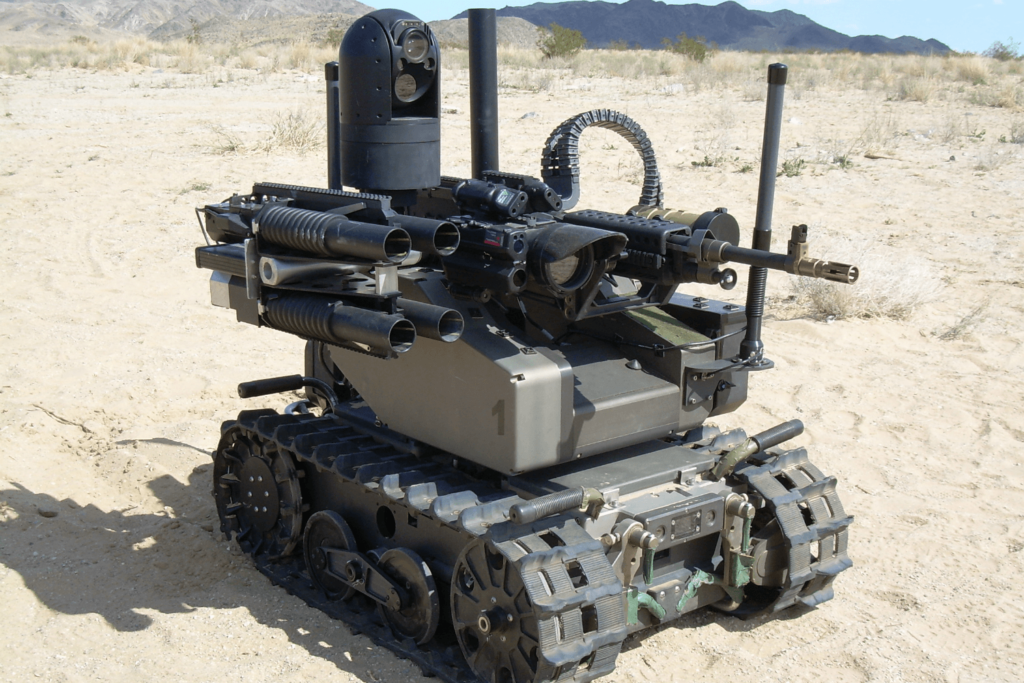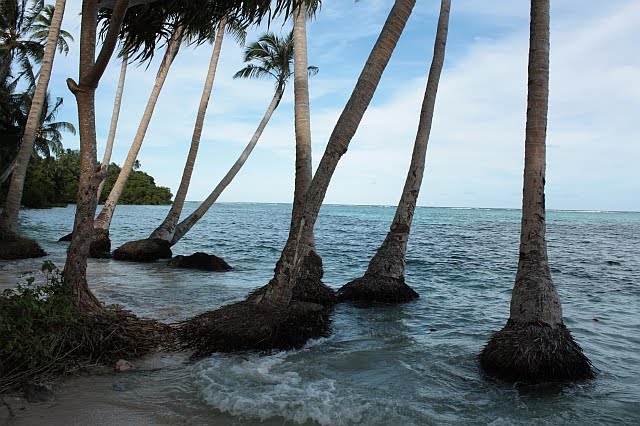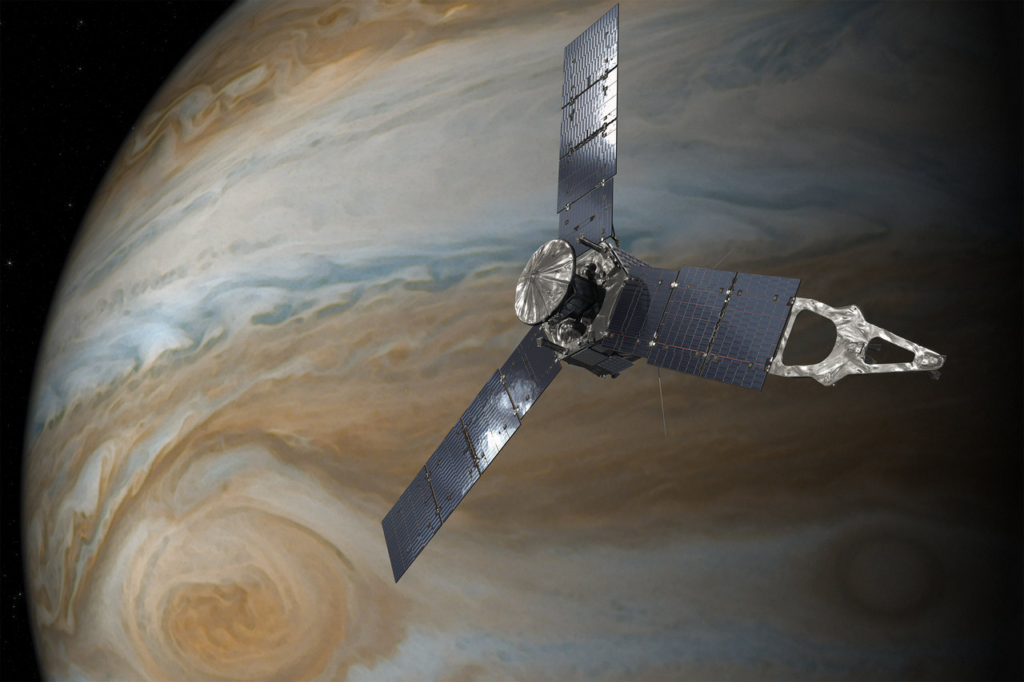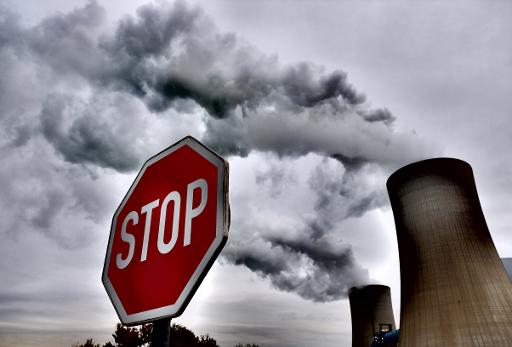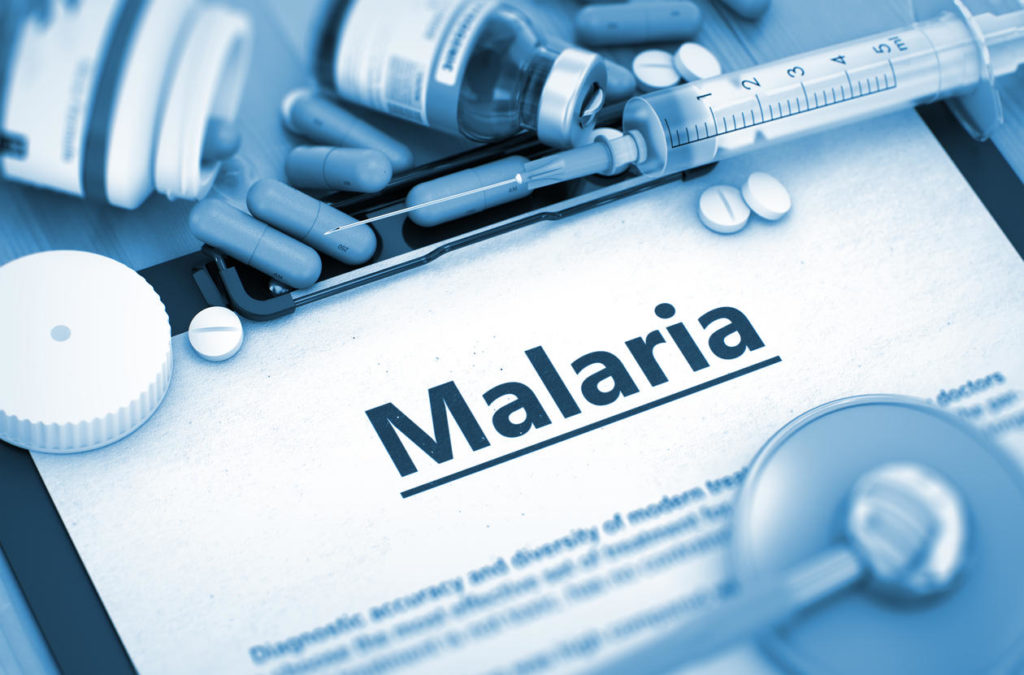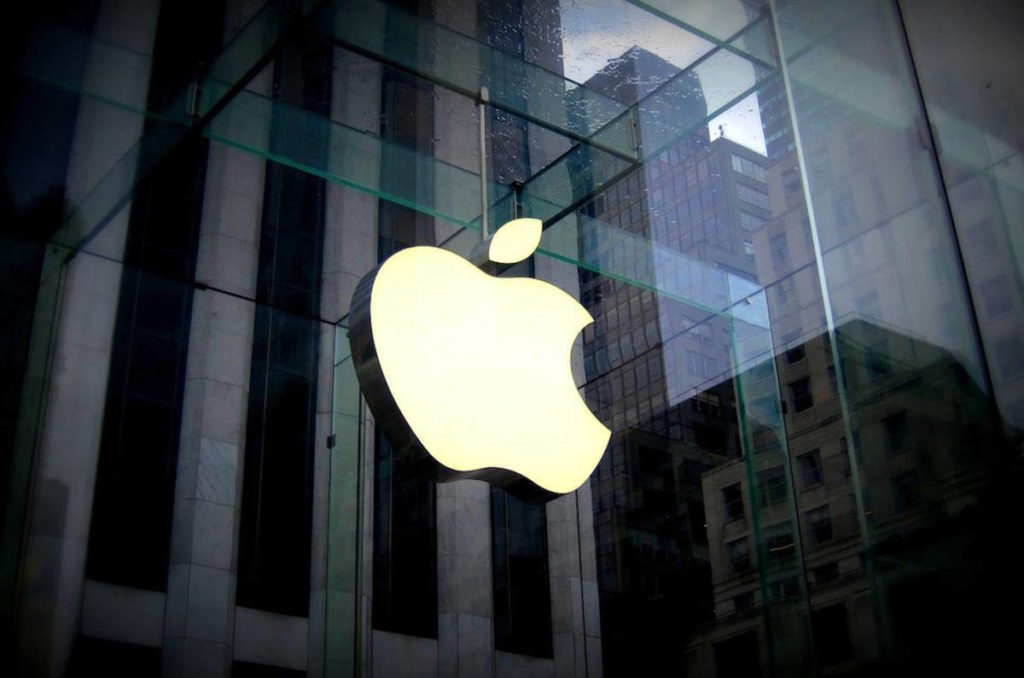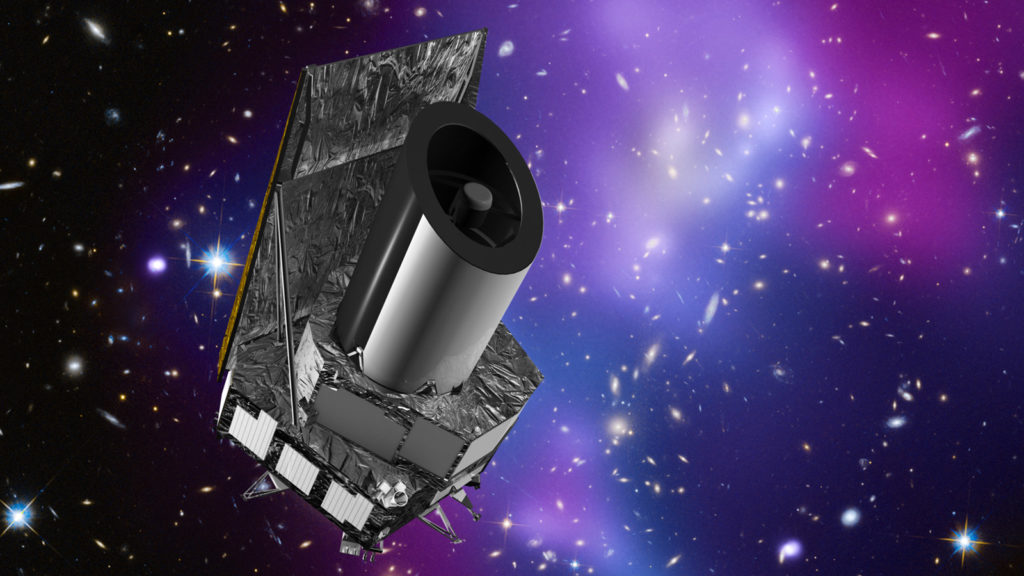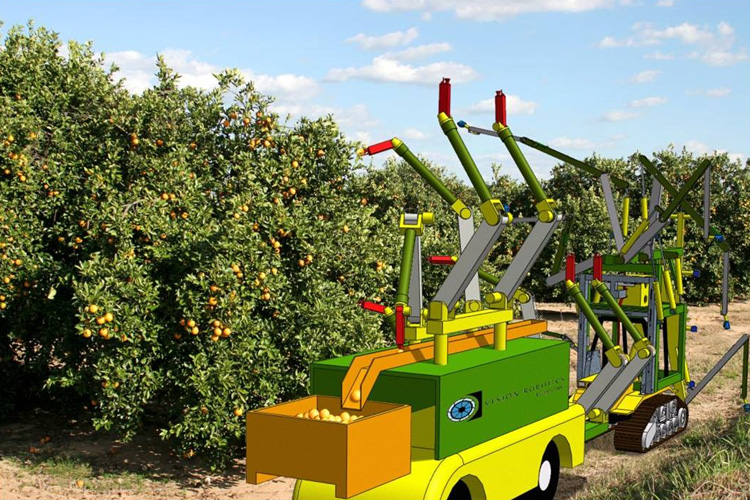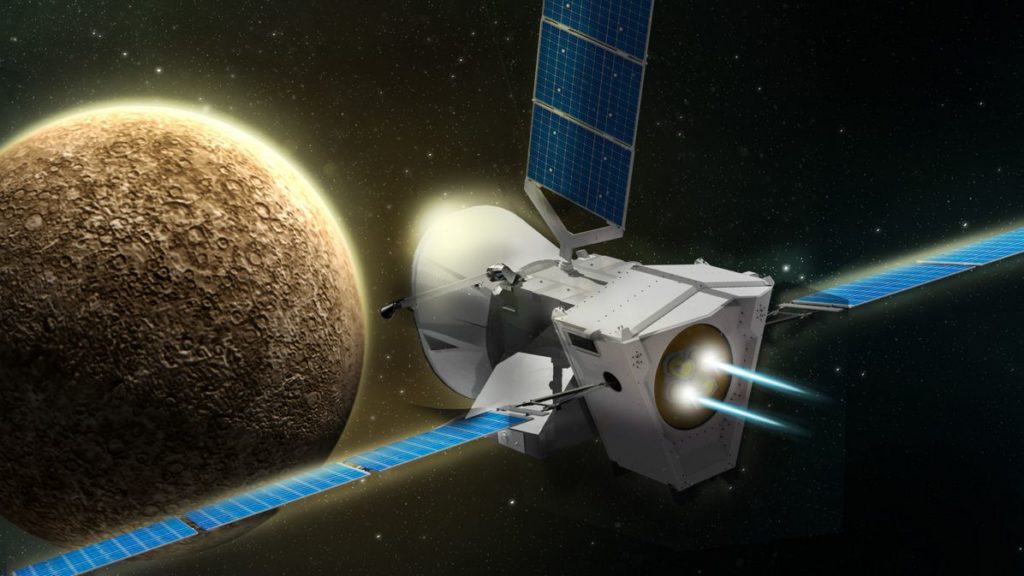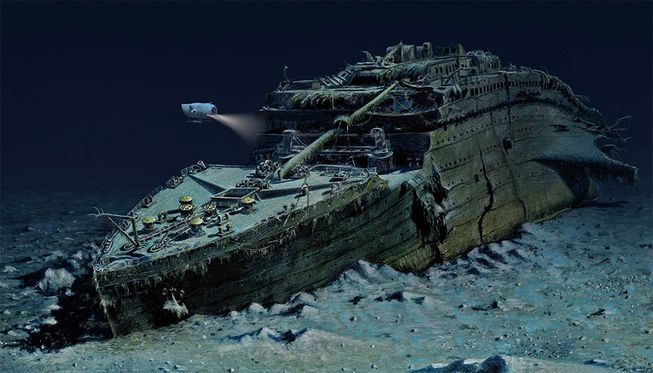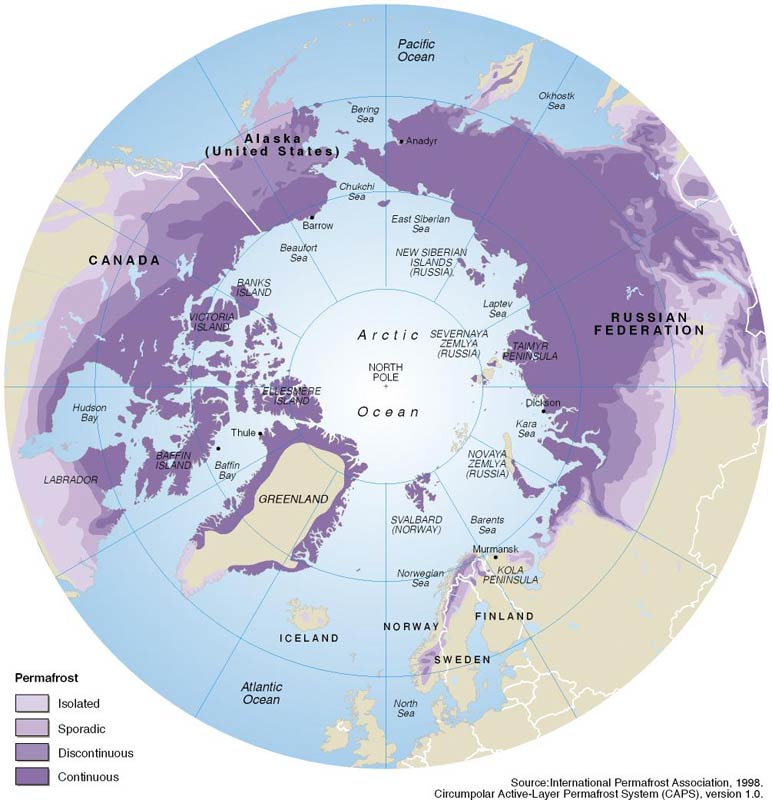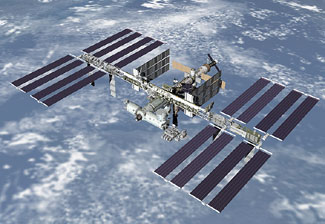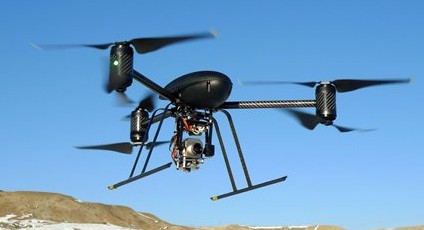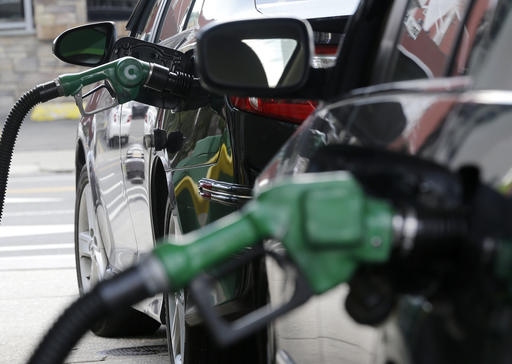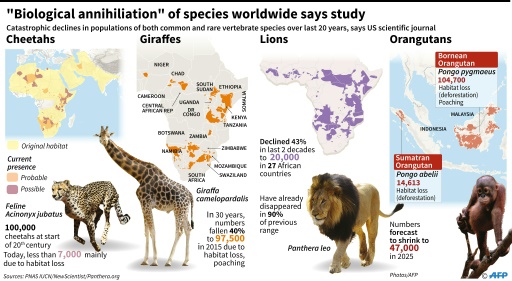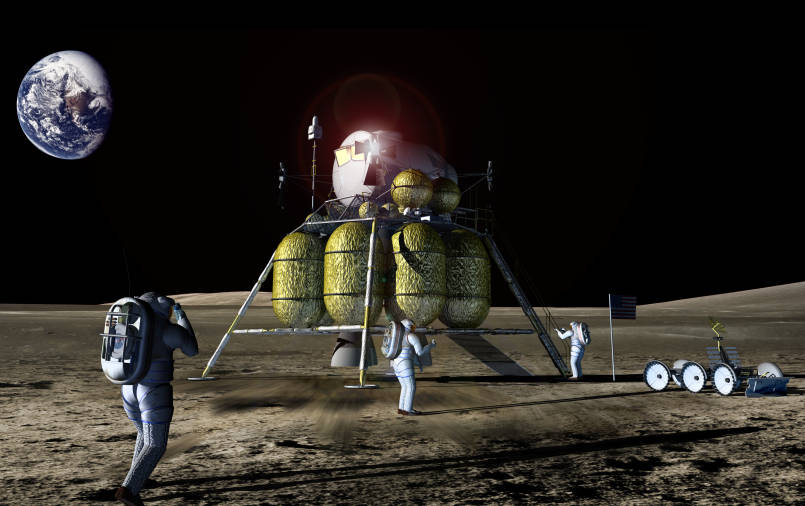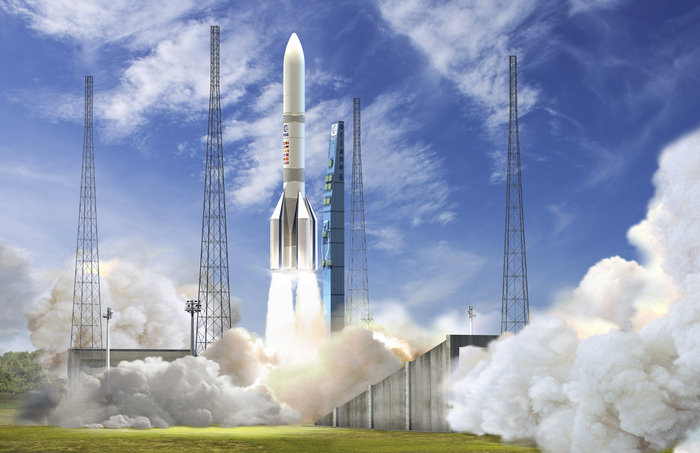Framtidskartan
Trender 2000-2050
Filter - All
2000-2010
2011-2020
2020-2030
2021-2030
2031-2040
2040-2050
2041-2050
Buildings
Climate Change
Economics
Economy
Environment
Gaming
Health
Medical
Military
Politics
Robotics
Science
Social
Space
Technology
206
2000
2001
2002
2003
2004
2005
2006
2007
2008
2009
2010
2011
2012
2013
2014
2015
2016
2017
2018
2019
2020
2021
2022
2023
2024
2025
2026
2027
2028
2029
2030
2031
2032
2033
2034
2035
2036
2037
2038
2039
2040
2041
2042
2043
2044
2045
2047
2048
2049
Ny
Trender 2000-2050
1 January, 2000 THE WORLD CELEBRATES THE TURN OF THE MILLENIUM (Social)
1 January, 2000
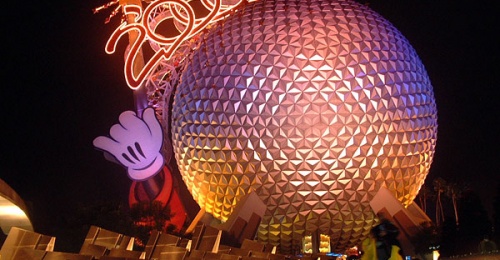
The year 2000 was the first year of the 2000s decade. Popular culture holds the year 2000 as the fir... Read more

THE DOT-COM BUBBLE BURSTS (Technology)
10 March, 2000

The dot-com bubble was a speculative bubble covering roughly 1998–2000, during which stock markets... Read more

VLADIMIR PUTIN IS ELECTED PRESIDENT OF RUSSIA (Politics)
3 May, 2000

Vladimir Putin rose to the presidency after the unexpected resignation of Boris Yeltsin. He continue... Read more

CONCORDE CRASHES IN FRANCE, KILLING 113 PEOPLE (Technology)
25 July, 2000
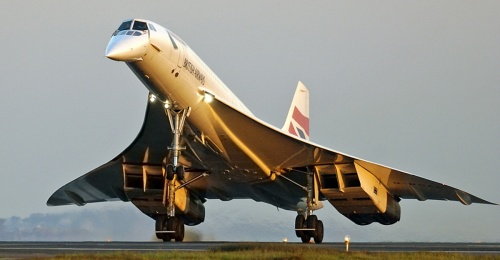
Air France Flight 4590 was a Concorde flight from Charles de Gaulle International Airport near Paris... Read more


Wikipedia is launched
15 January, 2001

Wikipedia is a free, web-based, collaborative, multilingual encyclopedia project. Launched on the 15th January 2001, it went on to become the largest and by far the most popular general reference work on the Internet. By 2011, more than 18 million articles (3.7 million in English) had been written by volunteers from around the world. Tags: Technology Read more

George Bush is sworn in as the 43rd President of the United States
20 January, 2001

Following a controversial election result, Bush was sworn in as president on 20th January 2001. Though he originally outlined an ambitious domestic agenda, his priorities were significantly altered following the terrorist attacks of the same year. Wars were waged in Afghanistan and later Iraq while significant debates regarding immigration, healthcare, Social Security, economic policy, and treatment of terrorist detainees took place within the US. Read more

Space station Mir is deorbited
20 February, 2001
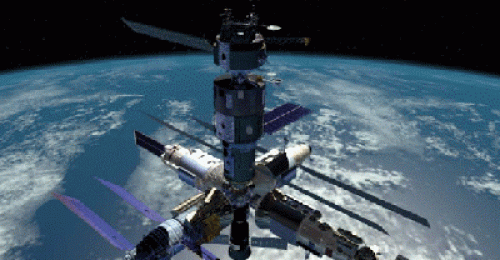
The predecessor to the International Space Station, the Russian-controlled Mir had been in orbit since 1986. In that time, it had hosted astronauts and cosmonauts from twelve different countries. The last crew left in 1999 and, despite attempts by private companies to purchase it, the aging space station was deemed unsalvageable. It was ditched in the Pacific Ocean near Fiji, with a few large pieces later retrieved. Read more

The world's first space tourist
11 March, 2001
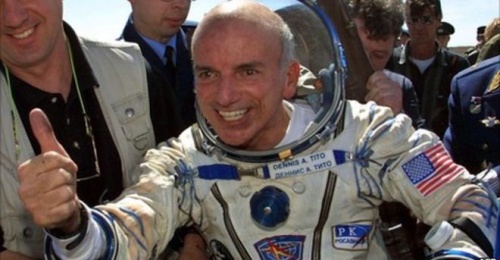
American engineer and multimillionaire Dennis Tito became the world's first space tourist in 2001. He spent nearly eight days on the International Space Station, Soyuz TM-32 and Soyuz TM-31, orbiting Earth a total of 128 times. Read more

A devastating terrorist attack leaves 3,000 dead in America
11 September, 2001

On September 11th, 2001, a series of coordinated suicide attacks took place in the United States. On that morning, 19 al-Qaeda terrorists hijacked four commercial airliners. The hijackers intentionally crashed two of the airliners into the Twin Towers of the World Trade Center in New York, killing everyone on board, along with many others working in the buildings. Read more

Apple launches the iPod
10 November, 2001

iPod was a new line of portable media players designed and marketed by Apple. The first generation was launched on 10th November 2001. With its user-friendly interface and gigabytes of storage capacity, the iPod went on to become phenomenally successful. The introduction of the iTunes store, with millions of songs available to download, substantially boosted Apple's fortunes. Read more

The Euro enters circulation
1 January, 2002

The euro was established by the provisions in the Maastricht Treaty of 1992. To participate in the currency, Member States were required to meet strict criteria, such as a budget deficit of less than 3% of GDP, a debt ratio of less than 60% of GDP, low inflation, and interest rates close to the EU average. Read more

The world's first cyborg
15 March, 2002

In 2002, cybernetics professor Kevin Warwick at the University of Reading, UK, achieved a major breakthrough in the field of brain-computer interfaces. The landmark project consisted of two experiments, both carried out by Professor Warwick himself. Read more

The dwarf planet Quaoar is discovered
15 March, 2002

Quaoar is a binary, trans-Neptunian object and dwarf planet. It was discovered on 4th June 2002 by astronomers at the California Institute of Technology. It orbits at 43 astronomical units (6.4×109 km; 4.0×109 mi) from the Sun, with an orbital period of 286 years. It has a single tiny moon called Weywot. Read more

Space Shuttle Columbia disaster
5 February, 2003
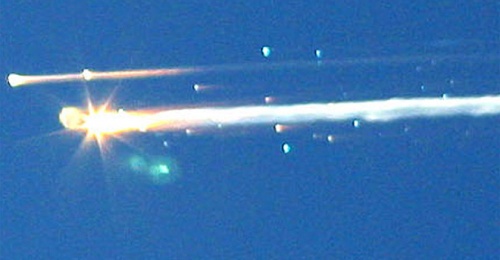
At the conclusion of the STS-107 mission, the Space Shuttle Columbia disintegrated during reentry over Texas, killing all 7 astronauts onboard. Read more

The invasion of Iraq
20 March, 2003

The invasion of Iraq was led by the United States, alongside the United Kingdom and smaller contingents from other countries. The initial invasion phase lasted from 20th March to 1st May and involved troops from the US (248,000), UK (45,000), Australia (2,000) and Poland (194). 36 other countries were involved in its aftermath. Read more

The Human Genome Project is completed
1 May, 2003
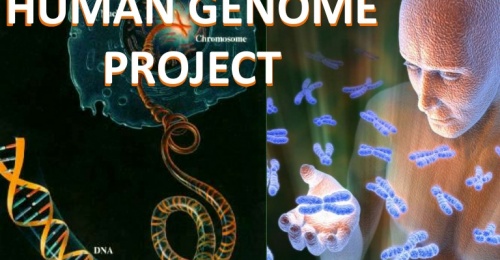
The Human Genome Project was an international scientific research project with a primary goal to determine the sequence of chemical base pairs which make up DNA and to map the 25,000 genes of the human genome from both a physical and functional standpoint. Read more

Record heatwaves kill tens of thousands in Europe
15 June, 2003
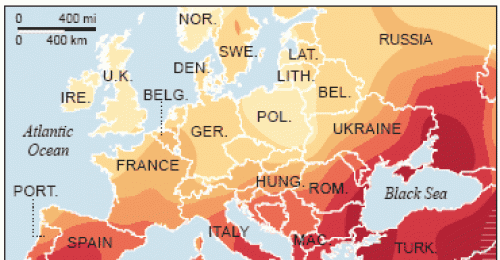
The 2003 European heat wave was one of the hottest summers ever recorded in Europe. It led to a health crisis in several countries and combined with drought to create a crop shortfall. Seven days with temperatures of more than 40°C (104 °F) were recorded in France. More than 37,000 died as a result, mostly the elderly. Read more

MySpace is launched
17 July, 2003

MySpace was launched in this year and quickly became one of the most popular social networking sites on the web. In 2006, the 100 millionth account was created. However, it was overtaken by its main competitor - Facebook - during April 2008, based on monthly unique visitors. Read more

China launches its first manned space mission
15 October, 2003
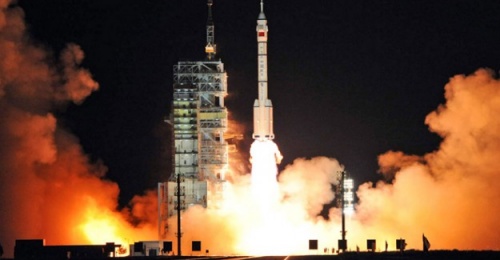
On 15th October 2003, China successfully placed its manned "Shenzhou 5" spacecraft into orbit. This followed four previous missions, of which three were unmanned and one carried animals. The capsule carried a single astronaut, Yang Liwei. It was launched from the Jiuquan Satellite Launch Center in the Gobi Desert, using a Long March 2F rocket booster. Read more

The emergence of Web 2.0
1 February, 2004

This year onwards saw the emergence of Web 2.0 - the next incarnation of the Internet. Up until recently, it had been primarily a tool used to publish material for public consumption. This could be defined as Web 1.0 and was simply a one-way street. Read more

The first recorded hurricane in the South Atlantic
1 March, 2004
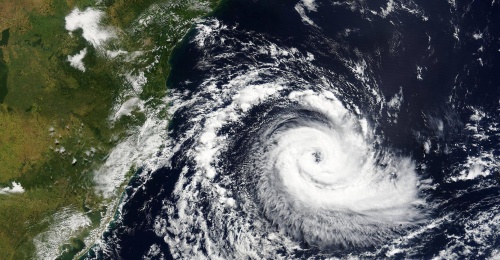
This hurricane, known as Cyclone Catarina, formed off the coast of Brazil in mid-March and began to move toward the coast. Despite being a relatively low-level category one hurricane, the people in this region had never experienced such a storm in all of recorded history. Read more

Hubble Ultra Deep Field
13 March, 2004

The Hubble Ultra Deep Field was an image taken by the Hubble Space Telescope, with an exposure time of 1 million seconds. It was the deepest image of the universe ever taken by humans - looking back more than 13 billion years to just a few hundred million years after the Big Bang. Read more

London's skyline gets a new landmark
1 April, 2004
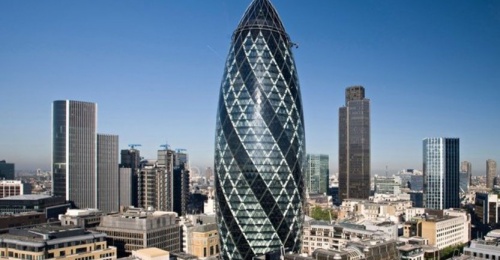
30 St Mary Axe – also known as the "Gherkin" and the Swiss Re Building – was constructed between 2001 and 2003. It officially opened in April 2004. Read more

Mars Exploration Rovers
15 June, 2004
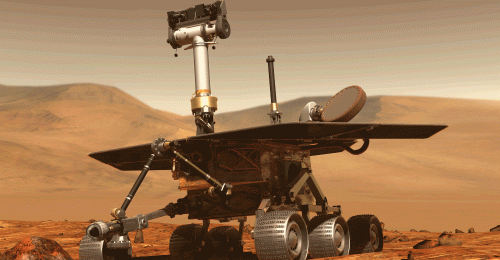
The Mars Exploration Rover Mission (MER) was a NASA mission involving two rovers - Spirit and Opportunity - exploring the surface of Mars. Read more

Facebook is launched
15 July, 2004

Launched in 2004, Facebook later became the most popular social networking site on the web – overtaking its main competitor, MySpace, in April 2008. It also became the most popular site for uploading photos, with 14 million uploaded daily. By 2010, it had over 350 million members – or about one-fifth of all users on the Internet. Read more

The world's first 1 gigabyte SD card
15 August, 2004

In 2004, SanDisk released the first SD (Secure Digital) card with a capacity of 1 gigabyte. Costing around $500, this was enough to store 300 MP3 music files, or 2,000 images taken at 1,600 x 1,200-pixel resolution, or around nine hours of MPEG4 video. SD card capacities continued to increase exponentially – doubling each year whilst declining rapidly in cost. By 2011, they were available at 128GB. Read more

Asia gets a new tallest building
6 September, 2004
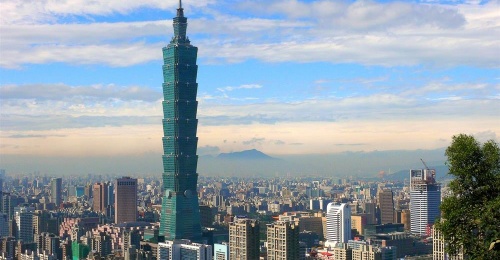
Measuring 509m (1,671 ft) to the tip of its spire, Taipei 101 overtakes the Petronas Towers to become the tallest building in the world. It is the first skyscraper to break the half-kilometer mark. Read more

Indian Ocean earthquake leaves 230,000 dead
26 December, 2004
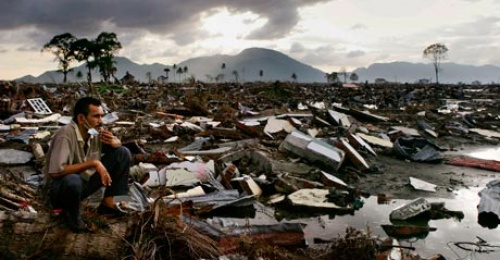
The 2004 Indian Ocean earthquake was an undersea megathrust earthquake that occurred on 26th December 2004, with an epicentre off the west coast of Sumatra, Indonesia. Read more

Huygens probe reveals images of Titan's surface
9 January, 2005
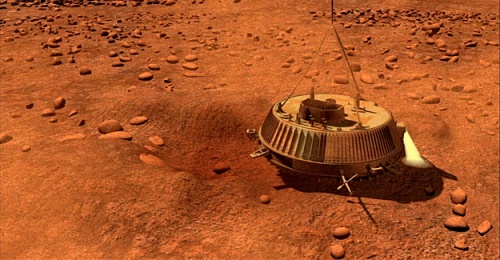
The Huygens probe, supplied by the European Space Agency (ESA) and named after the Dutch 17th century astronomer Christiaan Huygens, was an atmospheric entry probe carried to Saturn's moon Titan as part of the Cassini-Huygens mission. The combined Cassini-Huygens spacecraft was launched from Earth in 1997. Read more

YouTube is launched
7 February, 2005

The video-sharing website, YouTube, was launched in February 2005. It grew rapidly, reaching 100m views per day within a year of being launched. By 2007, the site consumed as much bandwidth as the entire Internet in 2000 - and in March 2008, its bandwidth costs were estimated at approximately $1 million a day. By 2009, the site had reached over a billion views daily, becoming the 4th most popular website after Google, Yahoo! and Facebook. Read more

USB flash drives replace floppy disks
15 May, 2005

By the middle of this decade, flash drives featuring the Universal Serial Bus (USB) interface had superseded the previously standard floppy disks. The latter had been in use since the mid-1970s, but now, along with CD-ROMs, were experiencing massive drops in commercial use - essentially becoming obsolete. Read more

Hurricane Katrina floods New Orleans
1 August, 2005
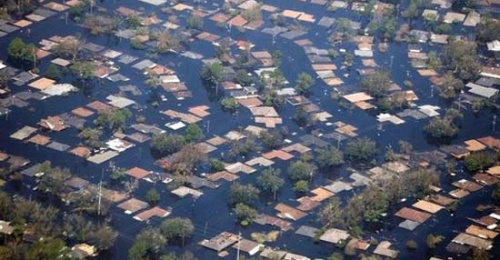
Hurricane Katrina, of the 2005 Atlantic hurricane season, was the costliest hurricane - as well as one of the five deadliest, in the history of the United States. Among recorded Atlantic hurricanes, it was sixth strongest overall. Read more

Angela Merkel becomes the first female Chancellor of Germany
1 August, 2005

Angela Merkel, leader of the Christian Democrats (CDU), became Germany's first woman chancellor. Mrs Merkel, a conservative, headed a coalition with the centre-left Social Democrats (SPD), who ruled before. Two years later, she became President of the European Council and only the second woman to chair the G8 after Margaret Thatcher. Read more

Crude oil production has reached a bumpy plateau
15 June, 2006
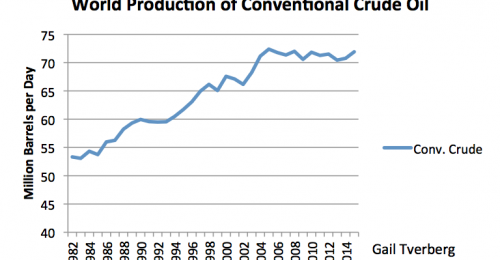
Conventional crude oil production was reported by the International Energy Agency (a notoriously optimistic group) to have finally peaked this year. However, this was only announced some four years later, with the release of its World Energy Outlook 2010.* Read more

Twitter is launched
15 August, 2006

Twitter was founded in 2006. This new method of social networking and micro-blogging grew rapidly in popularity. Within a few years, it was comparable with Facebook in terms of prominence. Numerous celebrities were using it to keep in touch with fans, while news outlets and businesses used it to supply updates to their followers. By 2011, Twitter had over 200 million users, was generating 190 million "tweets" a day and handling 1.6 billion search queries. Read more

Pluto is demoted to
26 August, 2006
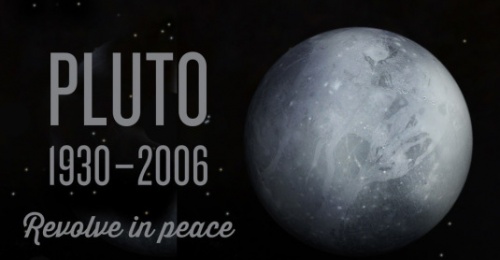
From its discovery in 1930 until 2006, Pluto was considered the Solar System's ninth planet. In the late 1970s, following the discovery of minor planet 2060 Chiron and the recognition of Pluto's very low mass, its status as a major planet began to be questioned. Later, in the early 21st century, many objects similar to Pluto were discovered in the outer Solar System, notably the scattered disc object Eris, which is 27% more massive than Pluto. Read more

North Korea conducts its first nuclear test
14 October, 2006
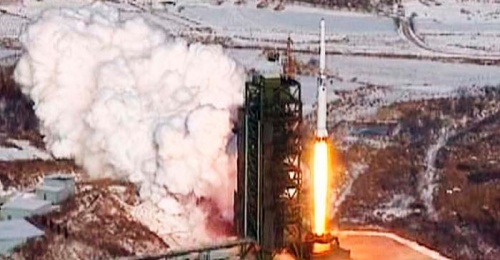
North Korea announced its intention to conduct a test on 3rd October, six days prior, and in doing so became the first nation to give warning of its first nuclear test. The blast was estimated to have an explosive force of less than one kiloton, and some radioactive output was detected. Read more

Saddam Hussein is executed
30 December, 2006

The execution of Saddam Hussein took place on 30th December, 2006. He was sentenced to death by hanging, after being found guilty of crimes against humanity by the Iraqi Special Tribunal for the murder of 148 Iraqi Shi'ites in the town of Dujail in 1982, in retaliation for an assassination attempt against him. Read more

Apple debuts the iPhone
1 June, 2007

Released in June 2007, the iPhone is a multimedia-enabled smartphone designed and marketed by Apple. It functions as a camera phone (also including text messaging and visual voicemail), a portable media player (equivalent to a video iPod), and Internet client (with e-mail, web browsing, and Wi-Fi connectivity), using a multi-touch screen to provide a virtual keyboard in lieu of a physical keyboard. Time magazine named it the Invention of the Year. Read more

Global economic downturn
15 June, 2007

During this period, the world experiences the biggest financial crisis since the Great Depression. Former chairman of the Federal Reserve, Alan Greenspan, calls it a "once-in-a-century type of event". This global downturn is caused by a number of factors. Read more

Arctic sea ice hits a record low
15 July, 2007
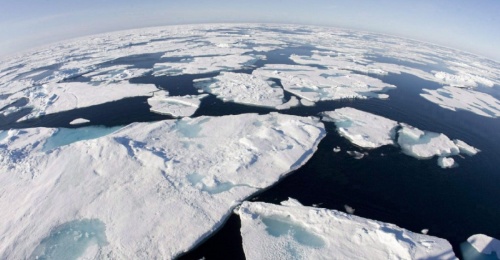
Arctic sea ice hit a record low of 4.14 million km² during the summer of 2007. This shattered the previous record, with an area of additional melting the size of five United Kingdoms. For the first time in recorded history, the fabled Northwest Passage became open to ships without the need for icebreakers. Read more

Amazon releases the Kindle
18 September, 2007

The Kindle is a software and hardware platform developed by Amazon subsidiary Lab126, for rendering and displaying e-books and other digital media. The device uses an electronic paper display and is able to download books and other digital content from Amazon, without a computer and without any monthly fee. Read more

Google Street View is launched
8 October, 2007

Google Street View is a technology featured in Google Maps and Google Earth that provides panoramic views from various positions along many streets in the world. It was originally launched only in several US cities, but gradually expanded to include many more cities and rural areas worldwide. Read more

Cyclone Nargis devastates Burma
13 March, 2008
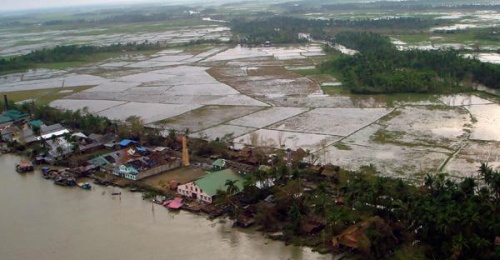
Nargis was a strong tropical cyclone that caused the worst natural disaster in the history of Burma. After forming in the North Indian Ocean, it moved quickly towards the coast. Upon making landfall, it caused massive destruction, with peak wind speeds of 135 mph (215 km/h), making it a category 4 on the Saffir–Simpson Scale. It continued inland for over a day before dissipating. Read more

Artificial DNA
5 July, 2008
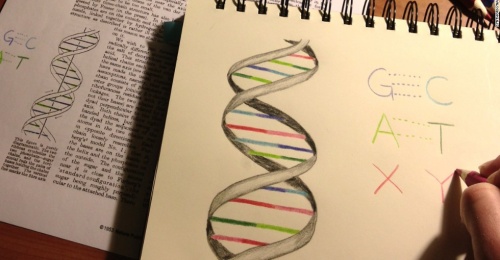
Using purely artificial components, Japanese scientists at the University of Toyama created unusually stable, double-stranded structures resembling natural DNA. This breakthrough could lead to improvements in gene therapy, nano-sized computers and other high-tech advances.* Read more

Oil prices hit a record high of $147/barrel
15 July, 2008

In July 2008, oil prices rose to a record high of $147 a barrel following concern over recent Iranian missile tests. However, prices declined to just $33 a barrel in December, less than a quarter of the peak price reached four months earlier. A strong contributor to this decline was the drop in demand for oil in the USA, as well as the global equities slide. Read more

Breakthrough in wireless energy transfer
15 August, 2008

Intel Corporation demonstrates wireless electricity sent to a lightbulb at 75% efficiency.* This technology still faces a number of problems,* but will eventually see large-scale adoption. One of the main benefits will be reduced clutter in homes and offices, since the need for power cords will be eliminated. Read more

Major advances in CGI
15 September, 2008

New modelling technology, pioneered by California-based company Image Metrics, now enables the most minute details of a facial expression to be captured and recreated. This means a long-standing barrier known as the 'uncanny valley' - the perception that animation looks less realistic as it approaches human likeness - may soon be crossed. Read more

Scientists extract images directly from the brain
14 December, 2008

In a major scientific breakthrough, a Japanese company developed a way of analysing electrical signals sent from the visual cortex and converting them to digital images on screen. Read more

Video adverts on London's tube
31 December, 2008

Video screen adverts - including web content displayed in real time - are appearing on the London Underground.* They are limited to the busiest stations initially, but will soon spread to the entire network. Various other cities are beginning to adopt this technology too. Read more

A shift towards portable (and ultra-portable) PCs
7 January, 2009

The market is moving toward portable PCs even faster than expected. By 2009, the laptop share of PCs bought worldwide has overtaken desktops for the first time.* In addition, a new generation of "ultra portables" is emerging. These are significantly cheaper and more compact than traditional laptops, but offer many of the same features including wireless Internet access. Read more

Barack Obama is sworn in as 44th president of the USA
21 January, 2009

Barack Obama was elected the forty-fourth president of the United States in January of this year, becoming the first African American to do so. His immediate actions were focused on the financial problems plaguing the country. He subsequently introduced several economic stimulus packages. Billions upon billions of dollars were spent in an effort to reinvigorate the financial system and free up credit. A country-wide cleanup of the banking system, with the aim of removing any toxic bank assets or loans, was soon begun. Read more

Kepler searches for Earth-like planets
17 April, 2009
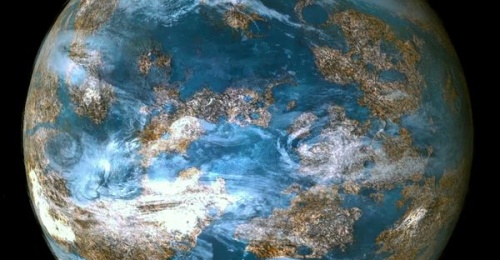
The Kepler space probe is launched by NASA. It will be the first instrument capable of finding Earth-sized and smaller extrasolar planets, using Ball Aerospace's Kepler Space Observatory satellite. It will observe the brightness of about 100,000 stars over four years to detect periodical transits of a star by its planets.* Read more

Macular degeneration is curable
18 April, 2009

Macular degeneration – the leading cause of blindness in people aged 65 and older – can now be treated with a miniature "telescope" implanted in the eye.* Consisting of two lenses within a small glass tube, this works like a telephoto zoom lens. It combines with the cornea to project a magnified image of whatever the wearer is looking at over a large part of the retina. Read more

The mouse genome is fully sequenced
31 May, 2009
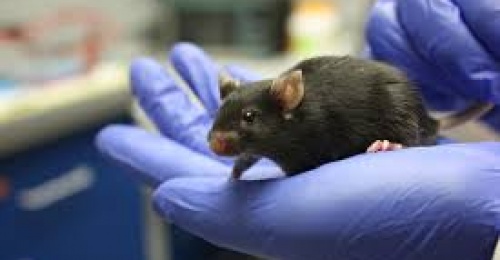
After a 10-year effort, scientists have finished mapping the entire mouse genome.* Given the prevalence of mice in laboratory experiments - and the similarities with our own genetic code - this could greatly aid our understanding and treatment of diseases. Read more

3D scanning enters the consumer market
15 June, 2009

This form of technology has been available for a while now - mainly for use in design visualization, CAD/prototyping, architecture, engineering, film production, healthcare, etc. Read more

Africa's population reaches one billion
12 September, 2009

The continent’s population has doubled in the last 27 years. It will double again by the 2050s. The main reason for this explosive growth has been the lack of access to contraception and family planning centres. Read more

Mind control headsets for video gaming
12 September, 2009

In 2009, a company called Emotiv released a headset allowing gamers to control games from brain waves alone.* This was achieved in a completely non-intrusive manner: no crude implants or direct physical contact were needed. Sensors on the headset could detect the neuroelectrical patterns in the wearer's head, and these were converted into actions on screen. Read more

The tallest man-made structure in history is completed
16 October, 2009
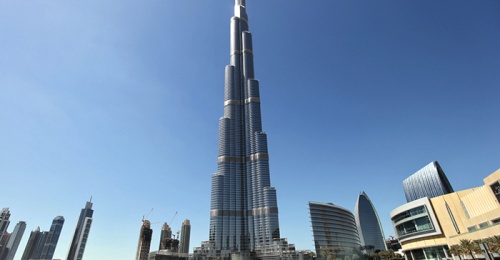
With 160 floors, rising to a height of 818m (2,684ft), the Burj Dubai is by far the tallest structure ever built by man, shattering all previous records and setting a new benchmark for skyscrapers. Read more

Scientists engineer new plastics without the use of fossil fuels
23 November, 2009

Scientists in Korea have developed a one-step production process for creating everyday plastics through the use of bioengineering, rather than fossil-fuel based chemicals.* Read more

Major breakthrough in cancer research
19 December, 2009
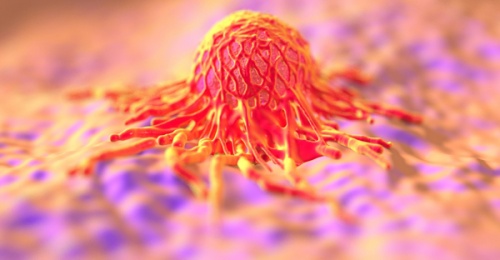
In 2009, a major scientific landmark was achieved, as the complete genetic codes for both skin and lung cancer were identified.* Every mutation turning healthy cells cancerous was now fully catalogued - paving the way for drug targets that could lead to possible cures in the not-too-distant future. Blood tests to spot tumours would also be possible at far earlier stages. Read more

Discovery of the first exoplanet that could contain liquid water
19 December, 2009
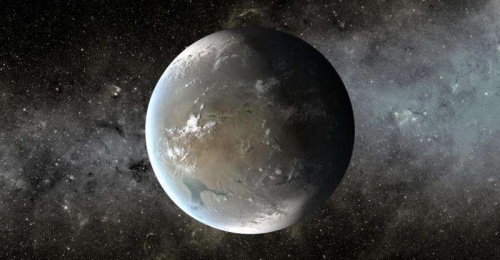
In December 2009, astronomers discovered the exoplanet GJ 1214 b - a "super-Earth" orbiting a red dwarf star approximately 40 light years away. This was the first planet outside our own Solar System with the possibility of holding liquid water. Read more

Water is discovered on the Moon
30 December, 2009
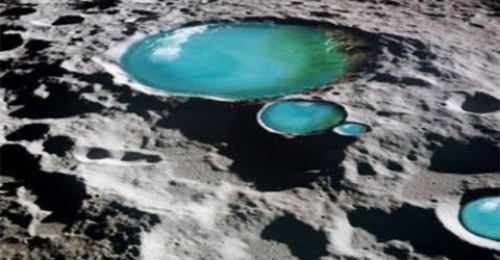
The Lunar Crater Observation and Sensing Satellite (LCROSS) was the first American mission to the Moon in over a decade. It was designed to relay data from the impact and debris plume resulting from the vehicle's upper stage, Centaur, hitting a large crater near the Moon's south pole. Read more

Mercury is 98% mapped
30 December, 2009
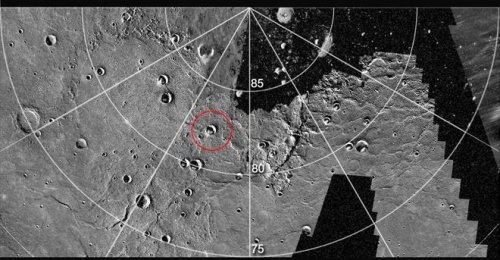
NASA's MESSENGER probe completed a third and final flyby of the planet in 2009. This helped to map 98% of its surface - including the previously unseen far side. It also revealed higher than expected amounts of heavy metals such as iron and titanium, forcing scientists to rethink how the small planet evolved. Data also revealed changing seasons on the planet, in the form of varying chemical compositions in Mercury's thin atmosphere. Read more

Haiti is struck by a devastating earthquake
12 January, 2010

On 12th January 2010, a 7.0-magnitude quake occurred in Haiti, devastating the nation's capital, Port-au-Prince. With a death toll of more than 230,000, it was one of the deadliest on record.* Many notable landmark buildings were damaged or destroyed, including the Presidential Palace, the National Assembly building, the Port-au-Prince Cathedral, and the main prison. Read more

The longest solar eclipse of the 3rd millennium occurs
15 January, 2010

On 15th January 2010, a solar eclipse occurred in the Indian Ocean. It was the longest eclipse of this millennium, with a duration of 11 minutes, 8 seconds. It was first visible as a partial eclipse over Central Africa, before entering the Indian Ocean, where it reached greatest eclipse. Read more

Solar power is plunging in cost
11 February, 2010
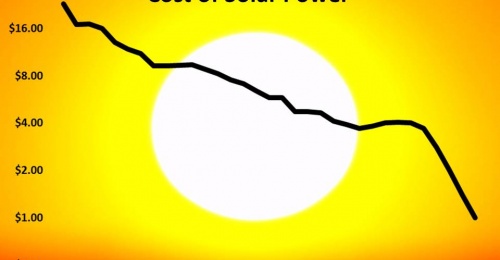
In many countries, the number of homes with solar power is growing exponentially, thanks to plummeting costs and new government incentives. This is particularly true in the USA, where the cost of a typical five-kilowatt rooftop system has dropped from $22,000 in 2007 to just $13,000 by the end of 2010. This technology is becoming affordable to the middle classes.* Read more

Apple debuts the iPad
3 April, 2010

The iPad is Apple's first tablet computer – a device category between a smartphone and laptop computer. Similar in functionality to a larger and more powerful iPhone or iPod touch, it runs a modified version of the same operating system (iPhone OS). Its included applications are also redesigned to take advantage of the larger screen with added functionality similar to their Mac OS X counterparts. Read more

Major breakthrough in robotics
10 April, 2010

Robotic manipulation of non-rigid objects – where configuration is unknown beforehand – is now possible. A robot developed at the University of California is capable of analysing towels "on the fly", rather than being given a fixed set of movements. It can analyse different shapes, colours and materials using a pair of high-resolution cameras, then fold and arrange them into neat piles.* Read more

The worst marine environmental disaster in US history
20 April, 2010
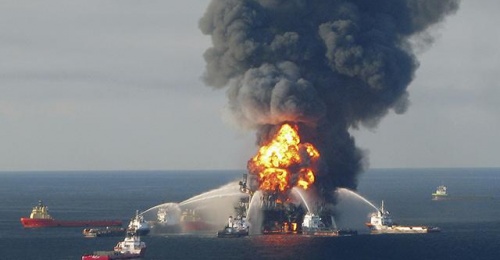
On 20th April 2010, the Deepwater Horizon drilling platform exploded in the Gulf of Mexico, killing 11 workers and injuring 16 others. The rig was owned and operated by Transocean and was drilling for BP in the Macondo Prospect oil field, about 40 miles (60 km) southeast of the Louisiana coast. The explosion caused the Deepwater Horizon to burn and sink, and started a massive offshore oil spill. This became the second largest environmental disaster in American history – behind the Dust Bowl of the 1930s – and the worst marine accident on record. Read more

Scientists create synthetic life
23 May, 2010
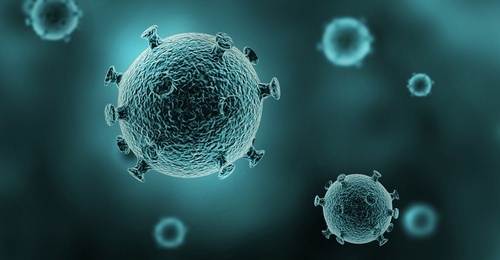
In May 2010, a giant leap was achieved in biotechnology as a team of scientists led by DNA pioneer Dr Craig Venter successfully created the first artificial lifeform. Mycoplasma laboratorium was an entirely new species of bacterium, with man-made genetic code, originating on a computer and placed on a synthetic chromosome inside an empty cell. Using its new "software", the cell could generate proteins and produce new cells. Read more

Speech-to-speech translation is common in mobile phones
15 June, 2010

Large-vocabulary, continuous, speaker-independent speech recognition is now widespread on cellphones. It has become a popular (and free) iPhone app, as well as being available on Symbian phones and on the Nexus One, using Google's voice translation server. Read more

The first demonstration of solar-sail technology
16 July, 2010
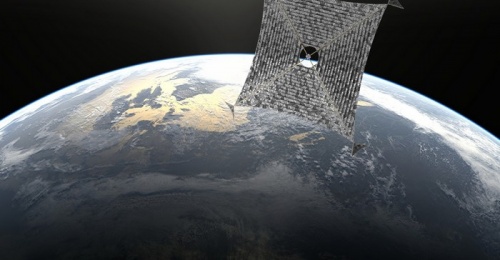
IKAROS (Interplanetary Kite-craft Accelerated by Radiation Of the Sun) is a Japanese experimental spacecraft. Launched in 2010, it is the first spacecraft to successfully demonstrate solar-sail technology. When fully unfurled, its membrane has a diagonal span of 20m, but a thickness of just 0.0075mm. It is kept flat by a spinning motion. Tiny solar cells, dust counters and reflective steering devices are mounted as panels on the sail. Read more

British forces withdraw from Afghanistan
31 July, 2010

The British Armed Forces have played a substantial role in the Afghanistan War. Their efforts in the country have been huge: second only to the U.S. in terms of troop numbers. Read more

The Constellation Program is essentially cancelled
14 August, 2010
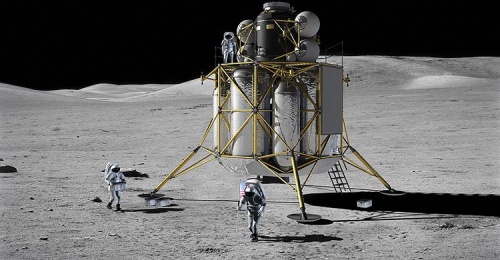
President Obama's budget plan for 2011 included no future funding for the Constellation Program – NASA's space exploration plan after the retirement of the Shuttle. Despite numerous objections from senators and astronauts, including Neil Armstrong, Mr. Obama remained firm in his decision. Read more

Augmented Reality (AR) is entering the mainstream
15 August, 2010

A growing number of cellphones, cameras and other digital devices now feature augmented reality. This technology displays 3D virtual elements on a real-world camera view. GPS units in combination with inertial references can map a user's precise location, then relay graphics from the web (or a web-based application such as Google Earth) and superimpose them on-screen. Read more

Japan is devastated by a 9.0 magnitude earthquake and tsunami
1 January, 1970
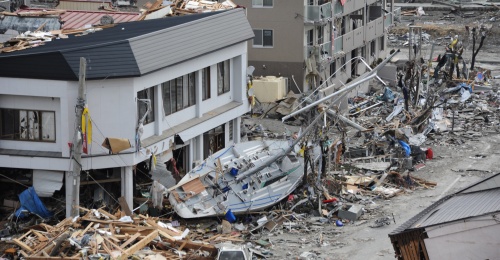
On 11th March 2011, a 9.0-magnitude quake and subsequent tsunami hit the east of Japan, killing over 15,000 and leaving another 9,000 missing. Tsunami warnings were issued in 50 countries and territories, while emergencies were declared at four nuclear power plants. Read more

14 nanometre chips enter mass production
15 May, 2011

The next generation of microprocessor technology is released by Intel, with transistors now based on a 14nm manufacturing process.* For comparison, a carbon atom is 0.34nm wide.* The 4GHz barrier in stock CPU is finally being passed, thanks to the performance and energy efficiency of these new chips. Read more

The first open petaflop supercomputer comes online
15 May, 2011

"Blue Waters", the first open scientific research supercomputer to sustain one petaflop performance (a quadrillion calculations per second), comes online at the University of Illinois at Urbana-Champaign.* Read more

22 nanometre chips enter mass production
15 May, 2011

Intel begins production of a new 22nm microprocessor - code-named Ivy Bridge - the first high-volume chip to use 3D transistors. A nanometre is one-billionth of a metre. The successor to 32nm, these will continue the trend of Moore's Law for years to come. Read more

China's Three Gorges Dam is fully operational
21 May, 2011
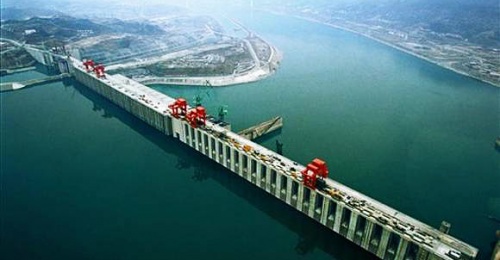
Costing almost $30 billion, this is the largest power plant ever built. It has been in planning for nearly a century. Read more

Scientists trap antimatter
22 May, 2011
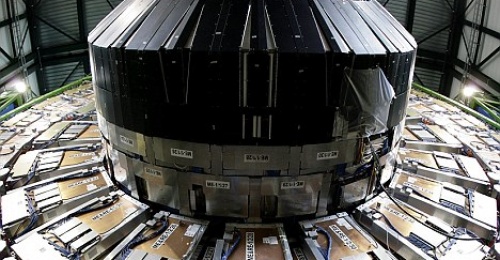
In late 2010, researchers at CERN trapped 38 antihydrogen atoms, holding them in place for one-sixth of a second. This was the first time in scientific history that humans had trapped antimatter. Although antihydrogen had been produced before, it was instantly destroyed when encountering normal matter.* Read more

The Gaia mission is launched
12 June, 2011
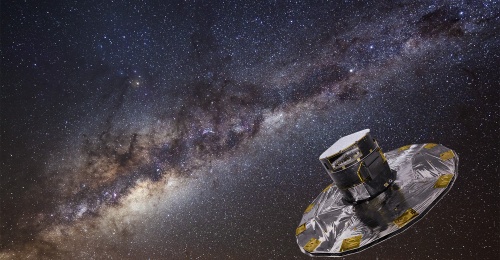
While the naked human eye can see only a few thousand stars on a clear night, Gaia will map over a billion – approximately 1 percent of all stars within our own Milky Way galaxy – over the course of its five-year mission beginning in 2013. It will chart their brightness and spectral characteristics, as well as their positions and motions, forming a highly detailed three-dimensional map.* Read more

The Space Shuttle fleet is retired
15 June, 2011
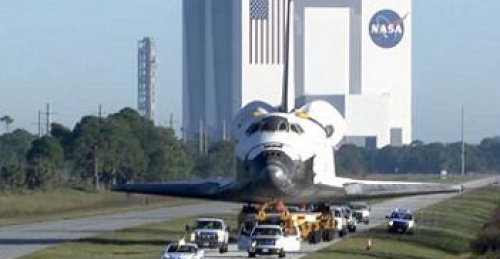
This year sees the last of the Space Shuttle missions to the International Space Station and the subsequent retirement of the fleet. Two private companies - SpaceX and Orbital Sciences Corporation - will take over the remaining work, using cheaper disposable rockets. These will provide cargo delivery flights to the ISS up to 2016. Read more

USB 3.0 is widely available
15 June, 2011

USB 3.0 is the third major revision of the Universal Serial Bus (USB) standard for computer connectivity. It has transmission speeds of 5 Gbit/s, which is 10 times faster than USB 2.0 (480 Mbit/s). USB 3.0 significantly reduces the time required for data transmission, reduces power consumption, and is downward compatible with USB 2.0. Read more

Worsening economic crisis in Greece
6 July, 2011

For years, the successive governments of Greece had been spending money they didn't have. These governments took advantage of the good economic times in the early 2000s to borrow and spend at a greater rate than taxes were being collected. As a result, the country ran up a massive deficit, reaching an estimated 13.6% by 2010.* Read more

The largest desalination plant in Australia is operational
6 July, 2011
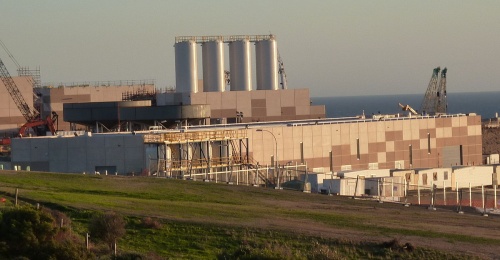
Australia is a country with a long history of drought. This year, another step is taken towards saving its future water supply, with the completion of the Wonthaggi Desalination Plant. Costing $3.5 billion, this becomes the largest desalination facility in Australia and the sixth largest in the world. It is also one of the first major plants to be built specifically with climate change in mind, and is easily the most technologically advanced. Read more

The world's first synthetic organ transplant
9 July, 2011

In June 2011, surgeons in Sweden carried out the world's first synthetic organ transplant.* A 36 year old man, suffering from terminal cancer of the trachea, received a completely new replacement windpipe. This was achieved using a nanotechnology scaffold - made from a spongy, flexible polymer - which was seeded with his own stem cells in a bioreactor. Read more

Consumer-level robotics are booming
18 July, 2011

Thanks to falling costs, this decade sees the beginning of robots entering mainstream society. From 2008 to 2011, sales of professional and personal service robots more than double - from 5.5 million to over 11.5 million.* Read more

Multi-touch surface computing enters the consumer market
15 August, 2011

These coffee table-sized devices have been appearing in business venues for a couple of years already. They are now becoming cheap enough for the consumer market. Read more

The death of Osama bin Laden
11 September, 2011

Following the attacks of September 11th, which he had largely masterminded, Osama bin Laden became the most internationally hunted fugitive in history. Aside from a few videos of him living in unidentifiable wilderness locations, he essentially disappeared off the radar. After nearly a decade of false leads and high body counts, many began to think the search was hopeless. Read more

World's first commercial spaceport
19 September, 2011
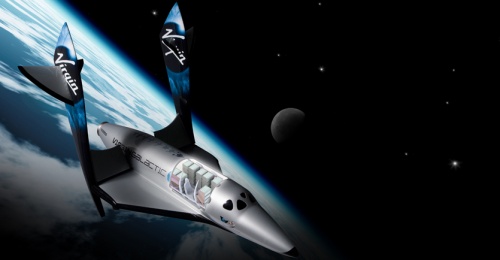
A new chapter in space exploration begins with the opening of Spaceport America - the world's first purpose-built commercial spaceport. This offers sub-orbital spaceflights to the paying public. Read more

Global population reaches 7 billion
16 October, 2011

In October 2011, the global population reaches 7 billion. Over 74 million people are now being added to the world each year - equivalent to the entire population of Turkey. On current trends, the population is forecast to reach over 10 billion by 2100. Most of the increase is from high-fertility countries in sub-Saharan Africa.* Read more

Mars Science Laboratory explores the Red Planet
14 March, 2012
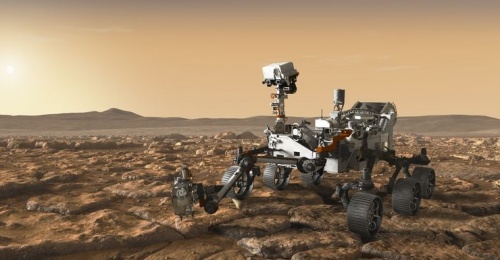
Mars Science Laboratory - nicknamed Curiosity - is by far the largest and most powerful rover ever sent to Mars. Among its many instruments is the first video camera taken to another planet. As well as filming the surface, it also records the descent through the atmosphere, in HD quality. The rover also features the first 3D camera on Mars. Read more

Economic turmoil continues
15 June, 2012

The global economic crisis shows little sign of ending. Stock and bond markets remain volatile, while food and energy prices continue to rise. A real estate bubble is about to burst in China, threatening to plunge the world into further chaos. With protests continuing in many countries, various movements for change are emerging, aided by social media like Twitter and Facebook. Read more

Nintendo launches the Wii U
15 July, 2012

The Wii U is the first of the 8th generation games consoles – the others being the Xbox One and PlayStation 4, which are launched in 2013. The Wii U features gameplay in full 1080p resolution, 8GB of flash-based memory for storing game saves, a touch tablet controller with built-in camera, and game discs with 25GB of content using a Nintendo-proprietary format based on that of Blu-ray Discs. It is backward compatible with Wii software.* Read more

The Abraj Al-Bait Towers are completed in Mecca
29 July, 2012

Also known as the Mecca Royal Hotel Clock Tower, this becomes the second tallest building in the world, behind the Burj Khalifa in Dubai.* It is made up of seven different towers, with the Hotel Tower, the tallest, soaring to a height of 601m (1,972 ft). Read more

The world's first 1-Gigawatt offshore wind farm
14 August, 2012
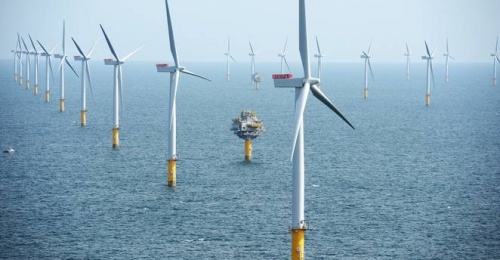
Off the southeastern coast of England, construction of the largest ever offshore wind farm is underway. Known as the London Array, it will supply enough power for 750,000 homes - a quarter of all those in London.* With a total of 341 turbines, it will reduce carbon emissions by nearly 2 million tonnes per year, an important milestone in the government's plan to cut emissions by 80% by 2050. Read more

Quad-core smartphones and tablets
24 November, 2012

The first quad-core smartphones and tablets were released in 2012, offering a major boost in processing power. This new generation includes the Samsung Galaxy S3, HTC Edge, HTC Zeta, HTC Quattro tablet and the Asus Transformer Prime.** Read more

The Mayan calendar reaches the end of its current cycle
21 December, 2012

The Mayans were an ancient people that lived thousands of years ago, in what is now Central America. They are noted for having the only fully-developed written language of the pre-Columbian Americas – as well as its art, architecture, mathematical and astronomical systems. As part of their culture, the Mayans used a Long Count calendar. Read more

China's Tiangong-2 space station module is launched
3 January, 2013
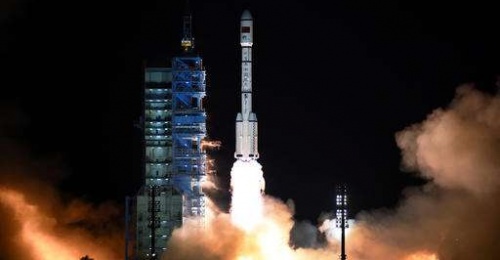
Tiangong (translated as "Heavenly Palace") is a space program of the People's Republic of China, with the goal of creating a next generation space station. It begins with a "space laboratory phase" which consists of three separate modules for testing and experimental purposes – the first being launched in 2011, the second in 2013* and the third in 2015. Read more

Food prices are triggering civil unrest
5 January, 2013

World grain reserves are now at historically low levels, due to extreme weather events in the previous year. Failing harvests were particularly bad in the United States, Russia and Eastern Europe.** As the world consumes more than it can produce, the resulting increase in food costs is sparking riots and bringing down a number of governments in Africa and the Middle East.** Read more

The first gene therapy in the Western world
10 January, 2013
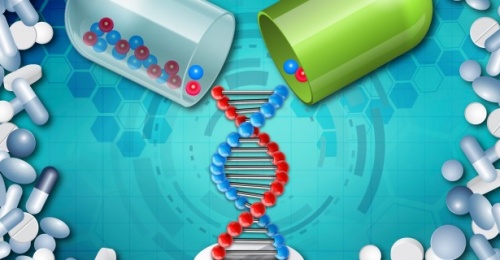
Gene therapy is a new and emerging area of medicine that holds enormous potential. By identifying and "editing" faulty genes within a person's cells, every disease could in theory be overcome. Research into the field has been fraught with problems, however, with patients developing cancer and even dying in clinical trials. Read more

Highly flexible touch sensors are appearing in a range of gadgets
18 April, 2013

Highly flexible, film-based touch sensors are entering the smartphone and tablet markets.* They are also extending touch capabilities into a range of new consumer and industrial products. Using roll-to-roll metal mesh technology, they provide a high-performance alternative to existing touch sensors. Larger, lighter, sleeker, curved and edgeless designs can now be developed for handheld devices. Read more

The first test launch of the Falcon Heavy
14 July, 2013
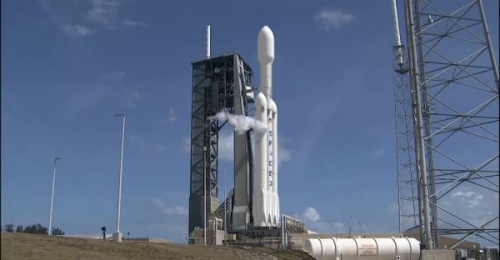
The Falcon Heavy – the most powerful rocket since the Saturn V – has its first demonstration flight this year. Designed to lift satellites or spacecraft into orbit weighing more than 53 tons, or 117,000 pounds, it has over twice the capacity of the Space Shuttle and Delta IV Heavy launcher. At full power, its thrust is equivalent to fifteen 747's. Read more

Solar flares are disrupting the Earth's magnetosphere
17 July, 2013
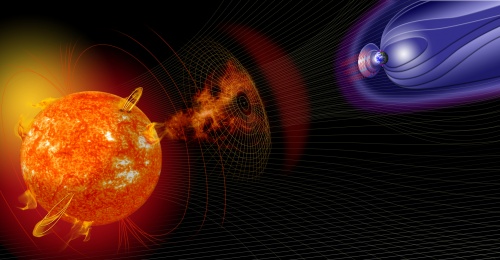
The Sun reaches its solar maximum this year - the period of greatest activity in its 11-year solar cycle. Because of the unusually low level of activity in recent years, this has caused a sudden build up of energy now, with large "solar storms" hitting Earth's magnetosphere. Read more

Direct high-speed rail from London to Frankfurt and Amsterdam
15 August, 2013
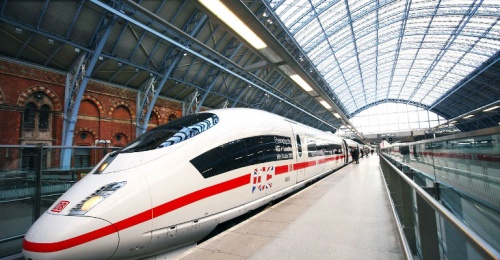
Two of Europe's biggest financial centres - London and Frankfurt - are now connected by a high-speed rail link. Trains running at 320 kph (200 mph) provide a journey time of under five hours. Read more

China's first unmanned Moon landing
18 September, 2013
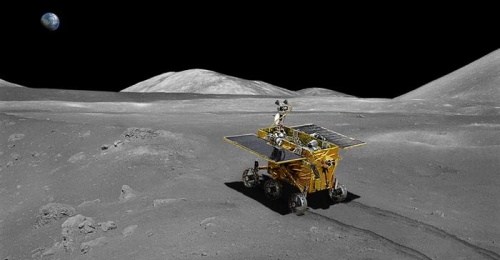
In addition to its next generation space station, China also has plans to explore the Moon. Chang'e 3 is named after the Chinese Goddess of the Moon and includes both a lander and rover. It is the third and most advanced in a series of probes, two previous orbiters having launched in 2007 and 2010. Arriving in the second half of 2013,* Read more

China overtakes the USA in scientific research
13 November, 2013
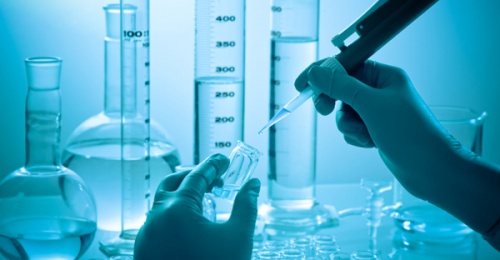
In terms of scientific output, China had been closing the gap between it and the developed world for several years. Thousands of new research papers were being published each year at an accelerating rate, while millions more students were entering universities as the country became more developed. Read more

Launch of the PS4 and Xbox One
14 November, 2013

2012 saw the launch of Nintendo's Wii U – the first of the eighth generation games consoles.* By late 2013, it is joined by the PS4 and Xbox One.* These new machines offer major improvements in graphical power. Both have eight-core CPUs, each clocked at 1.6GHz and based on the 28nm fabrication standard. Read more

Comet ISON makes an appearance
15 November, 2013
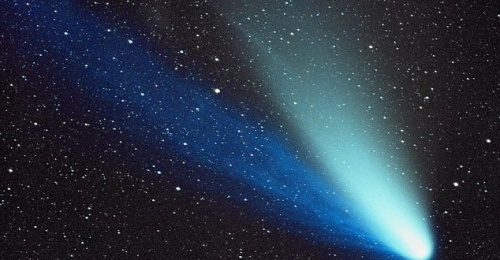
C/2012 S1 (ISON) is a sungrazing comet discovered in September 2012 by astronomers at the ISON-Kislovodsk Observatory in Russia. It reaches perihelion (closest approach to the Sun) on 28th November 2013 at a distance of just 680,000 miles (1,100,000 km) above the Sun's surface. Read more

Terabyte SD cards are available
20 March, 2014

SD cards and other memory devices continue to grow exponentially this decade, with storage capacities doubling roughly every year. A terabyte is equal to 1000 gigabytes. Read more

The first test flight of NASA's Orion spacecraft
11 April, 2014
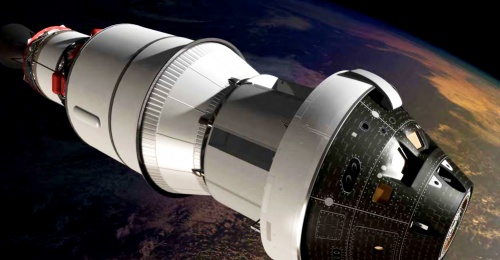
The Orion Crew Exploration Vehicle was originally part of NASA's Constellation Program which was cancelled in 2010. However, the design was carried forward as the Orion Multi-Purpose Crew Vehicle (Orion MPCV), as part of NASA's new plans for manned exploration to the Moon, Mars and asteroids. Read more

The IPCC releases its Fifth Assessment Report
17 April, 2014
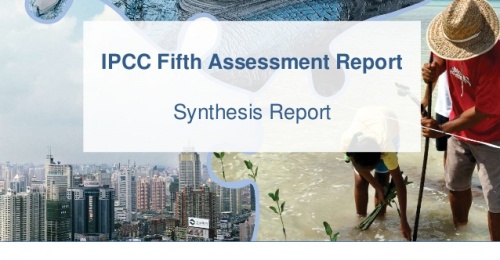
The Intergovernmental Panel on Climate Change (IPCC) releases its Fifth Assessment Report in 2014, which further discusses the possible future impacts of climate change.* Read more

The Shanghai Tower is completed
19 April, 2014
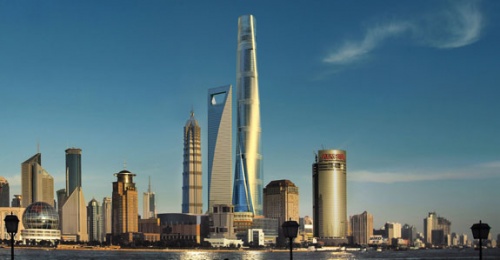
The Shanghai Tower is designed by Gensler and constructed in the Pudong District of Shanghai, China. It is the tallest in a group of three supertall buildings, the others being Jin Mao and the Shanghai World Financial Center. Upon its completion in 2014, it becomes the tallest skyscraper in China and the second tallest in the world, surpassed only by the Burj Khalifa in Dubai. The building rises 632 m (2,073 ft) and has 128 stories. Read more

Google Glass is launched to the public
14 May, 2014

Google Glass is an augmented reality head-mounted display, allowing hands-free access to the web.* The product resembles normal eyeglasses where the lens is replaced by a small electronic screen. It provides interaction via natural language voice commands, as well as eye-tracking technology.* Read more

The MAVEN probe arrives at Mars
15 May, 2014
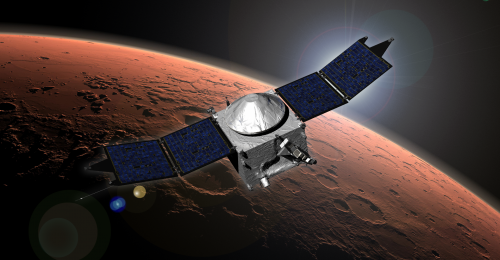
NASA's Mars Atmosphere and Volatile EvolutioN (MAVEN) spacecraft arrives at Mars, to study its atmosphere and climate history.* Its four primary objectives are: Read more

The first solar aircraft to circumnavigate the globe
16 July, 2014
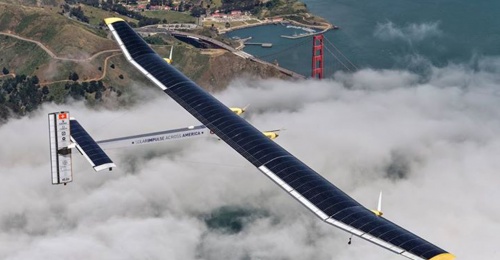
Solar Impulse is a Swiss long-range solar powered craft being developed by Bertrand Piccard and André Borschberg. In 2014, it becomes the first piloted fixed-wing plane to circle the Earth using solar power alone. Read more

Laser guns are in naval use
16 July, 2014
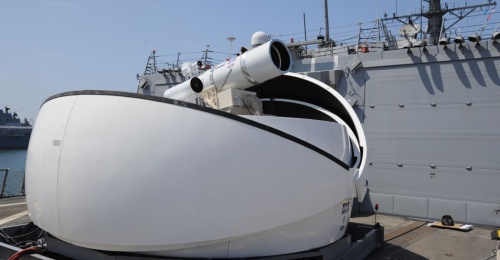
Following several years of research and development, Solid State Laser (SSL) weapons are now being deployed by the U.S. Navy as a form of short-range defence. These high-powered beams of directed energy can be fired at distances of four miles, hitting targets moving at 300 mph (480 km/h). Read more

Completion of the International Space Station
14 August, 2014
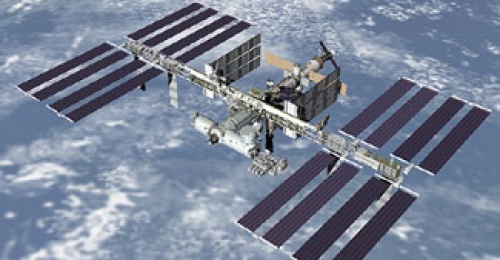
The International Space Station is by far the largest man-made structure ever put into orbit: 110m (360 ft) across, with a mass of 345,000 kg and a living volume of 1,000 cubic metres. It is maintained in a nearly circular orbit with a minimum mean altitude of 330 km (205 mi) and a maximum of 410 km (255 mi). Read more

The new World Trade Center is completed
15 August, 2014
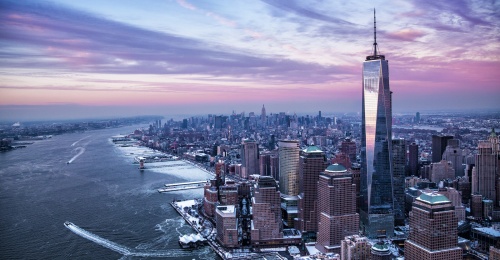
After the terrorist attacks of 2001, then-President George Bush vowed that the World Trade Center complex would be fully rebuilt and the skyline made whole again. A competition was held between several architecture firms to design an iconic new landmark. Read more

Most phone calls are made via the Internet now
15 August, 2014

By now, the majority of homes and workplaces use Voice over Internet Protocol (VoIP) systems, such as Skype.* These connections are made via the Internet, rather than traditional phone lines. Read more

The Internet has a greater reach than television
15 August, 2014

Citizens in developed nations now rely on the Internet more than any other medium for news coverage. This trend* first became apparent in the early 2000s, when radio was overtaken by Internet usage. The rapid shift towards web-based information then began to affect print media, with newspaper sales being heavily impacted. Read more

India's first Mars mission
11 September, 2014
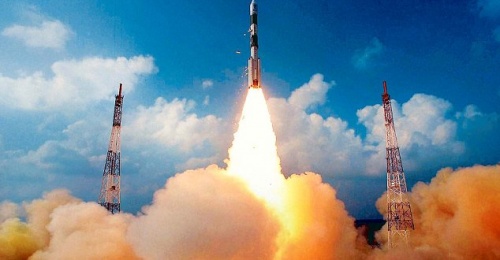
Joining the MAVEN probe this year is another orbiter, the first Indian mission to Mars.* Launched in November 2013, the probe enters a highly elliptical orbit of 500 x 80,000 km around Mars in September 2014. Read more

Personalised DNA sequencing for under $100
19 September, 2014
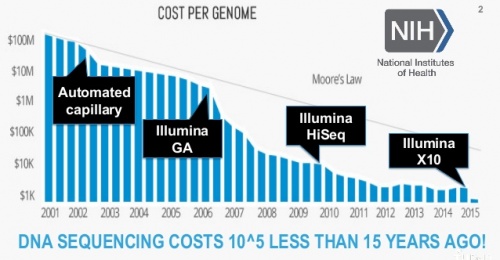
DNA sequencing technology is now so fast and cheap that an entire human genome can be read in a matter of hours for less than $100. This has been made possible by a revolutionary new device called a nanofluidic chip.* Read more

Better protection against tooth decay
16 October, 2014

A new molecule known as "Keep 32" is now present in a range of dental care products, as well as several foods like chewing gum. This eliminates Streptococcus mutans - one of the two main bacteria responsible for tooth decay.* Read more

Launch of the Sunjammer solar sail
16 October, 2014
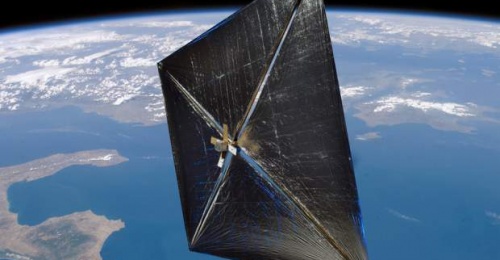
The Sunjammer is a NASA mission intended to demonstrate solar sail technology, a form of propellant-free spacecraft propulsion that allows travel using radiation pressure alone.* This involves a combination of light and high-speed gas particles, ejected from the Sun, pushing large ultra-thin mirrors (or sails) to high speeds. Read more

Robotic pack mules are entering military service
17 October, 2014
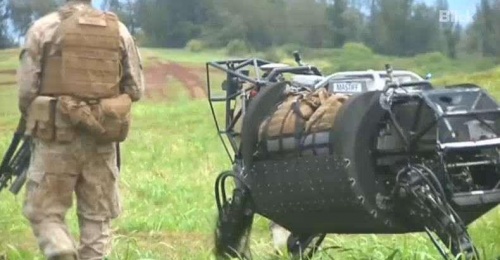
Dynamically stable, quadruped robots are being deployed in military support roles now. These are accompanying soldiers in terrain too difficult for conventional vehicles. They use four legs for movement, allowing them to move across surfaces that would defeat wheels or treads. Read more

A comet is passing extremely close to Mars
19 October, 2014
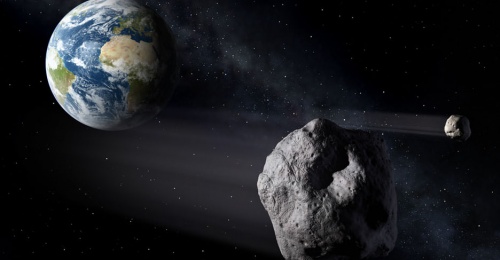
C/2013 A1 (Siding Spring) is an Oort cloud comet discovered in January 2013 by the Siding Spring Observatory. Subsequent analysis by NASA's NEO Program indicated that it could pass just 31,000 miles (50,000 km) from the Red Planet's surface: only two-and-a-half times the distance of its outermost moon, Deimos, and roughly the height at which communication satellites orbit Earth.* Read more

Rosetta deploys its lander on comet 67P/Churyumov-Gerasimenko
13 November, 2014
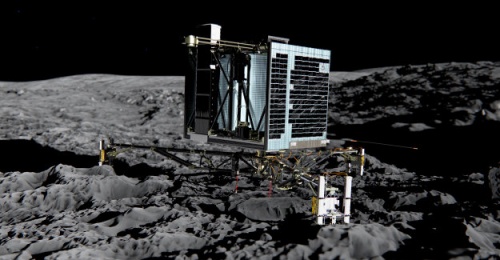
Rosetta is a probe launched in 2004 by the European Space Agency and intended to study the comet 67P/Churyumov-Gerasimenko. The craft studies two asteroids, 2867 Steins and 21 Lutetia, before rendezvousing with the comet in 2014. Read more

LifeSaver bottles are in widespread use
19 January, 2015
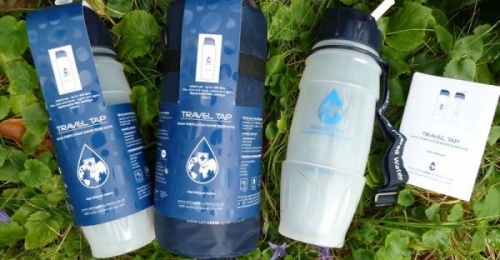
Third World countries are benefitting from a revolutionary portable device. First revealed in 2007, it is now widely used by foreign aid workers and UN staff. Read more

A new generation of hi-tech supercarriers
4 February, 2015

The first in a new generation of US aircraft carriers is launched this year. The Gerald R. Ford-class replaces the aging Nimitz-class which has been in service since 1975. This new class of ship includes some major improvements over previous generations. Read more

Battery technology gets a boost
8 February, 2015

A new method of charging lithium-ion batteries has been perfected. This enables them to charge ten times faster and to last ten times as long. A chemical oxidation process creates miniscule holes (10 to 20 nanometres) between layers of graphene. Read more

Gay marriage is legal in the UK
13 February, 2015

Civil partnerships had already been permitted in the UK since 2004, following the Civil Partnership Act. This gave rights and responsibilities to same-sex couples that were identical to civil marriage between opposite-sex couples. Read more

The next generation of optical discs
18 March, 2015

This year sees the release of a new optical disc format with 300GB capacity.* It has been jointly developed by Sony and Panasonic. Read more

3D printing is a mainstream consumer product
23 March, 2015

Until recently, this technology was extremely expensive - upwards of $15,000 per machine - and limited to use in industrial prototyping, product design, medical modeling and architectural models.* However, plummeting costs are now making it affordable to consumers.** Read more

Genome sequencing continues to improve exponentially
17 April, 2015
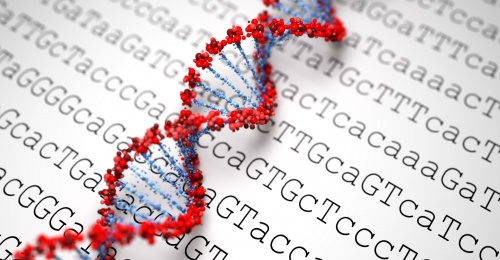
Despite the economic crisis, a number of industries continue to show growth. One of these is personal medicine and genome sequencing.* After the Human Genome Project was finished in 2003, the potential for its public use began to be realised. Read more

The first large-scale solar updraft towers are operational
13 May, 2015
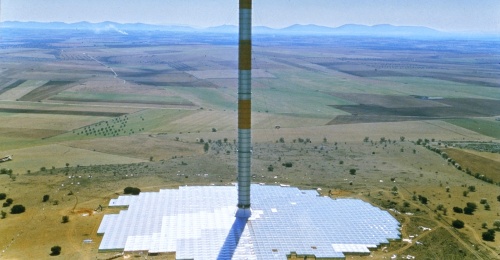
The first large-scale solar updraft towers are completed in 2015.* Built by EnviroMission - a start-up company that purchased land in Arizona, USA - they stand 800 metres in height, over twice as tall as the Empire State Building. Read more

Virtual reality makes a comeback
15 May, 2015

The computer industry is another sector that continues to see growth, in spite of the global economic crisis.* Exponential improvements in processing power (doubling every 18 months) are enabling the creation of highly lifelike graphics and 3D environments. Read more

Dawn arrives at Ceres
3 June, 2015
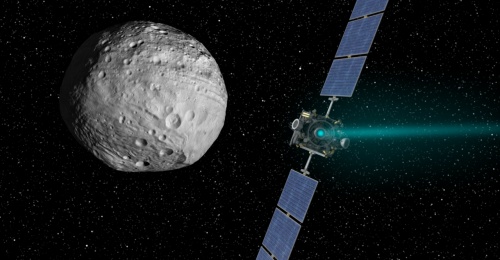
Dawn is a robotic spacecraft sent by NASA on a mission to the asteroid belt. It reaches Vesta in 2011, before rendezvousing with the dwarf planet, Ceres, in 2015. Read more

Scientists resurrect the woolly mammoth
11 June, 2015
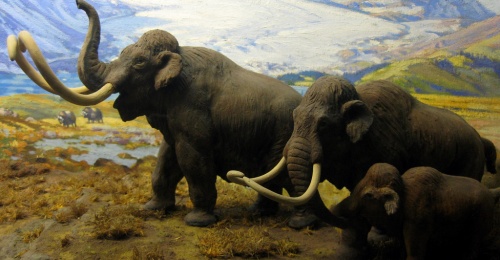
New cloning technology has enabled the woolly mammoth – extinct for 5,000 years – to be brought back to life. Tissue samples are taken from a mammoth frozen in permafrost. The nuclei of a viable cell is then inserted into the egg cell of a female African elephant, which can act as a surrogate mother. Following a 600-day gestation period, the baby woolly mammoth is born. Read more

Trucks with emergency braking systems are mandatory in Europe
4 July, 2015

In November 2015, an EU law comes into effect which mandates that all new trucks must be fitted with emergency braking and collision warning systems.* This has been introduced in an effort to lower the number of rear-end collisions, which account for a significant proportion of road accidents. Read more

The Large Hadron Collider reaches its maximum operating power
16 July, 2015
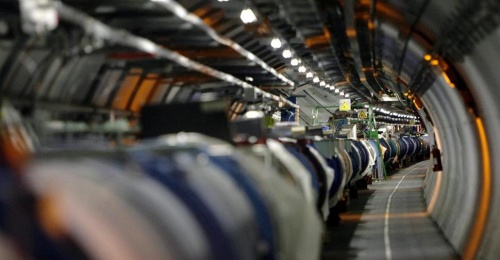
The Large Hadron Collider (LHC) is the world's largest and highest-energy particle accelerator. By smashing together sub-atomic particles at close to the speed of light, it aims to recreate the conditions that existed just a fraction of a second after the birth of the universe. In doing so, it is expected to address some of the most fundamental questions in physics. Read more

Five-year survival rates for thyroid cancer are approaching 100%
15 August, 2015
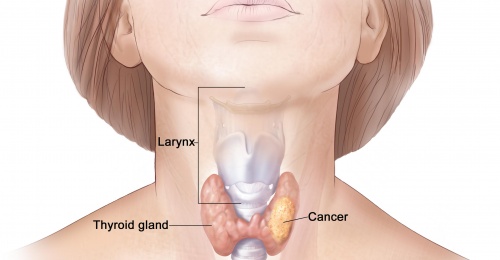
The thyroid is one of the largest endocrine glands. Found in the neck, it controls how quickly the body uses energy, makes proteins and controls how sensitive the body is to other hormones. It does so by producing thyroid hormones which regulate metabolism and affect the growth and rate of function of many other systems in the body. Read more

LED lamps dominate the commercial and domestic lighting markets
31 August, 2015

For many years, light-emitting diodes (LEDs) were used as indicators such as red standby dots on TVs. At first, they were available only as a red light source, and their output was too low for general illumination. Read more

New Horizons arrives at Pluto
12 September, 2015
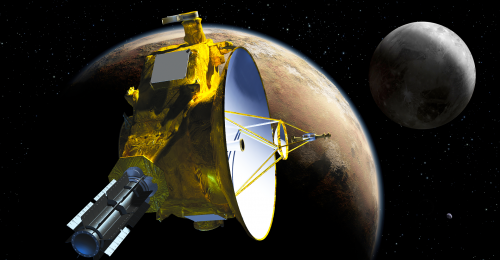
This NASA probe was launched in 2006 and has travelled more than 4 billion kilometres through space. In July 2015, it returns the first close range, high resolution pictures of the icy world - along with its five moons - before passing through the Kuiper Belt.* Read more

The world's first fully sustainable, zero-carbon, zero-waste city
18 September, 2015
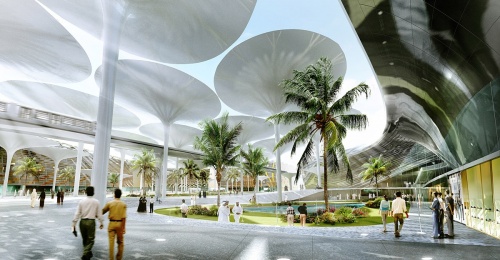
The first phase of Masdar City – a $22 billion eco-project – is completed in 2015.* This huge development is located outside of Abu Dhabi in the United Arab Emirates. Entirely pre-planned and self-contained, it is the world's first carbon neutral, zero waste and fully sustainable city. Read more

The Carteret Islands are abandoned
10 October, 2015
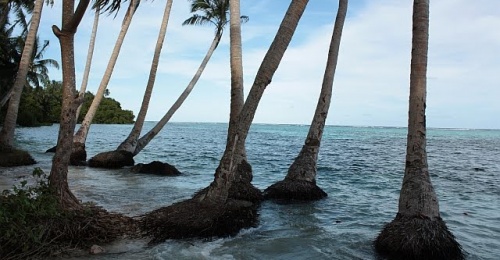
By 2015, due to rising sea levels, the inhabitants of the Carteret Islands in Papua New Guinea have been forced to abandon their homelands.* These people are among the first true climate refugees. Read more

Voyager I enters the heliopause
11 October, 2015
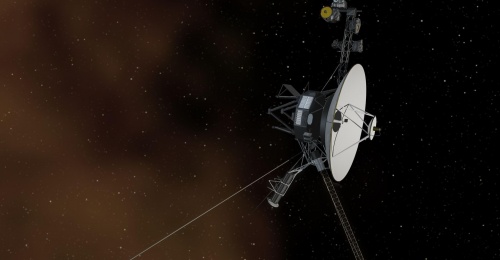
Voyager I remains the most distant human-made object, traveling away from the Earth at a speed greater than any other space probe. Read more

The Eurasian Union is formed
21 November, 2015

The Eurasian Union is a political and economic union of Belarus, Kazakhstan, Kyrgyzstan, the Russian Federation, Tajikistan and other countries, in particular the post-Soviet states. The idea, based on the European Union's integration, was brought to attention in October 2011 by then-Prime Minister of Russia, Vladimir Putin, but was first proposed as a concept by the President of Kazakhstan, Nursultan Nazarbayev, during a 1994 speech at a Moscow university. Read more

The deadline for the Millennium Development Goals
31 December, 2015

In 2000, the largest gathering of world leaders in history took place, as the 193 UN member states met in New York to discuss the Millennium Development Goals (MDGs). These were eight international objectives with ambitious targets for developing countries, most of them to be achieved by 2015.* Read more

Holographic Versatile Disc (HVD) supersedes Blu-Ray
21 February, 2016

These ultra-high density discs are capable of holding 1Tb of data - equivalent to over 200 DVDs. They work by analysing micro-holograms in 3D, rather than just markings on the surface. This allows data to be far more densely packed than conventional optical technology. Read more

Launch of the Titanic II
17 March, 2016
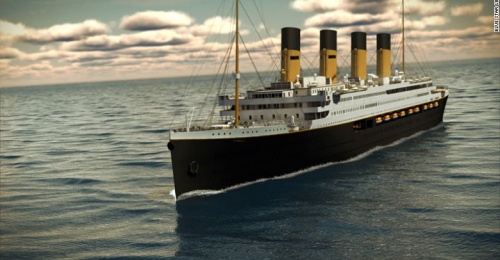
More than 100 years after the ill-fated voyage of RMS Titanic, an exact replica is built and launched by the Australian billionaire Clive Palmer. The boat sails from China – where it is constructed – to Southampton in England ahead of her maiden passenger journey to New York. Read more

The Gotthard Base Tunnel is completed
17 March, 2016
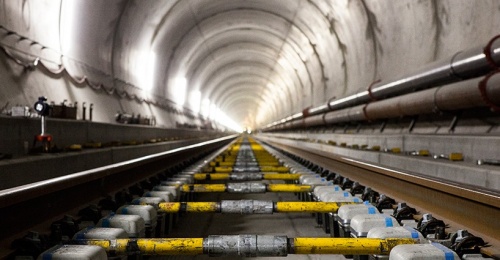
After 20 years of construction, the first trains are now running through the Gotthard Base Tunnel in Switzerland.* With a route length of over 57 km (35 mi) and a total of 152 km (94 mi) of tunnels, shafts and passages, it is the world's longest rail tunnel. Read more

Microchipping of all dogs in England
3 April, 2016

In April 2016, a new law comes into effect requiring all dogs in England to be tagged with a microchip implant.* This measure has been introduced in order to cut the growing number of strays. As of 2012, there were 118,932 dogs reported lost or stolen, of which 55,898 (about 47%) were reunited with their owner. Read more

China passes the USA in PPP
16 April, 2016

Under Purchasing Power Parity (PPP), China's economy expanded from $11.2 trillion in 2011 to $19 trillion in 2016. Meanwhile, the size of the US economy rose from $15.2 trillion to $18.8 trillion. This has reduced America's share of world output to 17.7%, its lowest in modern times. China's share has reached 18% and is continuing to rise.* Read more

New drug delivery methods for brain-related conditions
3 May, 2016
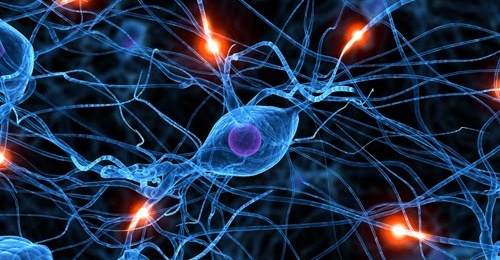
The main issue preventing effective treatments of many brain disorders had for years been the blood-brain barrier. This helps to protect the brain from dangerous bacteria, but it also blocks drugs from entering, prohibiting effective medical treatments. Read more

A pill to prevent sunburn
9 June, 2016

In 2011, British researchers who analysed coral samples from the Great Barrier Reef made a remarkable discovery. Algae living within the coral were found to produce a special compound that was transported to the coral, then modified to protect both the algae and the coral from the sun's ultraviolet (UV) rays. Not only that, but fish feeding on the coral were also found to benefit, so it was clearly passed up the food chain. Read more

US vehicles are becoming more fuel-efficient
11 June, 2016
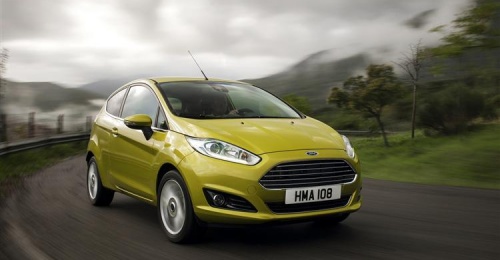
New standards enacted by the Obama administration have boosted the fuel efficiency of light duty vehicles (cars, crossovers, SUVs, vans and pickup trucks) to an average of 34 miles per gallon (MPG).* Read more

China completes the largest environmental cleanup in its history
26 June, 2016
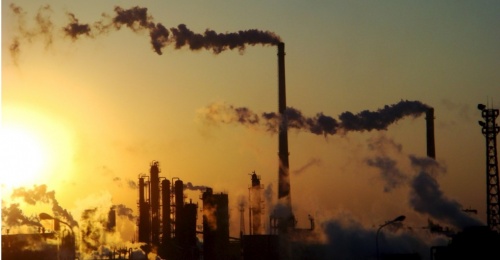
The rapid growth of China in recent decades led to some truly appalling environmental conditions in the country, particularly the developing urban areas. Since 2006, China had been the world's largest producer of CO2, a result of coal power supplying 70% of the country's energy. Read more

Apple Inc. achieves a market capitalisation of one trillion dollars
3 July, 2016
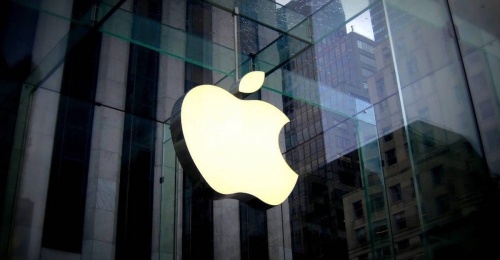
Since it entered the market in the late 1970s, Apple has continually supplied the consumer electronic industry with innovative and revolutionising products. From the original Macintosh, released in 1984, to the latest generations of handheld devices, Apple has been at the forefront of advancing the technology available to consumers. Read more

The Strait of Messina Bridge is completed
8 July, 2016
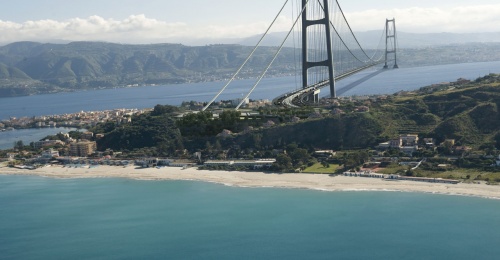
The world's largest suspension bridge - the Strait of Messina Bridge - is completed this year, connecting Sicily with mainland Italy for the first time.* Some 3.3 km in length and 60m wide, the bridge is supported by two 382m pillars, higher than the Empire State Building in New York. Read more

India's first manned space flight
2 August, 2016
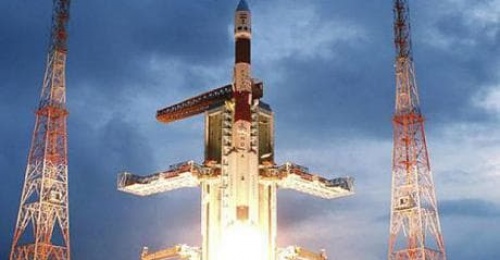
India becomes only the fourth nation – after Russia, the US and China – to independently launch humans into space. The rocket used is a variant of the Geosynchronous Satellite Launch Vehicle Mark 2, operated by the Indian Space Research Organisation (ISRO). Read more

Completion of the i5K project
13 August, 2016
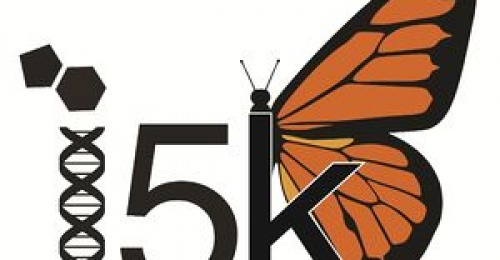
i5K is a five year project to sequence the genomes of 5,000 insect and related arthropod species.* It aims to identify the vulnerable regions of insect DNA, which could then be targeted with pesticides and other treatments. This could reduce the $50 billion spent globally each year to control the many diseases transmitted by insects. Read more

India launches its second unmanned lunar probe
20 August, 2016
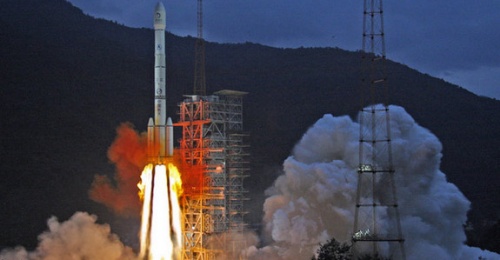
In addition to sending its first man into space, India conducts its second unmanned lunar exploration this year.* Chandrayaan-2 is a probe which includes an orbiter as well as two rovers: one lander/rover built by Russia, and a second smaller rover built by India. Read more

InSight touches down on Mars
16 September, 2016
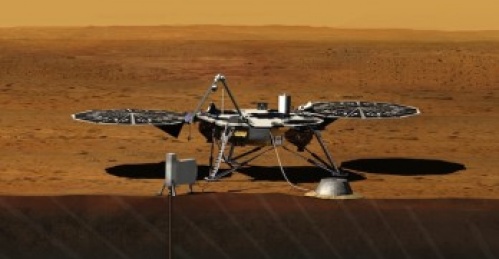
InSight is a probe launched by NASA to Mars, arriving in September 2016. The name stands for Interior Exploration using Seismic Investigations, Geodesy and Heat Transport. A stationary lander is placed on the surface of Mars, equipped with a seismometer and heat flow probe that drills 5 metres (16 ft) below ground - deeper than all previous arms, scoops, drills and probes. Read more

The first hotel in space
16 September, 2016
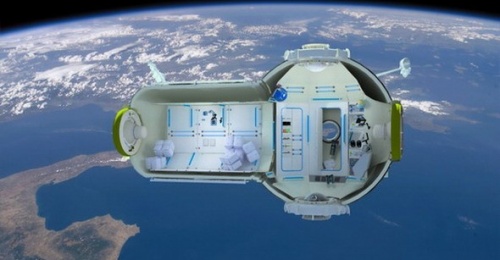
Energiya - a Russian space group - launches the world's first space hotel, in a partnership with Orbital Technologies, a US hi-tech firm. Capable of housing up to seven people, it offers spectacular views of the Earth and includes a menu crafted by celebrity chefs. It can also function as a possible emergency refuge for astronauts from the ISS. Read more

The Juno probe arrives at Jupiter
14 October, 2016
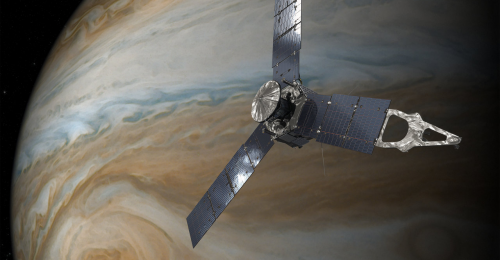
Launched in 2011, this becomes the second probe to orbit the gas giant, the first being Galileo in 1995. It is equipped with a camera, infrared and microwave radiometers, particle detectors, and an ultraviolet spectrometer. Read more

The mining industry is highly automated
15 October, 2016

Recent years have seen a rapid increase in the use of automation, a trend that is becoming especially prevalent in the mining sector. Rio Tinto, for example, now has a fleet of self-driving haul trucks which together are responsible for over half of its total material moved.** Read more

Agricultural robots are appearing on farms
30 October, 2016

The first significant numbers of robots are appearing on farms.* These have been in development for 20 years and are now cheap and sophisticated enough for mainstream use. New scanning and imaging technology has solved the primary problem of allowing robots to handle the varying shape of individual fruits and vegetables. Read more

High-definition CCTV cameras are ubiquitous
11 November, 2016

Closed-circuit television (CCTV) has improved hugely in recent years with a shift from analogue to digital equipment. The vast majority of cameras now record footage in high definition, with some capable of gigapixel resolution. Read more

US presidential election
16 November, 2016

The 58th US presidential election is held in November 2016. This takes place amidst unprecedented challenges - both domestically and abroad - as the global depression worsens. Read more

OLED displays are in widespread use
26 November, 2016

Having fallen greatly in cost, organic light-emitting diodes (OLED) are now available in a wide range of devices. These use less power than traditional LCDs whilst allowing sharper, thinner, brighter displays. Read more

The European Union has been expanded
12 January, 2017

By this date, the countries of Iceland, Macedonia, Croatia, Bosnia and Herzegovina, Montenegro, Albania and Serbia have all joined the ranks of the EU member nations.** This follows several years of negotiations in order to bring these countries in line with the rest of the Union, in terms of economics and law.* Read more

China establishes the largest megacity in the world
8 February, 2017

By now, China has merged nine of its cities into one, creating the largest metropolitan area on the planet. This new megacity has a population of 42 million - over 7 million greater than Tokyo, the previous record holder. Read more

A new treatment for prostate cancer
26 February, 2017
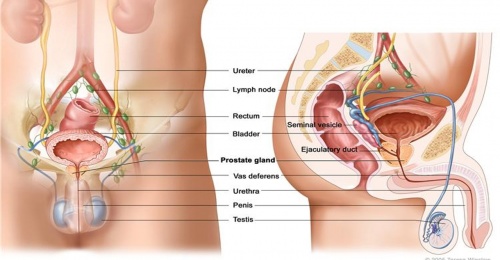
Prostate cancer is a form of cancer that develops in the prostate, a gland in the male reproductive system. It can cause pain, difficulty in urinating, problems during sexual intercourse, or erectile dysfunction. Read more

The first Floating Liquefied Natural Gas (FLNG) platform begins operations
28 February, 2017
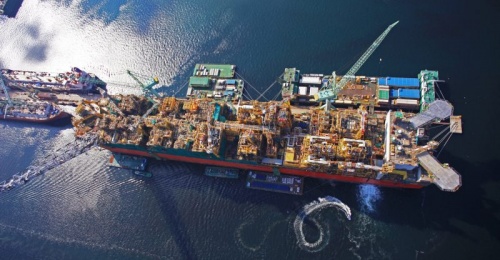
Due to the remoteness of many deepwater natural gas resources, large-scale exploitation of these areas has been next to impossible. A new project, however, undertaken by Royal Dutch Shell, seeks to overcome these barriers. Read more

The world's first kilometre-high skyscraper
28 February, 2017

After a six year construction period, the Kingdom Tower opens in Jeddah, Saudi Arabia.* Standing at over 1,000m (3,280 ft) high, this takes the title of world's tallest building from the previous record holder – the Burj Khalifa in Dubai, which stands at 830m (2,772 ft). Read more

The Nabucco gas pipeline is completed
20 March, 2017
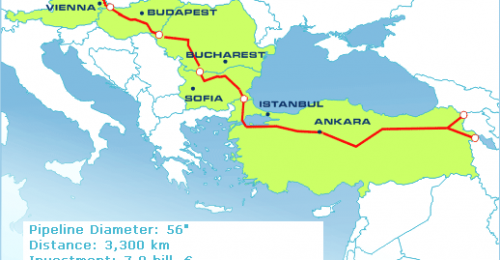
The controversial Nabucco pipeline commences operations this year.* This project had been in the planning stages since 2002 and was backed by the United States and the European Union, but financial issues and a lack of definite supply contracts caused continual delays. Read more

India completes construction of the Dibang Valley Dam
7 April, 2017
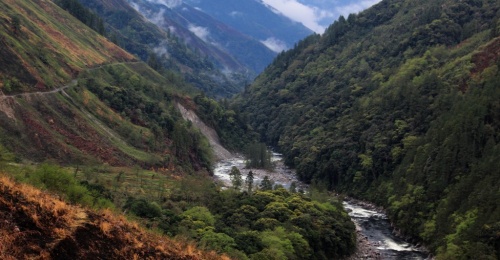
Yet another energy project making the headlines this year is the Dibang Dam, in northeast India. At 288m high, this becomes the tallest concrete gravity dam in the world. It has a volume of 16.5 million cubic metres and can generate 3,000 MW of electric power.* Read more

The M1A3 Abrams tank enters the battlefield
10 May, 2017
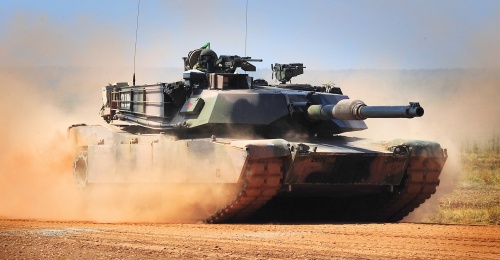
The original M1 battle tank – a third generation vehicle – was introduced to the U.S. Army in 1980. Since then, variants of the tank, primarily the M1A1 and M1A2, have seen extensive use in battle. Read more

The remaining JFK files are released
21 May, 2017

The Assassination Records Review Board was created as a result of an act passed by the US Congress in 1992, entitled the "President John F. Kennedy Assassination Records Collection Act". Read more

China launches an unmanned sample return mission to the Moon
6 June, 2017
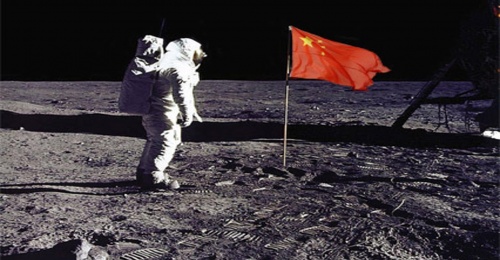
Following the success of its first lunar lander in 2013, China attempts a more ambitious sample return mission.* Launched in 2017, this succeeds in obtaining about 2 kg (4 lb) of moon rock and bringing it back to Earth for study. Read more

The first test flight of NASA's Space Launch System
18 June, 2017
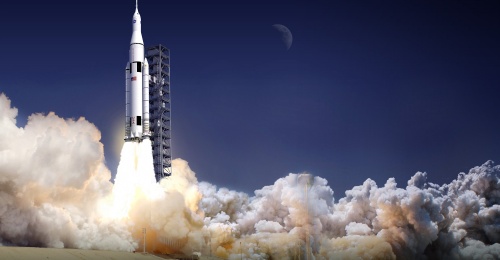
The Space Launch System, or SLS, is a Shuttle-derived heavy launch vehicle designed by NASA, following the cancellation of the Constellation Program, to replace the Space Shuttle. Read more

Launch of the Transiting Exoplanet Survey Satellite (TESS)
13 July, 2017
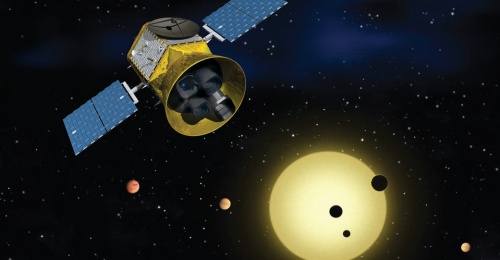
The Transiting Exoplanet Survey Satellite (TESS) is a space telescope intended to search for extrasolar planets using the transit method. It is part of NASA's long-running "Explorer" program which has been going since 1958 and involves working with a variety of other institutions and businesses. Read more

The Cheops satellite is deployed to study exoplanets
9 August, 2017
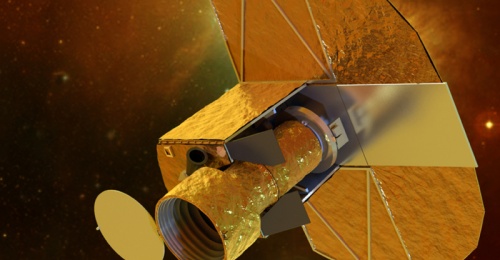
In 2017, the European Space Agency (ESA) launches a new satellite to study exoplanets. Its focus of study is nearby star systems already known to host planets. Read more

Sales of electric and hybrid trucks reach 100,000 annually
3 September, 2017
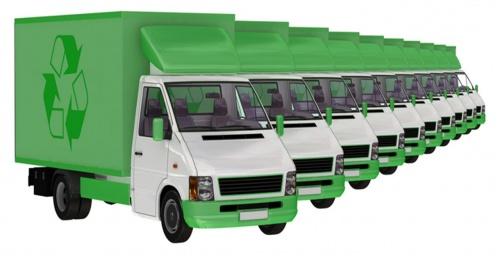
Electric and hybrid trucks are now surpassing 100,000 in annual production numbers worldwide.* This includes hybrid electric vehicles, plug-in hybrids, battery-electric and plug-in electric power take-off variations. Read more

Electronic paper is seeing widespread use
25 September, 2017

This technology has been in development for over a decade* and is now seeing widespread use.* It works by combining organic, thin film transistors (TFT) with organic, electroluminescent displays. This produces flexible, paper-thin devices barely 0.3mm in thickness. Read more

Traditional newspapers are becoming obsolete
17 October, 2017

The Internet has continued to erode the market share held by other forms of media. Since passing television as the primary source of news reporting in developed nations,* it has taken on more and more functions. Read more

Cosmetic surgery has doubled its market size
8 November, 2017

Compared with 2010, the cosmetic surgery industry has more than doubled in size by now.* Aesthetic laser and light therapies remained the fastest growing areas, with rejuvenation treatments close behind. Read more

Tooth regeneration is transforming dental care
24 November, 2017

Having been demonstrated in mice,* bioengineered tooth regeneration is becoming available to humans. Using a combination of stem cells, scaffold material and signaling molecules, a fully functional and living tooth can be regrown in around two months - complete with roots, inner pulp and outer enamel. Read more

The world's first HIV vaccine is commercially available
22 December, 2017
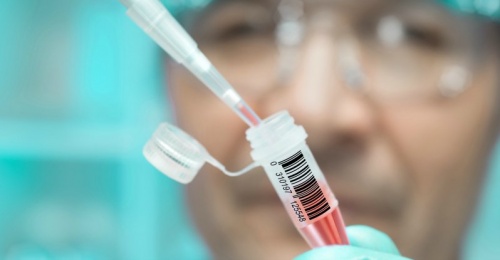
HIV/AIDS was first characterised in 1983. By the early 2010s, the virus had killed over 28 million people worldwide, and 34 million people were living with the infection. Read more

Wireless, implantable devices that monitor a range of health conditions in real time
22 December, 2017

After several years of testing and development, a miniature device is now available* that can monitor a range of substances in the blood, providing instant results via mobile phone. Read more

A missile defence shield is deployed in Europe
20 January, 2018
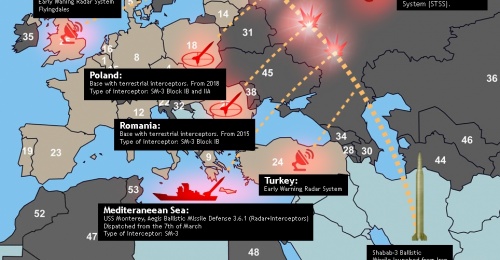
Europe is now protected by a continent-wide missile defence system, developed and deployed by the US military. This has been established in phases between 2011 and 2018. Read more

The African Central Bank is established
17 February, 2018

Following many years of diplomatic talks, a unified African Central Bank has been established.* This represents a crucial step towards a more stable and developed Africa. Read more

Oil drilling gets underway in the Arctic National Wildlife Refuge
3 March, 2018
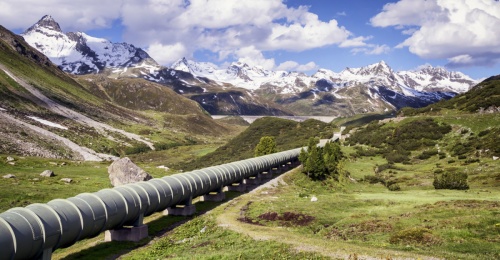
Faced with growing energy shortages and rising energy demands, the US has begun drilling in the Arctic National Wildlife Refuge (ANWR), located in northeastern Alaska.* Read more

The first manned flights from Russia's new spaceport
28 March, 2018
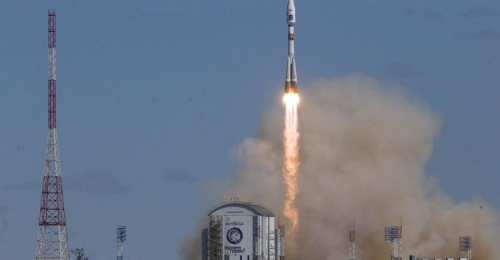
Despite being a major space power, Russia for decades lacked its own proper independent space launch facility for manned flights. Read more

The James Webb telescope is launched
21 April, 2018
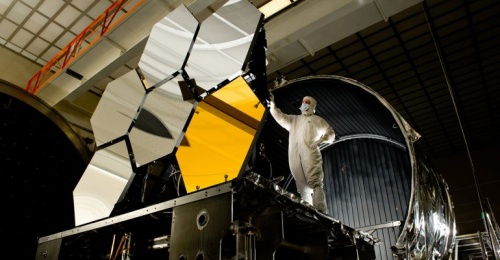
The long-awaited successor to the Hubble Space Telescope is launched. Its primary mirror has a collecting area six times larger than Hubble. The telescope is situated in an L2 orbit approximately 1.5 million km from Earth. Originally planned for 2014, it was delayed until 2018 due to budgetary constraints.* Read more

Polio has been eradicated
25 April, 2018
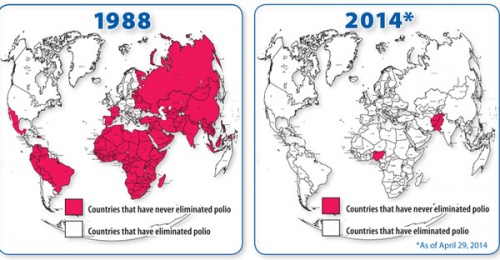
Polio is a disease caused by a virus that enters through the mouth. Spread by poor sanitation and exposure to infected human stools, it can damage the nervous system, leading to paralysis and eventual death. Read more

A drug to prevent obesity
6 June, 2018

A drug that lets people eat whatever they want without gaining weight is being developed.* This works by "switching off" the fat insulin receptor gene. Read more

Many complex surgeries are performed by robots
24 July, 2018
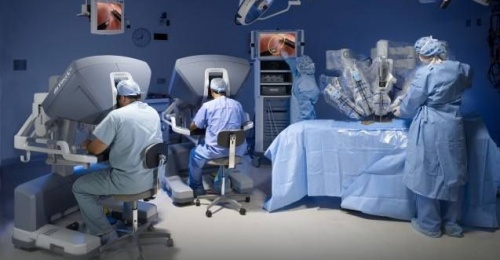
Basic robotic surgeons have been around since the 1990s. In the first decade of the 21st century, they remained uncommon and relatively simple, though high-end companies began to develop their own more advanced models.* Read more

Robot insect spies are in military use
31 August, 2018

These "micro aerial vehicles", no larger than a common house fly, have been in development for over a decade.* One of the major hurdles was creating sufficient battery power in such a small object, as well as keeping them light enough to remain airborne. Read more

Ubiquitous internet nodes connect appliances, vehicles, etc.
18 September, 2018

In developed nations, many of the day-to-day routines in the home are becoming automated. Fridges, for instance, can be programmed to order new food before they become empty.* Read more

Consumer devices with 100 Gbit/s transfer speeds
30 September, 2018

A new form of data transfer is now available for the consumer market. This is known as "Thunderbolt" and is replacing the Universal Serial Bus (USB) leads which have been the standard for many years. Read more

Scientists drill into Earth's mantle
25 October, 2018
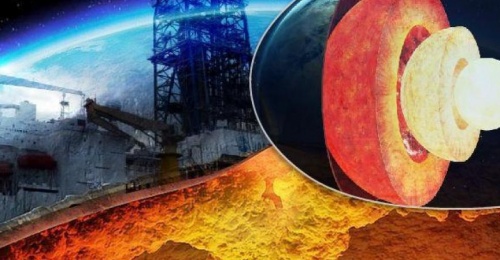
In 2018, the first successful attempt is made to retrieve samples from Earth's mantle, the part of the planet that lies between the crust and the outer core. Read more

The Mackenzie Valley Pipeline is completed in Canada
10 November, 2018
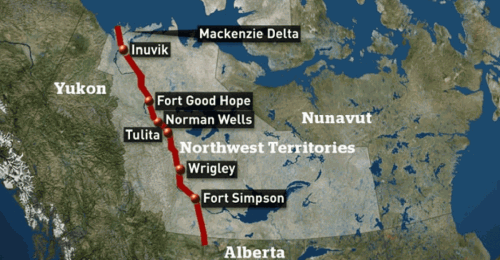
Like its European cousin, Nabucco, the Mackenzie Valley Pipeline had to overcome numerous obstacles in order to be realised. This giant energy project had been at the planning stage for 35 years, the main barrier to completion being the opposition of native tribes whose land it was intended to run through.* Read more

The last of Nigeria's rainforests have been felled
16 December, 2018
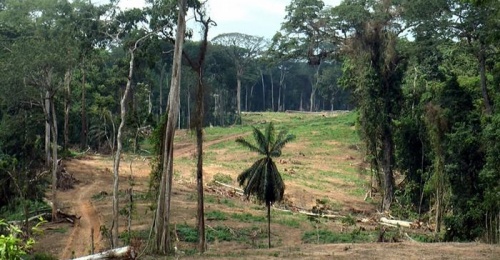
Nigeria was once among the Earth's most ecologically vibrant places - home to 4,700 plant types and 550 species of breeding birds and mammals. Read more

The market for biofuels is experiencing a period of rapid growth
24 December, 2018
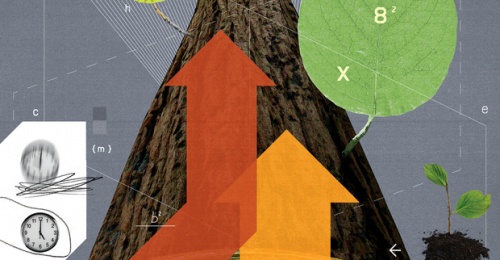
Biofuels have been generating enormous interest over the last decade. Spikes in fossil fuel prices, the urgent need for energy independence, government subsidies and concern over greenhouse gas emissions have all driven the growing market for fuels such as ethanol, propanol, butanol, biodiesel, biomass and organic oil-based compounds. Read more

China's first high-tech stealth fighter enters service
21 January, 2019
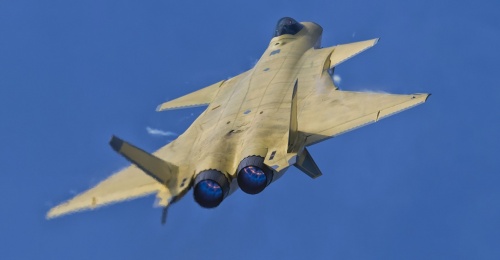
Entering service this year is the Chengdu J-20 (literally, "Annihilator Twenty"), a fifth generation stealth fighter jet developed for the People's Liberation Army Air Force.* Read more

A new generation of U.S. tanks
6 February, 2019

In addition to the M1A3 Abrams (first deployed in 2017), a new Ground Combat Vehicle (GCV) has been developed. This huge tank weighs 84 tons – more than twice as much as its predecessor. Read more

The International Linear Collider is completed
2 March, 2019
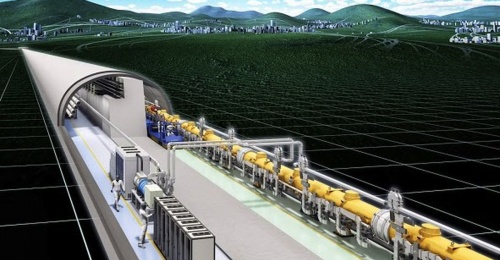
This project is the culmination of more than 20 years of concerted international effort, with funding and research from nations in Europe, Asia and the Americas. Read more

The ExoMars rover touches down on Mars
2 April, 2019
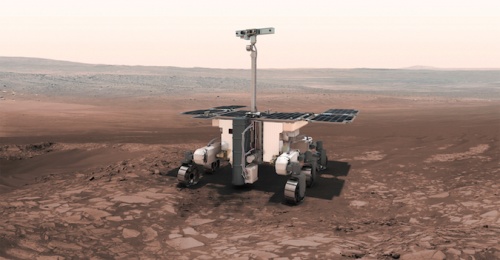
ExoMars is a joint mission between ESA and the Russian Federal Space Agency (Roscosmos) which is divided into two parts. Read more

The first manned outpost beyond the Moon begins assembly
30 April, 2019
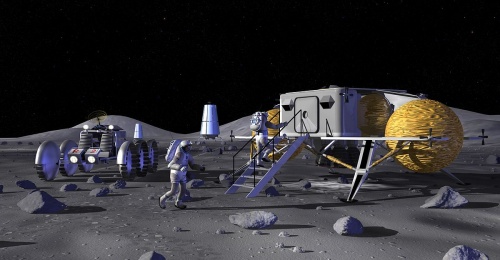
The "Gateway Spacecraft" is humanity's first manned outpost beyond the Moon. Its orbit is placed at Earth-Moon Lagrange Point 2 (L2)* Read more

The first mission to a gas giant using solar sail propulsion
27 May, 2019
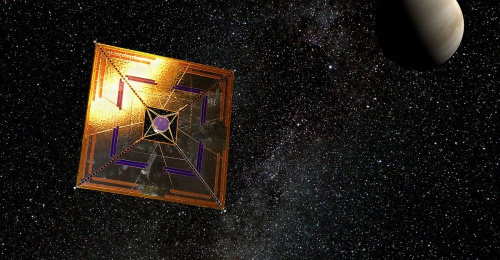
Solar sail propulsion is a new method of space travel that requires no fuel, but instead captures the Sun's energy in the form of high-speed gas particles and photons. Read more

Launch of the BIOMASS mission
14 June, 2019

BIOMASS is a €400 million Earth Observation mission launched by the European Space Agency (ESA). It provides the first truly comprehensive measurements of global forest biomass. Read more

Europe's Galileo satellite navigation system is fully operational
14 July, 2019
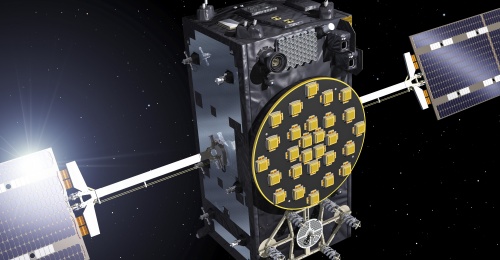
Galileo is a global navigation satellite system (GNSS) built by the European Union (EU) and European Space Agency (ESA). The €5 billion project is named after the Italian astronomer Galileo Galilei. Read more

Computers break the exaflop barrier
4 August, 2019

An exaflop is 1,000,000,000,000,000,000 (a million trillion, or a quintillion) calculations per second. The world's top supercomputers are now reaching this speed, which is a thousandfold improvement over those of a decade earlier.* Read more

Bionic eyes with high resolution are commercially available
1 September, 2019

Following years of trials, high resolution bionic eyes are becoming available for persons with degenerative vision loss. Read more

Connected vehicle technology is being deployed in a number of countries
15 September, 2019

Many of the world's cars are already linked to the Internet in some way.* By 2019, another layer of technology is being added in the form of wireless connections between vehicles.* Read more

Automated freight transport
13 October, 2019

Autonomous rapid transit has already been in place at certain airports and on city metro systems. By 2019, it has begun spreading to public roads, with significant numbers of driverless trucks appearing.* Read more

Lunar-resonant streetlights are appearing in many cities
17 October, 2019

In response to the looming energy crisis, this new technology has begun to appear in many urban areas.* As well as saving energy, it also helps to address the issue of light pollution - which not only affects humans, but is a threat to many ecosystems, disrupting the natural circadian rhythm of plant and animal species. Read more

US copyright begins to expire, starting with all works from 1923
10 November, 2019

Up until 1998, US copyright law stood with all works published before 1923 in the public domain, all works between 1923 and 1977 holding a copyright for 75 years (assuming a renewal was made) and works published after 1977 holding a copyright dependent on the author's date of death. Read more

Jordan opens its first nuclear power plant
21 November, 2019
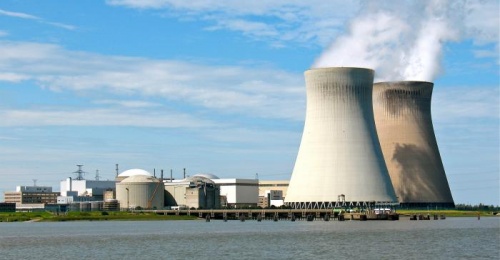
Earlier this decade, Jordan imported 98% of its energy requirements. This was costing the country, a desert nation of six million people, almost one-fifth of its GDP. Read more

The Aral Sea disappears from the map
19 December, 2019
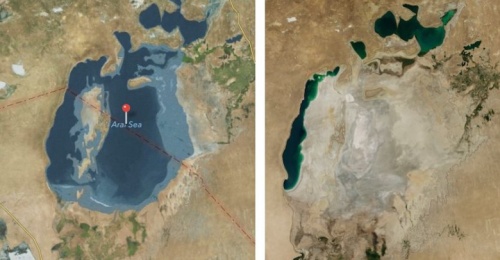
As recently as the 1970s, the Aral Sea was the world's fourth largest lake, with an area of 68,000 km2. Read more

Oil prices are becoming dangerously high**
22 December, 2019
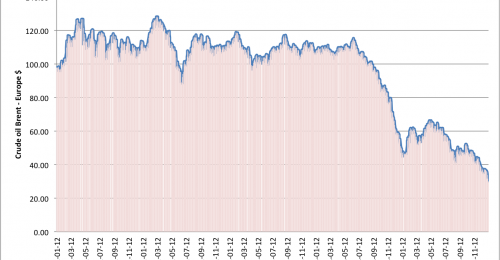
Global crude oil reserves – having reached a plateau in 2005 – are now in serious decline, causing havoc on the financial markets. Food and energy prices have soared, creating the worst financial crisis the world has ever seen. With most of the remaining oil located in the Middle East, further conflict looms in this troubled region. Read more

America's power shift is destabilising the Asia-Pacific region
22 January, 2020

As part of its "pivot to Asia", the USA has shifted much of its naval force to the Asia-Pacific in an effort to counter China's geopolitical influence during this decade.** Read more

Generation X is reshaping global politics
6 February, 2020
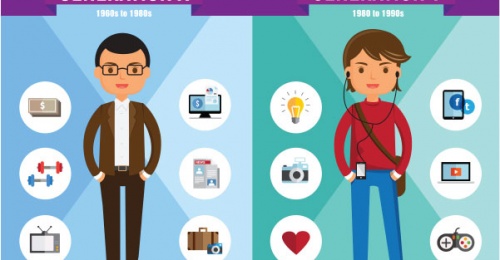
As the new decade begins, a fresh generation of leaders and decision-makers is now emerging on the world stage. With the last of the Silent Generation passing away, and the Baby Boomers waning in their influence, the so-called "Generation X" is coming into power. Read more

BepiColombo arrives in orbit around Mercury
23 February, 2020
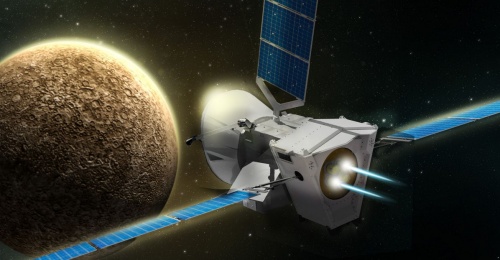
BepiColombo is a joint mission between the European and Japanese space agencies. It is only the third mission to study Mercury at close range - and only the second to enter into orbit around the planet. Read more

Internet use reaches 5 billion worldwide
29 February, 2020

The number of Internet users has now reached almost 5 billion, equivalent to the entire world population in 1987. This compares with 1.7 billion users in 2010 and only 360 million in 2000.* Read more

The 5G standard is released
11 March, 2020

By 2020, the next major cellular wireless standard has been adopted.* This continues the trend seen since 1981 in which a new mobile generation has appeared roughly every 10th year. Read more

The Euclid Space Telescope reveals new insights into dark matter and dark energy
20 March, 2020
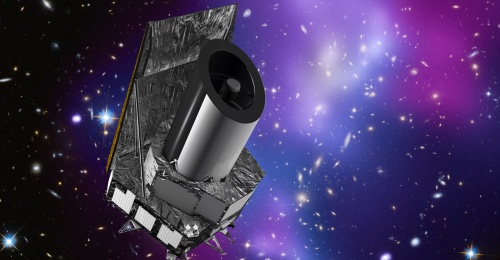
Euclid – named after the ancient Greek mathematician – is part of the European Space Agency (ESA) Cosmic Vision programme, with NASA providing some assistance in the form of instrumentation and scientific analysis. Read more

Texting by thinking
10 April, 2020

In addition to 5G, phones are becoming available with the option of texting by thought power alone.* This is achieved by a sensor-mounted headset worn by the user. Read more

World oil crisis
30 April, 2020

Throughout this period, the world is thrown into turmoil, as oil and gas prices begin to spiral out of control – crippling many economies and triggering widespread social unrest. Read more

Complex organ replacements grown from stem cells
2 May, 2020
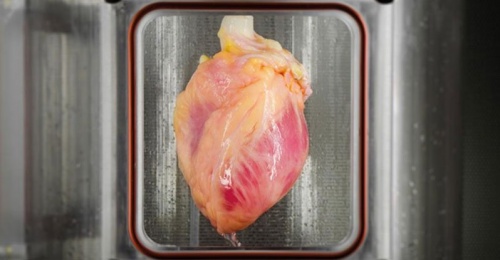
In the previous decade, it had already been possible to grow various tissues, bones and muscles using stem cells. The first complete synthetic organ transplant was achieved in 2011, when a replacement windpipe was given to a terminal cancer patient. Read more

Mars 2020 rover mission
21 May, 2020
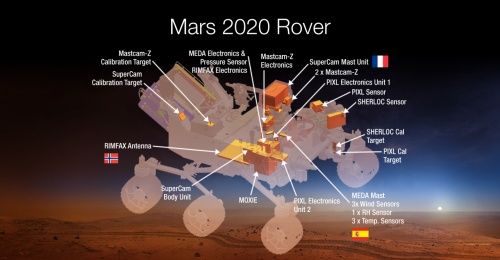
In 2020, NASA deploys the latest in a series of Mars rovers. In order to save costs, the design is based on the earlier Curiosity mission – which arrived in 2012 – but carries a different scientific payload. This time, the main objectives are: Read more

Video games with truly lifelike CGI
22 May, 2020

Thanks to exponential growth in computing power, video game characters now achieve a truly lifelike appearance when played with the latest graphics cards. Advances in 3D modelling techniques have allowed programmers to recreate the subtlest of facial features, expressions, movements, lighting and other physical effects. Read more

Progress with longevity extension
31 May, 2020
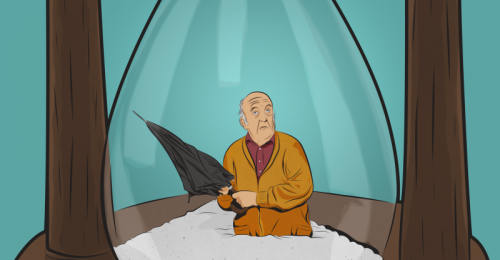
By 2020, laboratory experiments are yielding major extensions in the lifespan of mice.* Since rodents and humans share similar DNA, there is now real hope of defeating the aging process. Read more

A cure for malaria
10 June, 2020
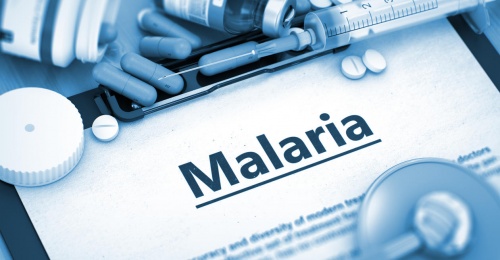
A pill is now available offering a completely effective cure for malaria. With a single dose, it eliminates all strains and blocks transmission from person to person. In 2012, an extensive screening campaign looked at 6 million compounds and selected the most promising from the series to be optimised and retested. Read more

Ultra High Definition Television (4320p) is going mainstream
26 July, 2020

After years of development, Ultra High Definition TV (also known as 4320p) is becoming relatively common in the home consumer market. This format has 16 times the resolution of HDTV.** It faces competition from another emerging technology - holographic television. Read more

Africa and the Middle East are linked by a transcontinental bridge
12 August, 2020
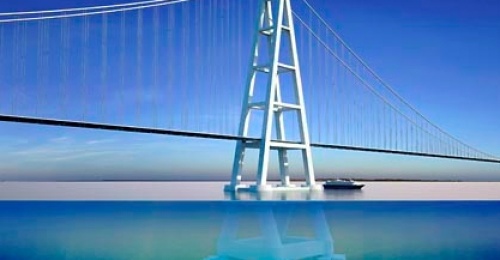
This 15-year megaproject - costing over $200bn - involves the construction of two entire new cities, at either ends of a 29 km (18 mi) bridge. Dubbed the "Bridge of the Horns" Read more

Holographic TV is going mainstream
17 September, 2020

Breakthroughs in rewritable and erasable systems have made it possible to mass-market the first truly holographic TV displays.* This form of technology has been in development for nearly three decades. Read more

The first self-sufficient, car-free city in mainland China
19 September, 2020

The "Great City" is a sustainable, eco-friendly satellite city, built on an approximately 3-square-kilometer site outside Chengdu in Central China. Read more

Completion of the Fehmarn Belt Fixed Link
6 October, 2020
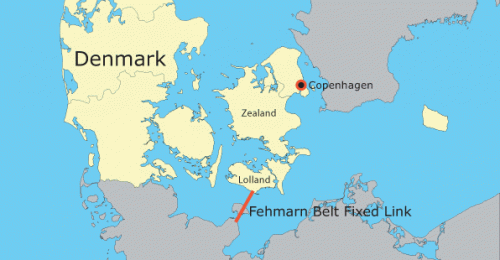
The Fehmarn Belt Fixed Link is an 18 km (11 mi) tunnel connecting the German offshore island of Fehmarn with the Danish island of Lolland. Originally planned as a bridge, it was later announced that a tunnel was preferable, as it would have fewer construction risks, a reduced environmental impact and independence from weather conditions. The costs would be broadly similar. Read more

The UK has expanded its offshore grid connections
23 October, 2020
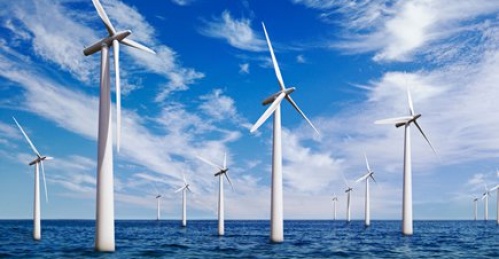
In 2008, the UK government passed the Climate Change Act. This committed the nation to legally binding reductions in greenhouse gas emissions of 34% by 2020 and 80% by 2050 (relative to 1990 levels).* Read more

Smart meters in every UK home
30 November, 2020

Smart meters are now installed in every UK home. These have an electronic display, showing customers precisely how much electricity and gas they are using, and their costs in real time. Read more

Public smoking is banned across every US state
5 December, 2020

The number of states with comprehensive indoor smoking bans went from zero in 2000, to 25 in 2010. The success of the anti-smoking lobby continued, with every state having a ban in place by 2020.* Read more

Mercury pollution has been greatly reduced
24 December, 2020
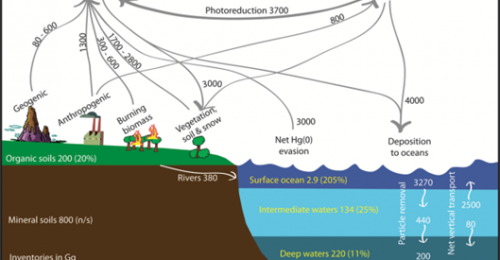
Mercury – also known as quicksilver – is a heavy and silvery element, and the only metal to exist in a liquid state at room temperature. It is used primarily for the manufacture of industrial chemicals, electronic applications, thermometers and in gaseous form to create fluorescent lamps. Read more

30,000 drones are patrolling the skies of America
26 December, 2020

In 2012, the FAA Reauthorization Act passed into law in America. This legislation was the result of a huge push by lawmakers and defence companies to massively expand the use of drones – making it far easier for federal, state, local police and other agencies to fly them in U.S. airspace. Read more

Manned exploration of near-Earth asteroids
5 February, 2021
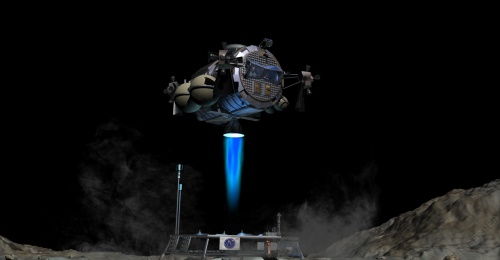
Despite recent budget cuts, NASA has made significant progress, not only in re-establishing human spaceflight, but actually going beyond Earth and sending astronauts deeper into space. Read more

Global average temperatures have risen by 1°C
5 February, 2021
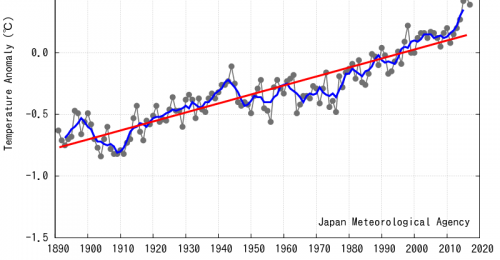
Temperatures on both land and sea have continued to rise, due to increasing CO2 levels. By the early 2020s they are 1°C (1.8°F) higher relative to 1961-1990.* Read more

Water crisis in southwest USA
23 March, 2021
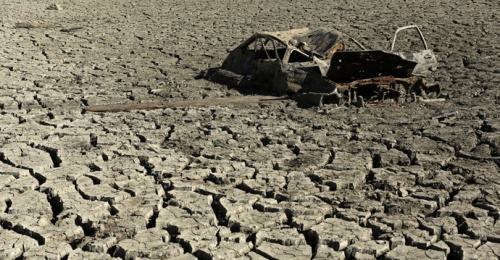
Southwestern parts of the USA – including Nevada, Arizona and southern California – are now faced with crippling water shortages, on a scale normally only seen in Third World countries. Read more

Five-year survival rates for breast cancer are approaching 100%
30 April, 2021
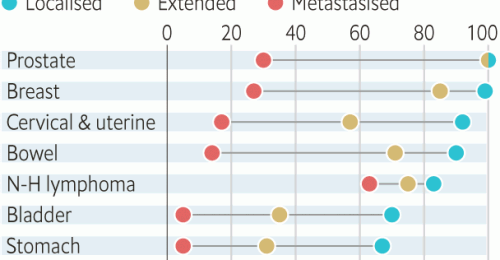
Worldwide, breast cancer accounts for nearly 23% of all cancers in women (excluding non-melanoma skin cancers). In 2008, it caused 458,000 deaths, 13.7% of cancer deaths in women. Read more

Male birth control pills are entering the market
3 May, 2021

Early in this decade, the first male birth control pills are available for mass consumption.** Methods of chemical male birth control had been around for a few decades. Read more

The world's first artificial kidney
29 June, 2021

Kidneys perform a vital role in the human body: filtering blood, removing excess fluid and eliminating waste products. They are essential to the urinary system, the regulation of blood pressure (via salt and water balance) and the production of various hormones. Read more

Mind-reading technology is being deployed for security purposes
21 July, 2021

Twenty years on from 9/11, mind readers are now a common feature of airport security, as well as sports stadiums and other high profile events. Read more

The maiden flight of Ariane 6
11 August, 2021
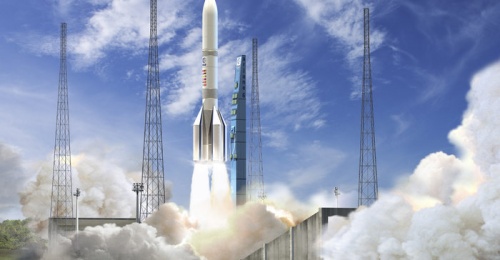
The Ariane family of rockets has been operational since 1979, taking hundreds of satellites into orbit, along with famous telescopes and probes. Read more

Fully reusable, single-stage-to-orbit spacecraft
3 September, 2021
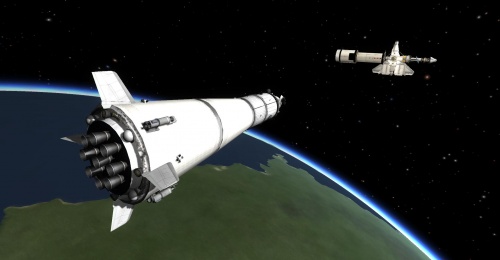
Until now, all orbital spacecraft have used multiple stages. This has required jettisoning parts of a launch vehicle during the flight, in order to reduce weight. In the early 2020s, however,* a new prototype "space plane" is developed with funding from the EU. Read more

A rapidly changing workforce
17 October, 2021
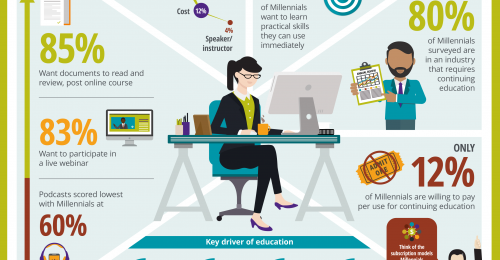
In order to cut real estate costs, become more eco-friendly, and attract the growing number of people seeking work-life balance, most companies by now have adopted a "work wherever you want, whenever you want" policy. Read more

Wireless electricity is reaching critical mass
3 November, 2021

Most of the latest electric/electronic devices now have antennas in place of batteries, drawing power from a single node mounted in the ceiling of a room. Read more

Traditional microchips are reaching the limits of miniaturisation
29 November, 2021

Semiconductor companies are reaching the limits of miniaturisation for computer chips. The smallest transistors are now being built with a 4-nanometre manufacturing process. Read more

The ITER experimental fusion reactor is switched on
10 January, 2022
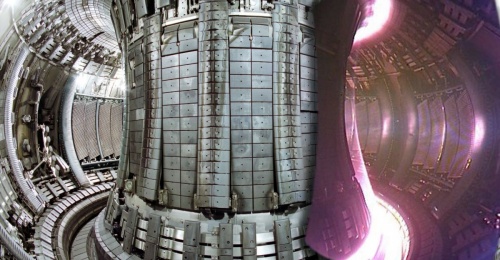
Human-engineered fusion was already demonstrated on a small scale. The problem has been finding ways of scaling it up to commercial levels in an efficient, economical, and environmentally benign way. Read more

Solar grid parity has been reached in almost 10% of the US
23 January, 2022
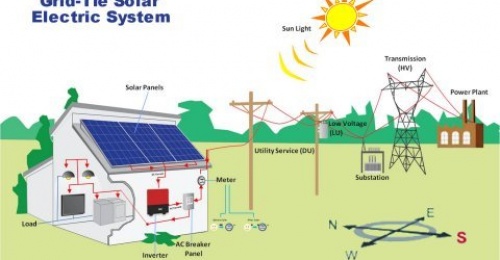
Grid parity is defined as the point at which renewable energy is equal to, or cheaper than, utility grid electricity – without government subsidies. In the case of solar, although a number of factors are involved, countries with more sunshine tend to achieve this landmark sooner.* Read more

Germany phases out nuclear energy
5 March, 2022
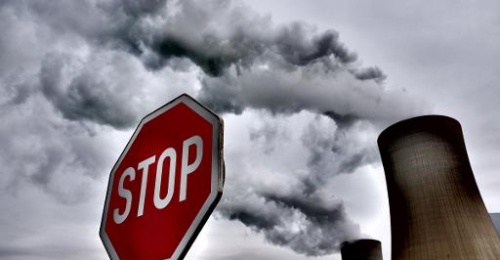
After the Fukushima disaster in Japan, a number of countries began to reconsider their use of nuclear power. Germany was among the nations to abandon this form of energy altogether. Read more

China's first space station is complete
21 March, 2022
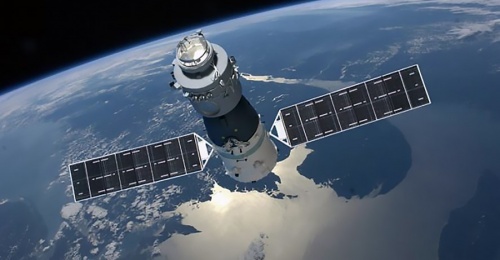
China's efforts to develop low Earth orbit (LEO) space station capabilities began with a space laboratory phase, consisting of three "Tiangong" space modules launched in 2011, 2013 and 2015, respectively. Read more

The European Extremely Large Telescope is operational
13 May, 2022
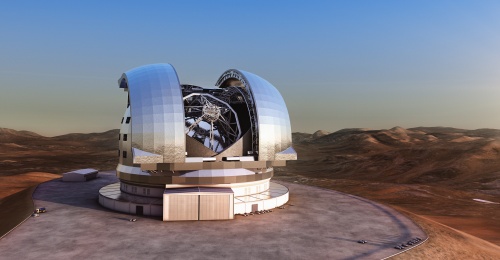
This revolutionary new telescope is built in Cerro Armazones, Chile, by the European Southern Observatory (ESO), an intergovernmental research organisation supported by fifteen countries. Read more

The Large Synoptic Survey Telescope begins full operations
7 July, 2022
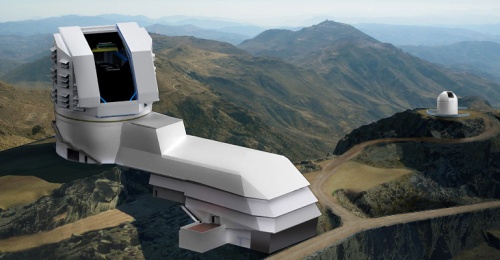
Joining the European Extremely Large Telescope this year is another observatory, the Large Synoptic Survey Telescope (LSST), beginning full operations for a ten-year study.* Read more

Water is becoming a weapon of war
31 August, 2022

A combination of rapid population growth, lack of fresh water, social tension and weak government has led to significant regional instability in South Asia, the Middle East and North Africa.* Read more

Nanotech clothes are growing rapidly in use
21 October, 2022

Fabrics that incorporate nanotech are becoming widespread. This includes truly waterproof garments, which are now a popular choice for consumers. Read more

Deafness is fully curable
25 December, 2022
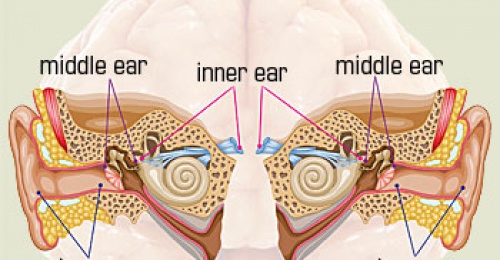
Recent advances in stem cell research have provided a method of regenerating sensory cells within the inner ear. Humans are born with 30,000 cochlear and vestibular hair cells per ear. Read more

Mars sample return mission
25 January, 2023
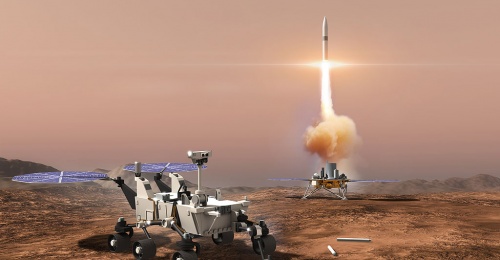
The Mars sample return mission - considered the "holy grail" of robotic space missions - is by far the costliest and most complex exploration of Mars ever conceived. Read more

Asteroid sample return mission
28 February, 2023
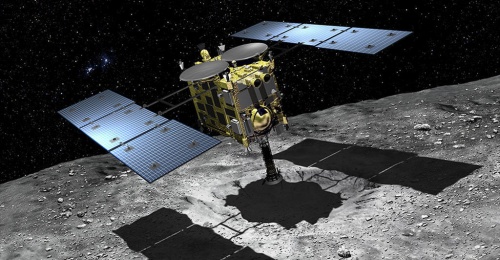
In addition to Mars, a sample is also returned from an asteroid this year. Origins Spectral Interpretation Resource Identification Security Regolith Explorer (OSIRIS-REx) is NASA's first asteroid sample-return effort and only the second mission in history to retrieve samples from an asteroid.* Read more

Laser-driven fusion energy makes progress
5 April, 2023

Magnetic confinement, as seen in ITER, has thus far been the preferred approach to studying fusion energy. However, the potential of lasers is now being explored in greater depth. Read more

Completion of the London
8 May, 2023
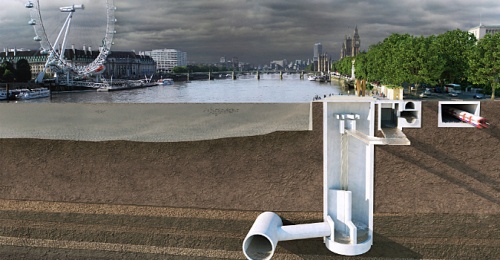
The Thames Tideway scheme is the biggest wastewater project in London since the mid-19th century. It involves a major upgrade of the aging Victorian system - helping to prevent discharge into the River Thames during periods of heavy rainfall and improving the overall quality of the city's water. Read more

Brain implants to restore lost memories
9 June, 2023

By now, it's becoming possible to replicate small areas of the brain with "neural prostheses" in order to repair damage from Alzheimer's, stroke or injury. Read more

A permanent cure for migraine is becoming available
10 August, 2023

Migraine is a leading cause of disability, affecting one in five people worldwide. This debilitating condition is characterised by severe headaches, nausea, vomiting, photophobia (increased sensitivity to light), and phonophobia (increased sensitivity to sound). Read more

Borneo’s rainforests have been wiped from the map
10 October, 2023
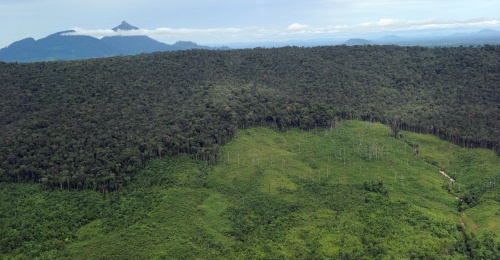
The world’s 3rd largest island, Borneo was once home to a staggering range of biodiversity, covering hundreds of thousands of square kilometres. Read more

Gorillas are going extinct in Central Africa
30 November, 2023
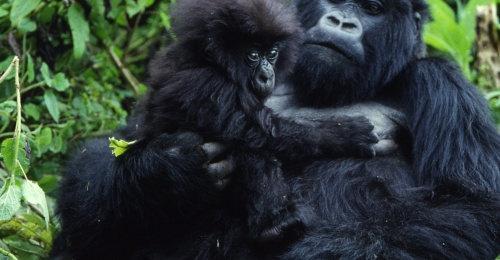
Rampant and uncontrolled poaching, together with large-scale deforestation, agriculture, mining, pollution, disease and militia operations have led to the terminal decline of gorilla populations.* Read more

Gay marriage is legal in every US state
20 January, 2024

The movement to obtain marriage rights and benefits for same-sex couples in the USA began in the early 1970s. The issue became even more prominent in the 1990s, with Congress' passing of the Defense of Marriage Act. Read more

A cure for the common cold is available for general public use
9 March, 2024

It was previously believed that antibodies – produced by the immune system – could only attack a virus from outside the cell, and that once a cell was infected by a virus it was doomed to die. Read more

Completion of the Square Kilometre Array
27 April, 2024
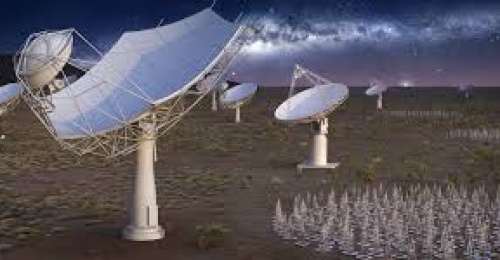
Our view of the universe is greatly expanded with the completion of a major new observatory.* This radio telescope has a total collecting area of approximately one kilometre. Read more

Petabyte storage devices are available
27 August, 2024

Data storage devices are continuing to grow exponentially, with capacities doubling every year. Nanotechnology is enabling truly vast quantities of information to be stored. A petabyte is 1000 terabytes, or one million gigabytes. Secure digital and microSD cards have disappeared by now, replaced by an even smaller form-factor. Read more

The first probe to fly into the Sun's outer atmosphere
17 October, 2024
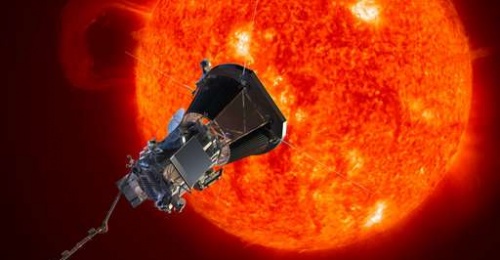
Solar Probe Plus is a historic mission, flying into the Sun's outer atmosphere (corona) for the first time. This probe travels to within 5.9 million km (3.6 million miles) of the Sun's surface - just four times the length of its diameter. Read more

Manned missions to the Moon
25 January, 2025
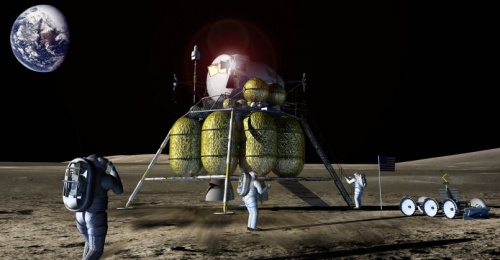
During this period, at least two space agencies conduct manned exploration of the Moon. This occurs in parallel with private commercial ventures including lunar tourists. Read more

Completion of Masdar City
7 February, 2025

Masdar City is the latest in a series of hi-tech, self-sufficient, eco-friendly cities appearing around the world. Construction of this massive project began in 2008; the first phase was completed in 2015 and the final phase is finished in 2025.* Read more

The Advanced Technology Large-Aperture Space Telescope (ATLAST) conducts its life-searching mission
10 March, 2025

The Advanced Technology Large-Aperture Space Telescope (ATLAST) is a major new space observatory launched by NASA. It has substantially higher resolution than Hubble and the James Webb Space Telescope (JWST), with a primary mirror that dwarfs both. Read more

Kivalina has been inundated
21 March, 2025
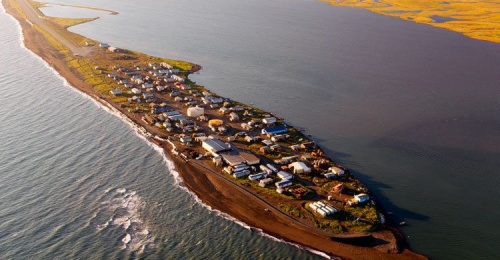
Kivalina was a small Alaskan village located on the southern tip of a 7.5 mi (12 km) long barrier island. Home to around 400 indigenous Inuit, its people survived over countless generations by hunting and fishing. Read more

Mouse revival from cryopreservation
28 April, 2025
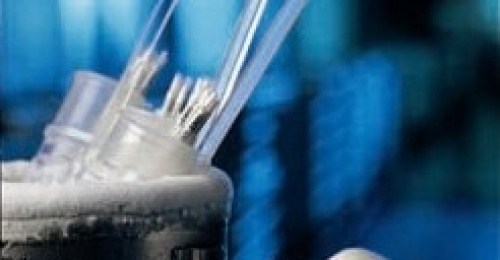
Cryopreservation – a process where cells or whole tissues are preserved by cooling to sub-zero temperatures – witnesses major advances during this period. Read more

Contact with the Voyager probes is lost
1 May, 2025
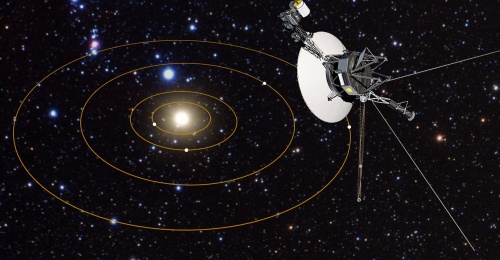
Voyager I is the farthest man-made object from Earth - more than 14 billion miles (22 billion km) away, or 150 times the distance between the Sun and Earth. Both Voyager I and its sister probe, Voyager II, have remained operational for nearly half a century, continuing to transmit data back to NASA. Read more

U.S. fuel economy standards have improved dramatically
28 May, 2025
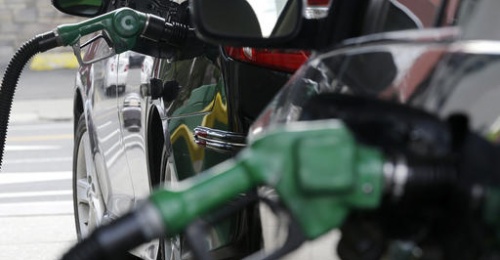
In addition to rail and air travel (described earlier), road vehicles are witnessing major improvements. In the U.S., fuel economy standards have reached almost 55 miles per gallon (mpg) for cars and 39 miles per gallon for trucks. Read more

Solid waste is reaching crisis levels
28 May, 2025
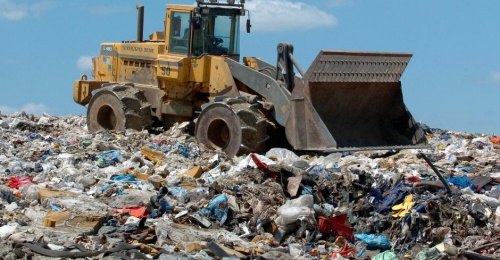
Solid waste has been accumulating in urban areas and landfills for many decades. Poor funding for waste disposal and lack of adequate recycling measures, together with population growth and associated consumption have ensured a never-ending rise in trash levels. Read more

A comprehensive overhaul of the U.S. airspace system is complete
3 June, 2025
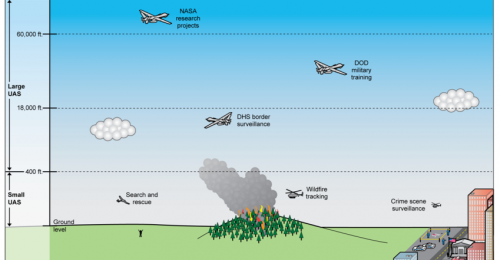
The final upgrades of the Next Generation Air Transportation System (NextGen) are completed this year. This has involved a complete overhaul of the existing air transport network. Read more

The threat of bioterrorism is peaking
25 June, 2025
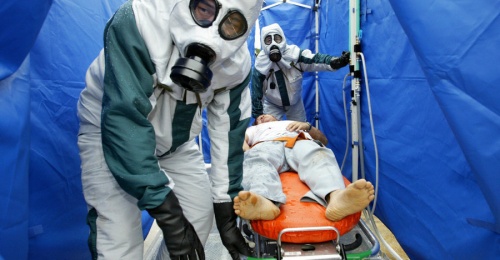
Biotechnology is now sufficiently advanced, widespread and inexpensive that a small group of people – or even a single person – can threaten the survival of humanity. Read more

Hypersonic missiles are in military use
10 August, 2025
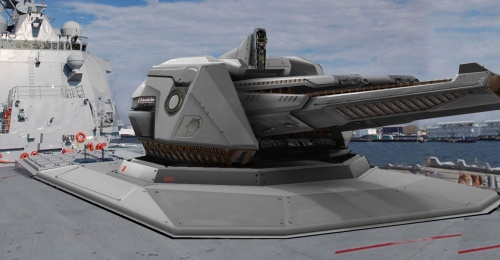
When launched, cruise missiles have typically reached 500-600 mph (800-965 km/h). However, a new generation of air-breathing supersonic combustion ramjet (scramjet) engines is now emerging on the battlefield after many years of testing and development. Read more

Human brain simulations are becoming possible
16 September, 2025

The exponential growth of computer processing power has made it possible to form accurate models of every part of the human brain.** Read more

Medical nanobots are being developed
30 September, 2025

Nano-scale robots - orders of magnitude smaller than earlier micro-sized versions - are being developed as part of efforts to improve healthcare. In some countries they have reached the human trial stage and will soon be approved by government. Read more

Stress and anxiety continue to rise
26 October, 2025

Stress, anxiety and depression continue to worsen, due to a range of factors affecting peoples' day-to-day lives. In 2000, approximately one in four could expect to develop a form of mental illness. Read more

China is becoming highly urbanised
23 November, 2025
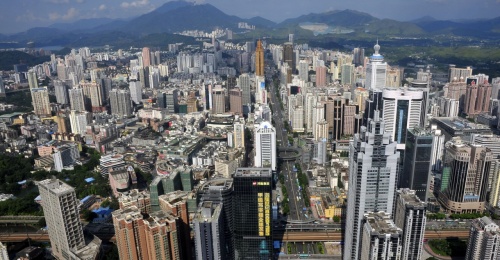
Much of China is now highly urbanised and densified. Its growing economy has led to the construction of literally tens of thousands of new skyscrapers all over the country. Read more

Vertical farms are common in cities
21 December, 2025

With a total population fast approaching 8 billion, world food demand has continued to climb. At the same time, however, the increasingly dire effects of climate change, as well as other environmental factors, are now having a serious impact. Read more

Aquaculture provides the majority of the world's seafood
30 January, 2026
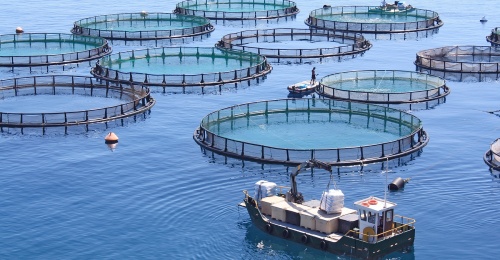
Aquaculture - the cultivating of freshwater and saltwater fish under controlled conditions - has remained one of the fastest growing industries in the agricultural sector. Read more

Youthful regeneration of aging heart muscle is becoming possible
12 March, 2026
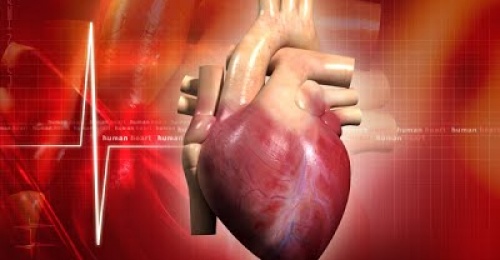
In the previous decade, researchers identified an obscure blood protein called GDF-11. This was shown to have regenerative properties upon the cardiac muscle in age-related diastolic heart failure. Read more

New treatments for Alzheimer’s disease
20 May, 2026
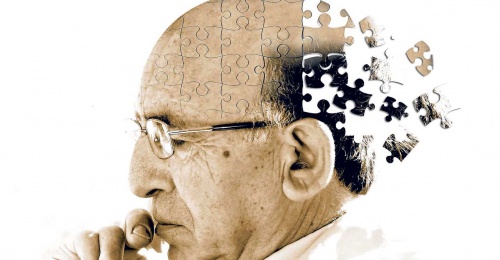
Alzheimer's is the most common form of dementia. This incurable, degenerative and terminal disease affects over 27m people worldwide, mostly aged over 65. Read more

Rising sea levels are wreaking havoc on the Maldives
30 June, 2026

At an average of just 1.5m above sea level, the Maldives is the lowest lying country on the planet. Rising sea levels are now devastating its economy, one-third of which relies on tourism. Read more

Robotic hands matching human capabilities
7 September, 2026

As part of the on-going rise of consumer-level robotics, recent research in artificial intelligence and bio-inspired devices has reached a new plateau of possibilities. Read more

Global reserves of indium are running out
1 November, 2026

Indium is a rare, soft and malleable post-transition metal, found primarily in zinc ore. It is mined almost exclusively in Canada, China, the US and Russia. Indium is used in various electronic applications such as LCDs and touchscreens, solar cells, LEDs and various batteries. Read more

Mars Science Laboratory is shutting down
12 December, 2026
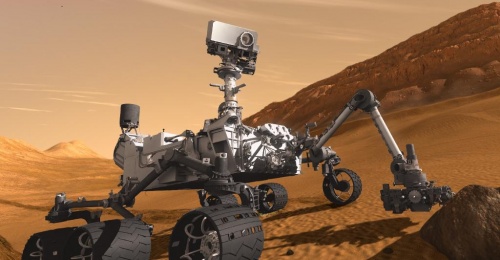
This 900 kg (2,000 lb), six-wheeled rover has been transmitting back to Earth since 6th August 2012, the day it touched down on Mars.* Read more

The BRICs overtake the G7
18 February, 2027
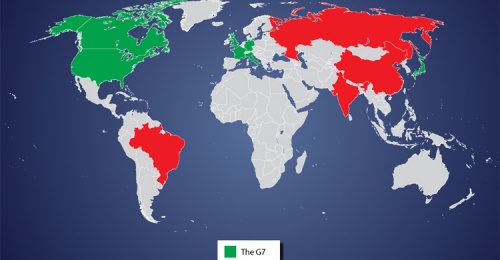
By this date, the major emerging markets - Brazil, Russia, India and China, a.k.a. the BRICs - have overtaken the combined GDP of the G7 nations.* Read more

Carbon sequestration is underway in many nations
14 April, 2027
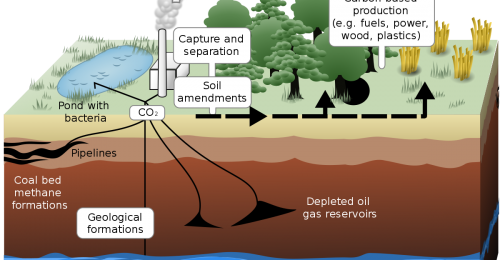
Following years of research and development, a number of geoengineering techniques are now being utilised for trapping and removing CO2. This is offering fresh hope for mitigating the effects of climate change. Read more

Peak coal is reached in China
16 August, 2027
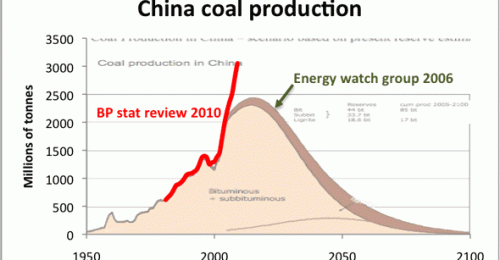
China's phenomenal economic growth during the last few decades has been due, in part, to its massive energy and mineral resources. Read more

The Europa Clipper arrives in orbit
23 October, 2027
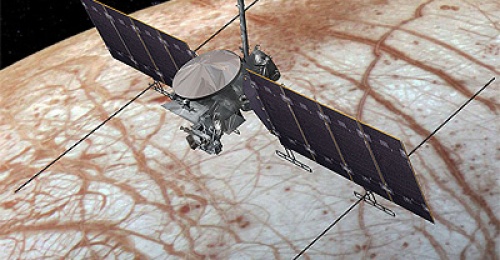
Europa is a moon of Jupiter and the smallest of the four Galilean satellites. It is slightly smaller than Earth's Moon. Previous missions to the icy body have analysed its structure and composition, but have lacked sufficient detail and resolution to fully characterise its surface environment. Read more

The International Space Station is decommissioned
27 January, 2027
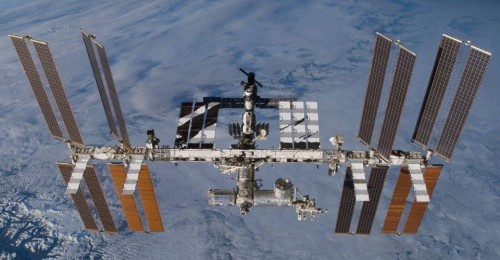
The International Space Station was constructed from 1998 to 2012. Its operational lifetime was originally planned to be until 2020, but with extra funding was extended to 2028. Read more

Printed electronics are ubiquitous
15 April, 2028

The printed electronics market has seen exponential growth. By now, it has ballooned to over $300 billion globally.* Read more

The UK population reaches 70 million
10 July, 2028

Britain will soon become the most populous country in Europe, overtaking both Germany and France. This is mainly due to vast numbers of immigrants. Read more

Manned fighter planes are being phased out and replaced with UAVs
30 September, 2028

By this date, the A-10 Thunderbolt II has been replaced completely by the F-35 Lightning II - which itself becomes one of the last remaining manned fighter planes in the US military. Read more

Amputees can regrow lost limbs
10 November, 2028
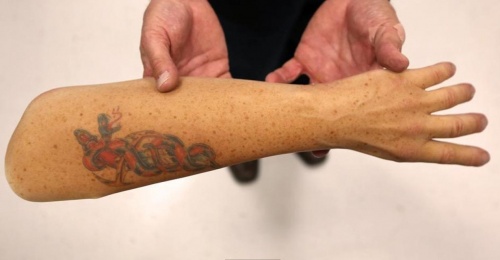
Drugs are becoming available that can stimulate human cells to regrow limbs.* By switching off a specific gene known as P21, adult mammalian cells can be induced to behave like regenerative embryonic stem cells.* Read more

Resurrection of several extinct species has been achieved
21 December, 2028
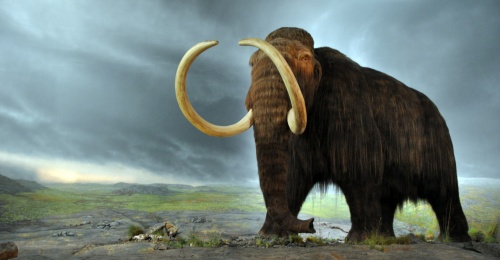
In 2009, the Pyrenean Ibex became the first animal to ever be made "un-extinct", for seven minutes, when a cloned female was born alive before dying from lung defects.* Read more

Human-like AI is becoming a reality
10 February, 2029

A major milestone is reached in the field of AI this year as a computer passes the Turing Test for the first time.** Read more

Heavy automation of supermarkets and retail environments
27 March, 2029

In developed nations, the majority of retail environments are now cashless. Automated systems have made it possible for customers to shop with little or no physical interaction with a checkout. Read more

Intelligent advertising
21 May, 2029

Personalised adverts - similar in style to those seen in the film Minority Report - are becoming widespread by the end of this decade.** Read more

Global reserves of silver are running out
29 July, 2029
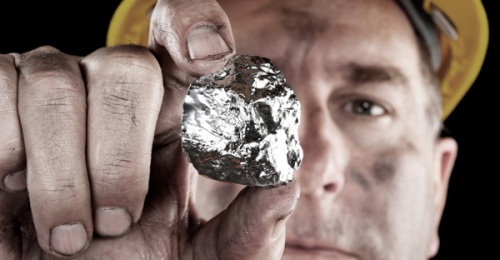
Silver is a precious metal which has been used by humans for thousands of years in currency, jewelry and sculpture. Read more

Lake Chad disappears from the map
6 August, 2029
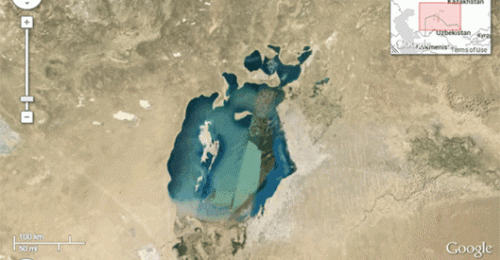
In the 19th century, Lake Chad was among the largest lakes in the world. It supported a vast ecosystem of fish, waterfowl, crocodiles, shore birds and other animals. Read more

The wreck of the Titanic has decomposed
13 December, 2029
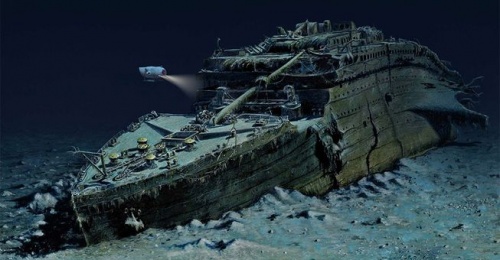
By the late 2020s, the famous wreck of the Titanic has been reduced to a mere rust patch. Metal-eating bacteria have dissolved what remains of the once mighty structure. Read more

Global population is reaching crisis point
10 January, 2030

Rapid population growth and industrial expansion is having a major impact on food, water and energy supplies. During the early 2000s, there were six billion people on Earth. Read more

Desalination has exploded in use
6 February, 2030
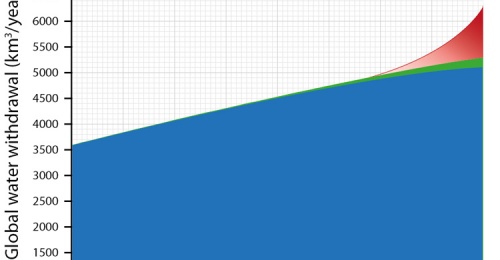
A combination of increasingly severe droughts, aging infrastructure and the depletion of underground aquifers is now endangering millions of people around the world. Read more

19 March, 2030

In prior decades, the disruptive effects of crude oil shocks,* alongside ever-increasing demands of a growing and industrialising population, were putting enormous strain on the world's power grids. Read more

The USA is declining as a world power
2 April, 2030

A ballooning national debt, a declining manufacturing base, and an overstretched military, all greatly weakened the US economy in the early 21st century. Read more

The majority of new vehicles are plug-in electric, or hybrids
13 May, 2030
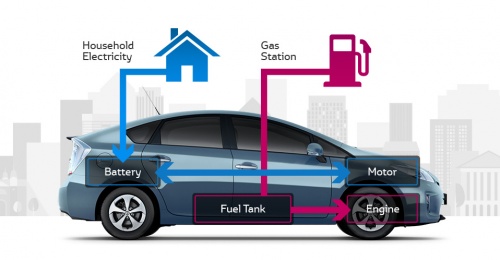
Dwindling availability of crude oil supplies has led to major economic disruption.* Transport is among the sectors most directly affected, with the cost of travel becoming one of the most important issues in the world today. Read more

AI is widespread
9 June, 2030

Despite the recent economic disruption, technology is continuing to accelerate exponentially. By 2030, the pace of change is so great that it seems as if an entire century of progress has already occurred in the first three decades of the 21st century.* Read more

Depression is the number one global disease burden
7 July, 2030

When measured by years of life lost, depression has now overtaken heart disease to become the leading global disease burden.* Read more

India becomes the most populous country on Earth
24 July, 2030

Around this time, India overtakes China to become the most populous country in the world. By the middle of this decade it will be home to over 1.5 billion people. Read more

Full weather modeling is perfected
31 August, 2030
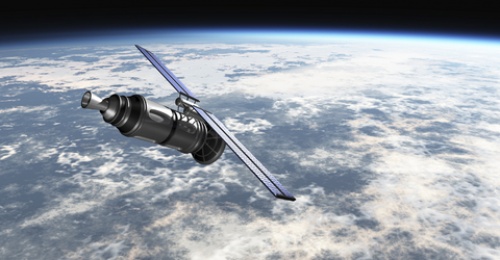
Zettaflop-scale computing is now available which is a thousand times more powerful than computers of 2020 and a million times more powerful than those of 2010. Read more

Orbital space junk is becoming a major problem for space flight
27 September, 2030
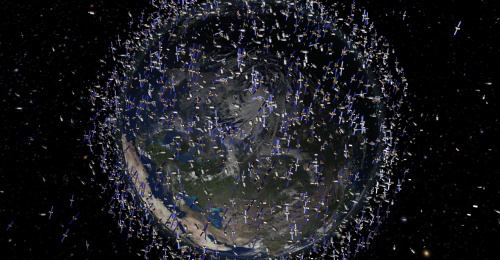
Space junk - debris left in orbit from human activities - has been steadily building in low-Earth orbit for more than 70 years. Read more

Jupiter Icy Moon Explorer (JUICE) reaches the Jovian system
11 October, 2030
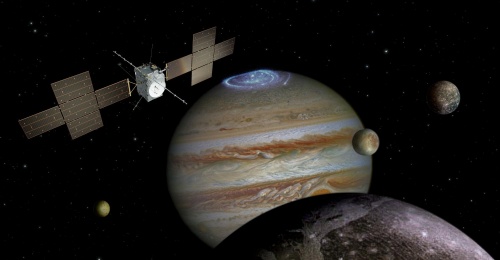
Jupiter Icy Moon Explorer (JUICE) is a mission by the European Space Agency (ESA) to explore the Jovian system, focussing on the moons Ganymede, Callisto and Europa.* Read more

A new generation of military helicopters
7 November, 2030
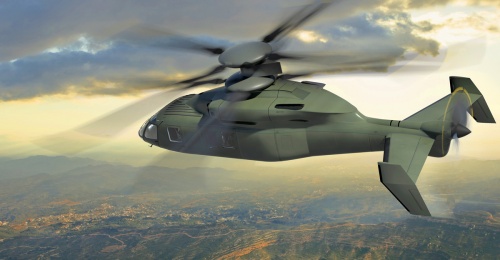
For many years, the helicopters used by the US Air force had been essentially anachronistic. Though continually upgraded with new technology, the underlying design of helicopters in the 2000s and 2010s was the same as it had been for decades. Read more


Hyper-fast crime scene analysis
5 December, 2030

Crime scene analysis and forensic science have become extraordinarily rapid and sophisticated, thanks to the convergence of a bewildering array of technologies. Read more

Much of Bangkok is being abandoned due to flooding
15 January, 2031

Bangkok, with a population of over 12 million, has been sinking underwater for decades. By the early 2030s, it is facing a disaster of epic scale, with much of the city being abandoned.* Read more

Global reserves of lead are running out
24 March, 2031
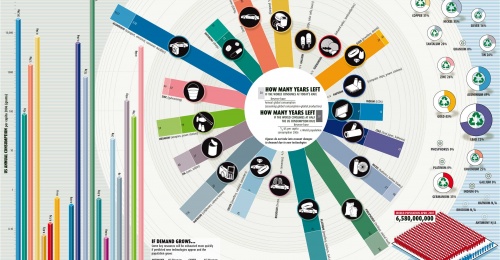
Lead is a carbon group element with high density, malleability, softness and ductility. Metallic lead is relatively rare in the Earth's crust, and so is usually processed from zinc, silver and copper ores. Read more

Perennial wheat and corn are becoming profitable
5 May, 2031

In traditional agriculture, all major grain crops have been "annuals", or short-lived perennials grown as annuals – surviving for just one growing season. Read more

Web 4.0 is transforming the Internet landscape
29 June, 2031

Further convergence of the online and physical worlds has led to the emergence of "Web 4.0" – the next generation of internet. Read more

Stem cell pharmacies are commonplace
22 August, 2031
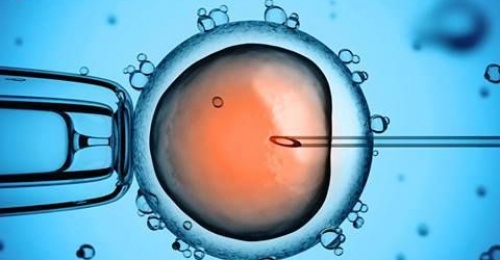
Stem cell pharmacies are now a common sight on high streets. These offer walk-in diagnosis, stem-cell collection and banking services for use in future medical crises. Read more

Married couples are a minority
30 October, 2031

By now, marriage in the West has been reduced to a lifestyle choice enjoyed by a minority, rather than an essential institution of society. In the UK, for example, the married population has shrunk from almost 50% of adults in 2009, to just 41% now.* Read more

Chocolate has become a rare luxury
10 December, 2031

By now, chocolate has become as rare and expensive as caviar, with even a single bar costing $10-15. Read more

Britain's ash trees have been wiped out by a fungal disease
20 January, 2032

Ash dieback, caused by the fungus Chalara fraxinea,* killed huge numbers of trees from the mid-1990s onwards, particularly in eastern and northern Europe. Up to 90% of ash trees were affected in Denmark. Read more

China's space station is deorbited
15 March, 2032
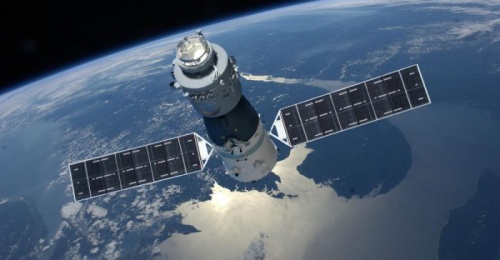
China's first space station has reached the end of its 10-year lifespan.* After a decade of onboard research, it is abandoned and sent into a decaying orbit. Read more

4th generation nuclear power
14 May, 2032
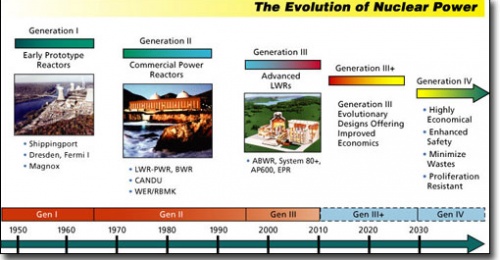
By this date, 4th generation nuclear power plants are commercially available.* They utilise a system of small balls, rather than large fuel rods. Read more

One-third of Saudi Arabia's electricity comes from solar
13 August, 2032

In 2012, the Kingdom of Saudi Arabia had only 0.003 gigawatts of installed solar energy capacity. More than half of its electricity was produced from burning oil. Read more

Terabit internet speeds are commonplace
3 November, 2032

In addition to the benefits resulting from Web 4.0 (described earlier), connection speeds have also vastly improved. Read more

Manned mission to Mars
11 January, 2033
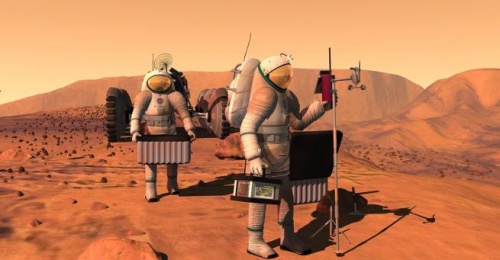
Arguably the most long-overdue of all space missions – a manned trip to Mars – is finally undertaken by 2033.* Six decades after the Apollo landings, technology is now greatly improved, particularly with regards to computing and telecommunications. Read more

Mining operations in the main asteroid belt
7 March, 2033
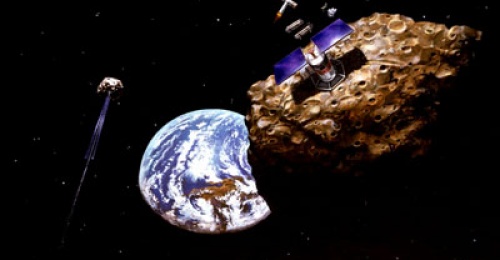
Asteroid mining – once considered science fiction – became a reality in the 2020s with new startup ventures like Planetary Resources* and Deep Space Industries.* Read more

Peak phosphorus is reached
17 April, 2033
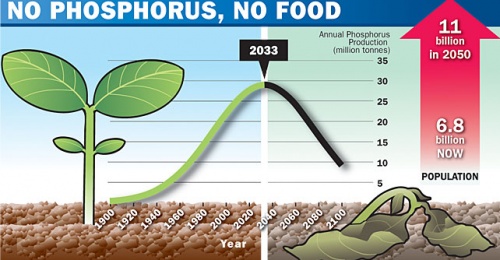
Phosphorus is a basic building block of life, playing a vital role in the structural framework of DNA and RNA. Found in the cell membranes of animals and plants, it is essential for the transfer of energy. Read more

Hypersonic airliners are entering service
28 May, 2033
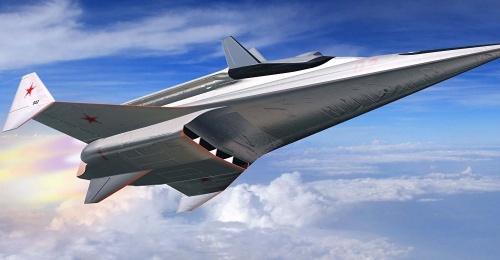
Following decades of research and development, a new generation of aeroplanes is entering commercial service.* These aircraft have a cruising speed of Mach 5 - or about 3,800 mph - enabling them to fly from Europe to Australia in less than four hours. Read more

Holographic wall screens
8 July, 2033

Conference halls, movie theatres, stadiums and other such environments are now utilising holographic wall screens. Read more

Lung disease in China has killed over 80 million by now
25 August, 2033

This has resulted from the combined long term effects of (a) pollution; 20 of the 30 most polluted cities in the world are in China, (b) huge numbers of smokers; around 50% of adults, and (c) the widespread practice of burning wood or coal at home for cooking and heating; over 65% of the population.* Read more

Five-year survival rates for kidney cancer are approaching 100%
22 November, 2033
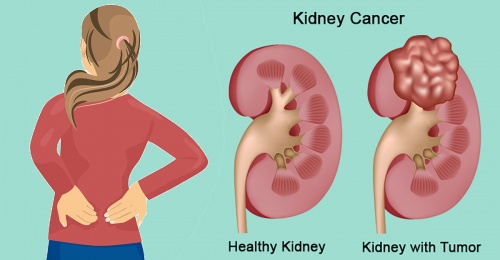
In the early 2010s, there were around 209,000 new cases of kidney cancer diagnosed in the world each year, accounting for just under 2% of all cancers. Read more

Switzerland phases out nuclear energy
13 February, 2034
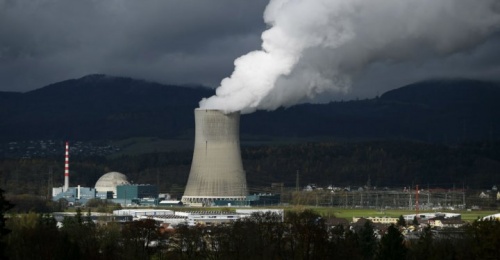
After the Fukushima disaster in Japan, questions were raised about the long-term viability of nuclear power. Switzerland was among the countries to abandon this form of energy production, following public protests and a government review in 2011. Read more

Exabyte storage devices are available
13 August, 2034

Data storage devices are now available with capacities of more than one exabyte (a million terabytes). This might seem excessive to observers from earlier decades. Read more

Economic decline in the Middle East
22 January, 2035
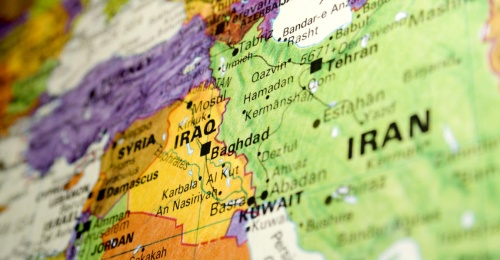
Crude oil, an essential driver of the world economy, has undergone major falls in production.* Following years of disruption and a race to avert catastrophe, viable alternatives for humanity's energy needs have thankfully become a realistic prospect. Read more

World tin reserves are running out
18 March, 2035
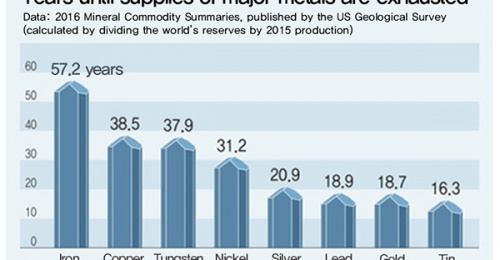
Tin is a silvery-white metal that is soft, ductile and malleable. Among the oldest metals known to mankind, it was discovered around 3000 BC during the bronze age, which is in fact named for an alloy of tin and copper. Read more

Self-driving vehicles are widespread
12 May, 2035

In many developed countries, a new generation of self-driving vehicles is emerging. These use a combination of advanced GPS, AI and lane-changing technology to carry passengers to their destination automatically. Read more

Holographic recreations of dead people
19 July, 2035

Throughout this time many dead celebrities, presidents and historical figures from the past are "resurrected" online, via the immense AI and supercomputing powers now available. Read more

The Arctic is becoming ice-free during September
13 September, 2035
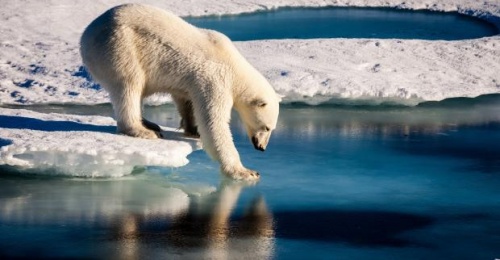
Due to global warming, the Arctic is now free of ice during the whole of September. A dramatic decline in coverage was observed during 2007 and this trend continued over the subsequent decades. Read more

Robots are dominating the battlefield
23 October, 2035
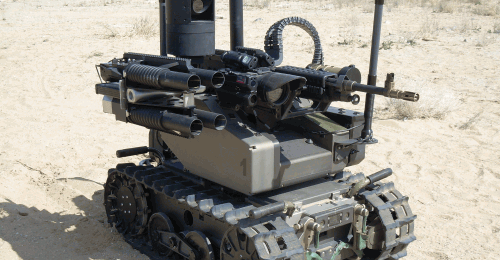
Highly mobile, autonomous fighting machines are appearing on the battlefield now. Guided by advanced AI, they can aim with inhuman precision and come equipped with powerful sensors, GPS and thermal vision. Read more

The final collapse of the European Union
3 December, 2035

Rising global temperatures have begun to markedly increase both the frequency and severity of climate disasters. Europe is now experiencing a wave of unrest, the already fragile alliance having split along north-south lines. Read more

Russia is a global food superpower
17 December, 2035
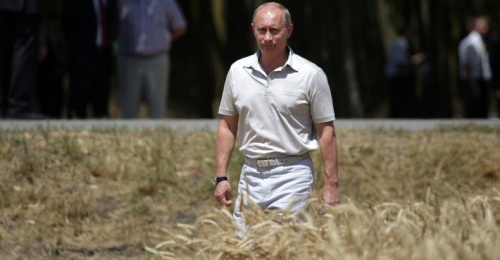
With a population inching towards 9 billion, the world now requires over 50% more food than it did at the beginning of the century.* Read more

In-vitro meat is a rapidly growing industry
10 February, 2036
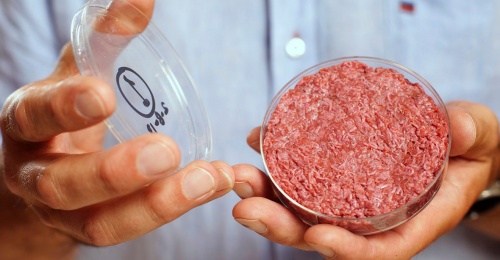
Recent advances in tissue engineering have made it possible to "grow" synthetic meat using single animal cells.* This first became affordable to the public in the 2020s.* Read more

Alzheimer's disease is fully curable
18 April, 2036
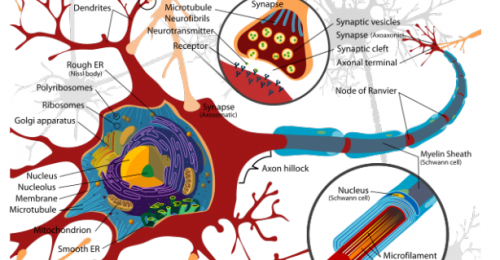
New treatments for Alzheimer's developed in the 2020s reduced the risk of acquiring the disease by more than half.* Read more

Bionic eyes surpassing human vision
10 July, 2036

Although yet to become mainstream, bionic eye implants are now available that not only restore sight, but actually exceed human vision. Read more

Detailed probing and mapping of the Kuiper Belt is underway
30 September, 2036
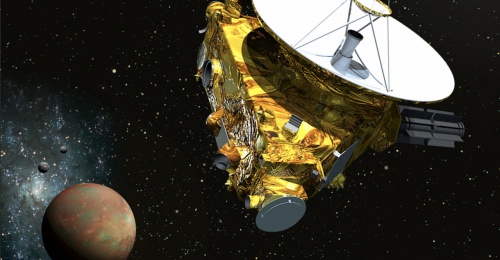
Advances in telescopic power have revealed countless new bodies in the Kuiper Belt, many rivalling Pluto in size. At the same time, a new generation of solar-sail technology is emerging. Read more

The U.S. Air Force introduces a new stealth bomber
31 January, 2037
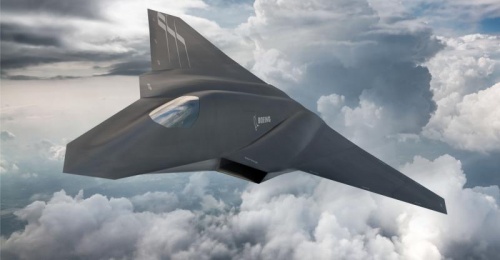
By 2037, the number of bombers in the US Air Force has dropped below the minimum requirement of 170.* This is due to a combination of attrition, changes in operating procedures and decommissioning of older aircraft. Read more

Quantum computers are widely available
28 April, 2037

Most government agencies, universities and research institutes now have access to this revolutionary technology, which offers spectacular computing speed and power on a completely different scale to anything used before. Read more

The world's largest mud volcano stops erupting
22 September, 2037
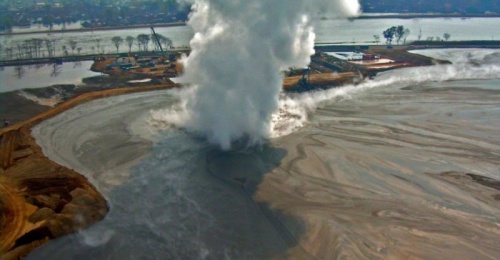
The Sidoarjo mud flow, commonly known as Lusi, is a continuous flow of water, steam and mud erupting in Sidoarjo, a sub-district of Porong in East Java, Indonesia.* The mud flow began in May 2006, after a blowout in a drilling well caused by pressurised natural gas and carbonated water. Read more

Older computers are at risk of experiencing major software malfunctions
6 February, 2038

The Year 2038 problem (also known as "Y2K38" by analogy to the Y2K Millennium bug) gains considerable public and media attention this year. Read more

Capital punishment has greatly declined in use
29 April, 2038
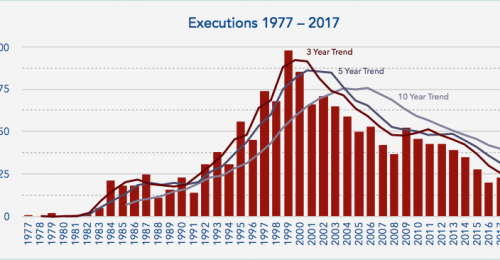
At the start of the 20th century, capital punishment was used in almost every part of the globe - including the most developed nations. In the latter decades of the century, however, many countries abolished it. Read more

Teleportation of complex organic molecules
3 August, 2038

In the early 2000s, scientists were able to transfer particles of light (with zero mass) over short distances. Further experiments in quantum entanglement led to successful teleportation of the first complete atom. Read more

The FIFA World Cup trophy is replaced
11 October, 2038

The current trophy has been in use since the 1974 World Cup. There is only space for 17 countries to be engraved on its base. In 2038, the final name plaque is filled in, and a replacement cup is commissioned with a new design. Like its predecessor, this is made of 5 kg (11 lb) of 18 carat * Read more

Full immersion virtual reality
15 January, 2039

Computers are now sufficiently advanced and miniaturised that billions of them can be implanted within the brain. Advances in neuroscience, in parallel with these and other developments, have led to a new form of simulation known as full immersion virtual reality. Read more

Manufacturing jobs have largely disappeared in the West
11 March, 2039
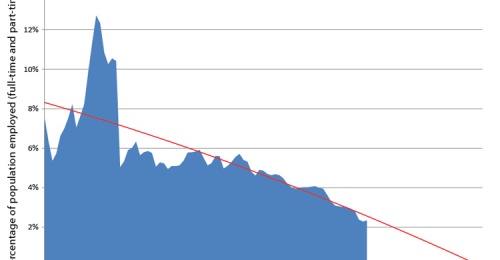
In the United States and most other developed nations, manufacturing has gone the same way as agriculture – vitally important, yet employing very few people. Read more

Australia's national symbol, the koala, faces extinction
11 May, 2039

By this date, the koala population in Australia has dwindled to almost nothing, due to the combined impacts of drought, disease, climate change and and loss of natural habitat.* Only those in captivity now remain. Read more

Five-year survival rates for leukaemia are approaching 100%
9 August, 2039
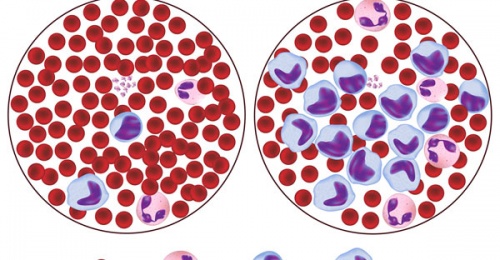
Leukaemia is a cancer of the blood or bone marrow, characterised by an abnormal increase in the number of immature white blood cells, called "blasts". Read more

The U.S. population reaches 400 million
16 October, 2039
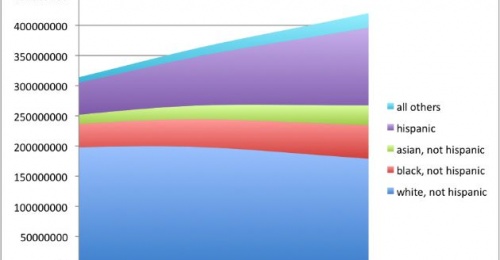
This compares with 309 million for the year 2010. Most of the population growth has occured in urban areas. Read more

Extreme heatwaves are commonplace in the U.S.
10 December, 2039
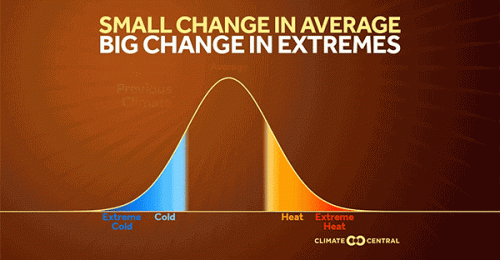
The previous five decades were all the hottest on record - each surpassing the last. Extreme heatwaves are now having a serious impact on agricultural yields and human health. Read more

India's economy is rivalling that of China and the U.S.
21 January, 2040

By 2040, rapid economic growth has enabled India to catch up with China and the U.S. These three countries – the "G3" – now have by far the largest share of world GDP.** Read more

Fusion power is nearing commercial availability
1 March, 2040
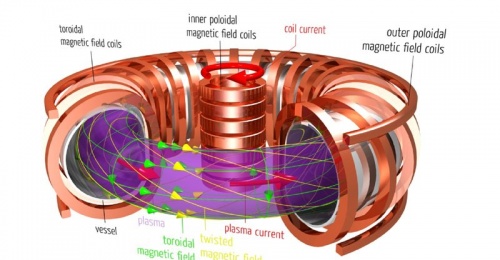
A prototype commercial fusion reactor is entering its final phase of operation.* DEMO (DEMOnstration Power Plant) is the successor to ITER and has built on the success of that project, achieving a number of major breakthroughs. Read more

12 April, 2040
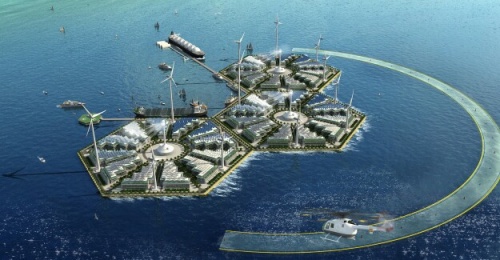
Many countries have suffered chronic water shortages due to the effects of climate change and overpopulation. This is has been a particular problem in developing regions. Read more

China's HSR network has been greatly expanded
5 June, 2040

China's rapid economic growth in the early 21st century was aided by its massive investments in infrastructure. Highways, bridges, tunnels and airports quickly spread throughout the country, linking nearly every major city and regional province, while 15,000 new cars were added to the nation's roads each day. Read more

Less than two-thirds of the original Congo jungle remains standing
19 June, 2040
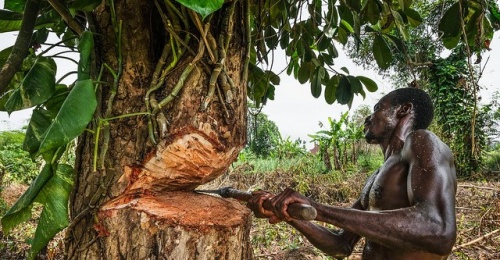
The Congo region is a sedimentary basin for the drainage of the Congo River in west equatorial Africa. At the turn of the 21st century it contained a quarter of the world's tropical forests, with a total area of 2.5 million sq km.* Read more

Virtual telepathy is dominating personal communications
13 August, 2040

The first generation of brain-computer interfaces reached the consumer market in around 2010. This technology was crude and limited to begin with: more of a novelty than a serious application. Read more

Claytronics are revolutionising consumer products
9 September, 2040

Claytronics, also known as programmable matter, are now embedded in countless everyday items. This technology involves the manipulation of tiny devices known as catoms (claytronic atoms). Read more

Biorepository and genomic information systems are transforming healthcare
7 October, 2040
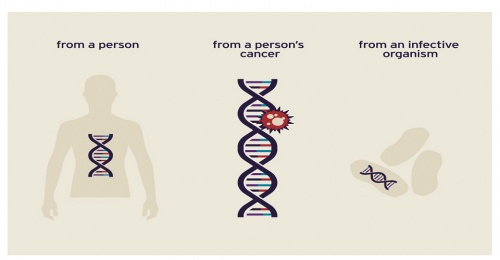
By now, most countries have established a national biorepository and genomic information system, with mandatory entry for every citizen. Read more

Pollen counts have more than doubled
17 November, 2040

In 2000, pollen counts for the US averaged 8,455 per cubic metre of air. By 2040, this figure has risen to 21,735 – largely due to climate change which has caused major alterations in weather, precipitation and temperature.* Read more

Tobacco has been largely eradicated
28 December, 2040

In the USA, tobacco use peaked in the early 1960s with nearly 45% of adults smoking regularly. As the health risks became more apparent, efforts were made by government, public health advocates, grassroots organisations and others to raise awareness. Read more

Global average temperatures have risen by 2°C
20 March, 2041
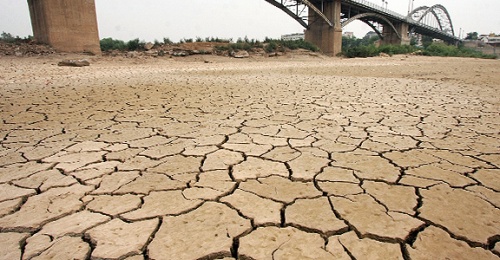
At the Copenhagen Summit in 2009, a rise of 2°C was agreed as the maximum "safe" limit for global warming. In the early 2040s, this danger point is passed.* Read more

Orbital solar power is commercially feasible
12 October, 2041
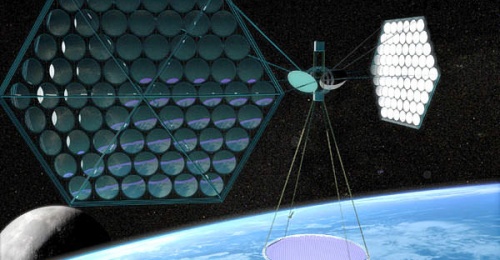
After many years of development, energy generated from space-based solar power is now being added to the grid. Read more

Global population reaches 9 billion
12 March, 2042
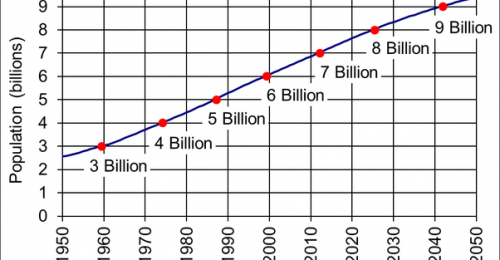
For the vast majority of human history, Earth's population stayed below 100 million, and life expectancy was short. Between the mid-19th and early 21st century, however, it mushroomed exponentially. Read more

White people are a minority in the USA
7 September, 2042

America is a country founded on immigration.* Today, its population is more diverse and multicultural than ever. Following the 1965 immigration reform (which grew from the civil rights movement), the number of non-white people increased dramatically. Read more

Slovenia closes down its only nuclear power plant
25 May, 2043
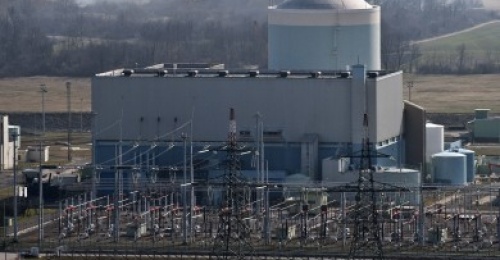
The Krško Nuclear Power Plant is located in Krško, Slovenia. It was built between 1975-1983 as a joint venture by Slovenia and Croatia, which were at the time both part of Yugoslavia. Read more

A tipping point for permafrost melting
10 February, 2044
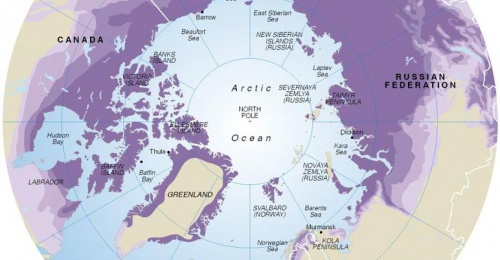
Scientists had warned that a global average temperature rise of 2°C – occurring in the early 2040s* – was the maximum safe limit, beyond which climate change would race out of control. Read more

The last veterans of WW2 are passing away
5 April, 2044

During this decade, the last surviving veterans of World War II are passing away. A small number of them reach their 120th year, allowing them to attend the 100th anniversary commemorations of D-Day, on 6th June 2044. Read more

A transglobal highway and rail network has emerged
12 June, 2044
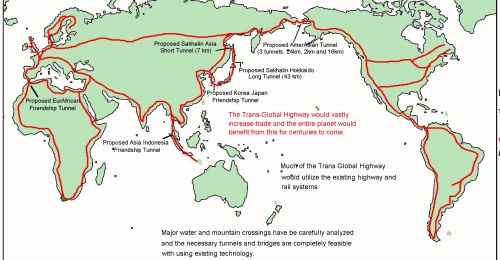
Midway through the 2040s, practically all major continents are connected to each other by road, rail and tunnel. This transglobal highway, as it comes to be known, was never a definite goal nor an individual project. Read more

Five-year survival rates for bowel cancer are approaching 100%
27 October, 2044
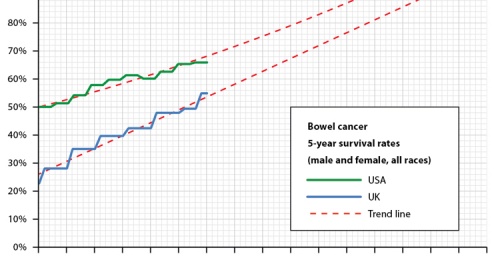
In the early 21st century, bowel cancer was the third most common cancer in the world. As of 2008, there were over 1.2 million new cases and 608,000 deaths globally each year. Read more

Humans are becoming intimately merged with machines
28 February, 2045

In some fields, the pace of technology has become so fast that humans can no longer comprehend it without augmenting their own intelligence. Read more

Gulf Coast cities are being abandoned due to super hurricanes
7 May, 2045
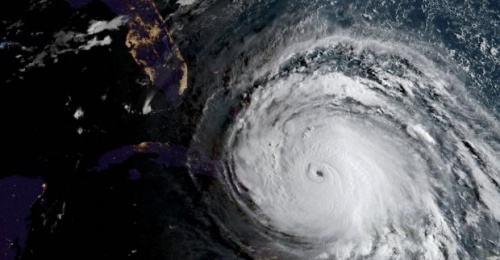
The growing concentration of atmospheric CO2 has led to rising sea levels, a warming of coastal waters and a more volatile climate system. In the Gulf of Mexico, a new category of "super hurricane" has emerged. Read more

China transitions towards a democracy
29 July, 2045

Faced with growing social unrest, China transitions towards a Russian-style democracy. The ongoing internet/IT revolution and the resulting decentralisation of communication has brought down many of its former barriers. Read more

Major extinctions of animal and plant life
2 November, 2045
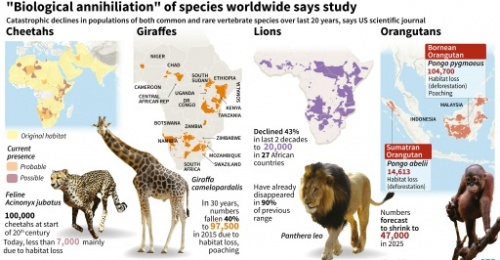
By the end of this decade, many well-known animal species are going extinct, or else have declined in such huge numbers that only those in captivity now exist. Read more

The UK state pension age has risen to 70
5 March, 2046

Due to increases in life expectancy, and unsustainable levels of age-related spending, the UK's state pension age has risen from 65 in 2012, to 70 now.* This provides a net benefit to the public finances of around 0.7% of GDP. Read more

Fully autonomous, intelligent military aircraft
25 February, 2047

Today's jet fighters are now entirely computer controlled. These unmanned planes have fully autonomous capability from the moment they take off, to the moment they land. Read more

Unmanned probe to 2060 Chiron
22 August, 2047
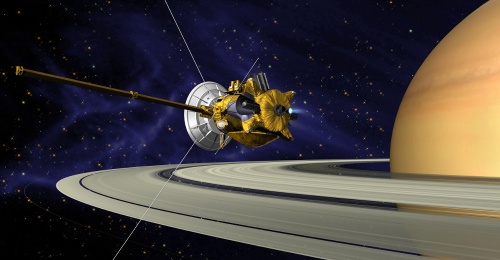
2060 Chiron is a minor planet found in the outer Solar System.* Discovered in 1977, it became the first in a new class of objects known as centaurs - small bodies orbiting between Saturn and Uranus - and named after the race of half-man/half-horses from Greek mythology, in recognition of their dual comet/asteroid nature. Read more

The Antarctic Treaty comes up for review
1 March, 2048
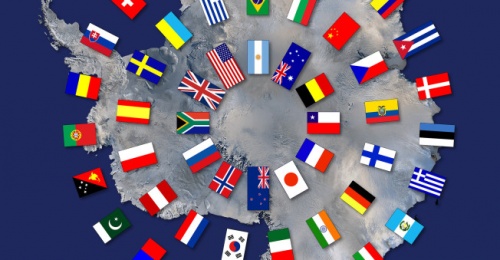
Antarctica is the last remaining unspoilt wilderness; untouched by the massive industrialisation common everywhere else on the planet. Read more

Reversible biostasis is available
30 July, 2048

Nanotechnology has continued to progress exponentially, transforming society in ways that were only recently considered science fiction.** Read more

The near-Earth asteroid 2007 VK184 makes a close pass
3 November, 2048
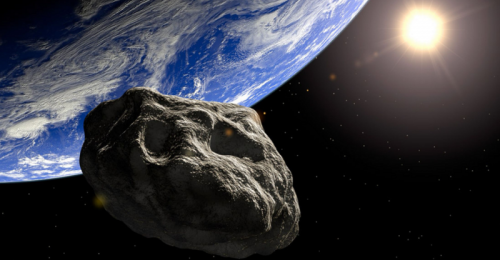
This object - measuring 130m in diameter - has a 1 in 3,000 chance of hitting the Earth on this date. It was discovered by the Catalina Sky Survey in 2007. Read more

Robots are a common feature of homes and workplaces
25 January, 2049

Robots are now widspread in mainstream society, appearing in a wide variety of forms and functions.* Androids are especially popular among the elderly, widowed and those who are disabled or incapacitated – in which role they serve as companions, guides and carers. Read more

The Dead Sea is drying up
1 May, 2049
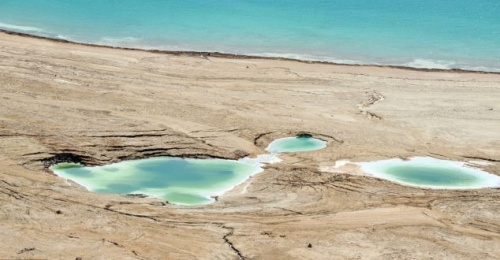
The Dead Sea is a unique geological feature. Located between Israel and Jordan, it is the lowest point on Earth. With an extremely high content of mineral salts (20%), over six times greater than any ocean, it is completely devoid of life, except for extremophile bacteria. Read more

The effects of heat stress on labour capacity have doubled
16 September, 2049
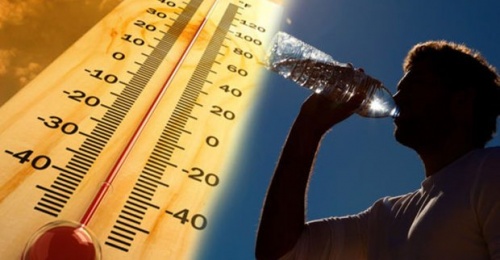
In the early years of the 21st century, peak summer months of heat stress were cutting human labour capacity to around 90 percent of its full potential. Read more



